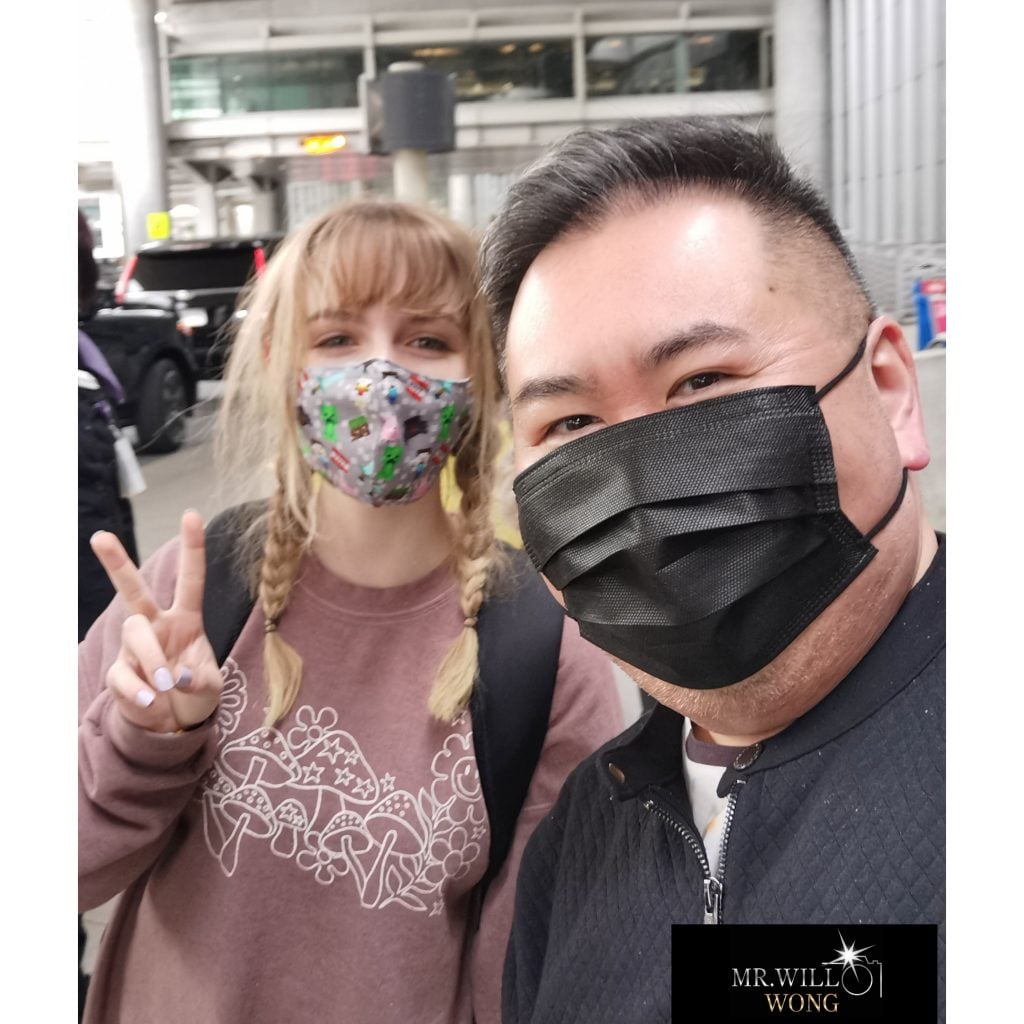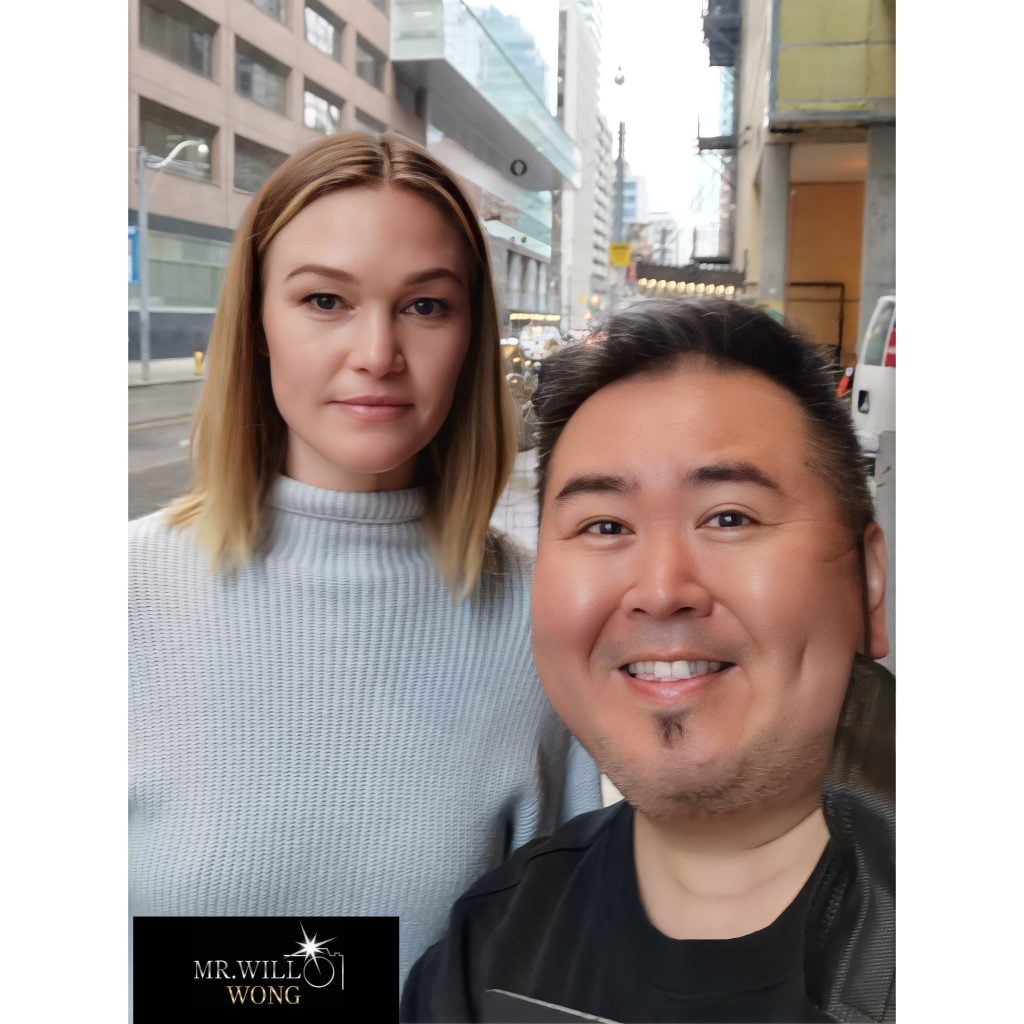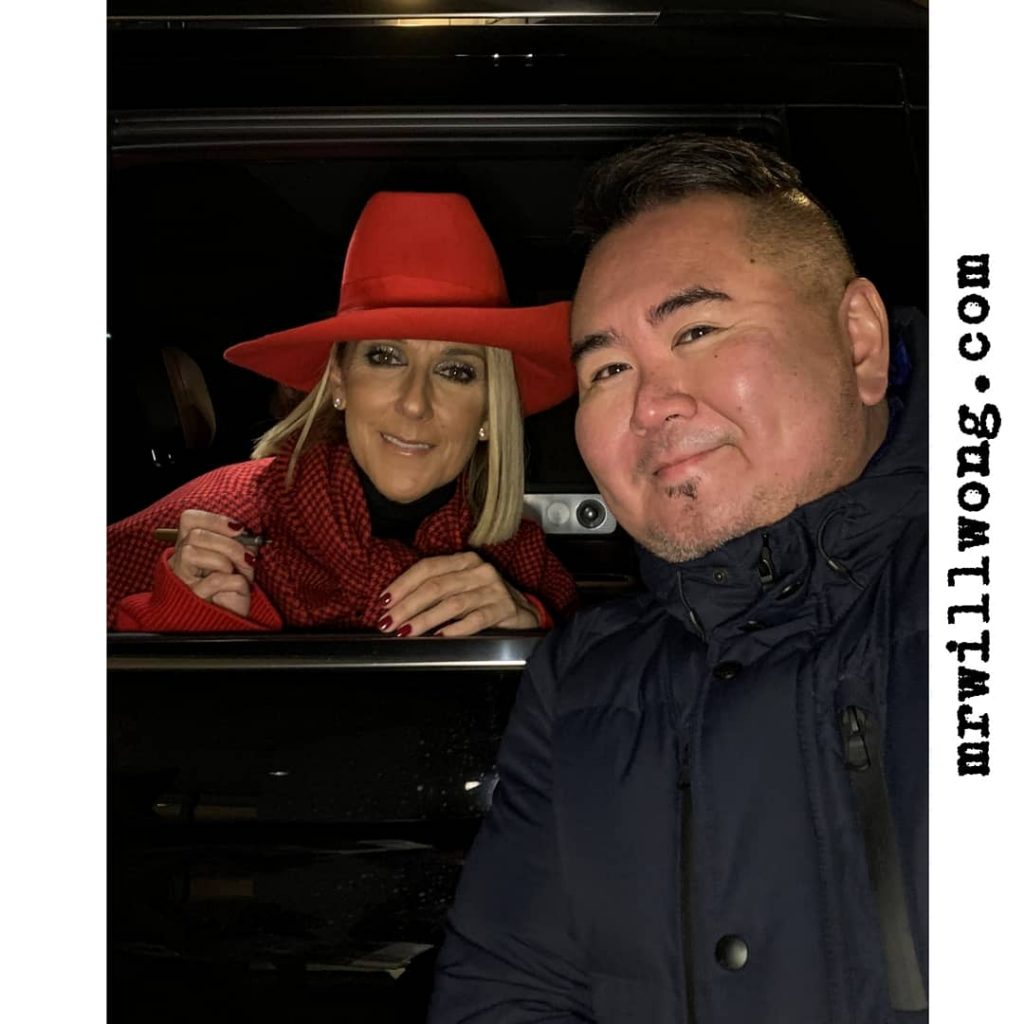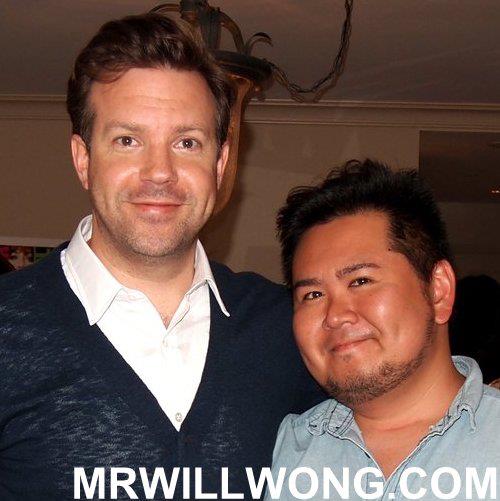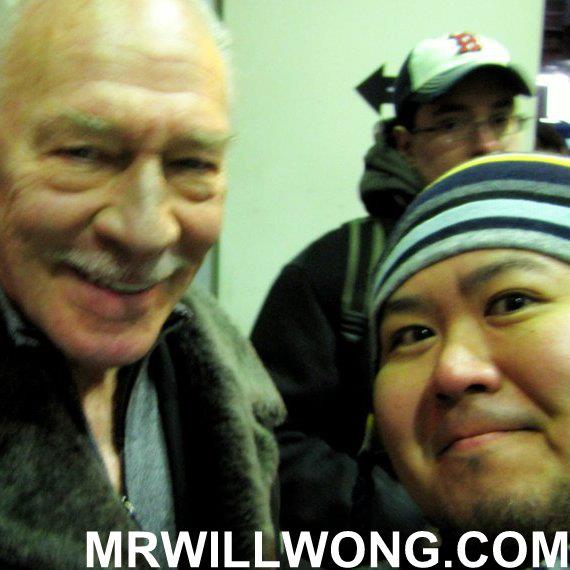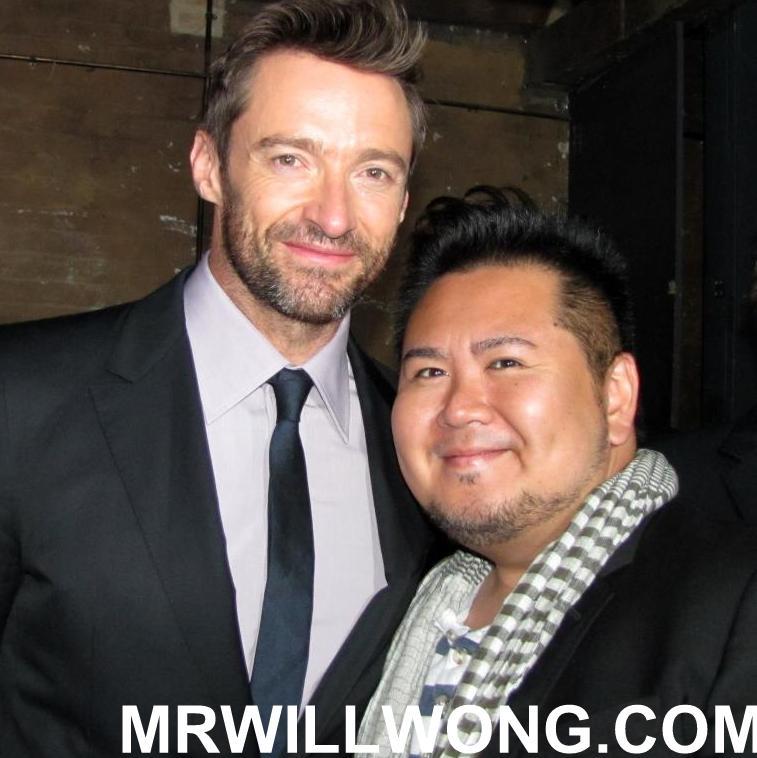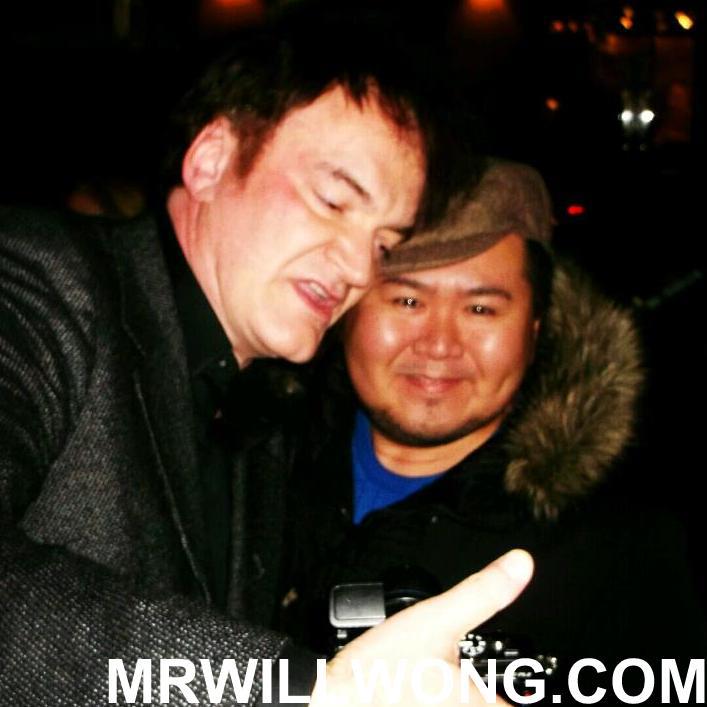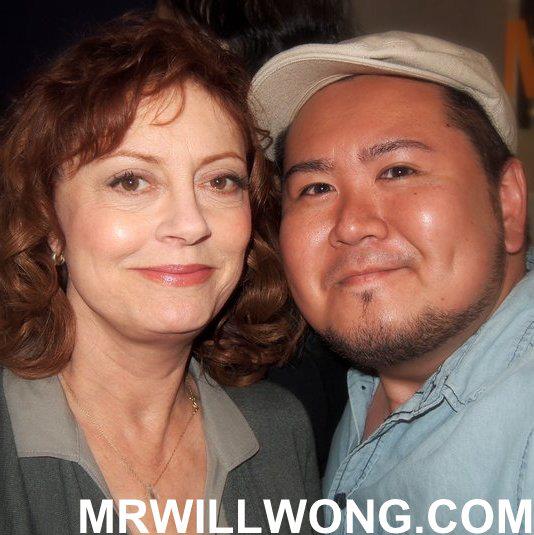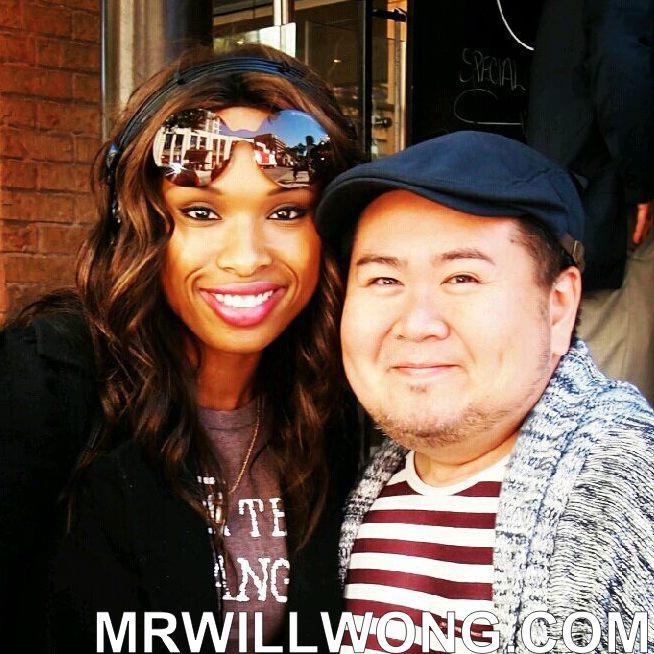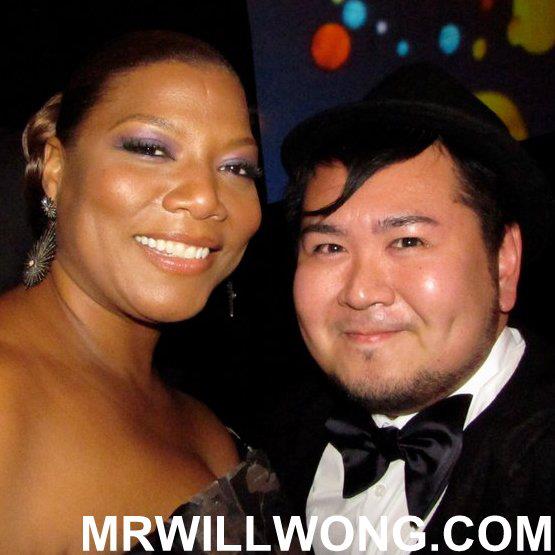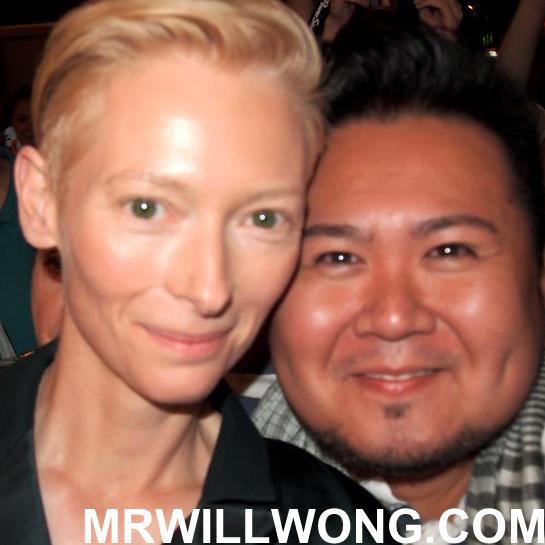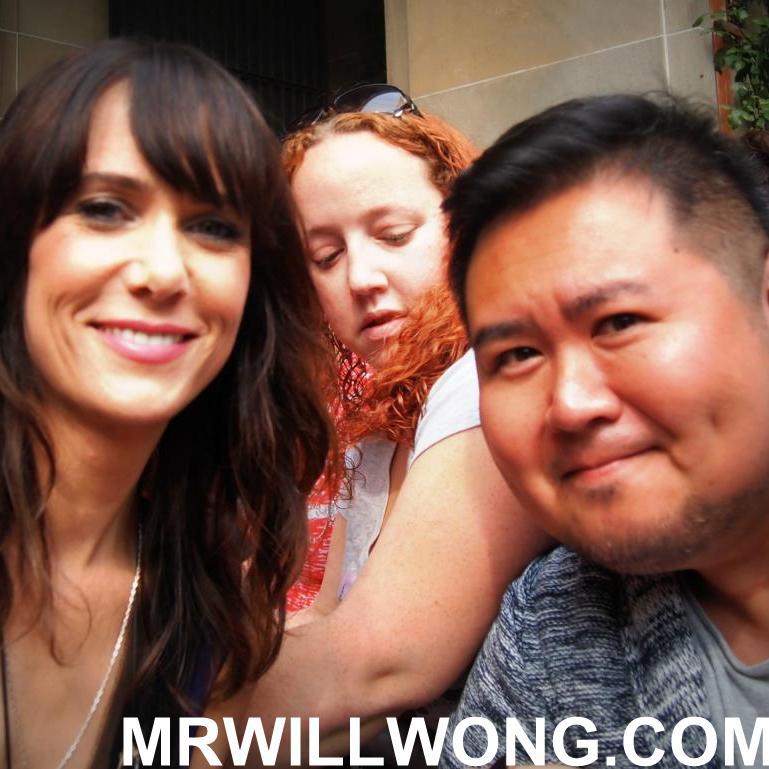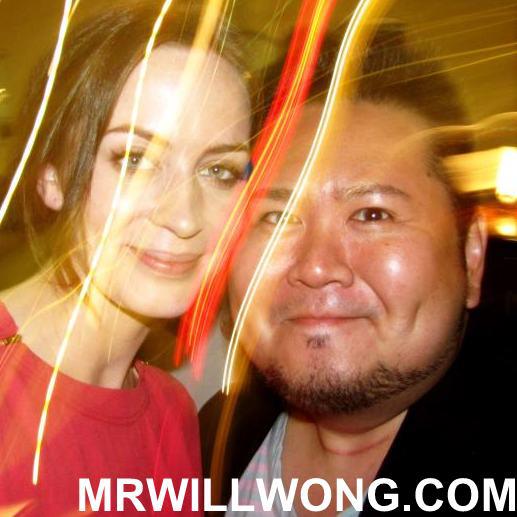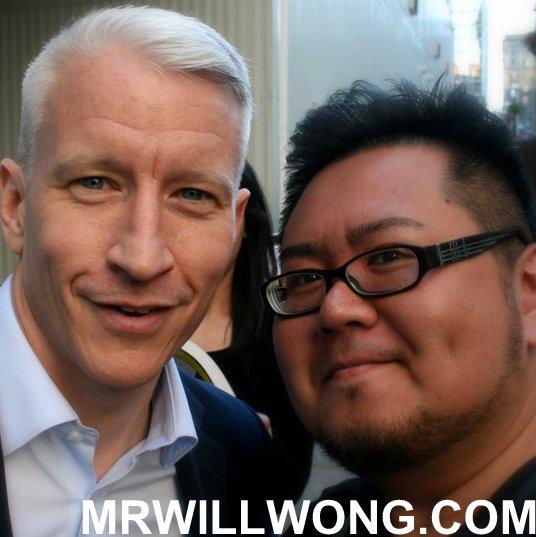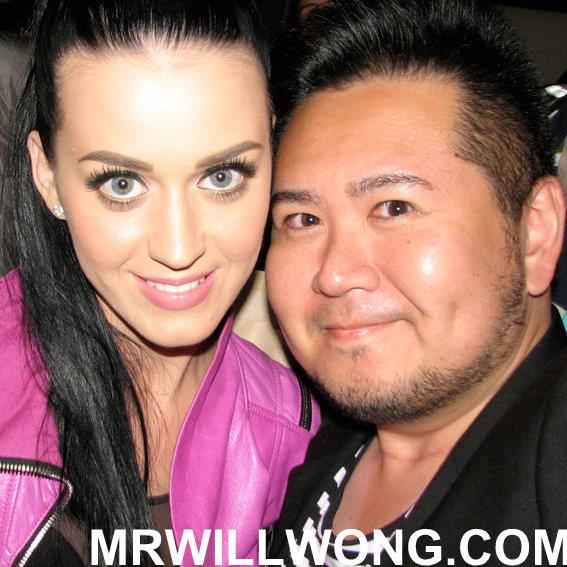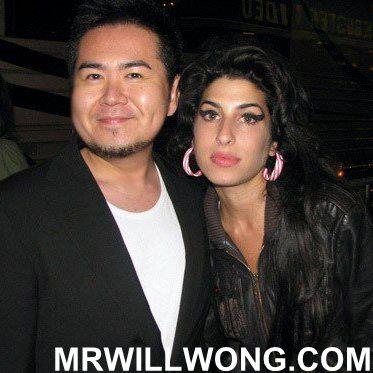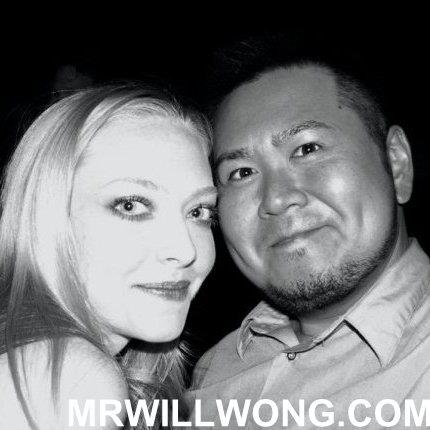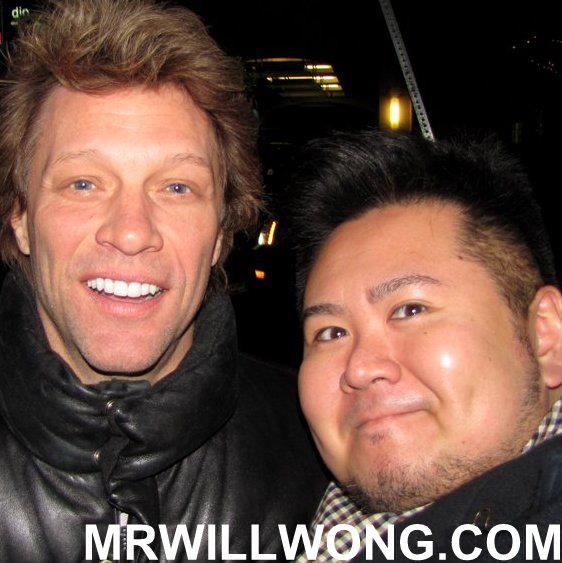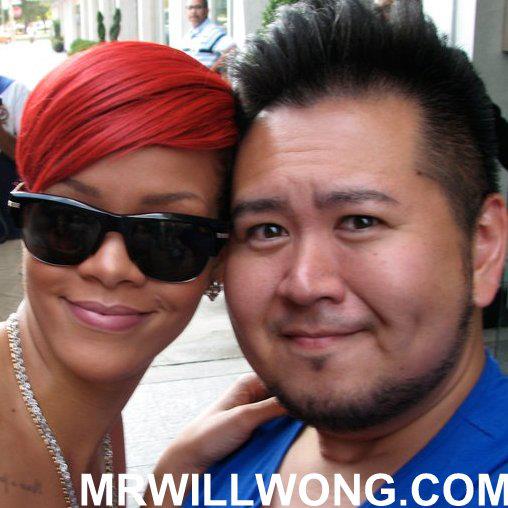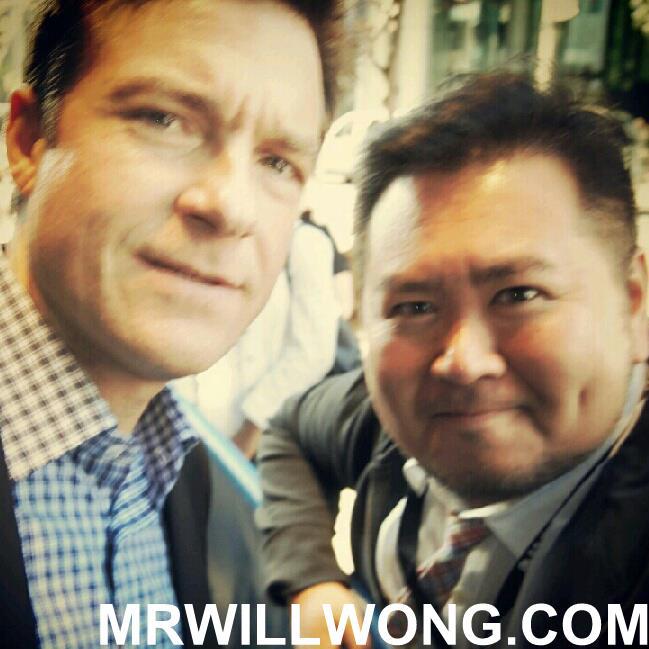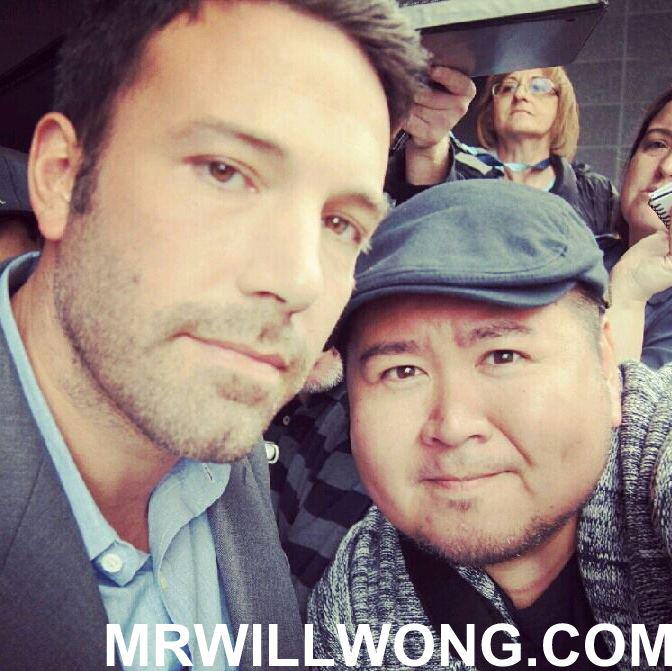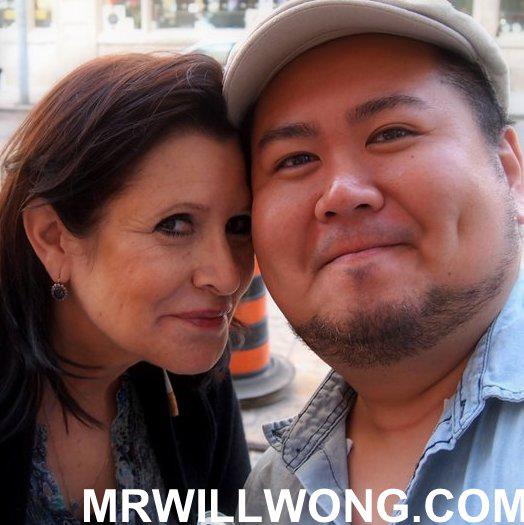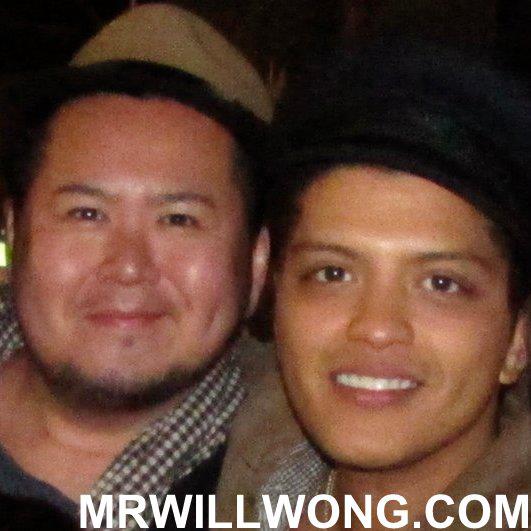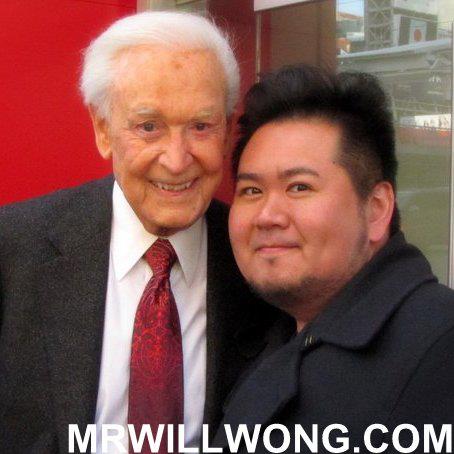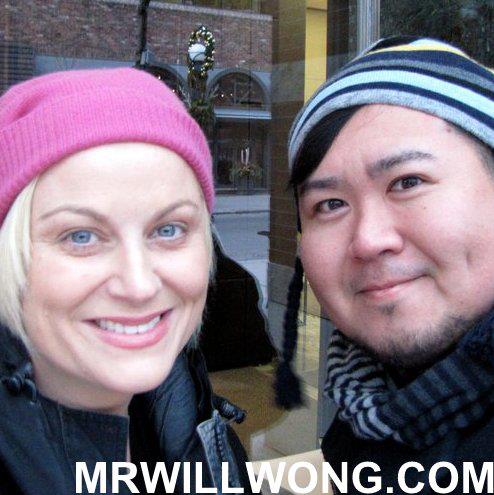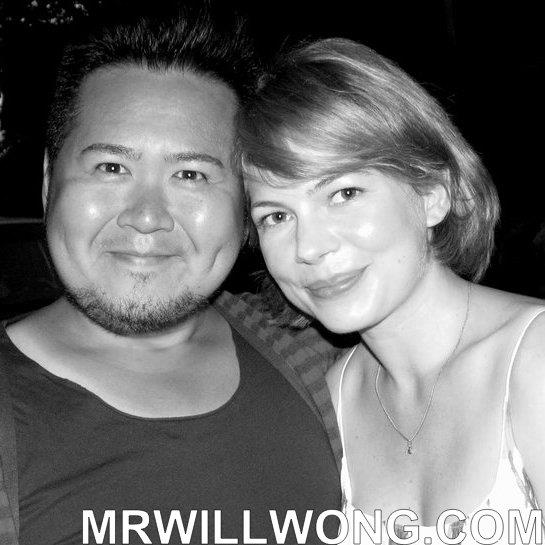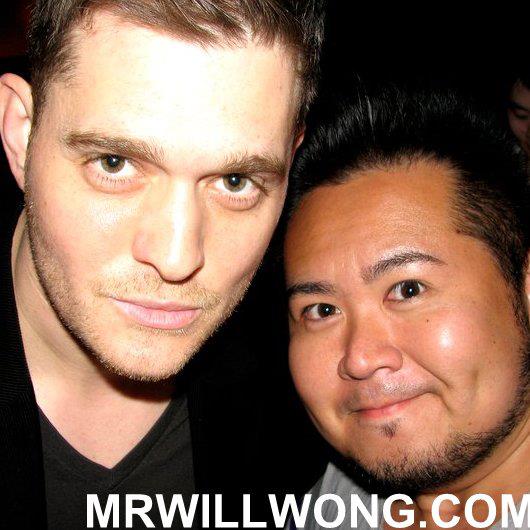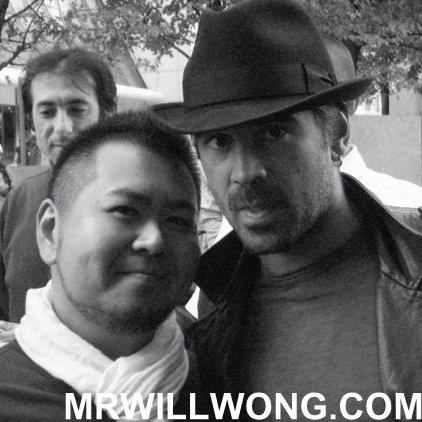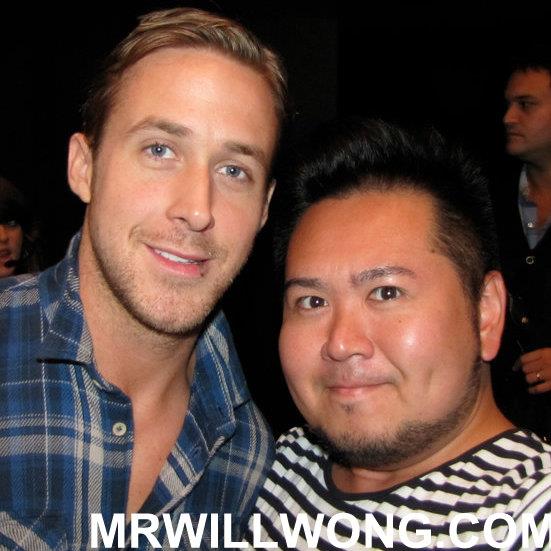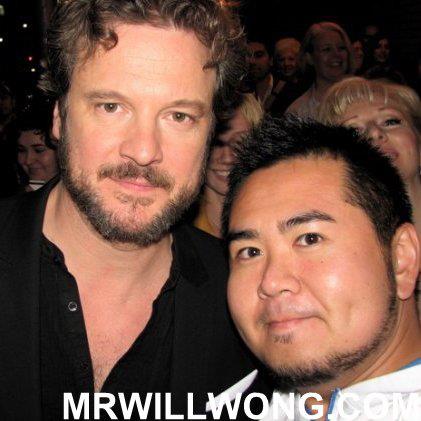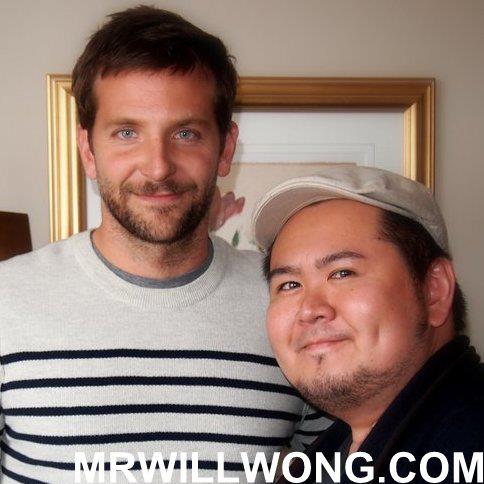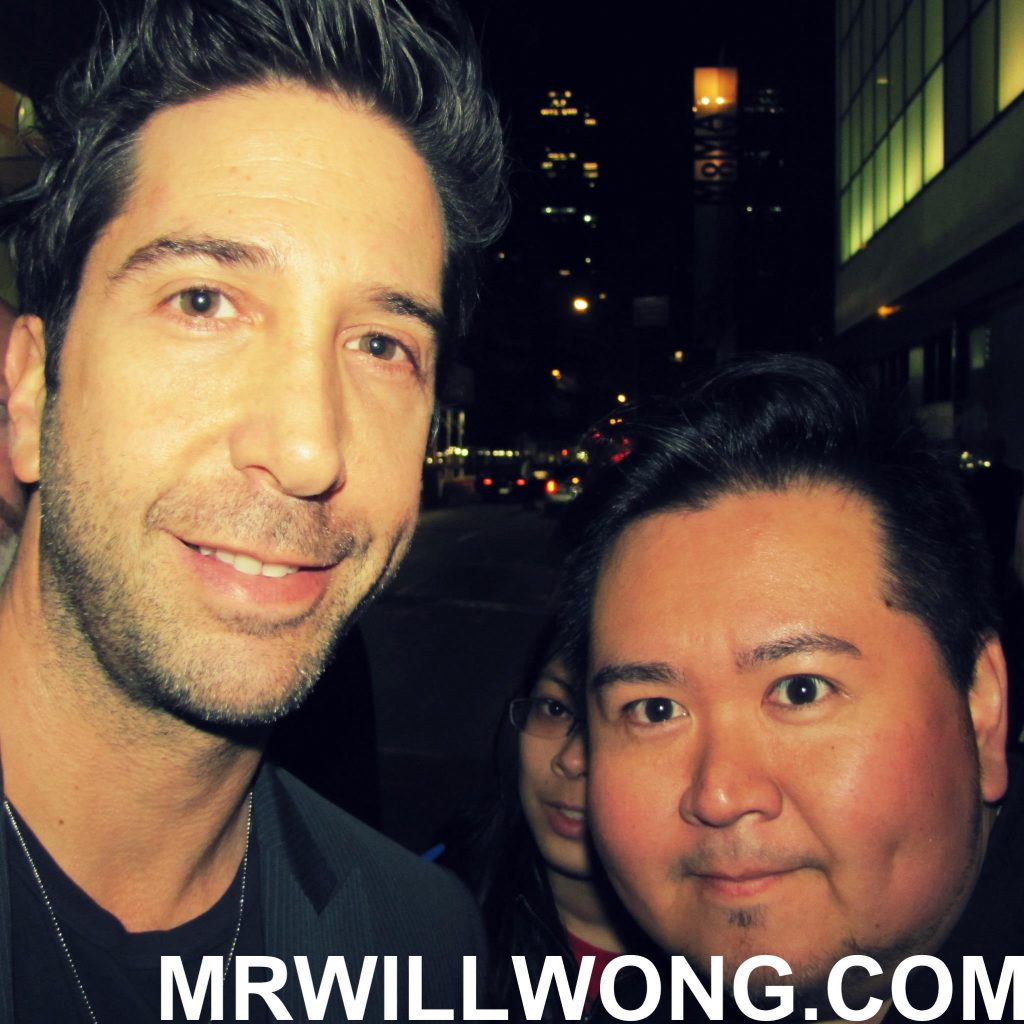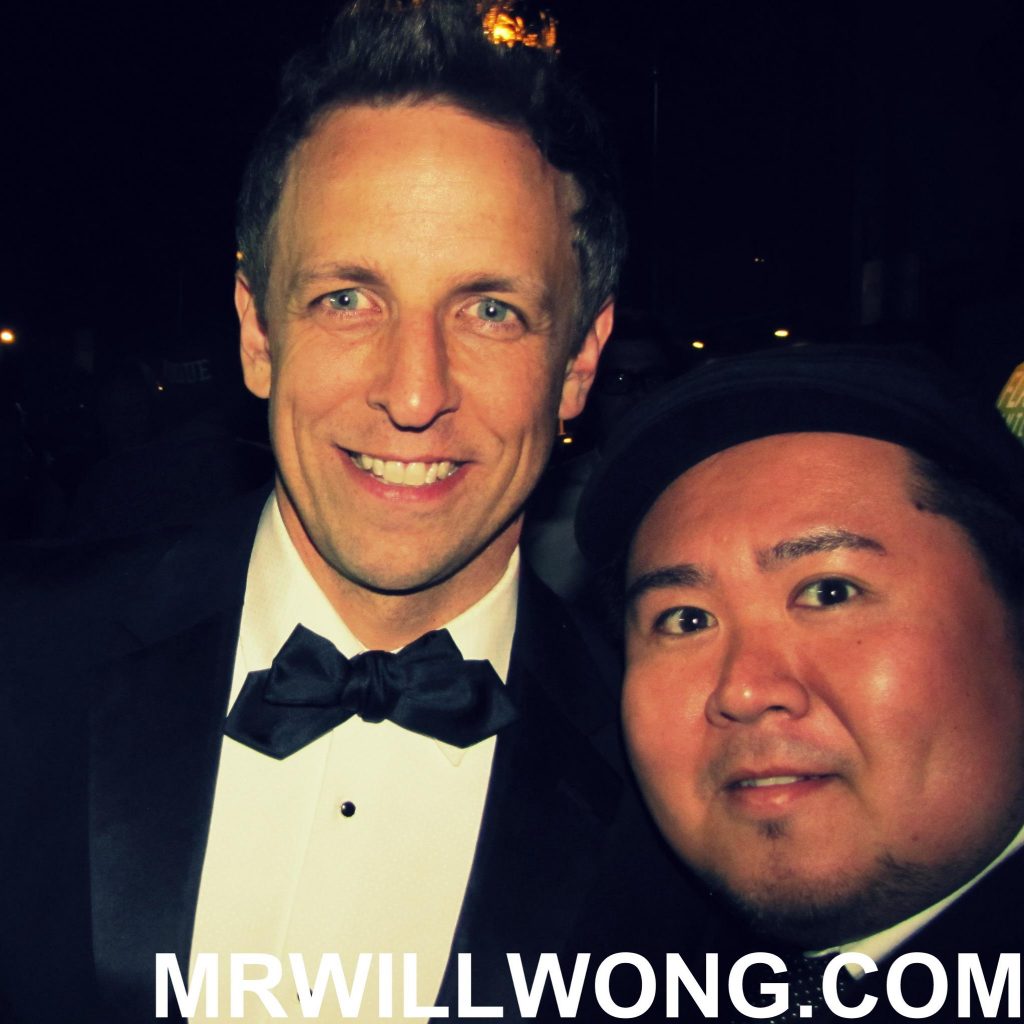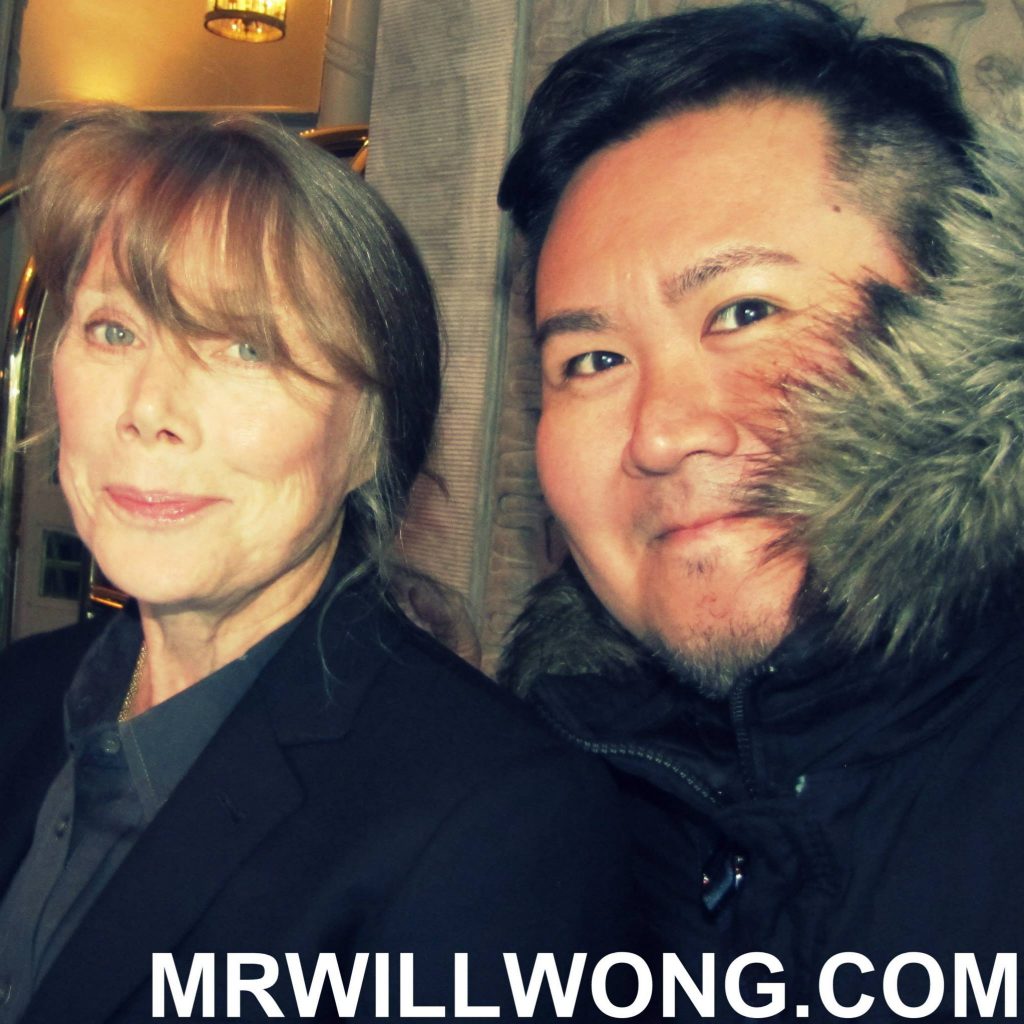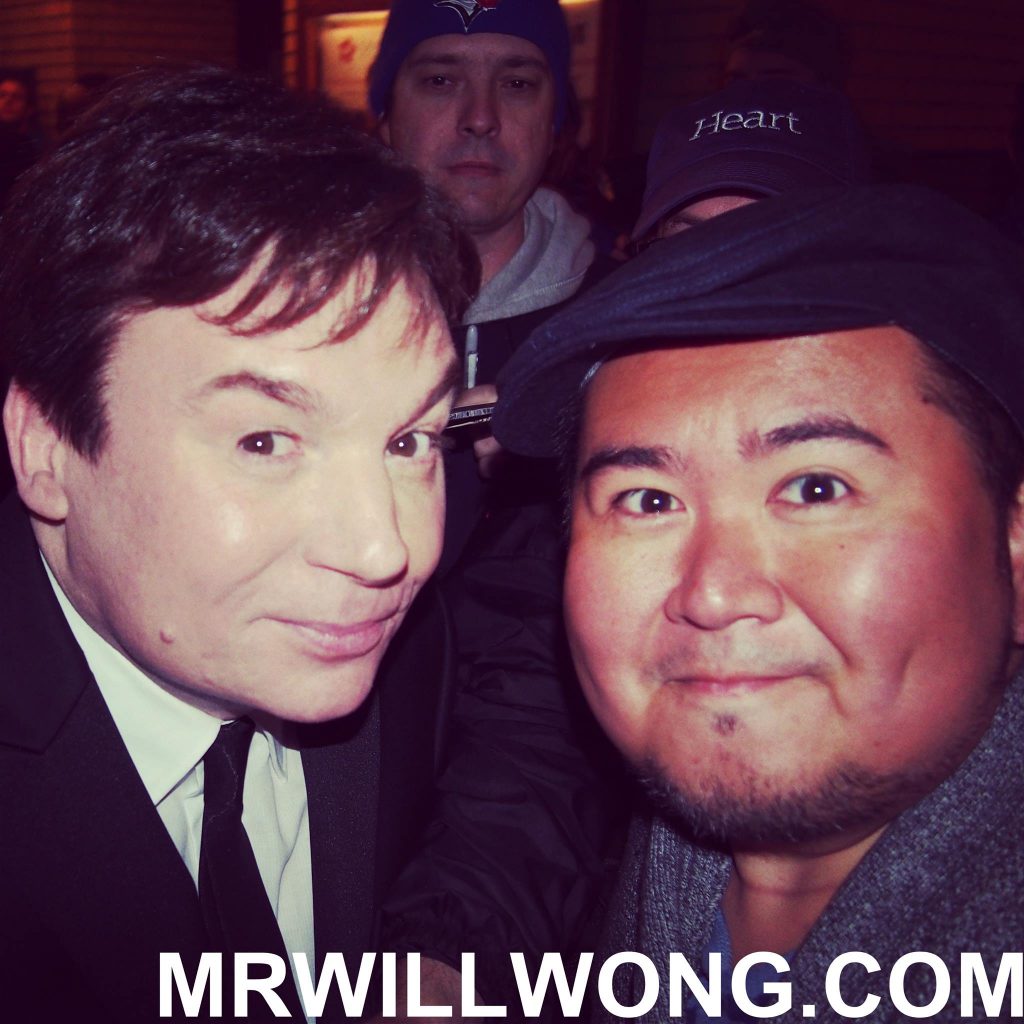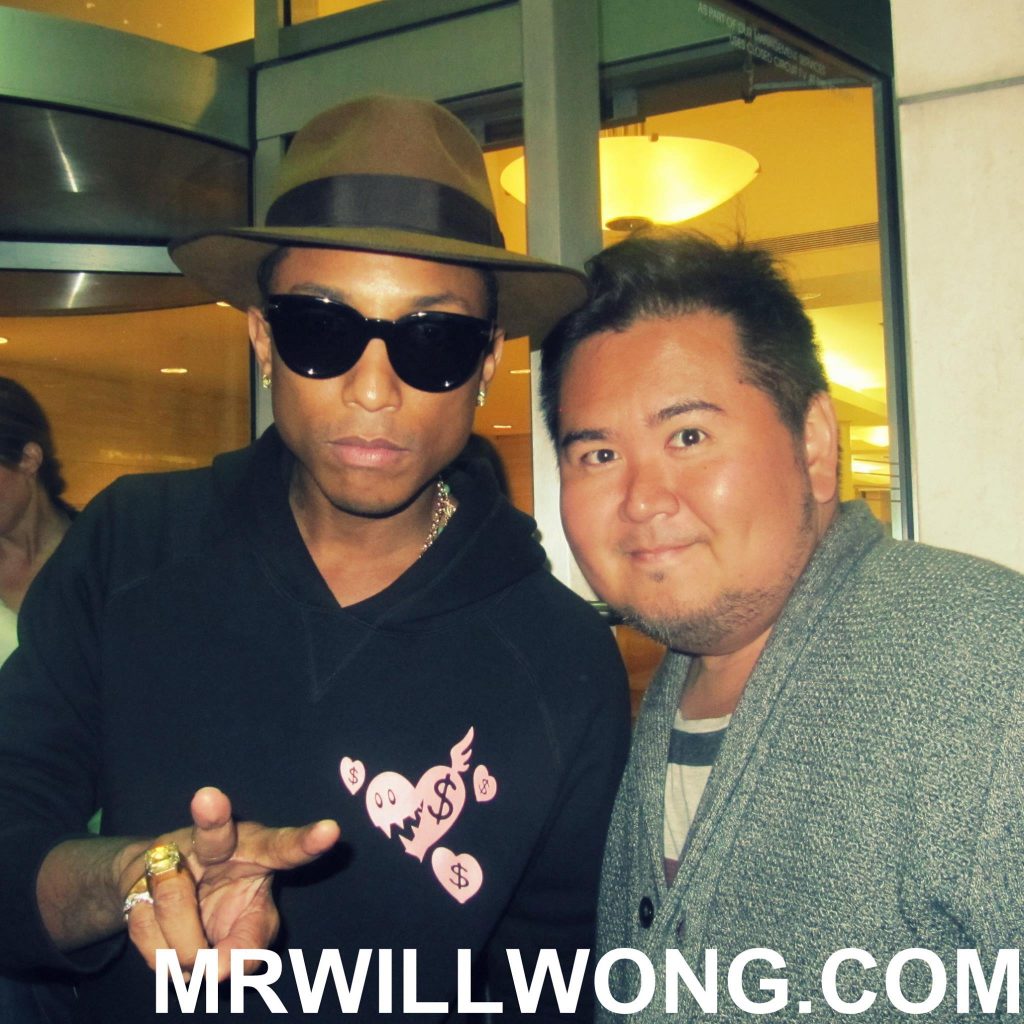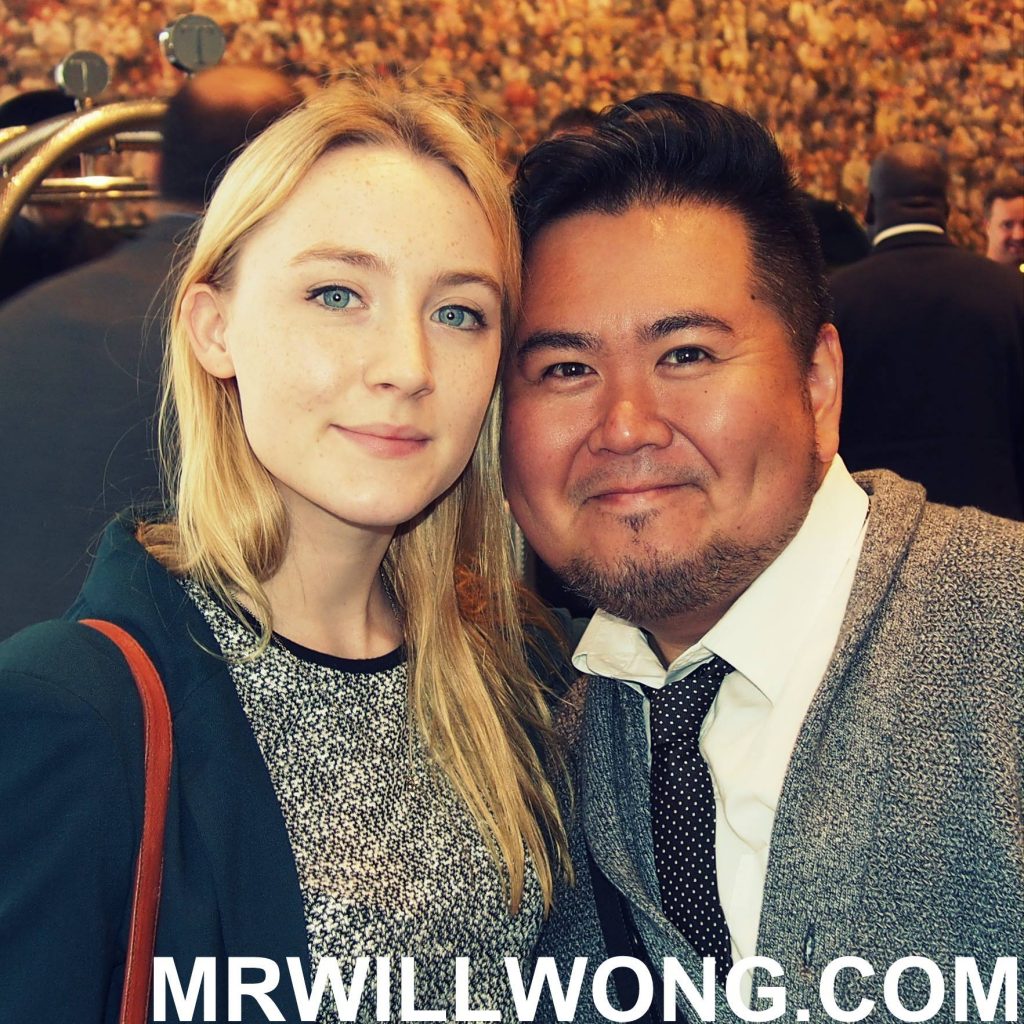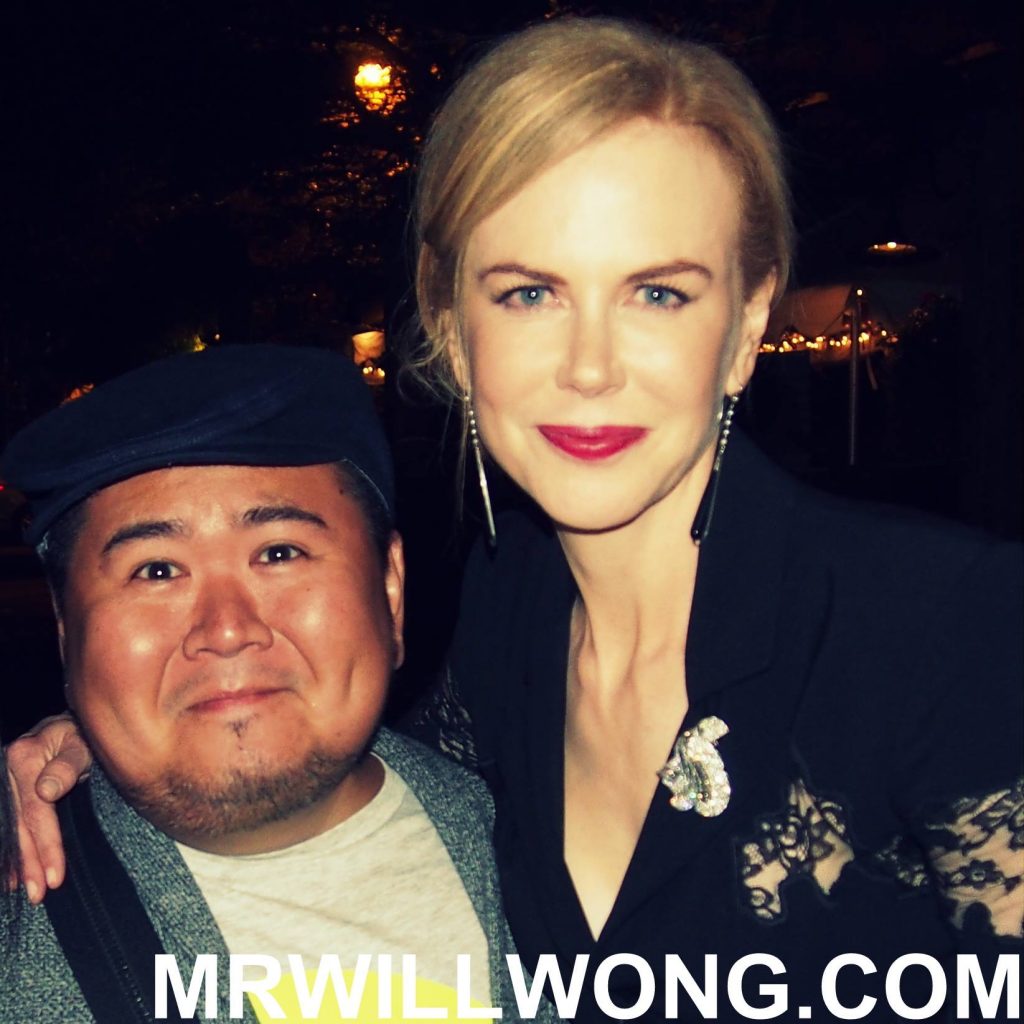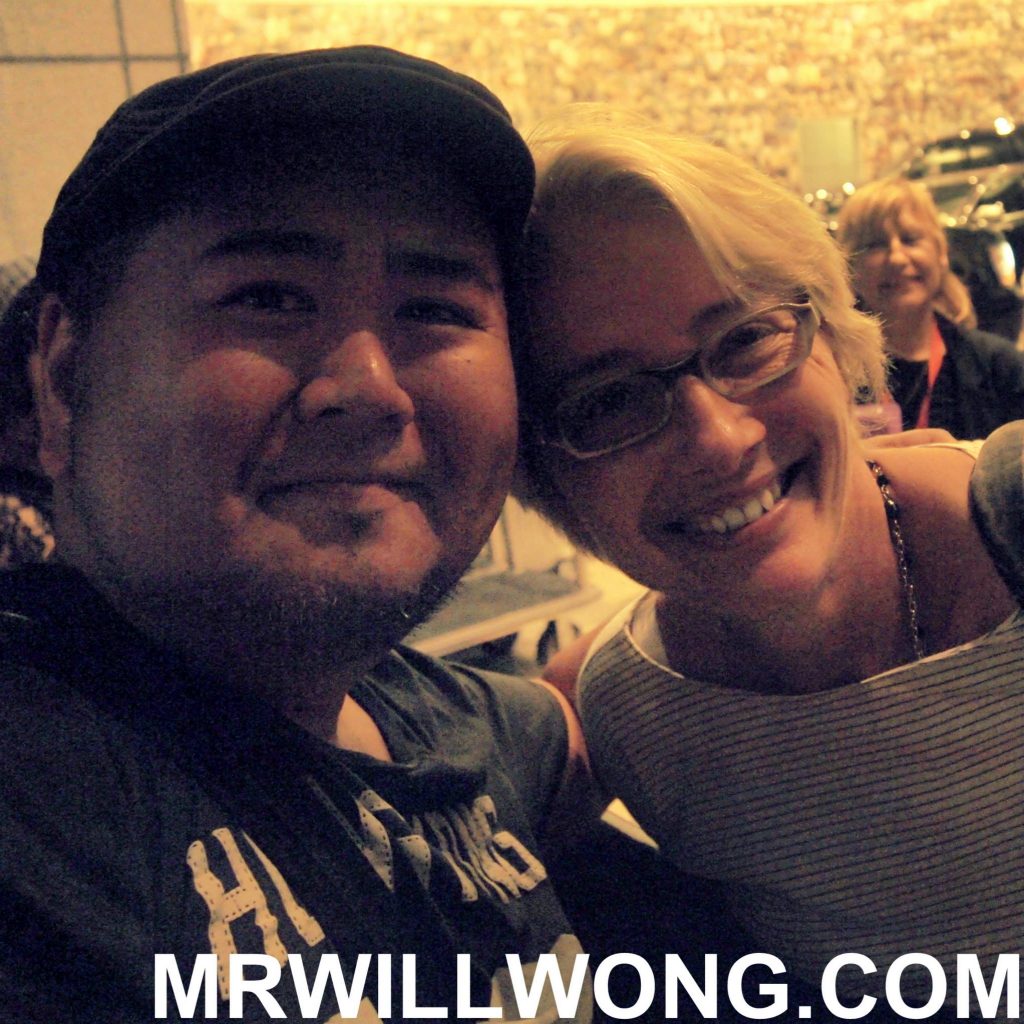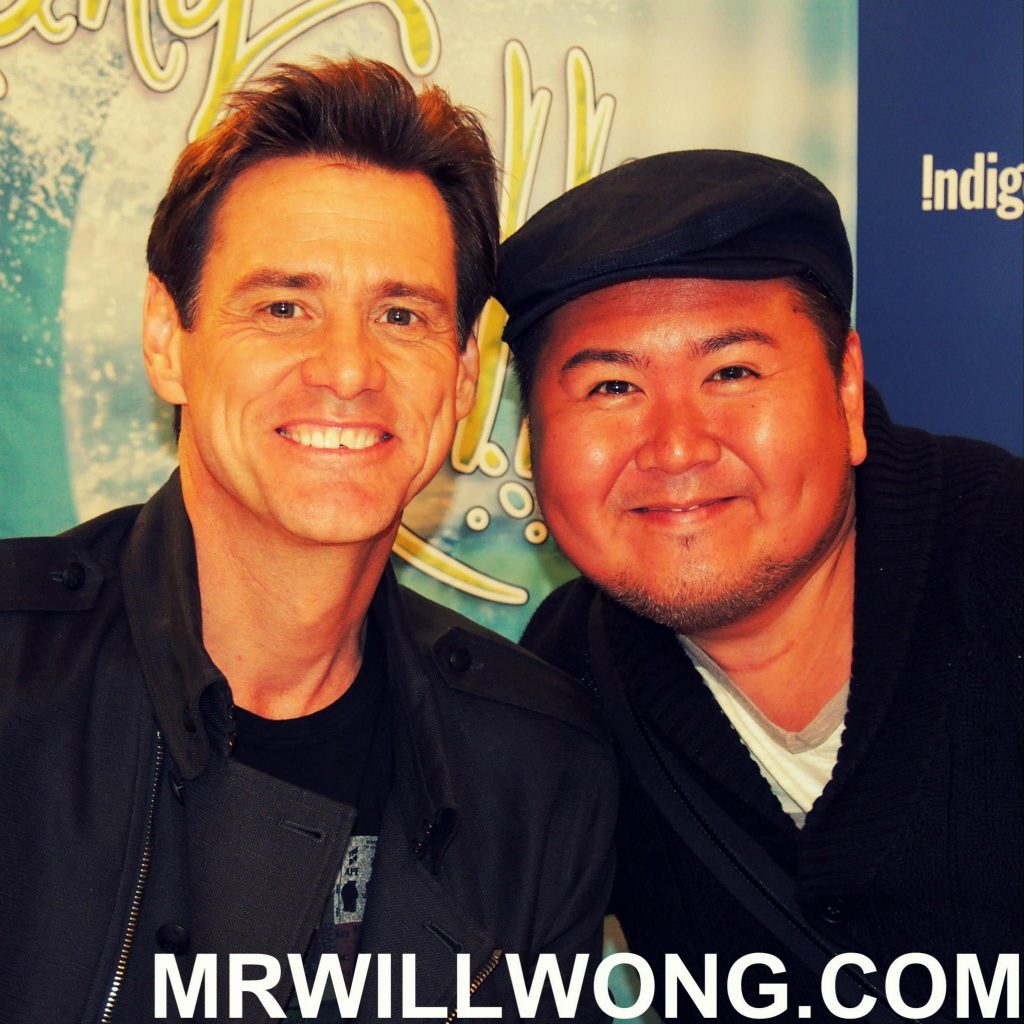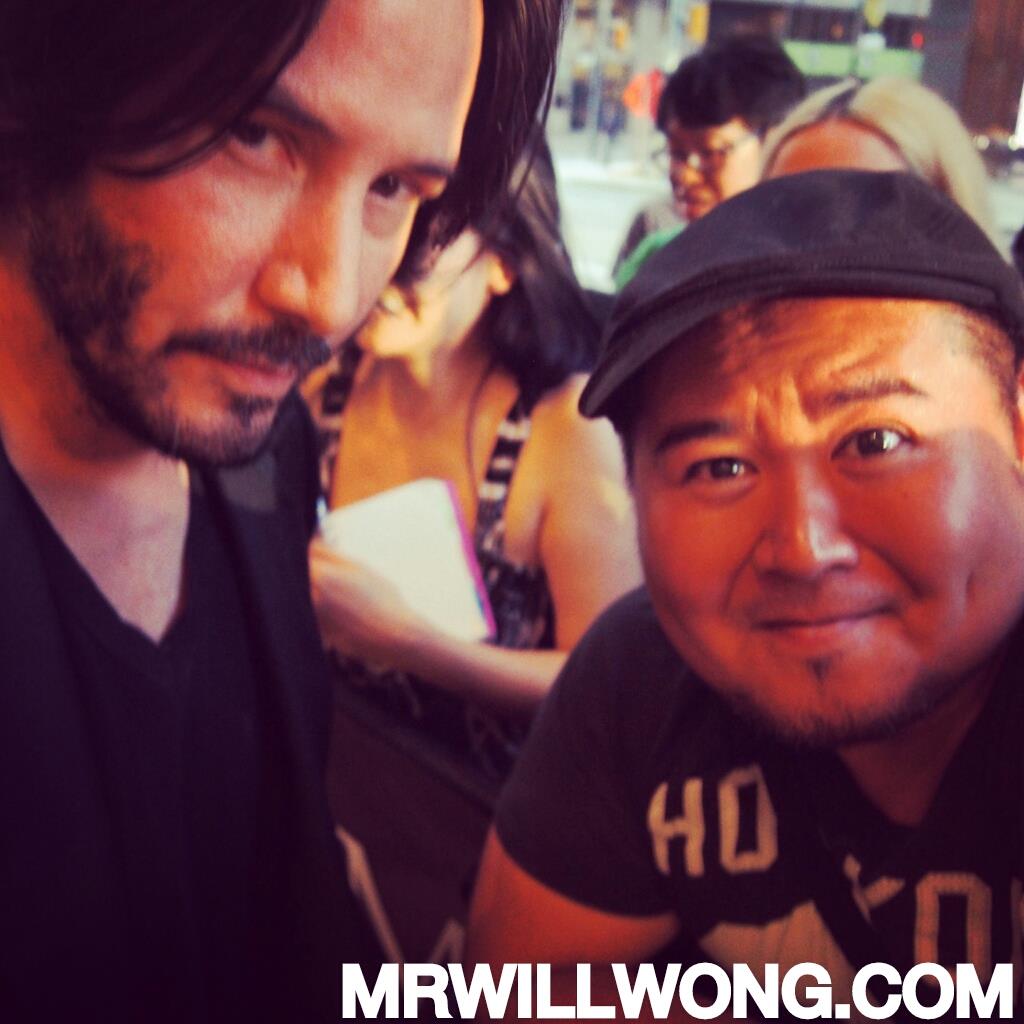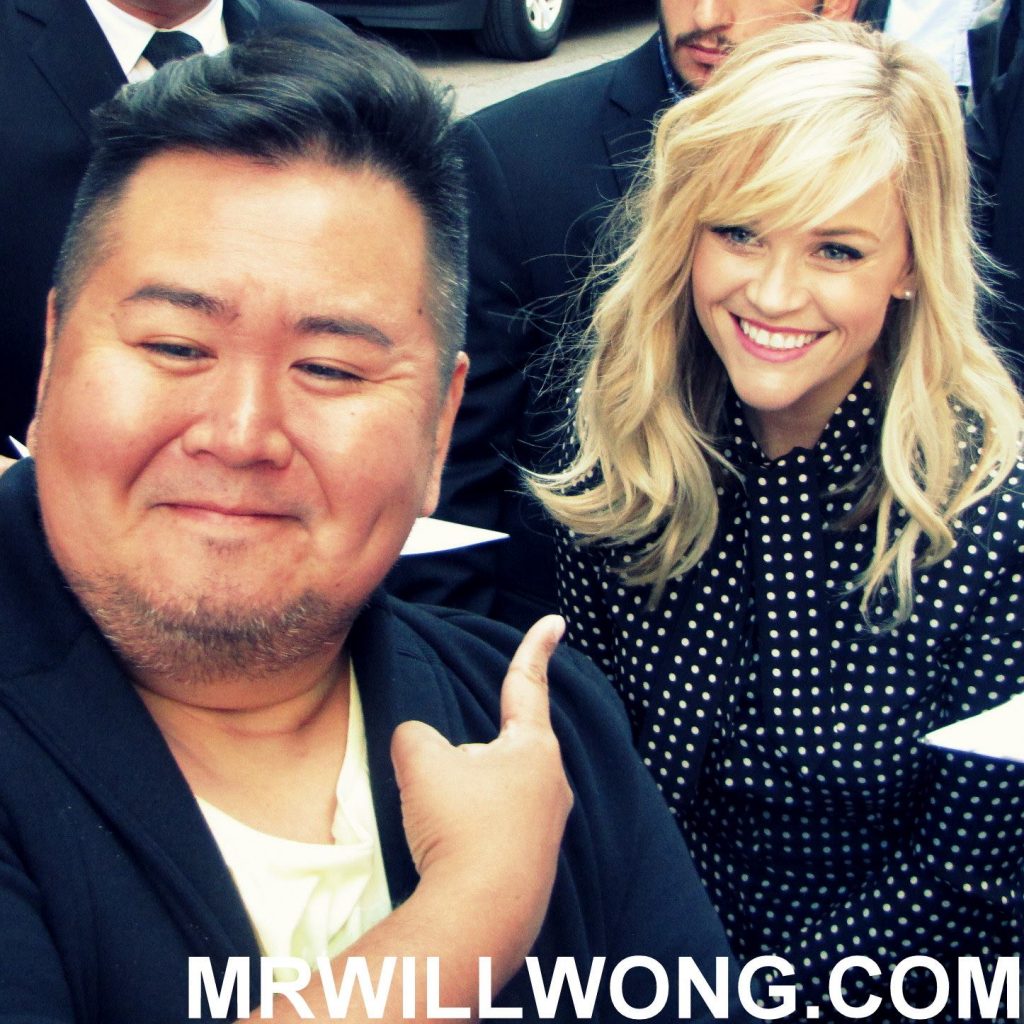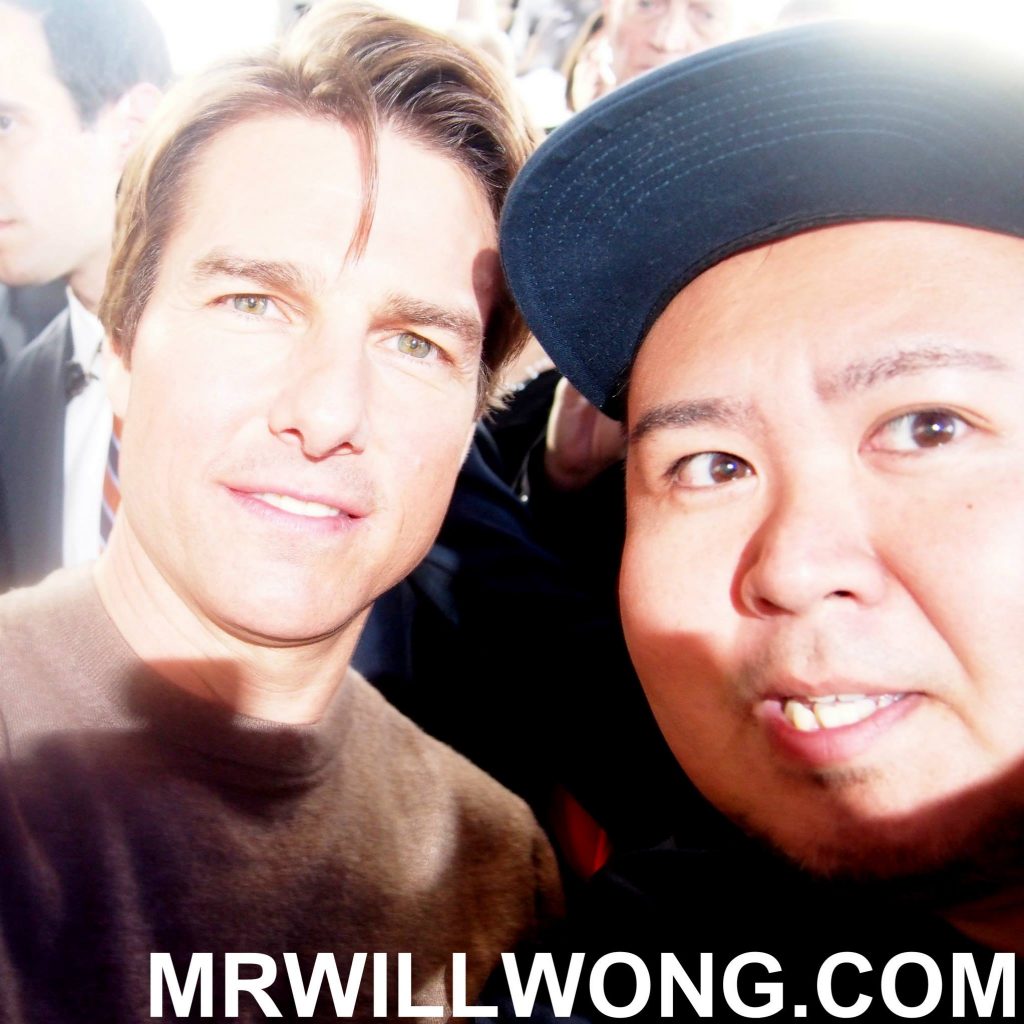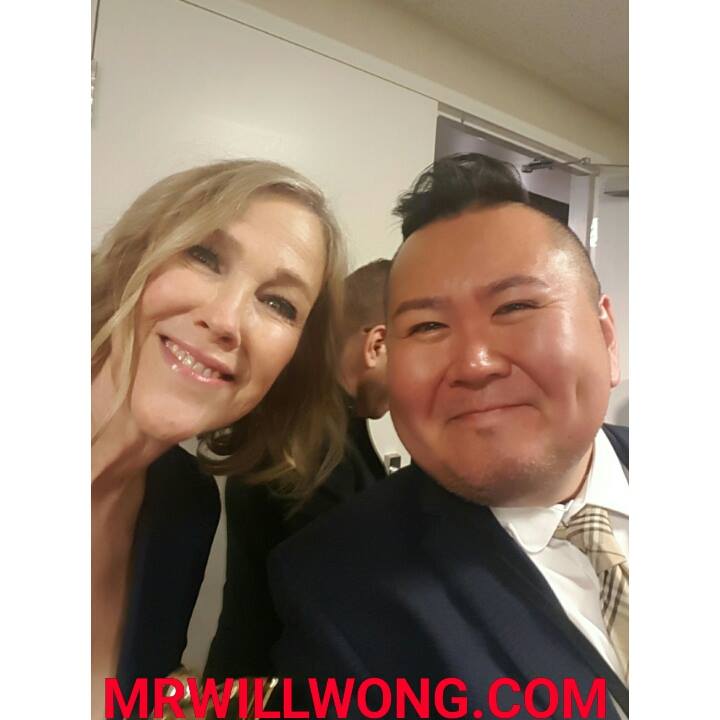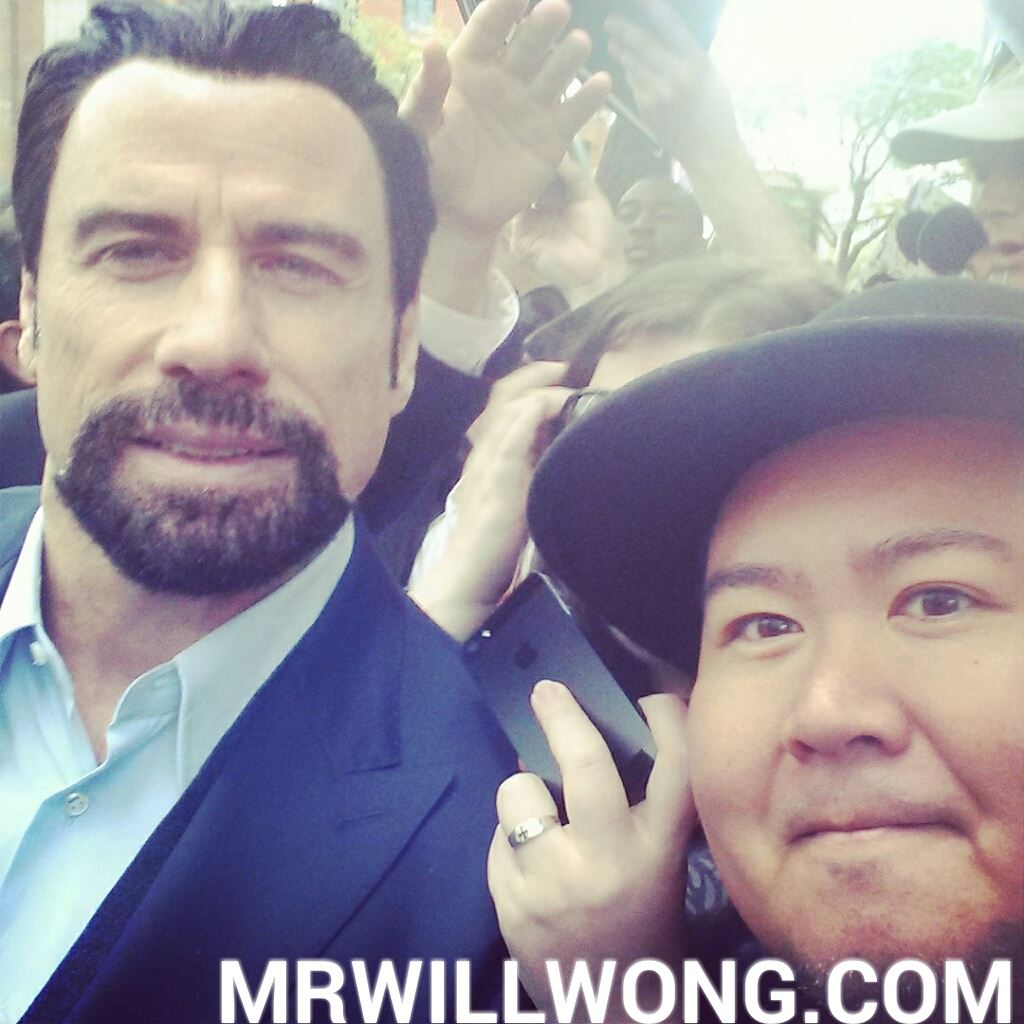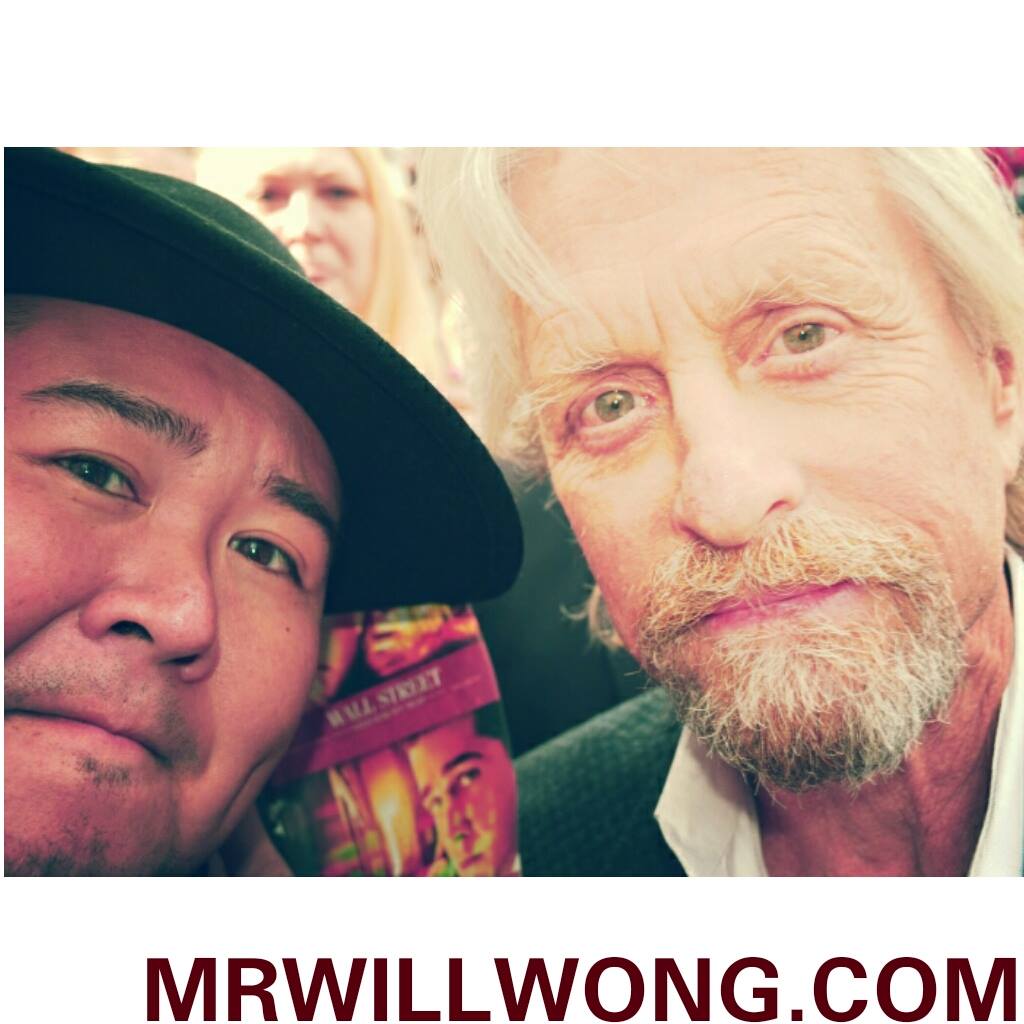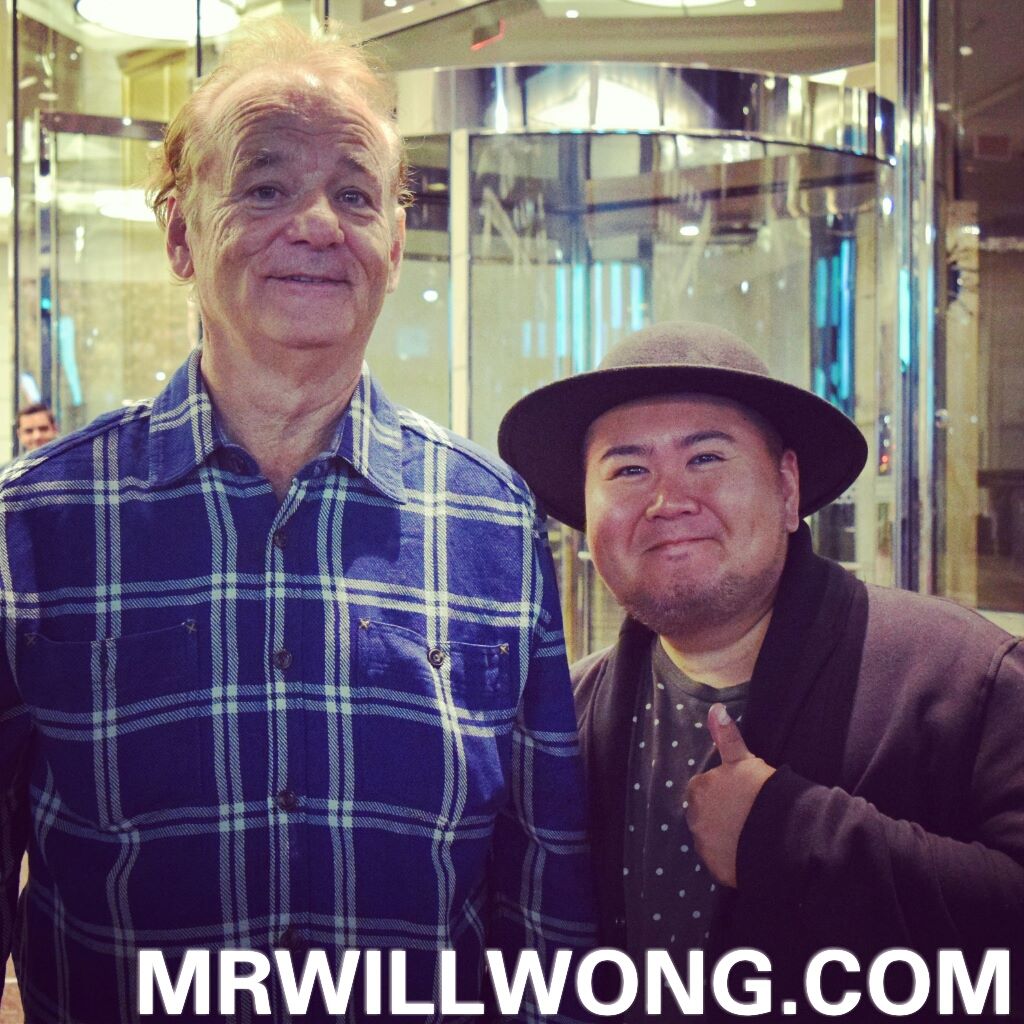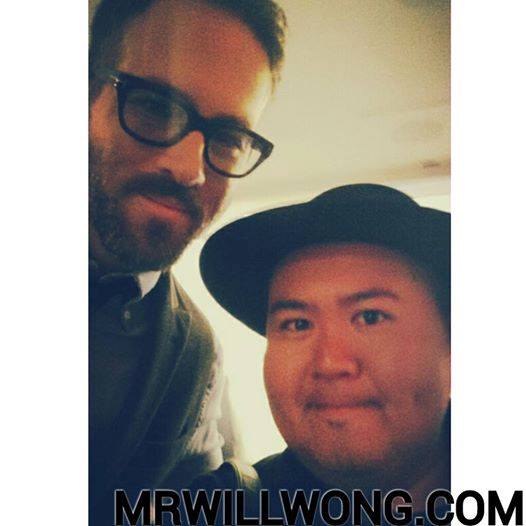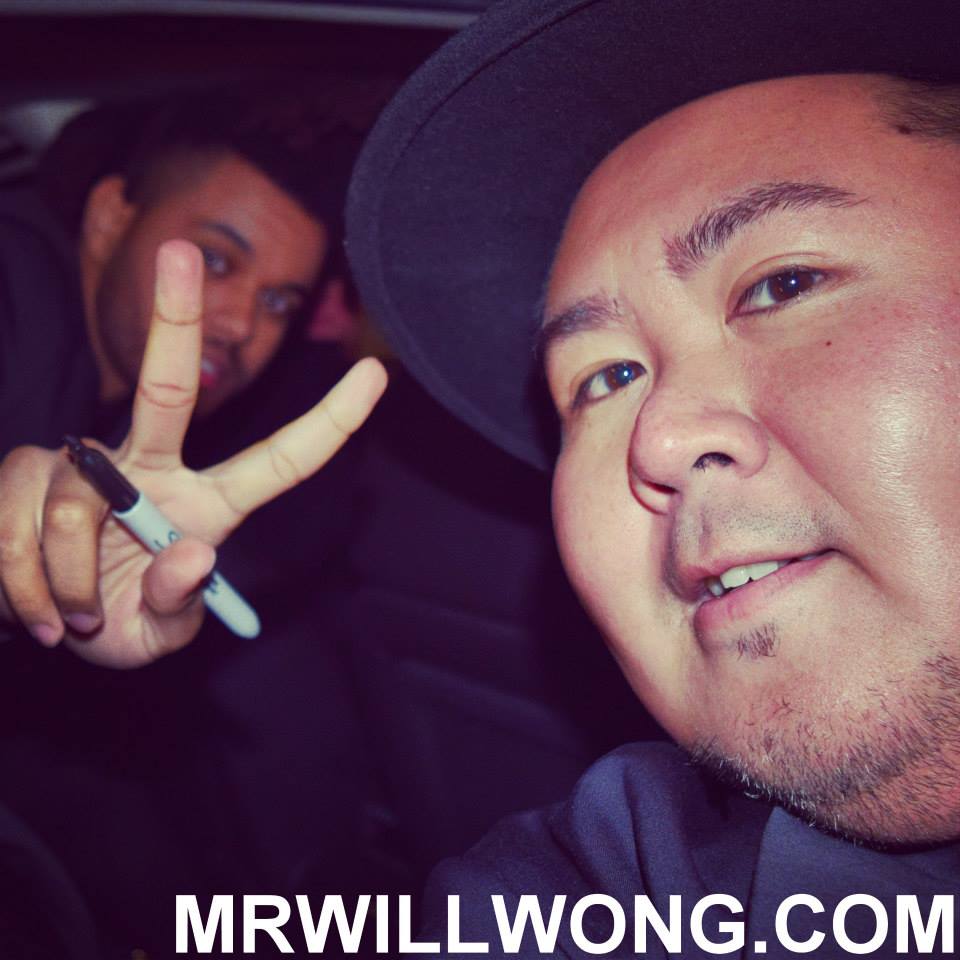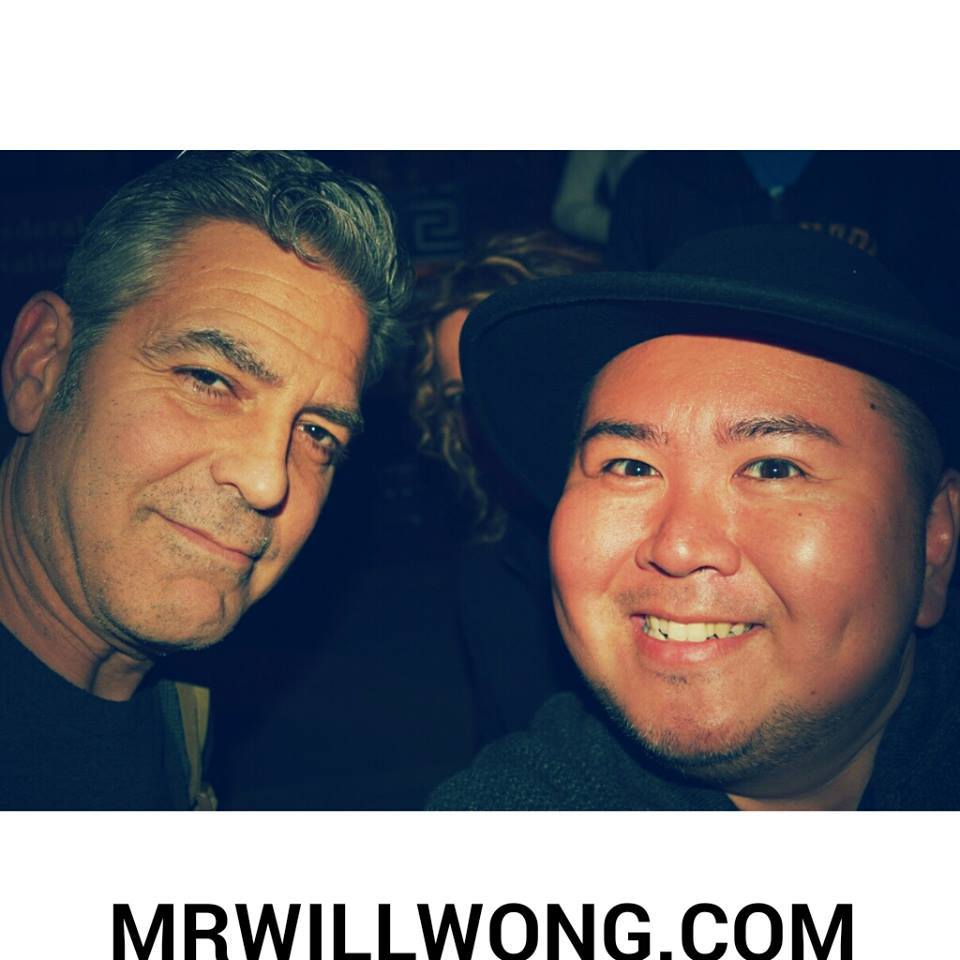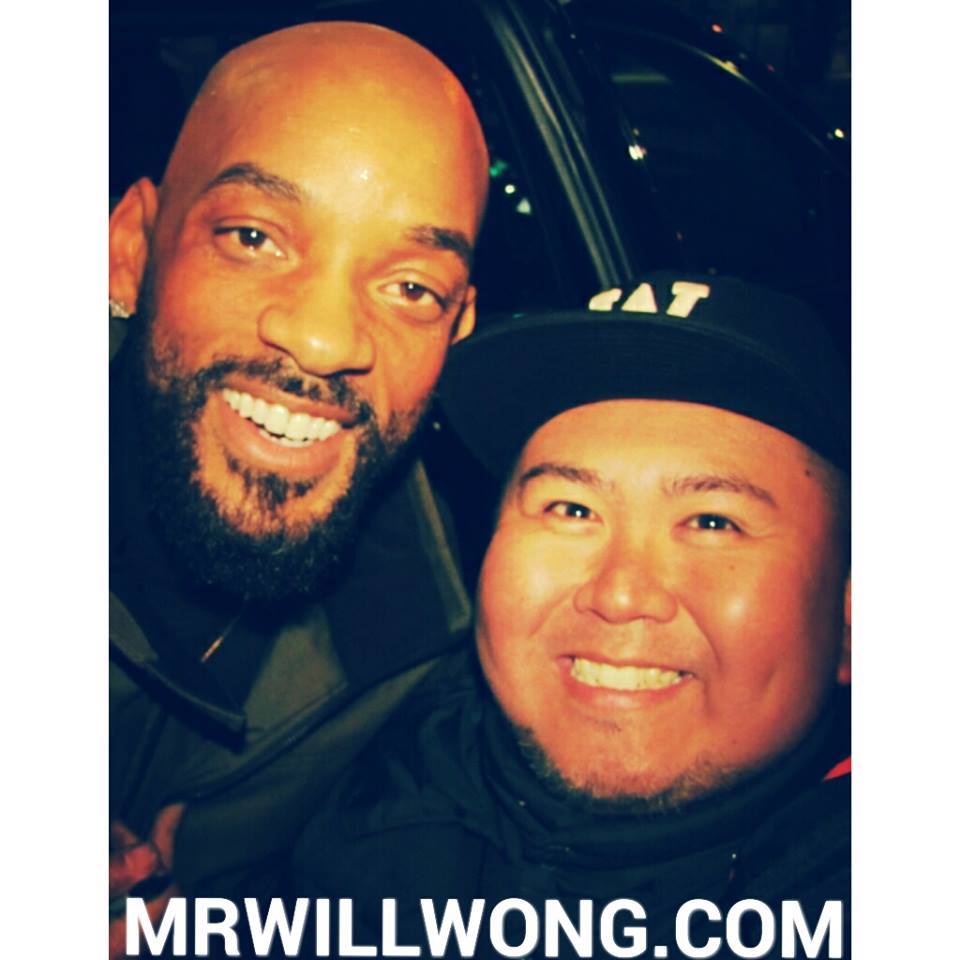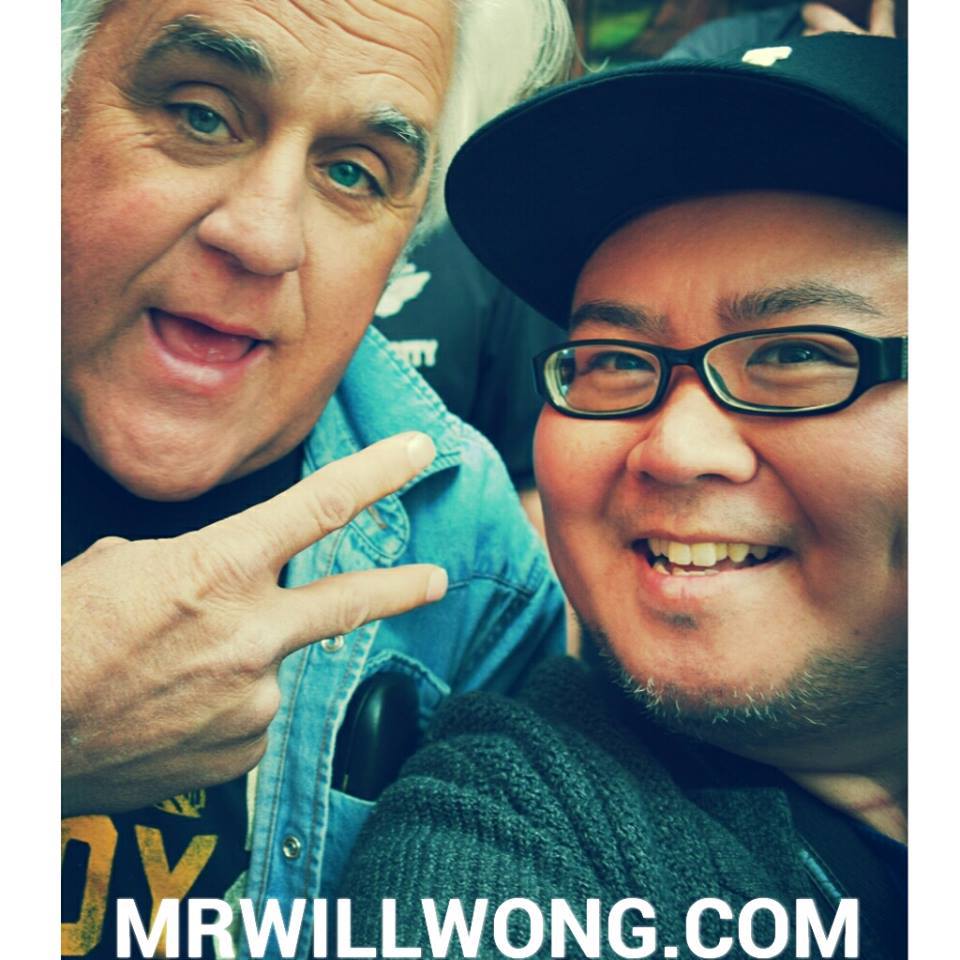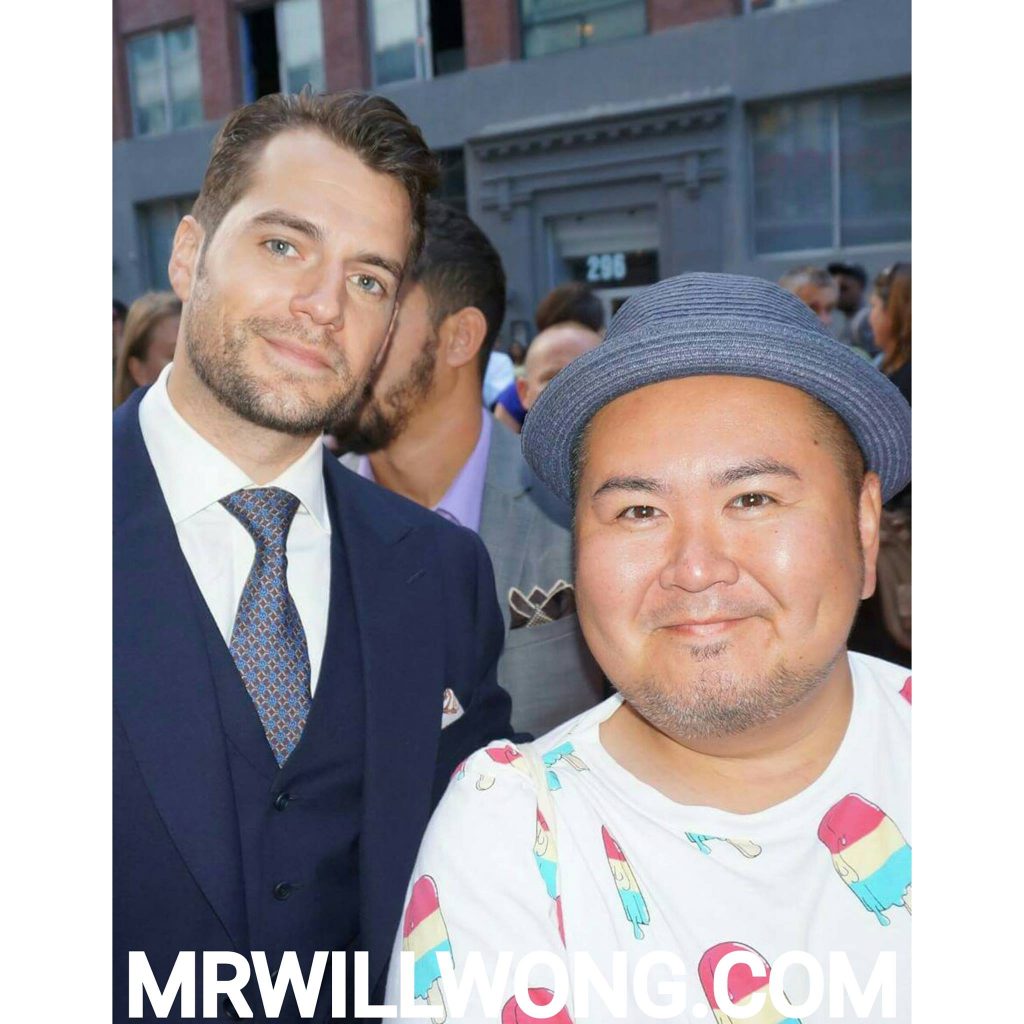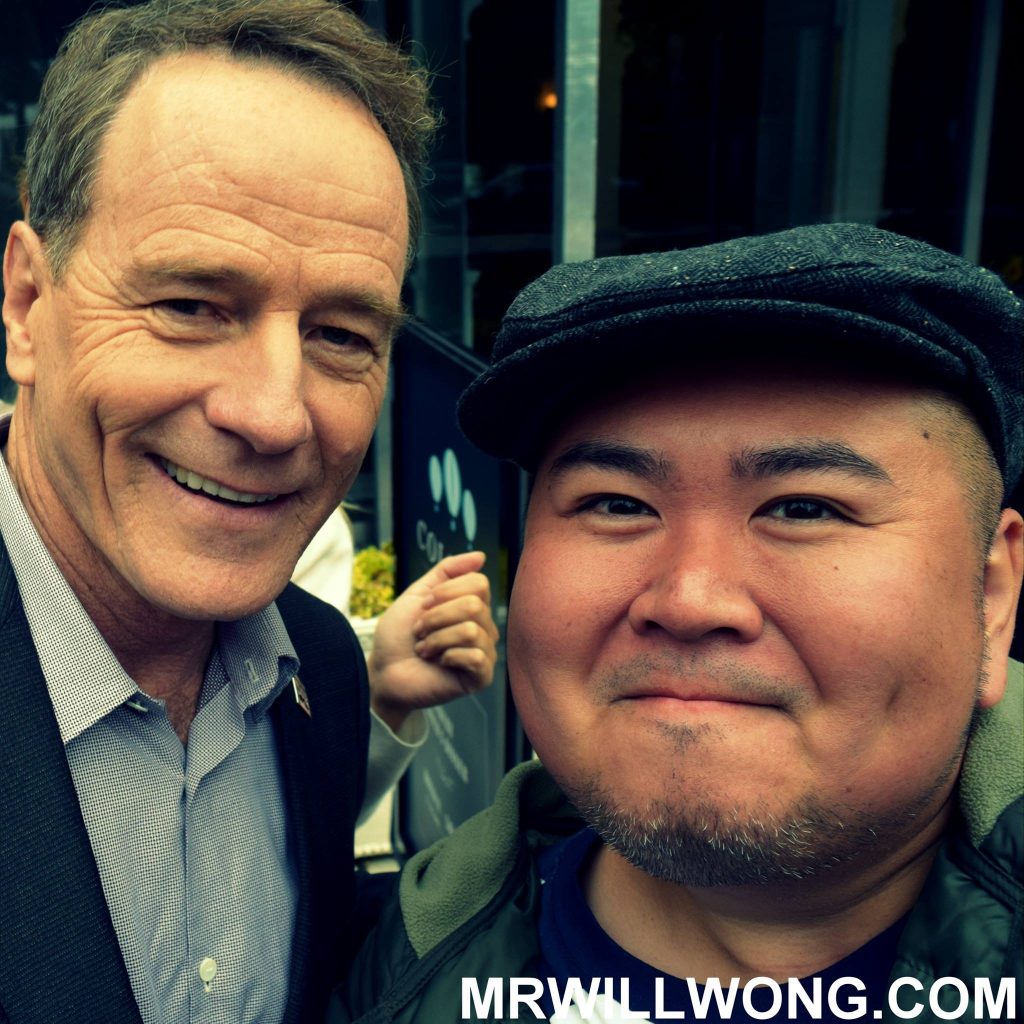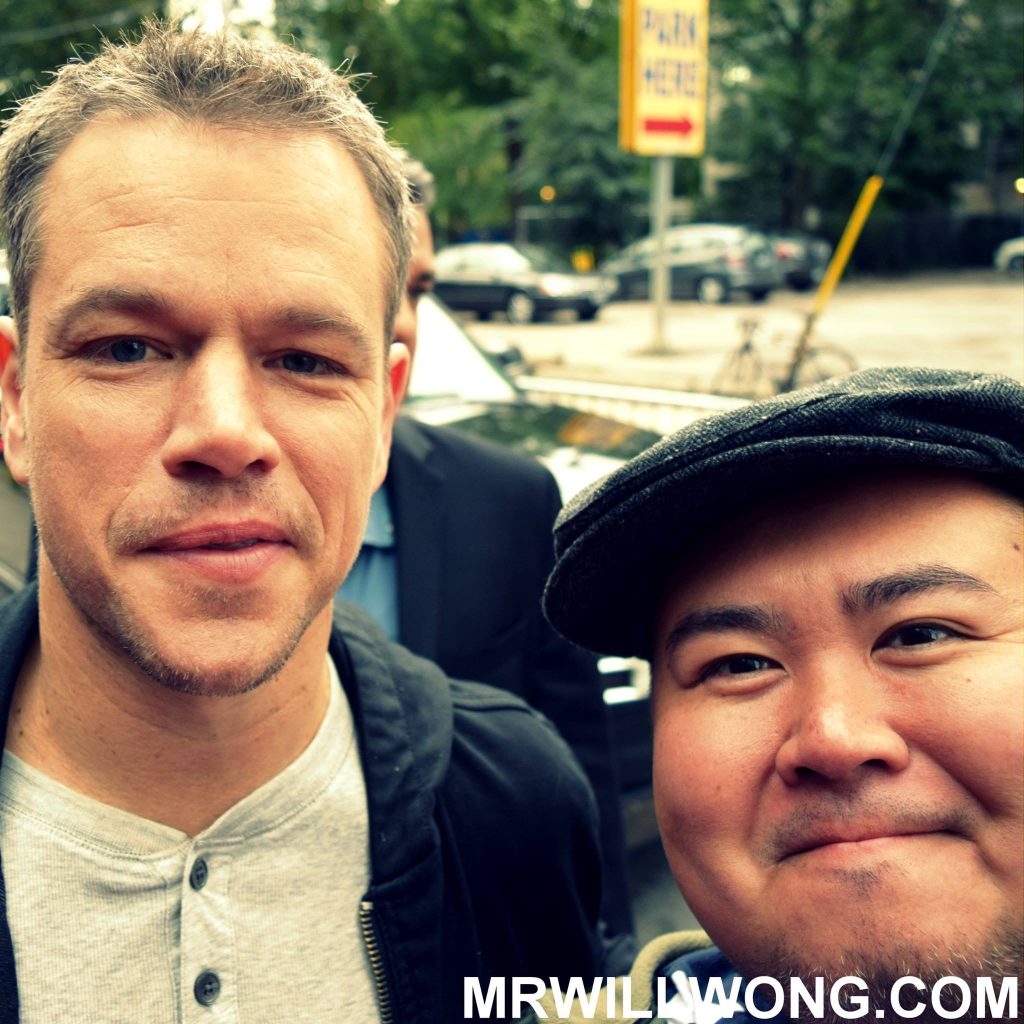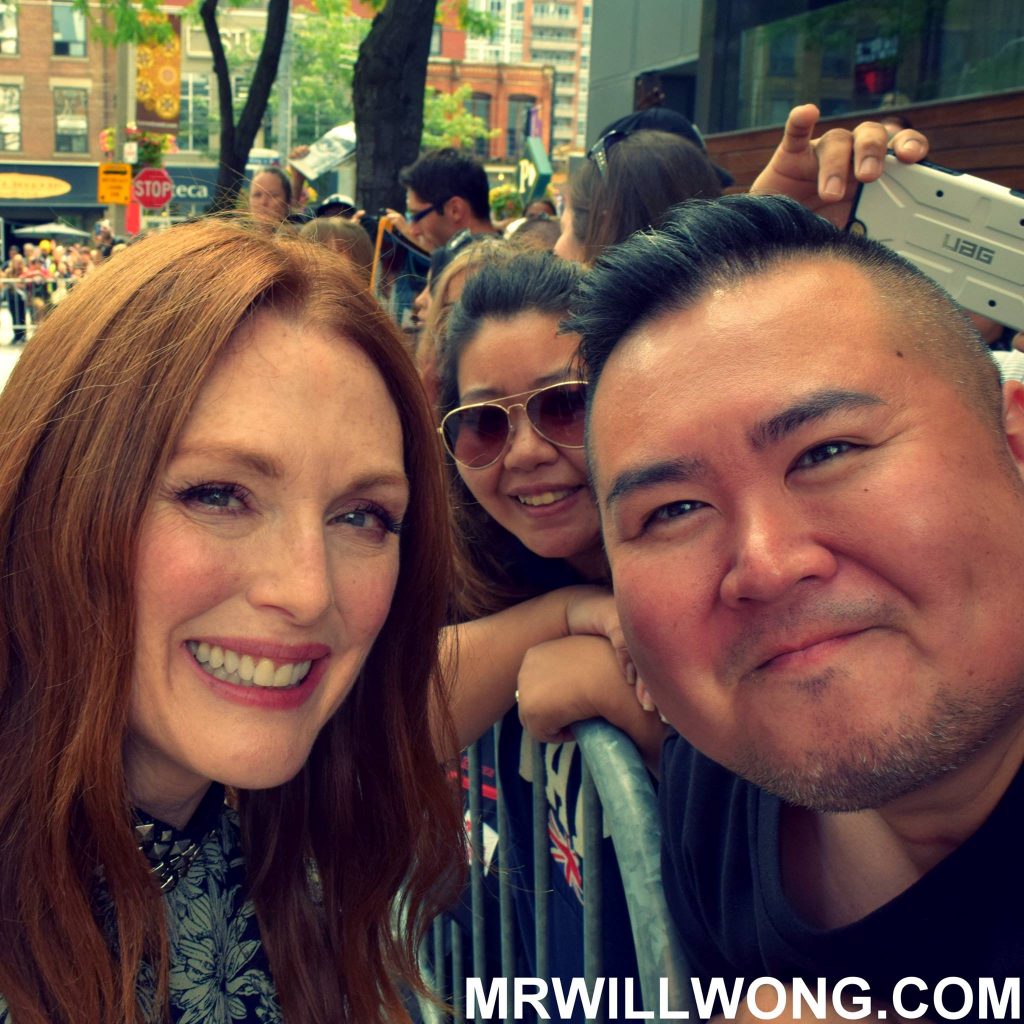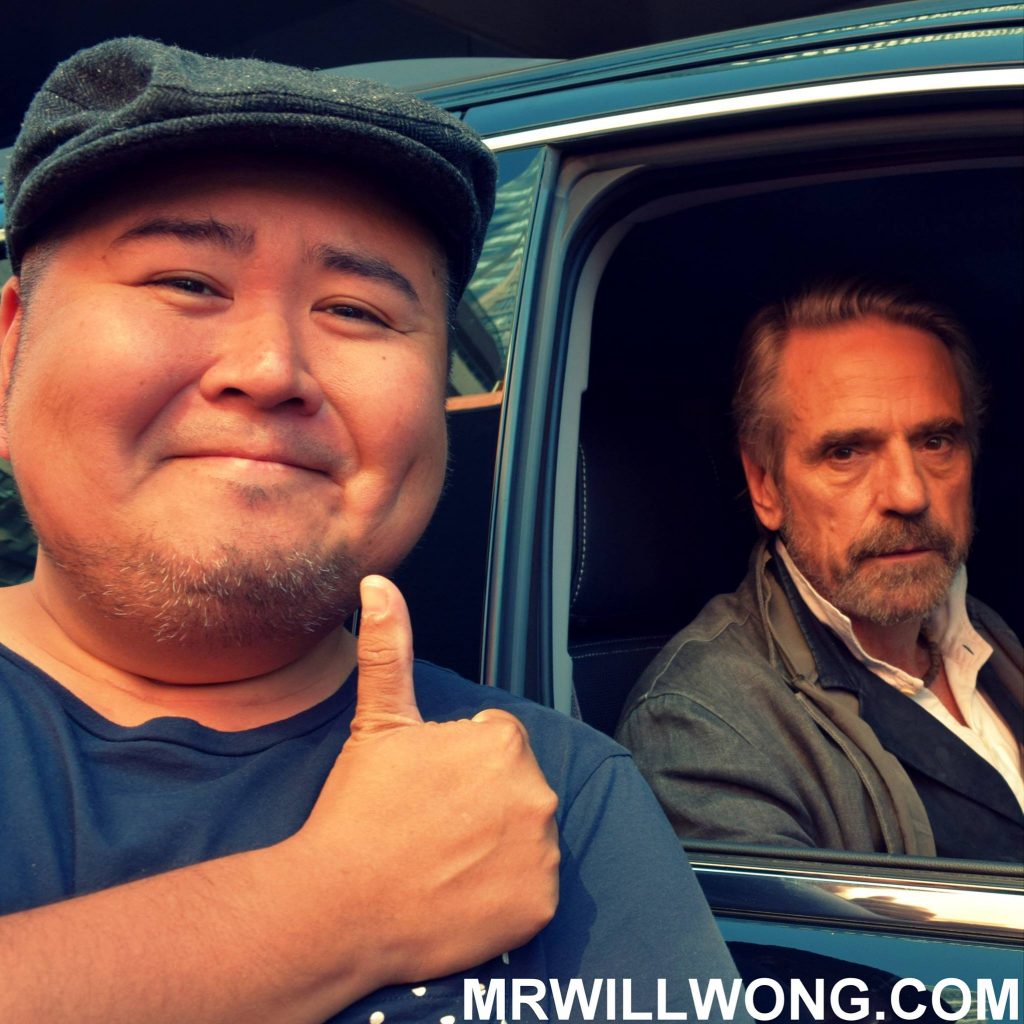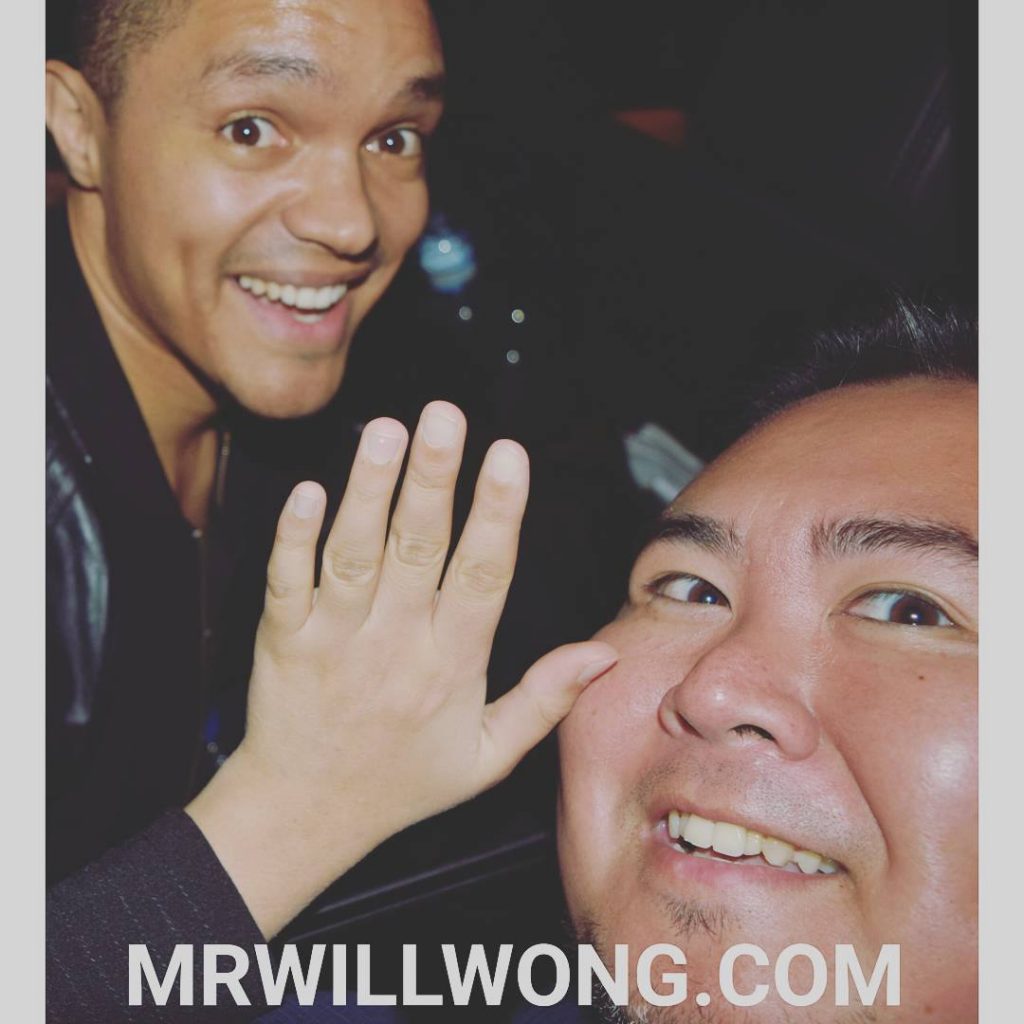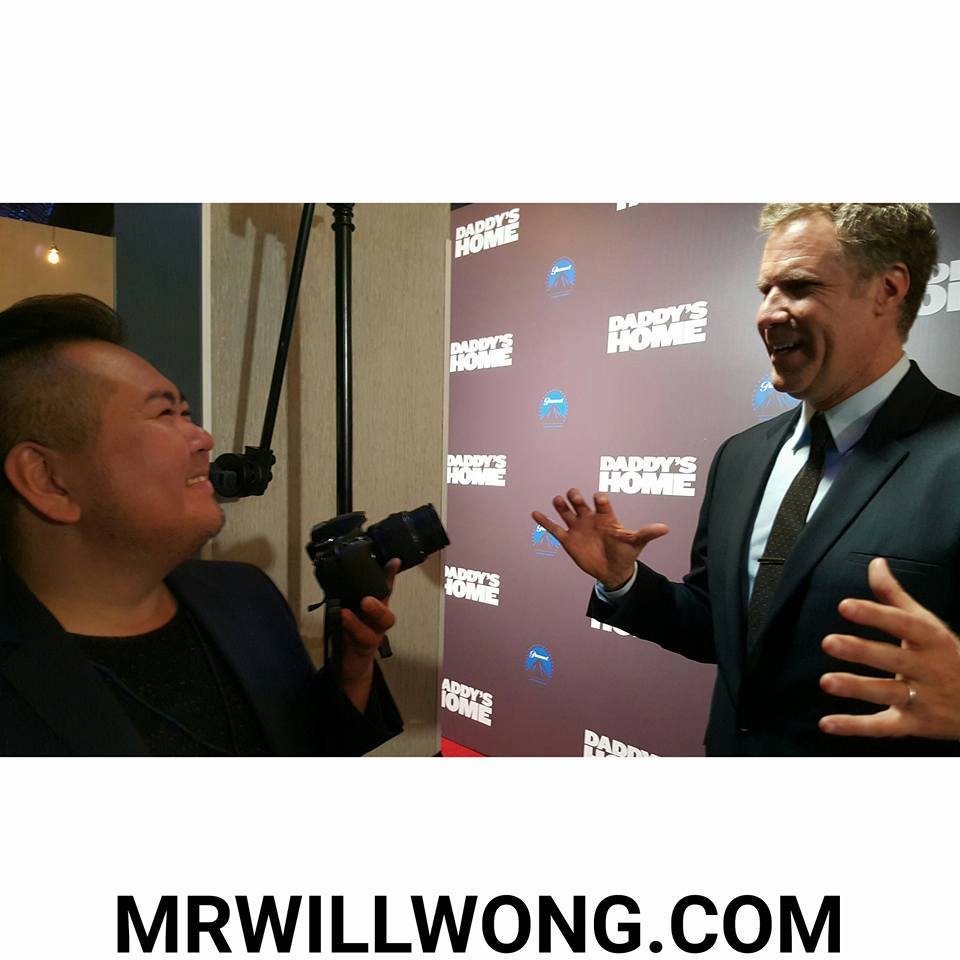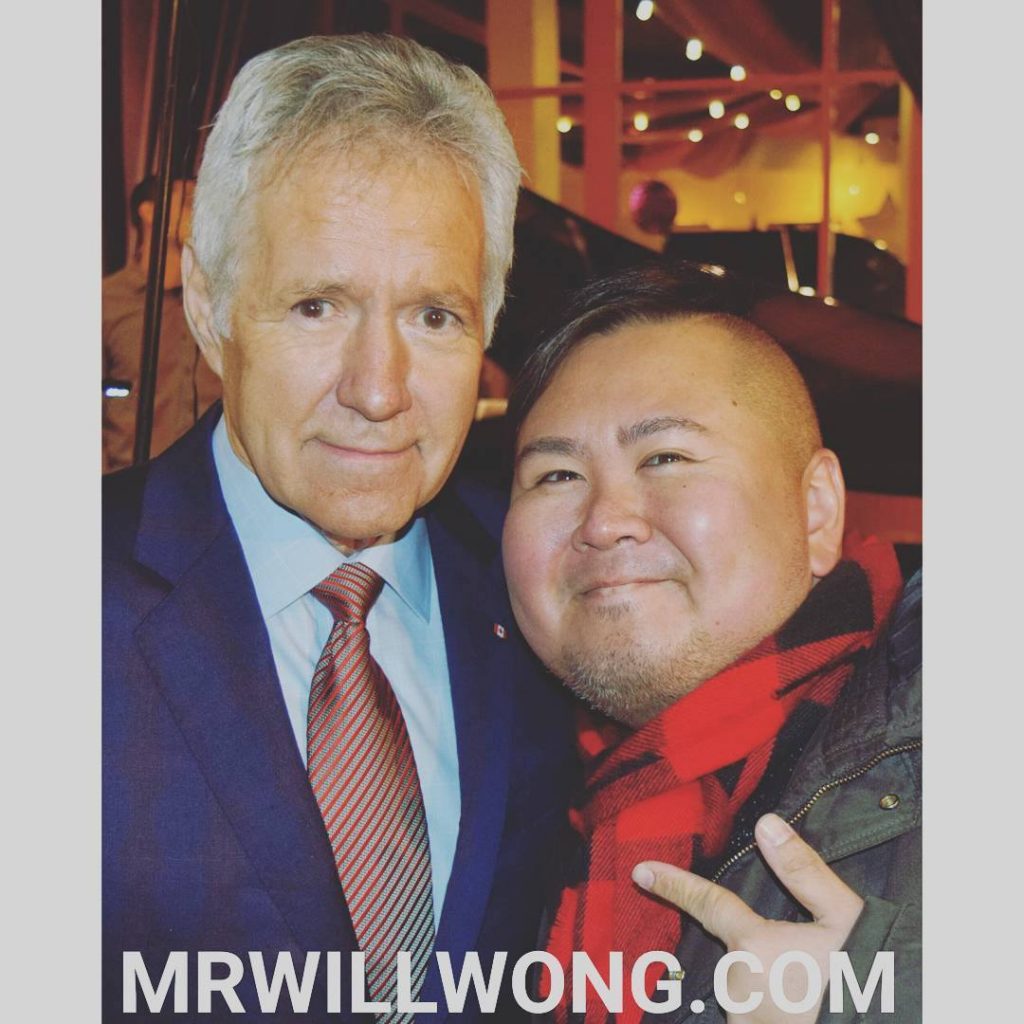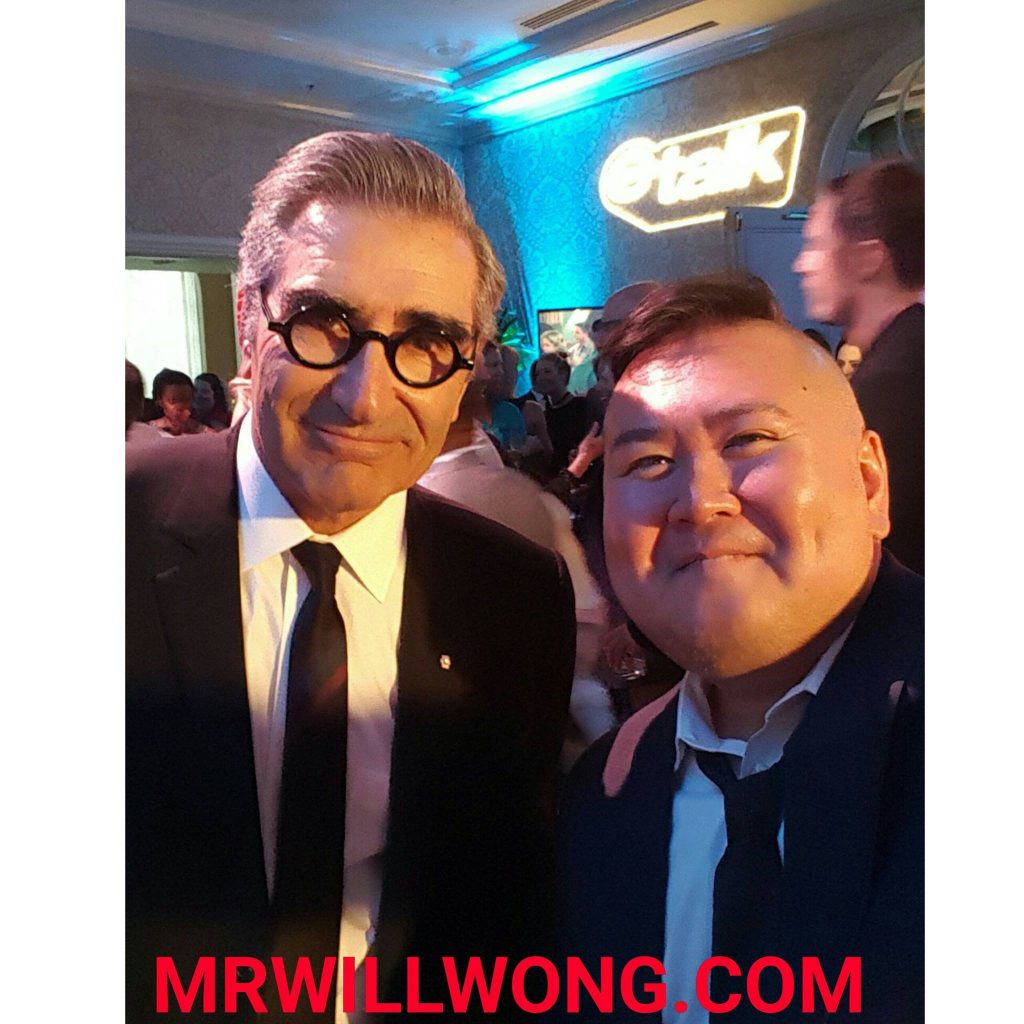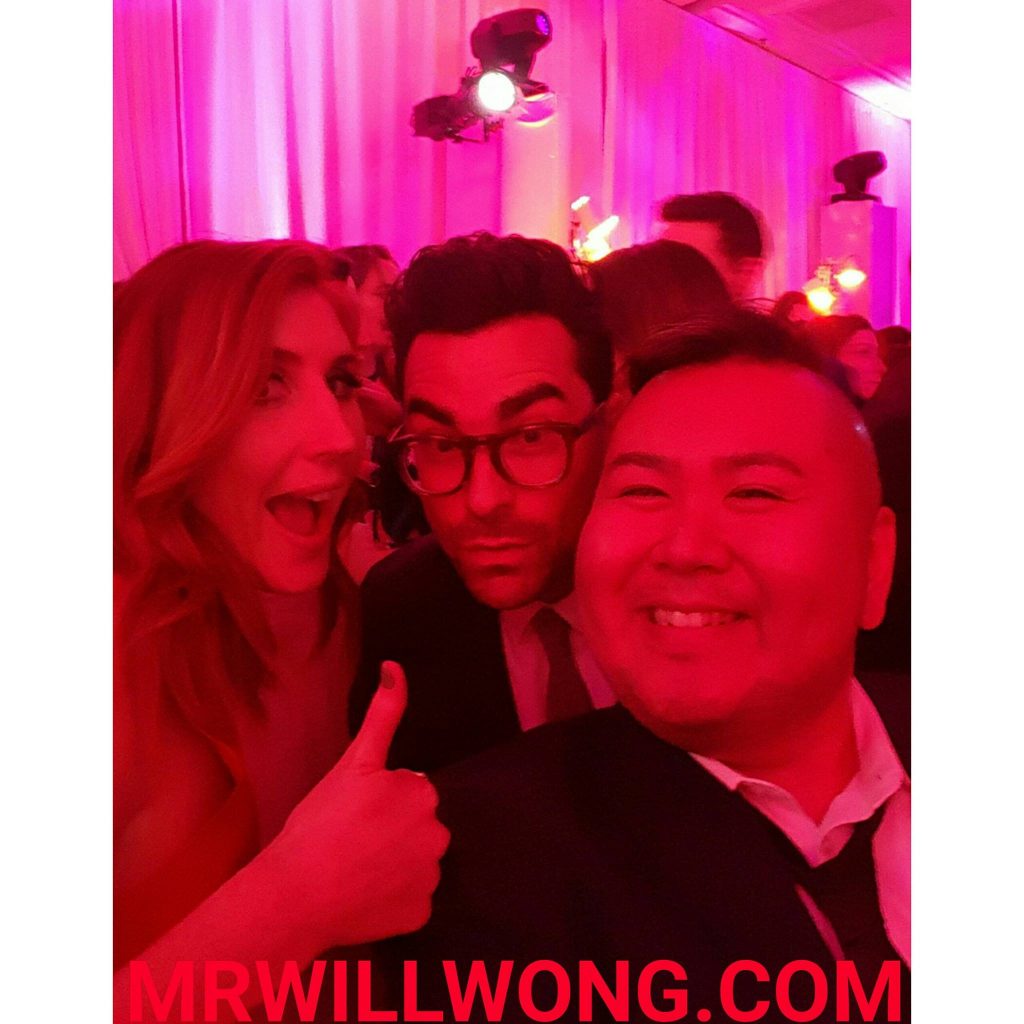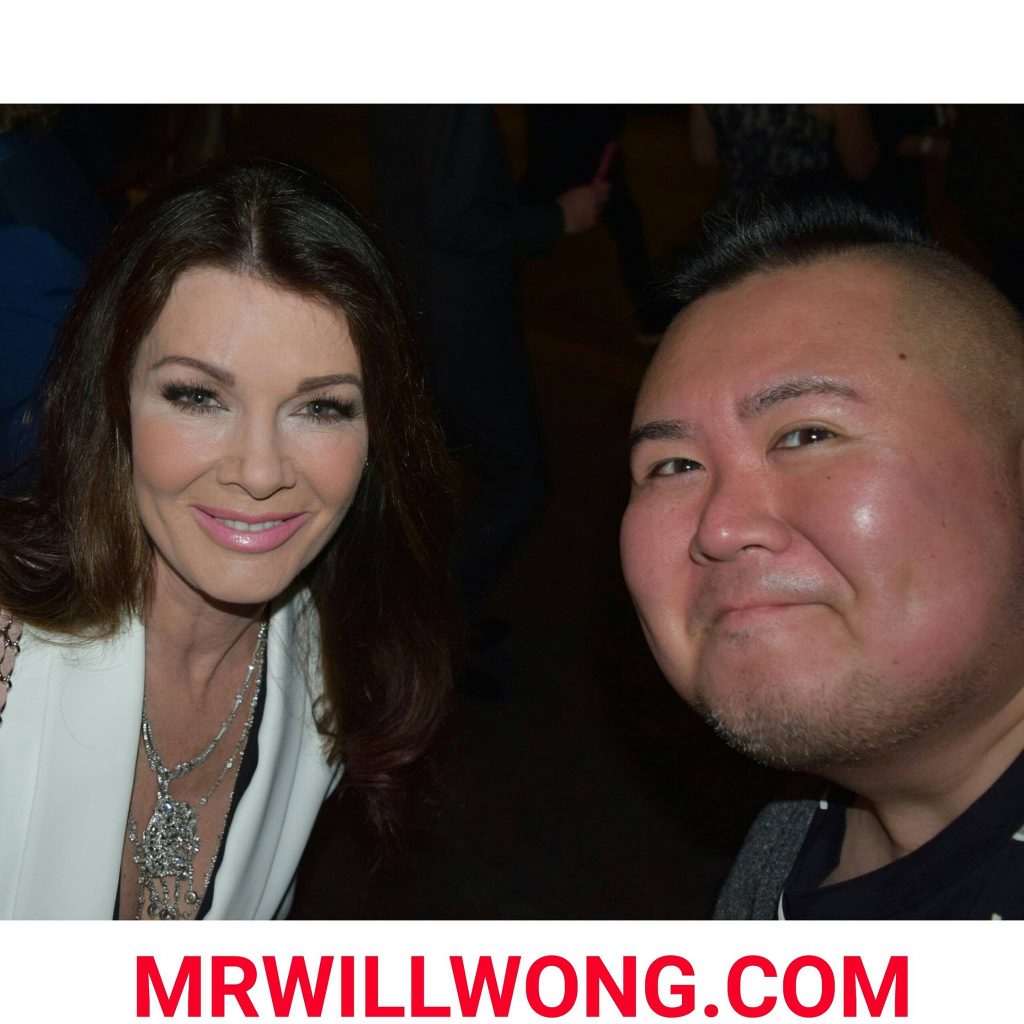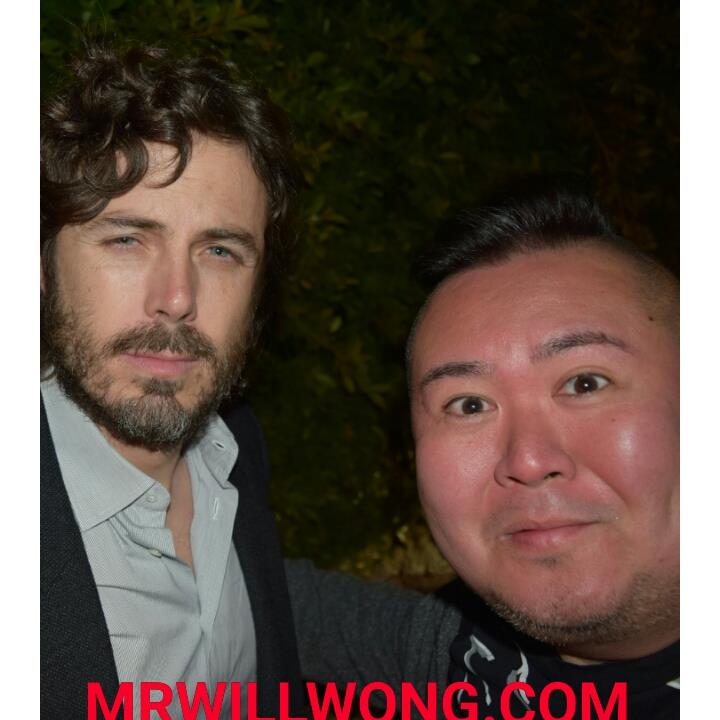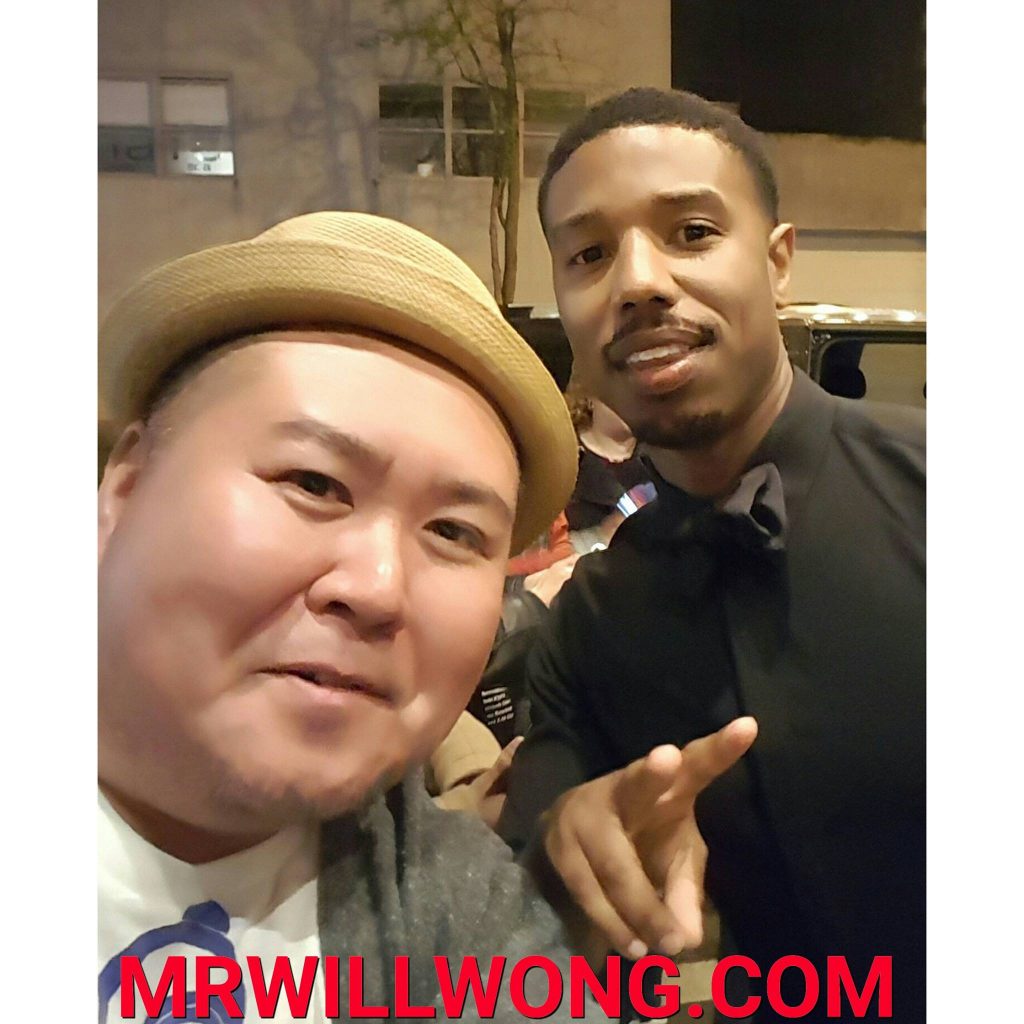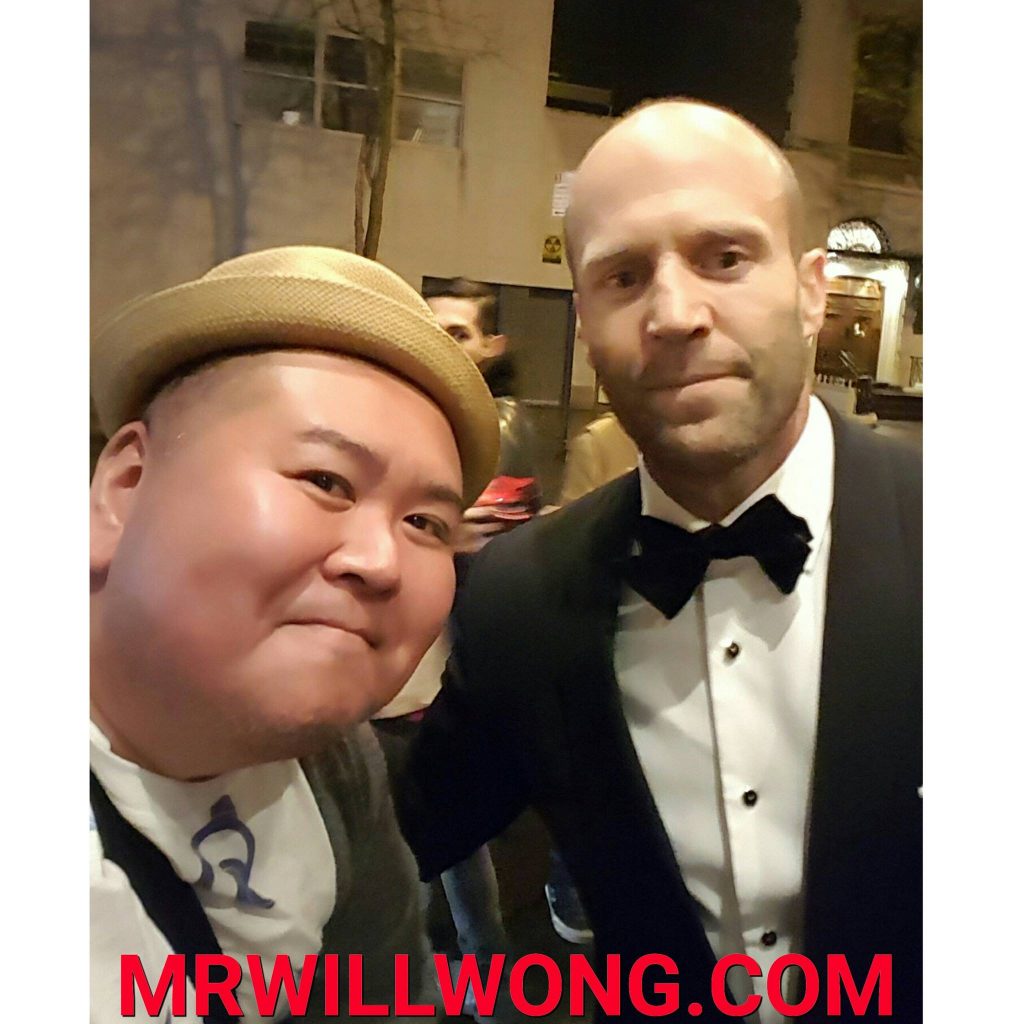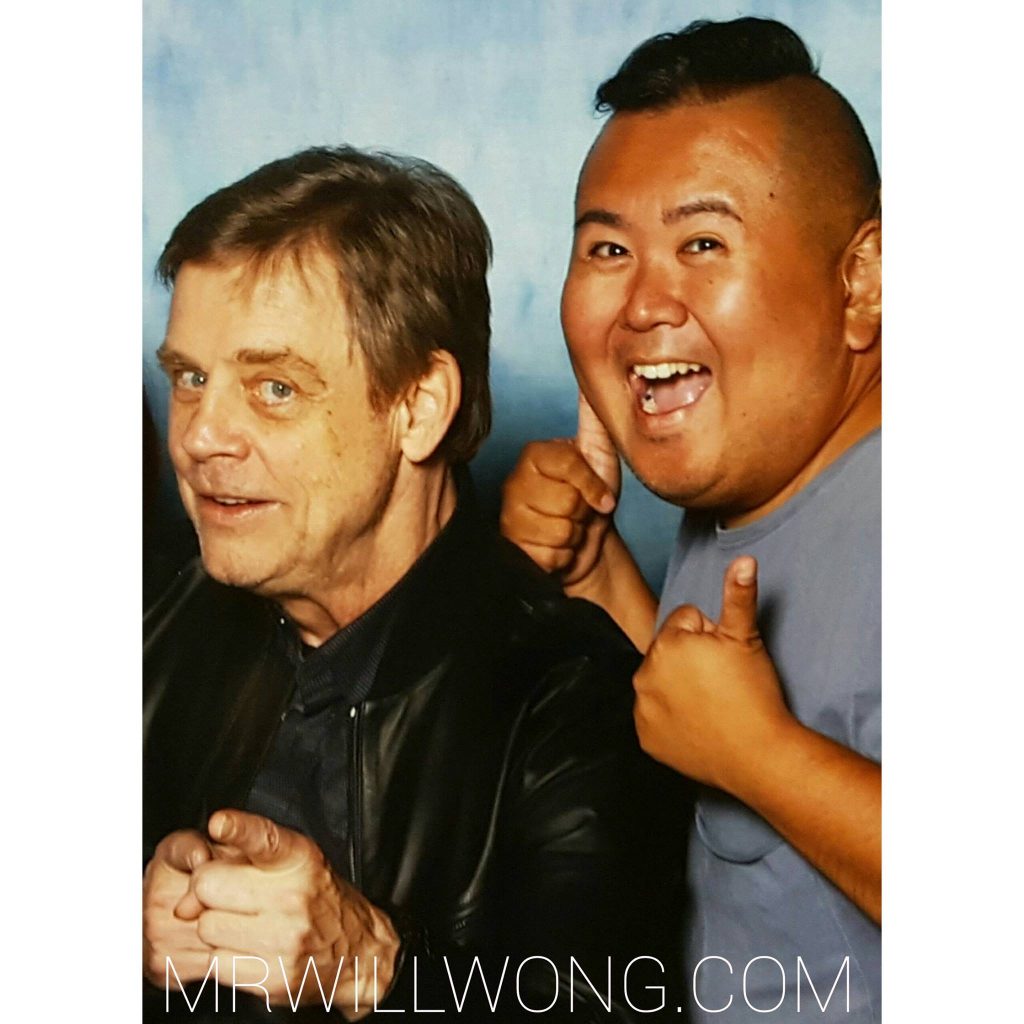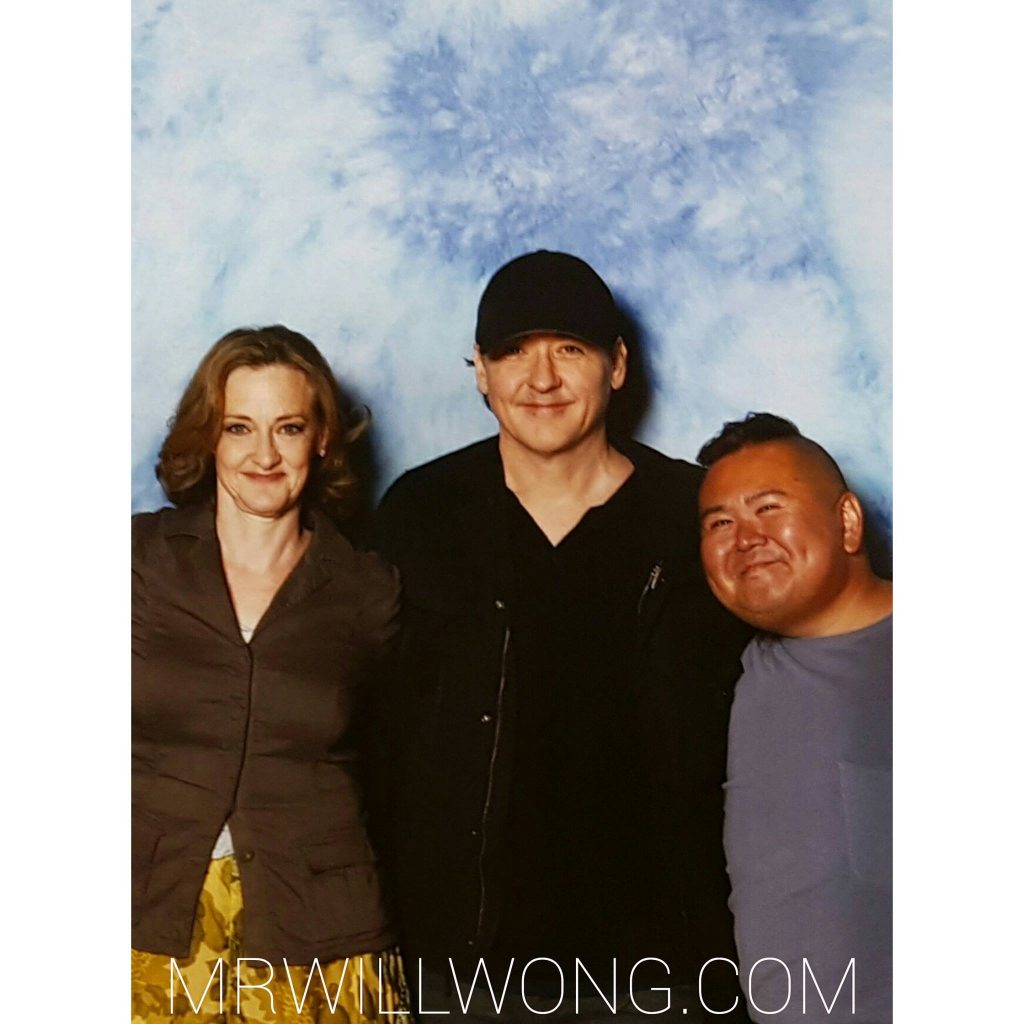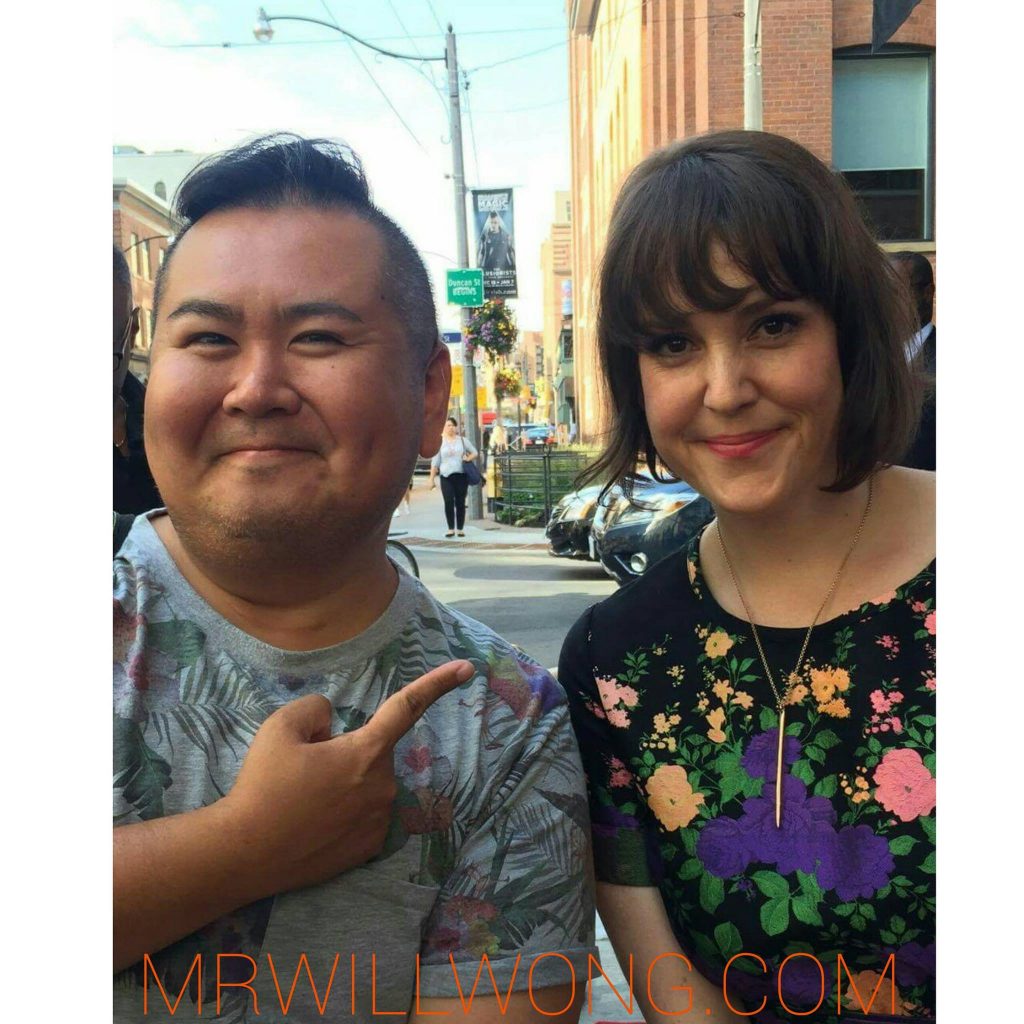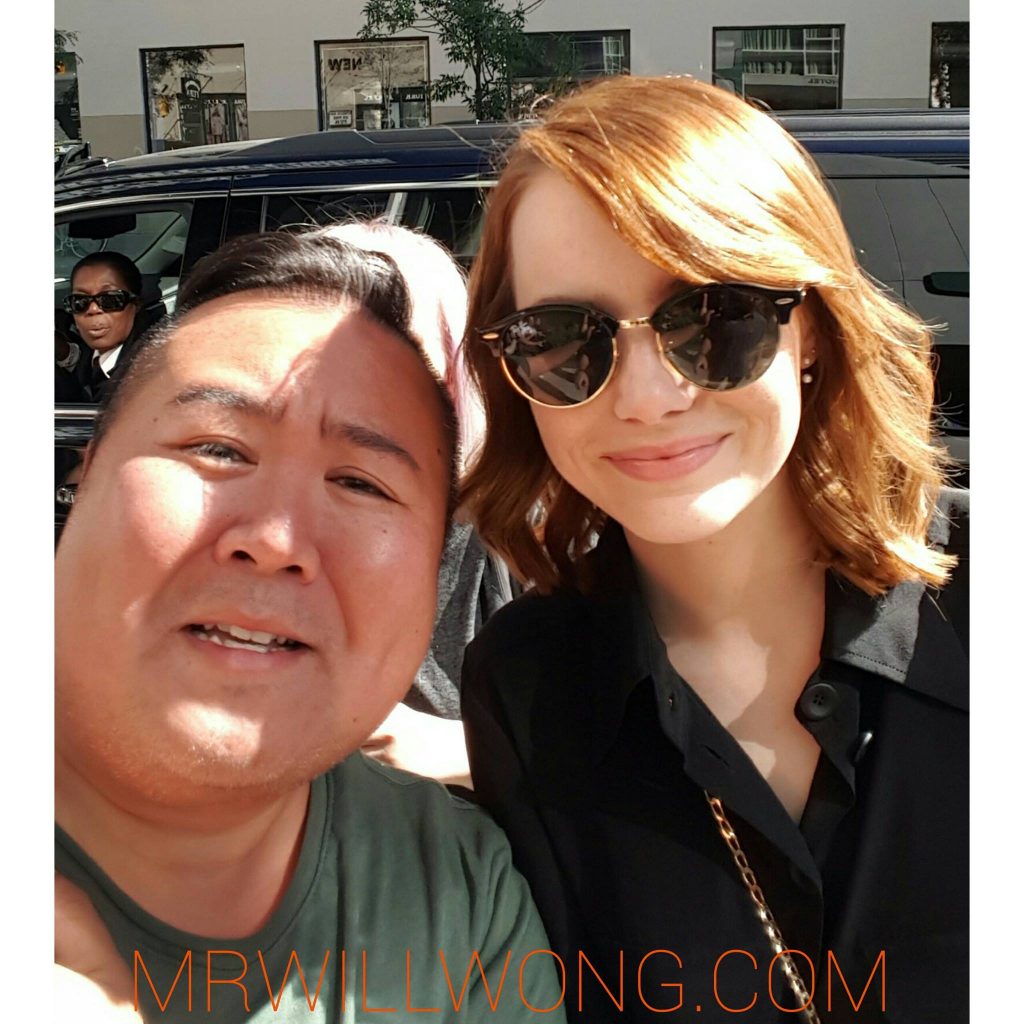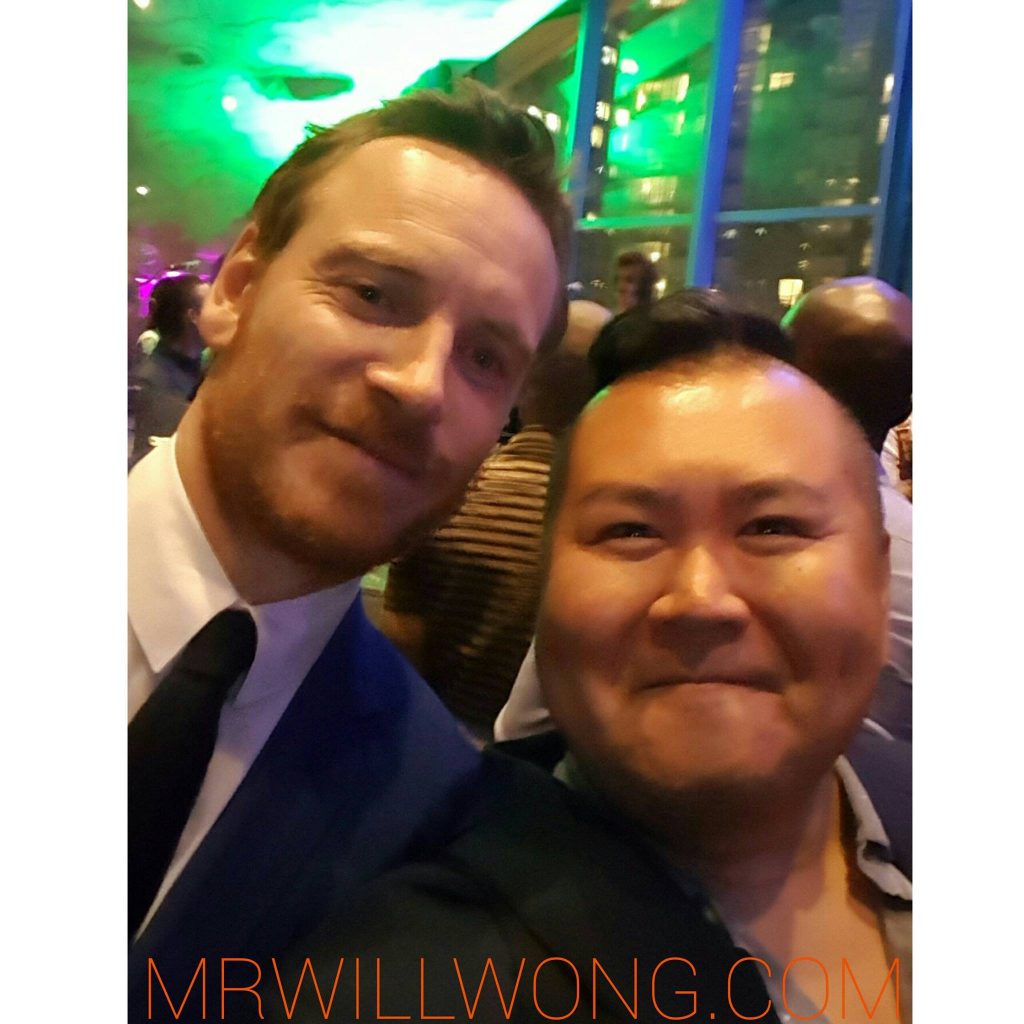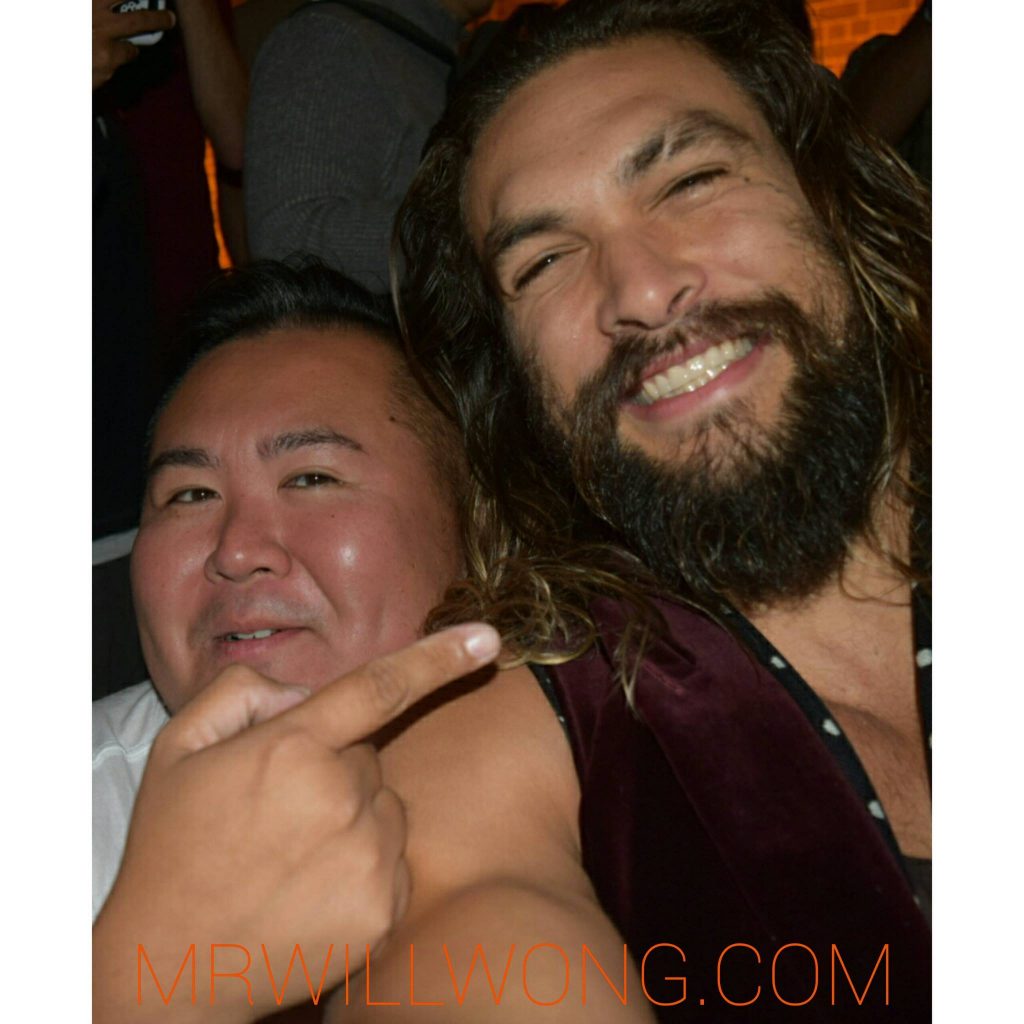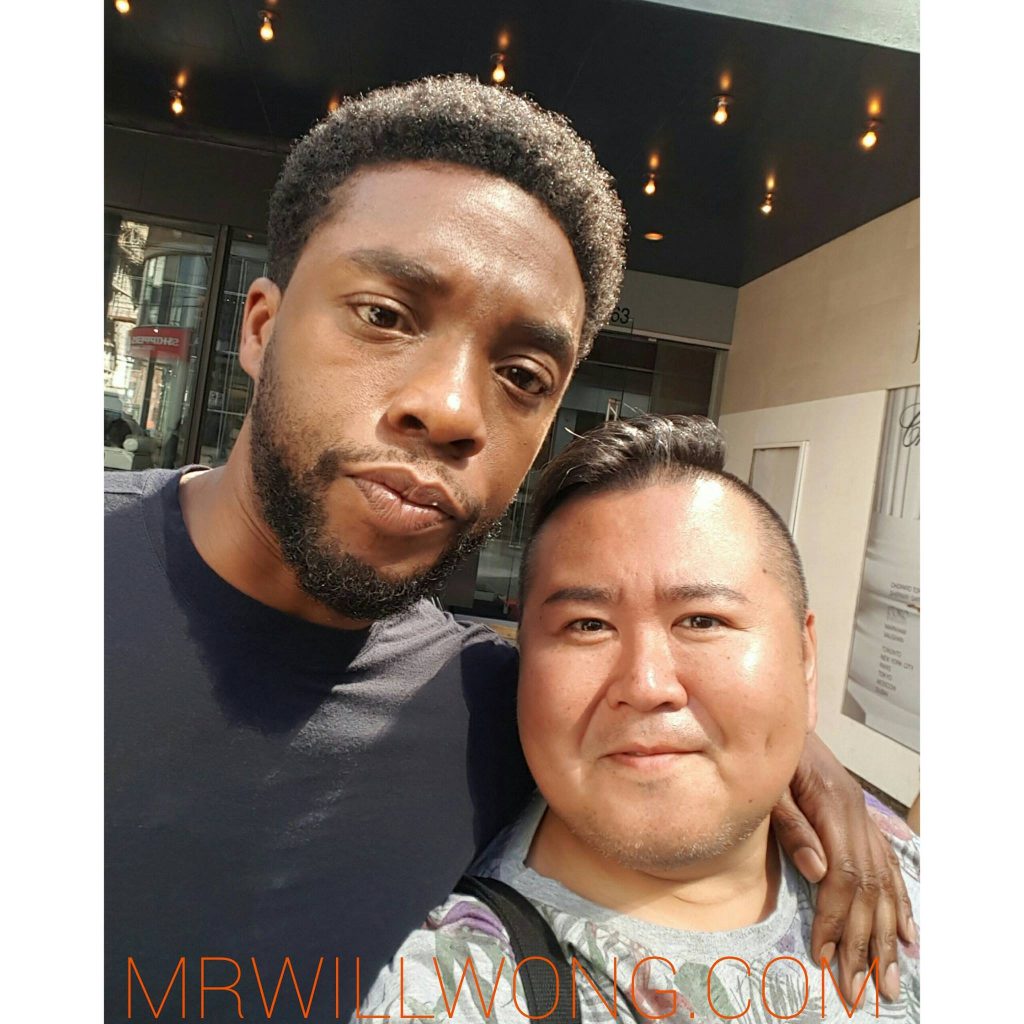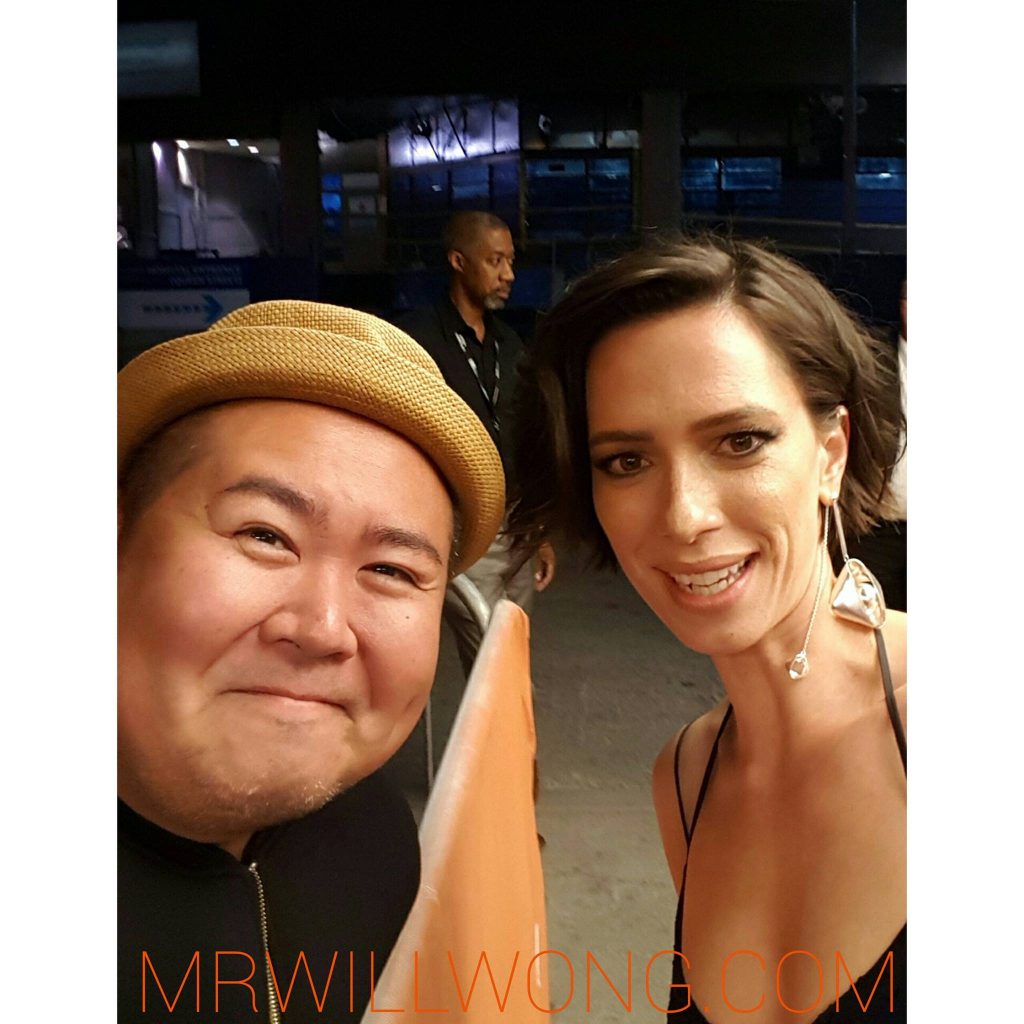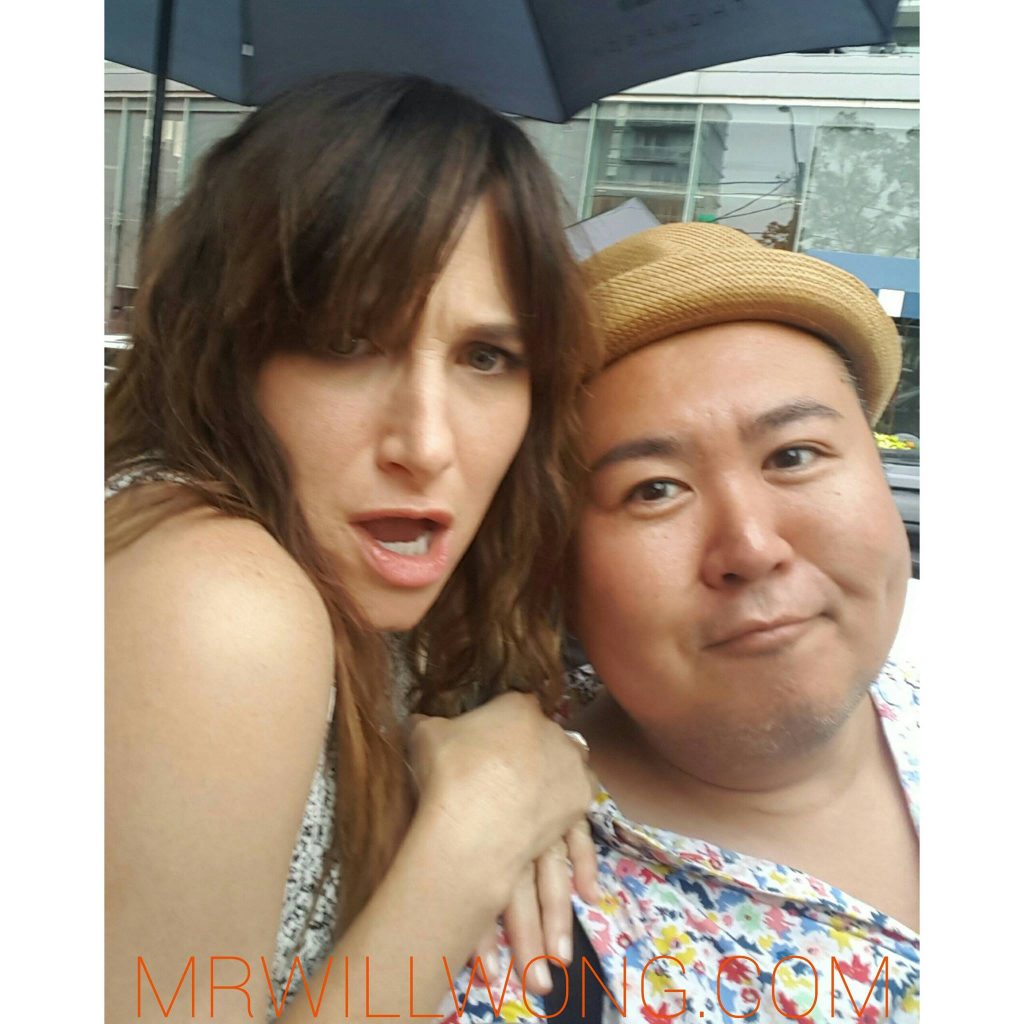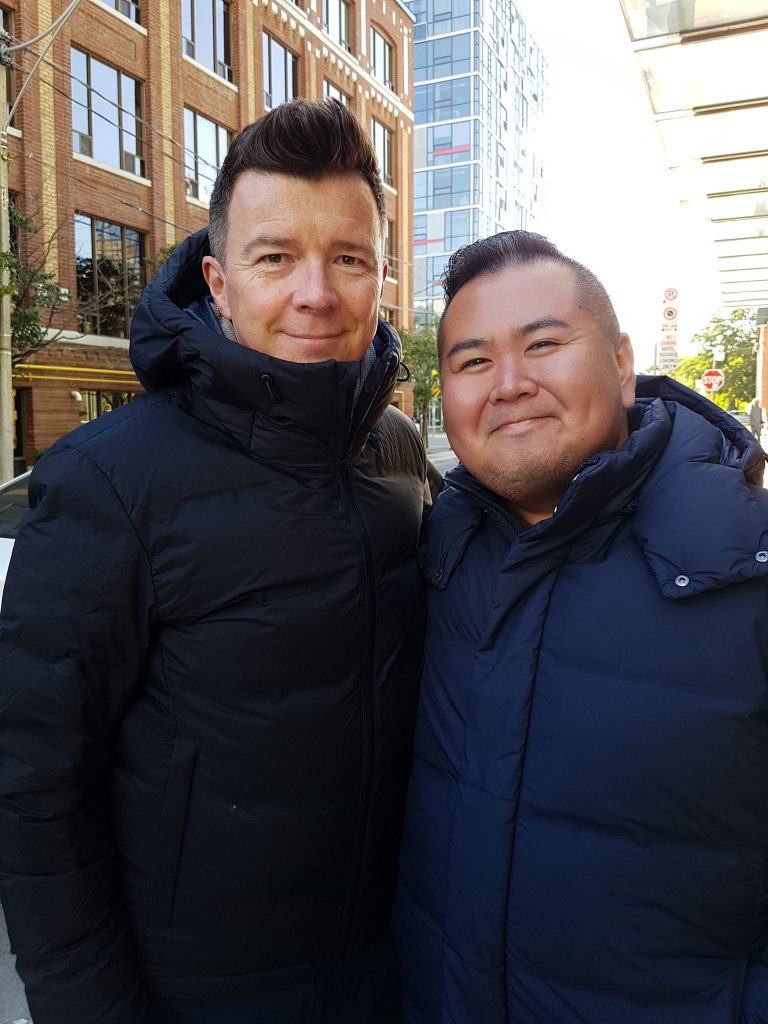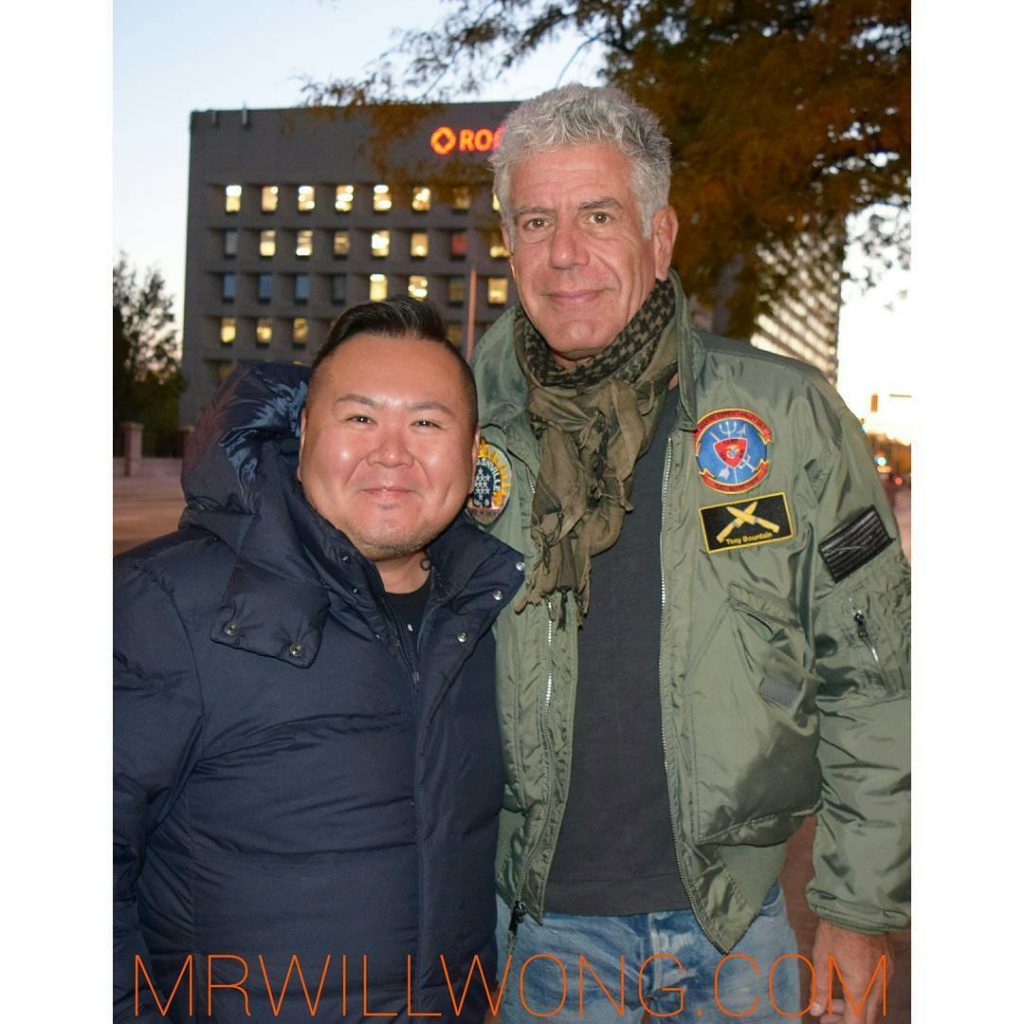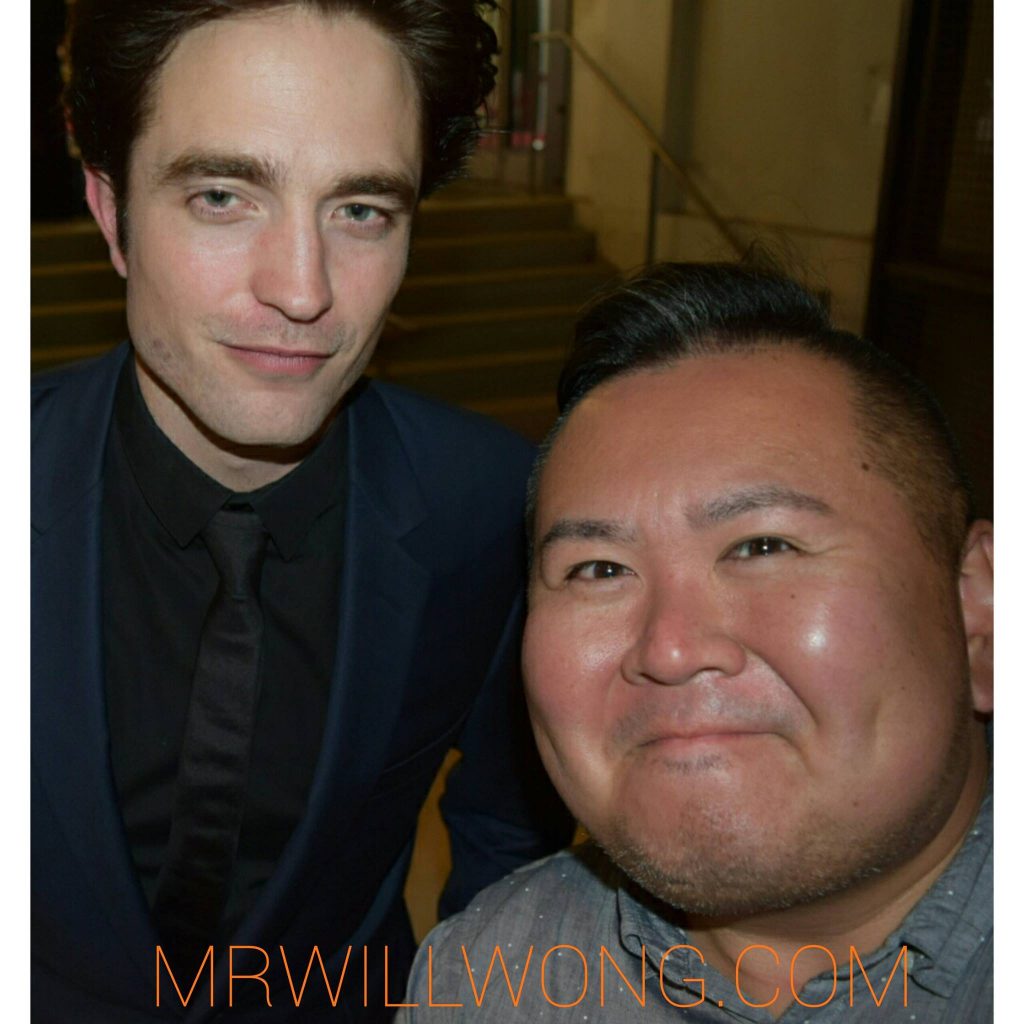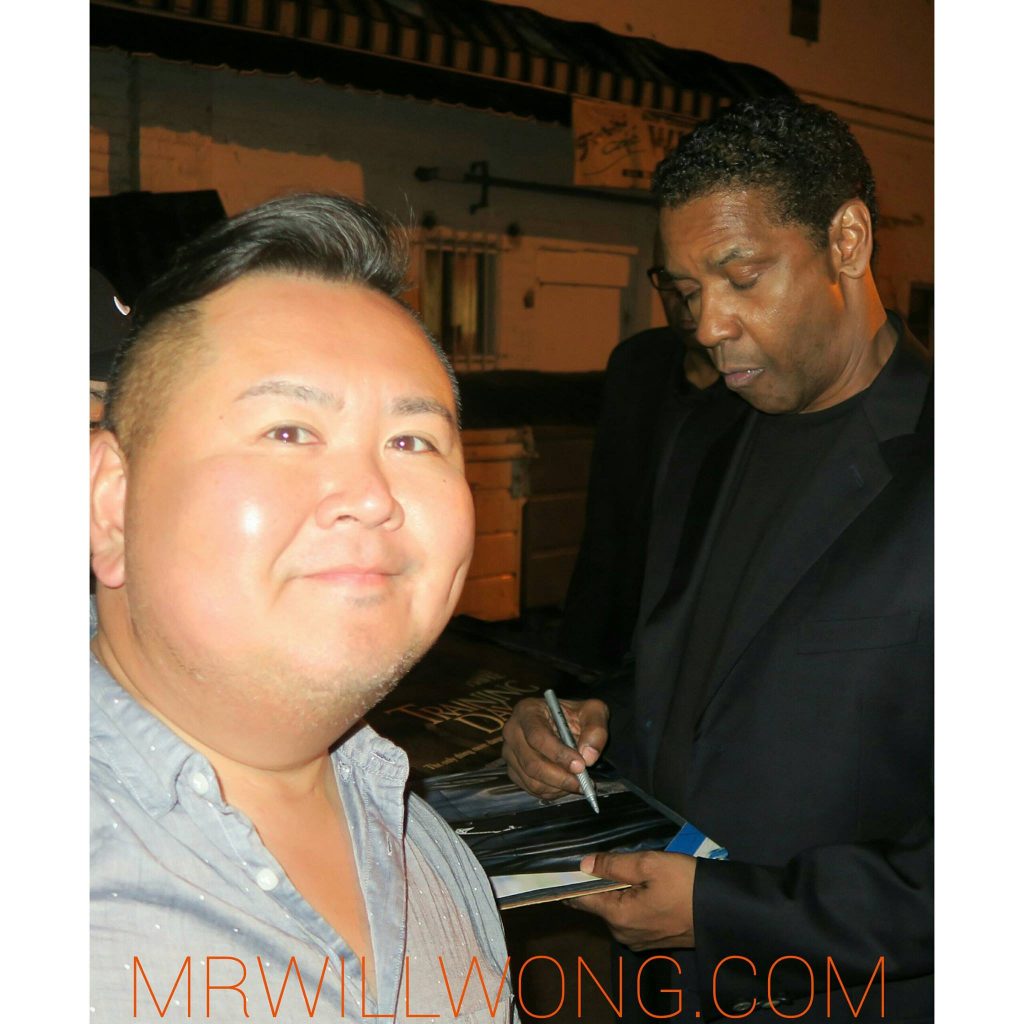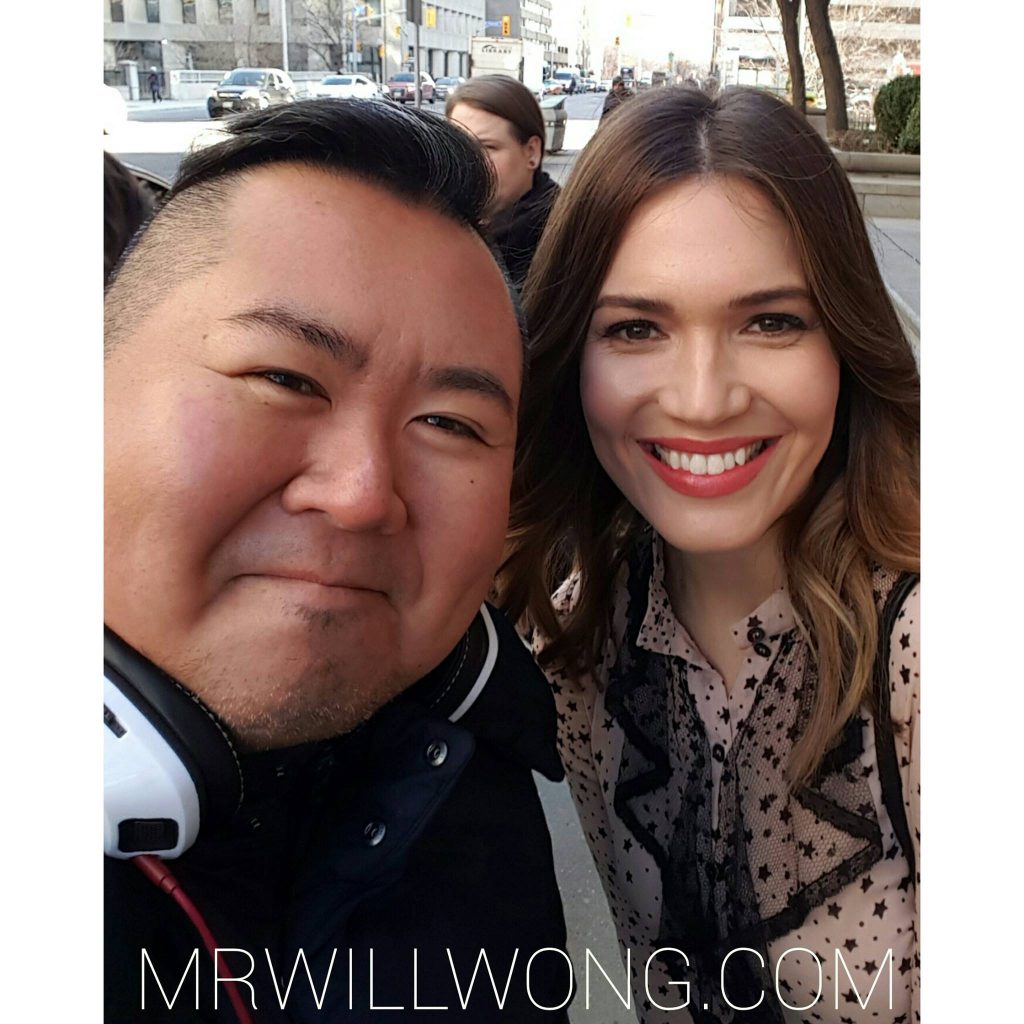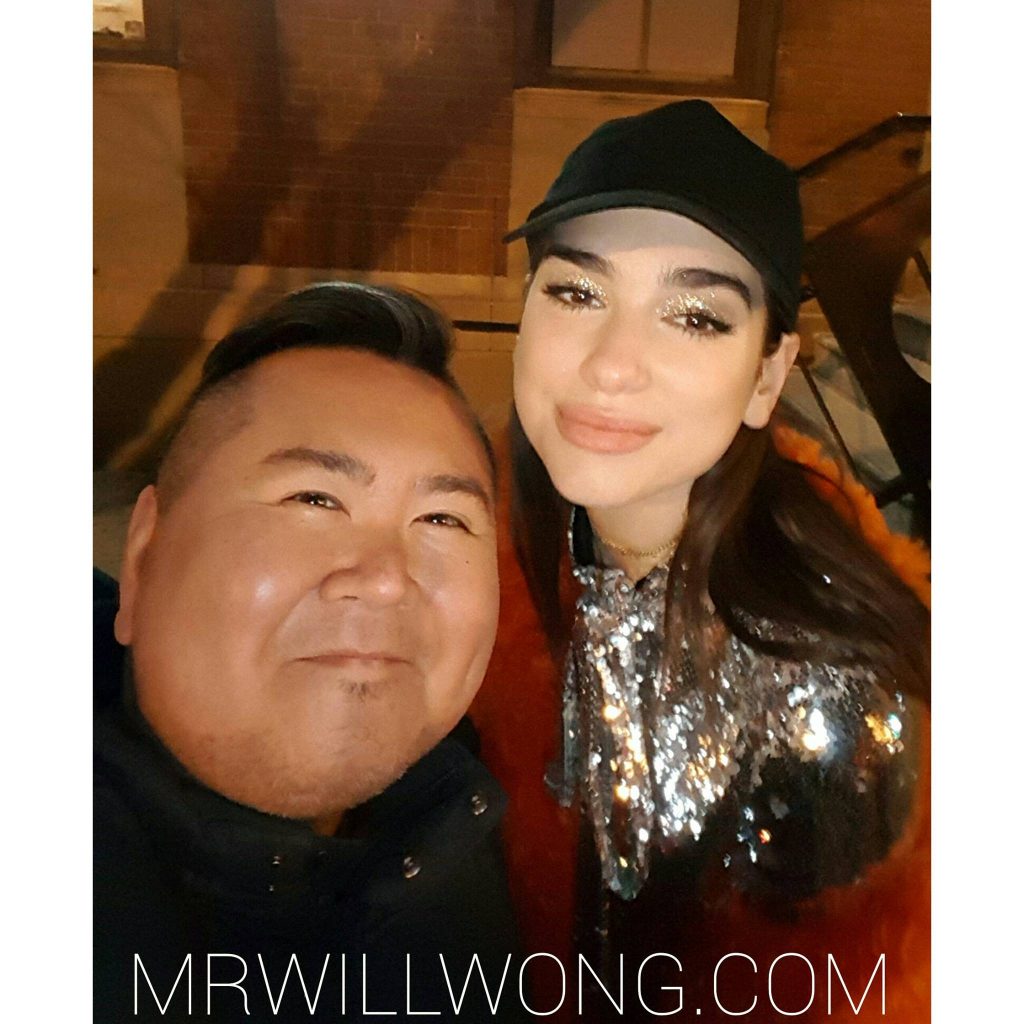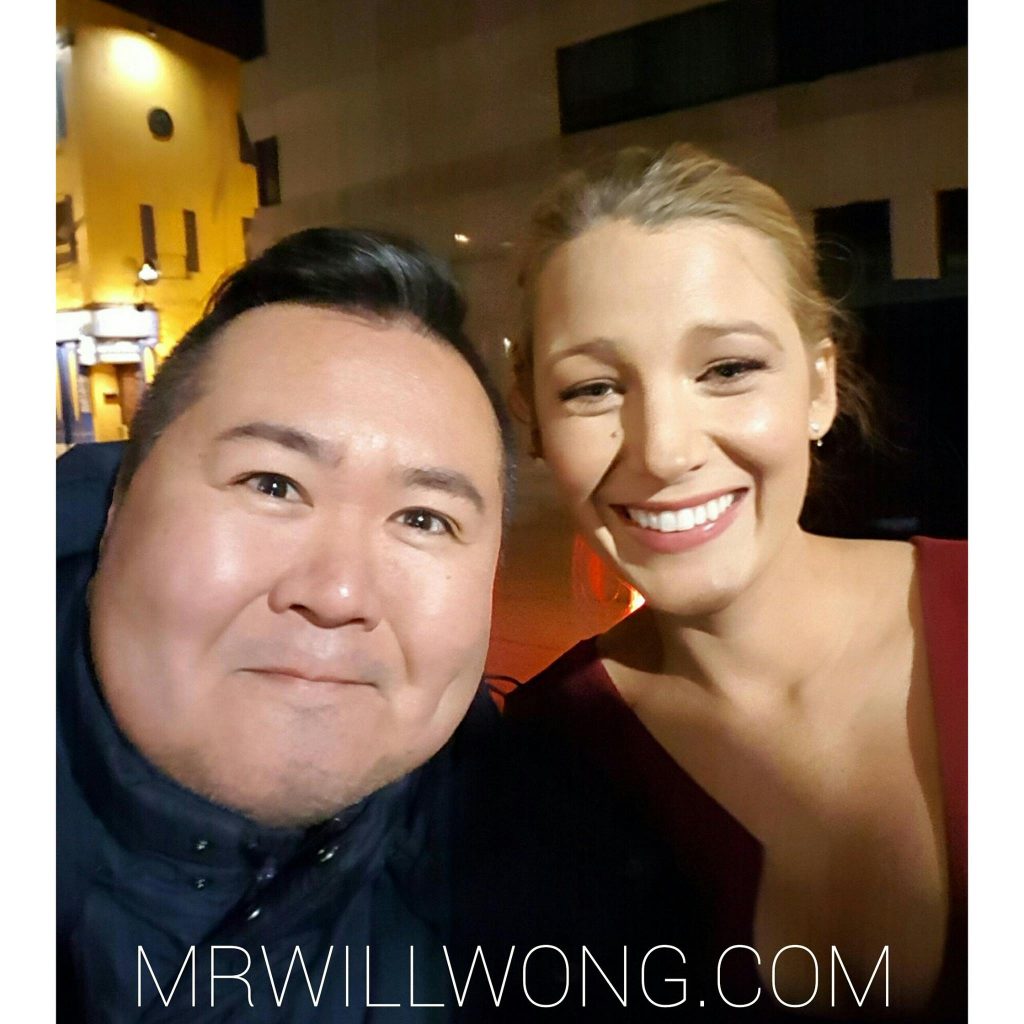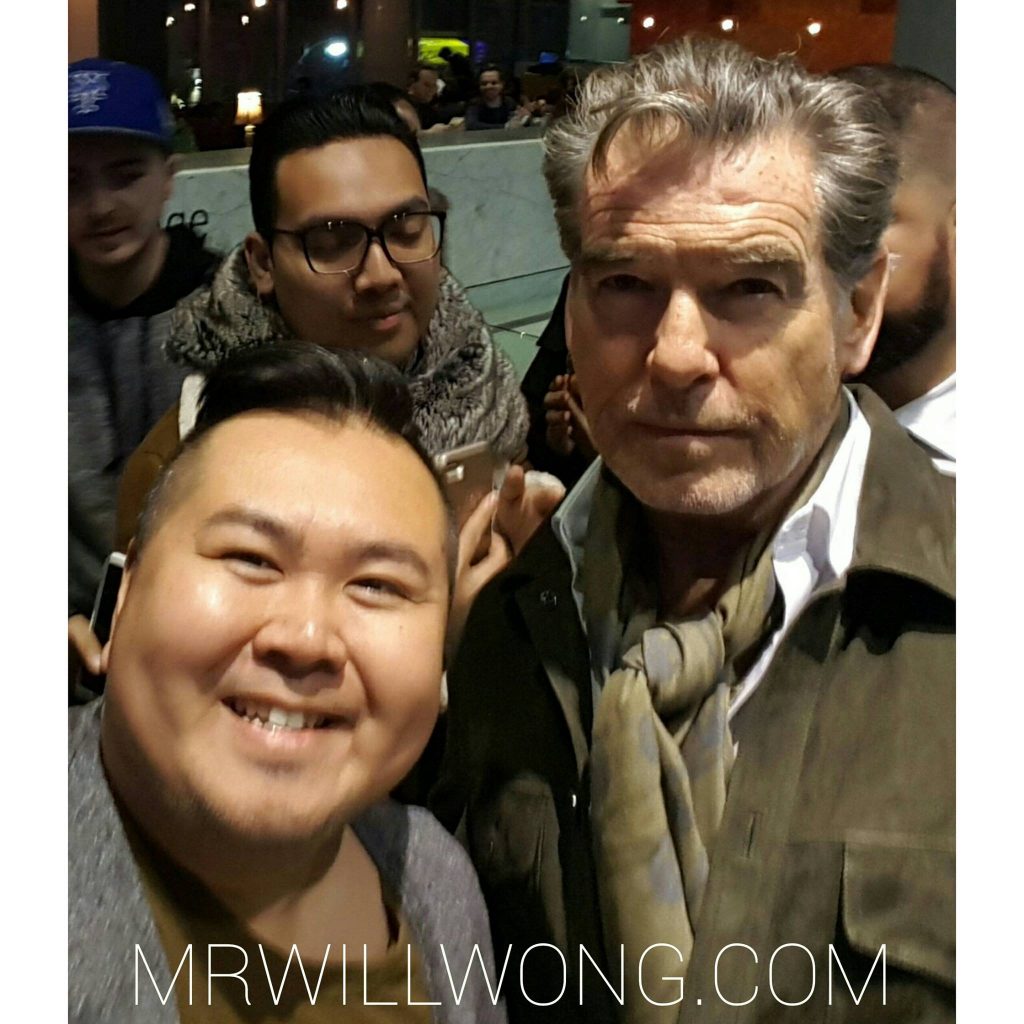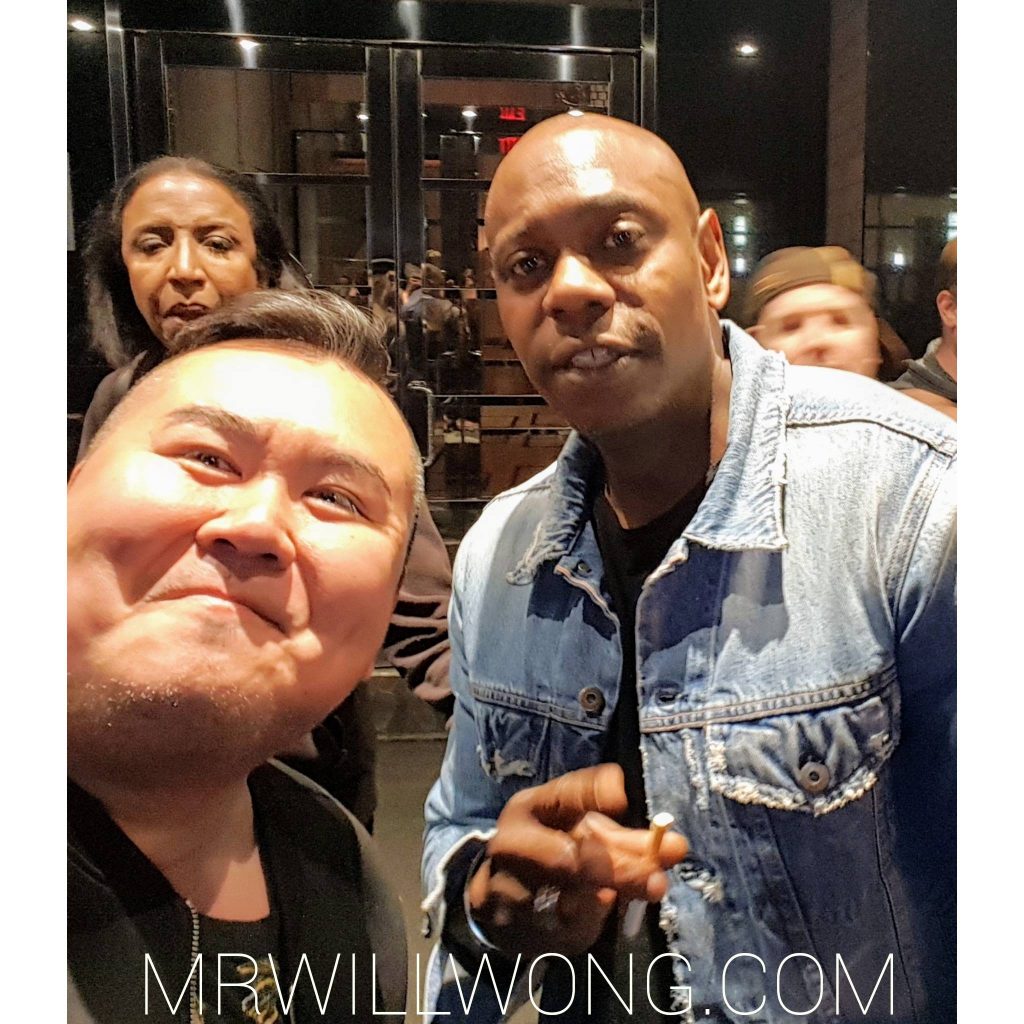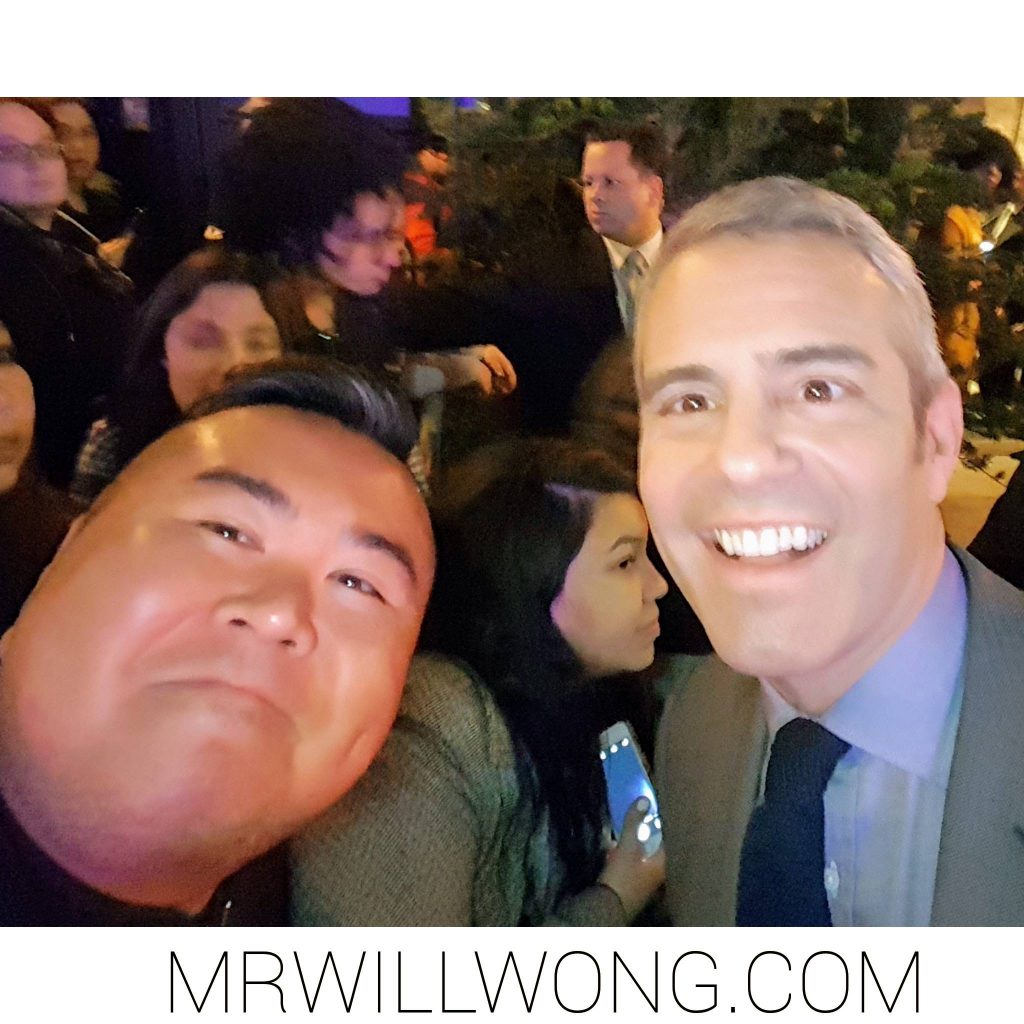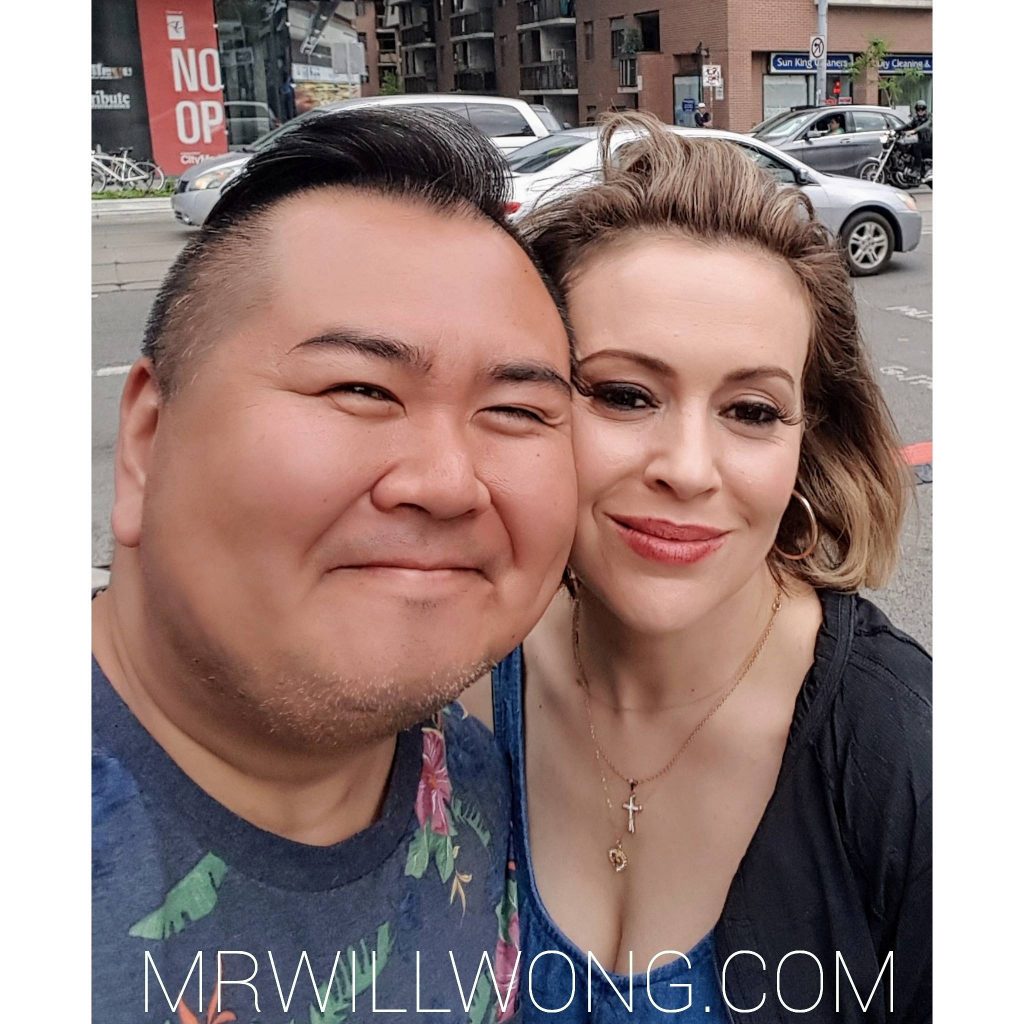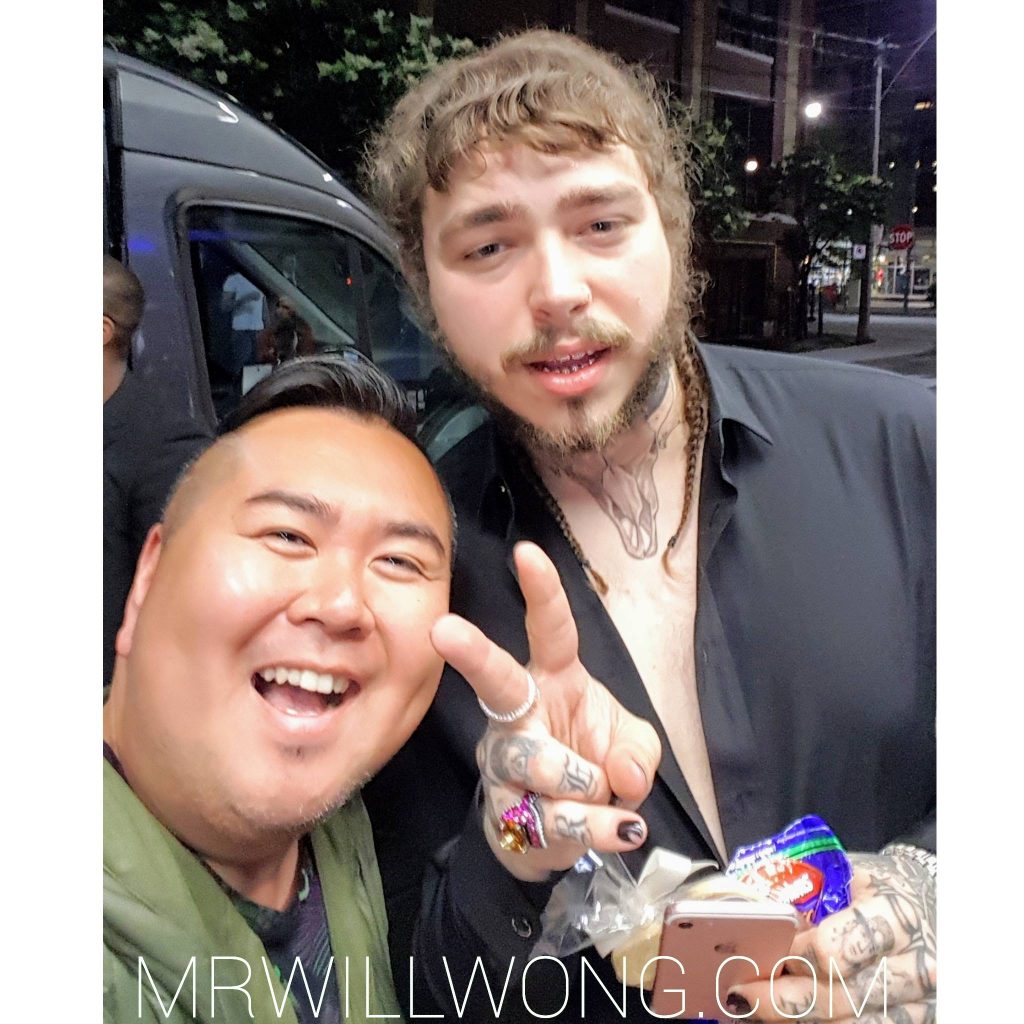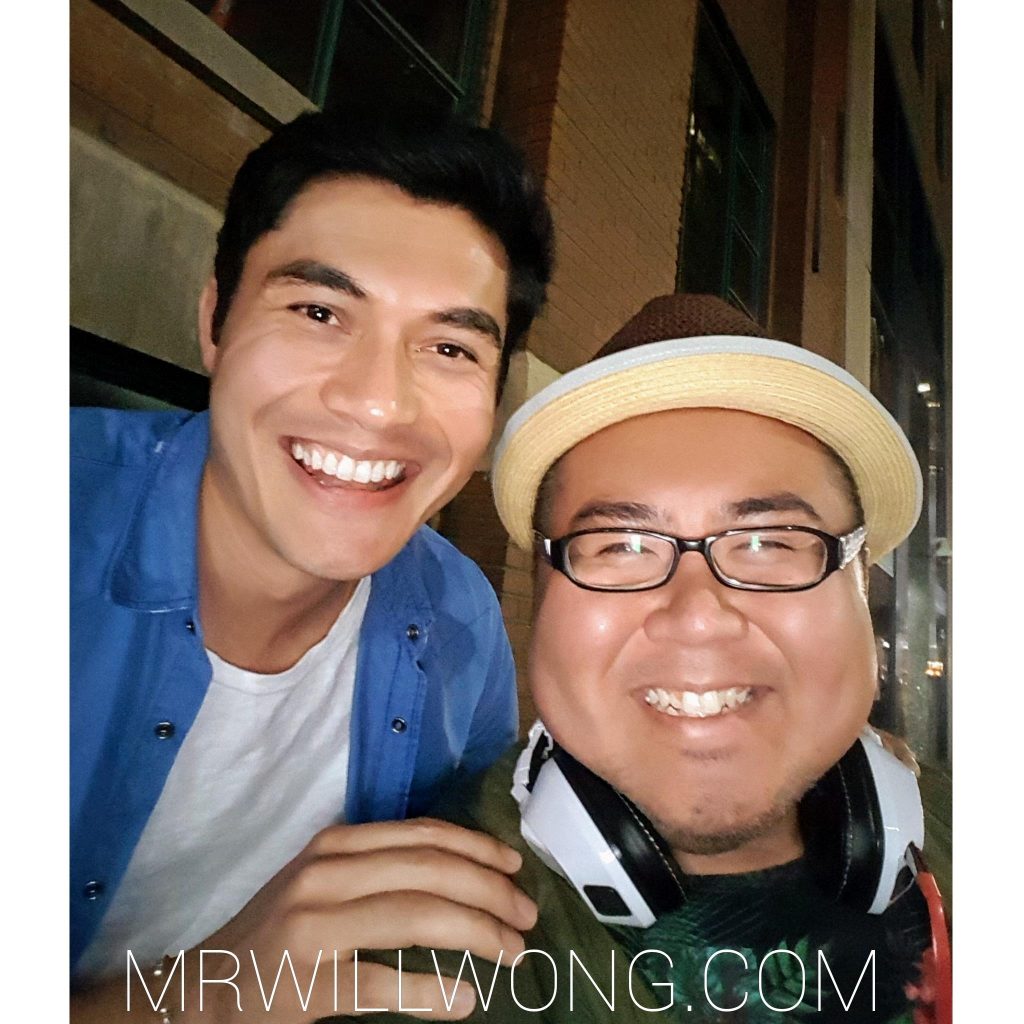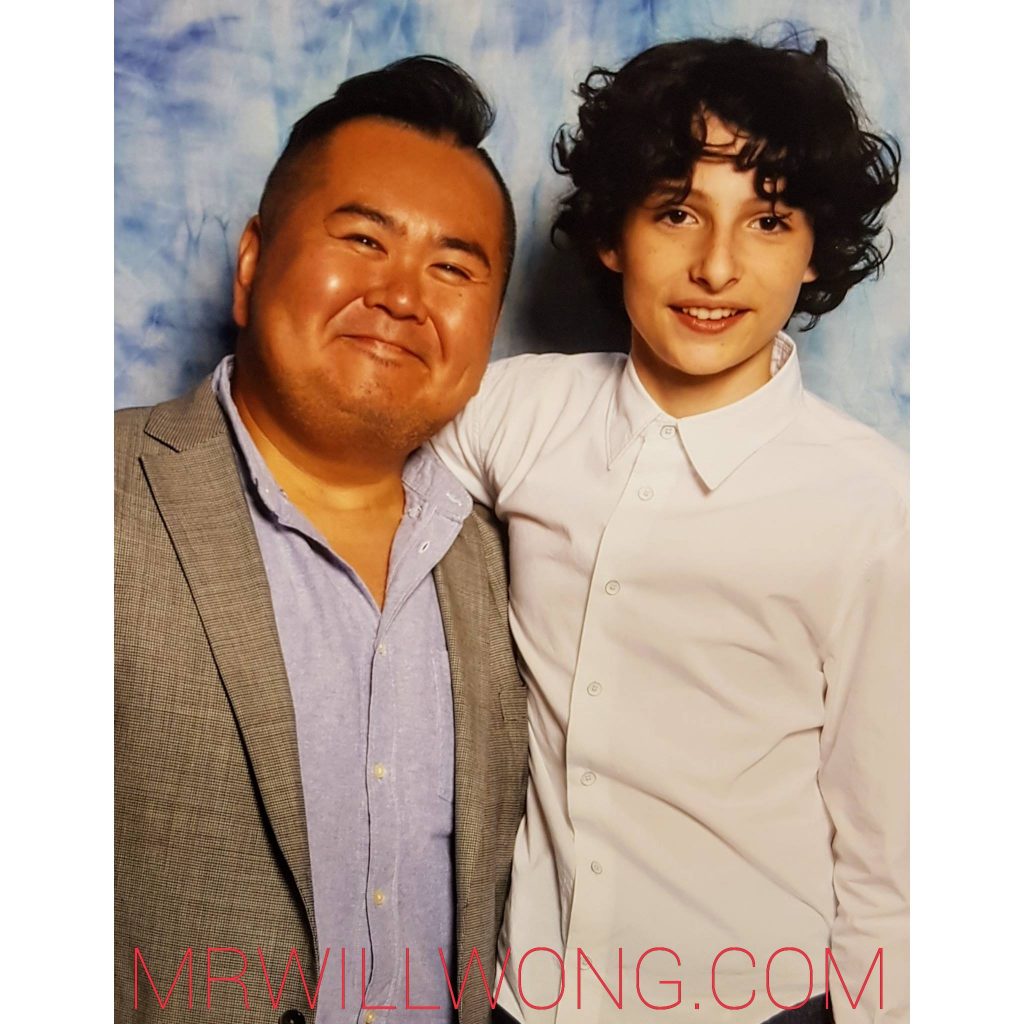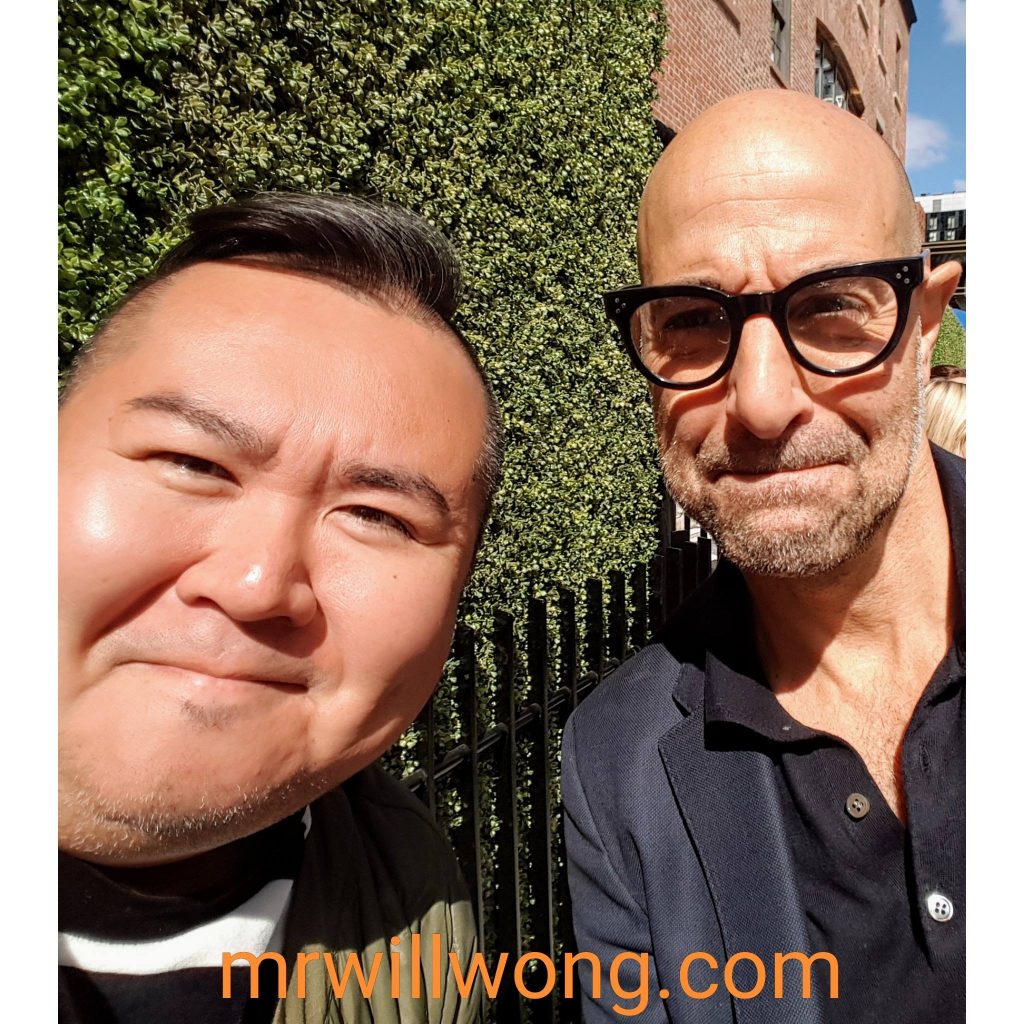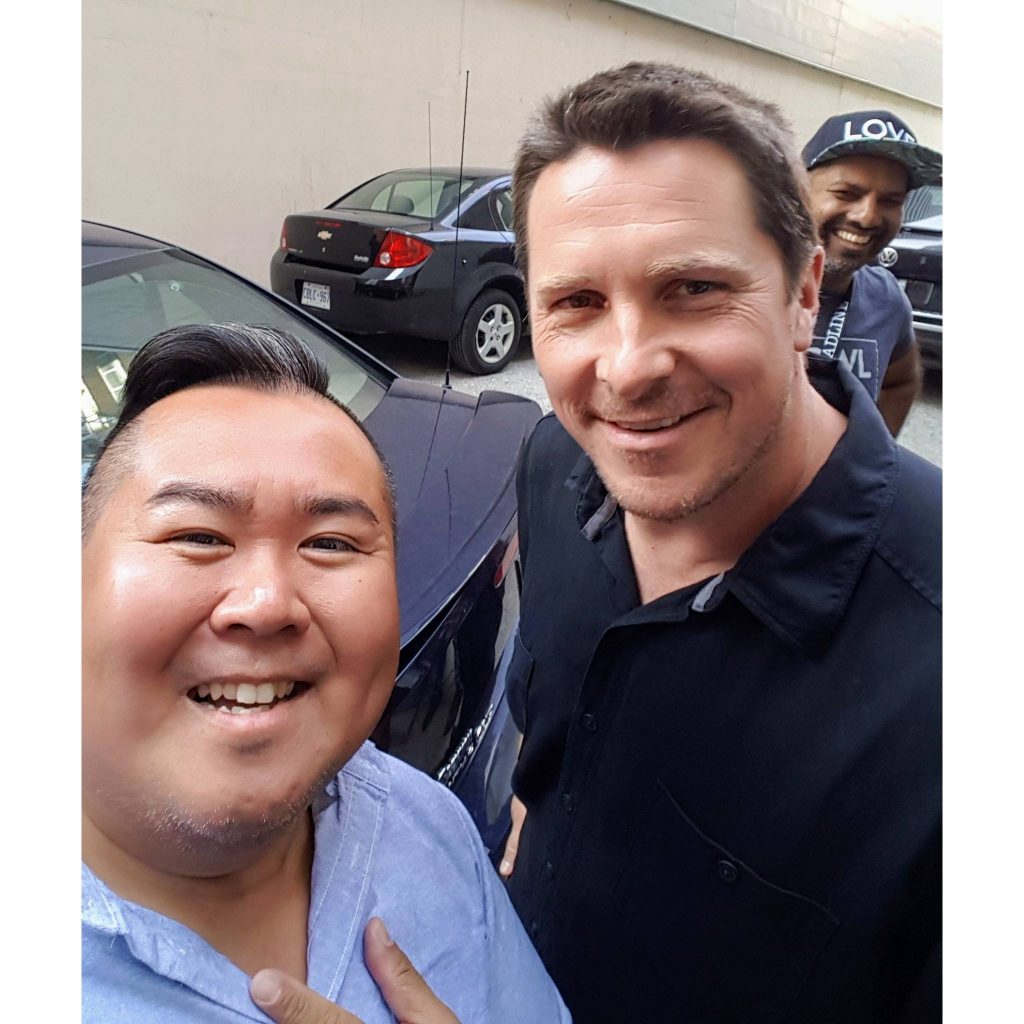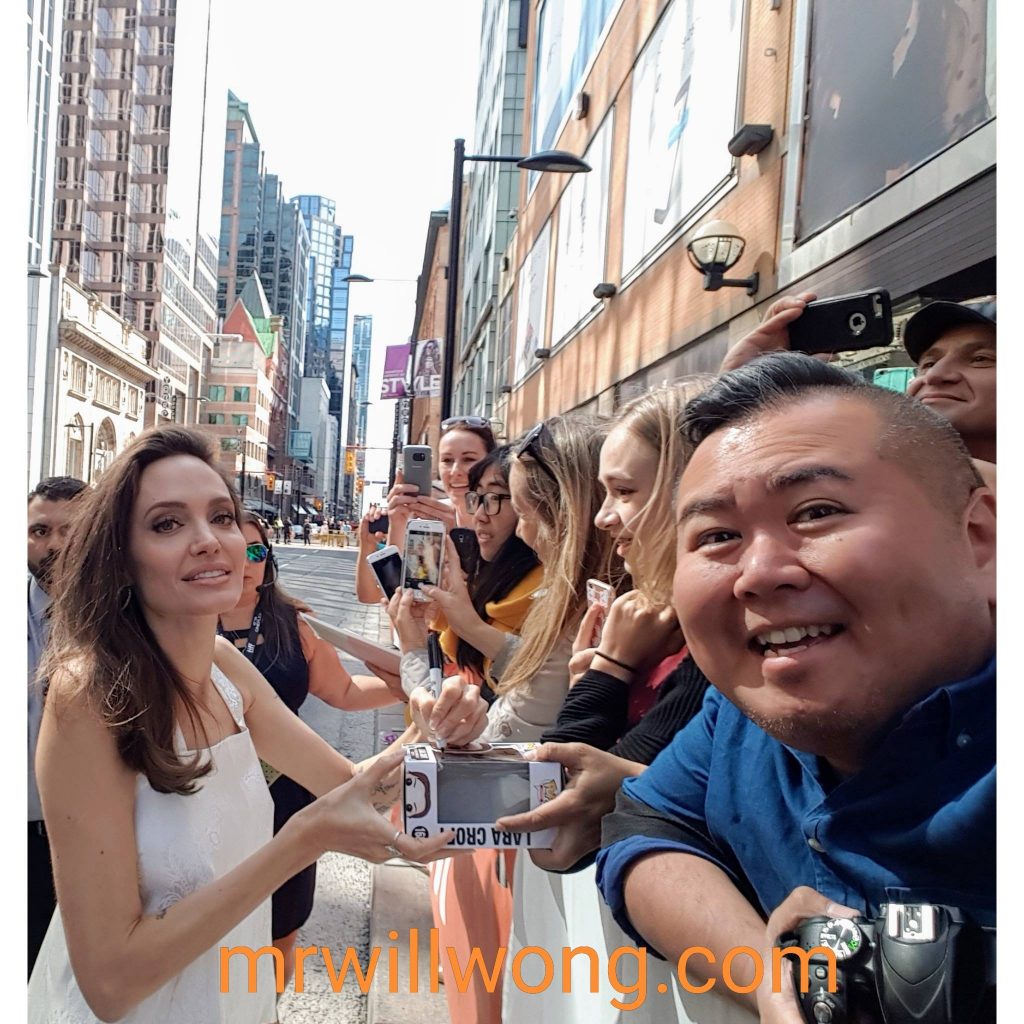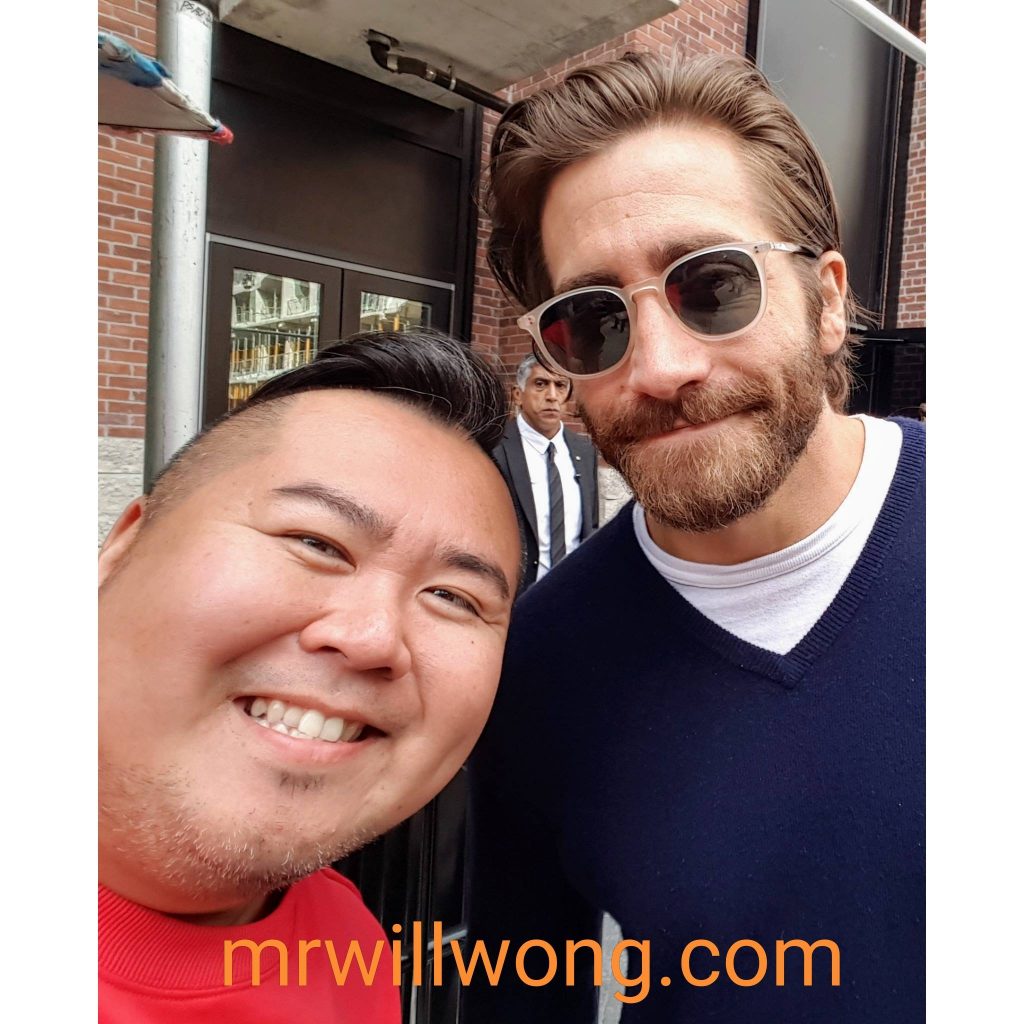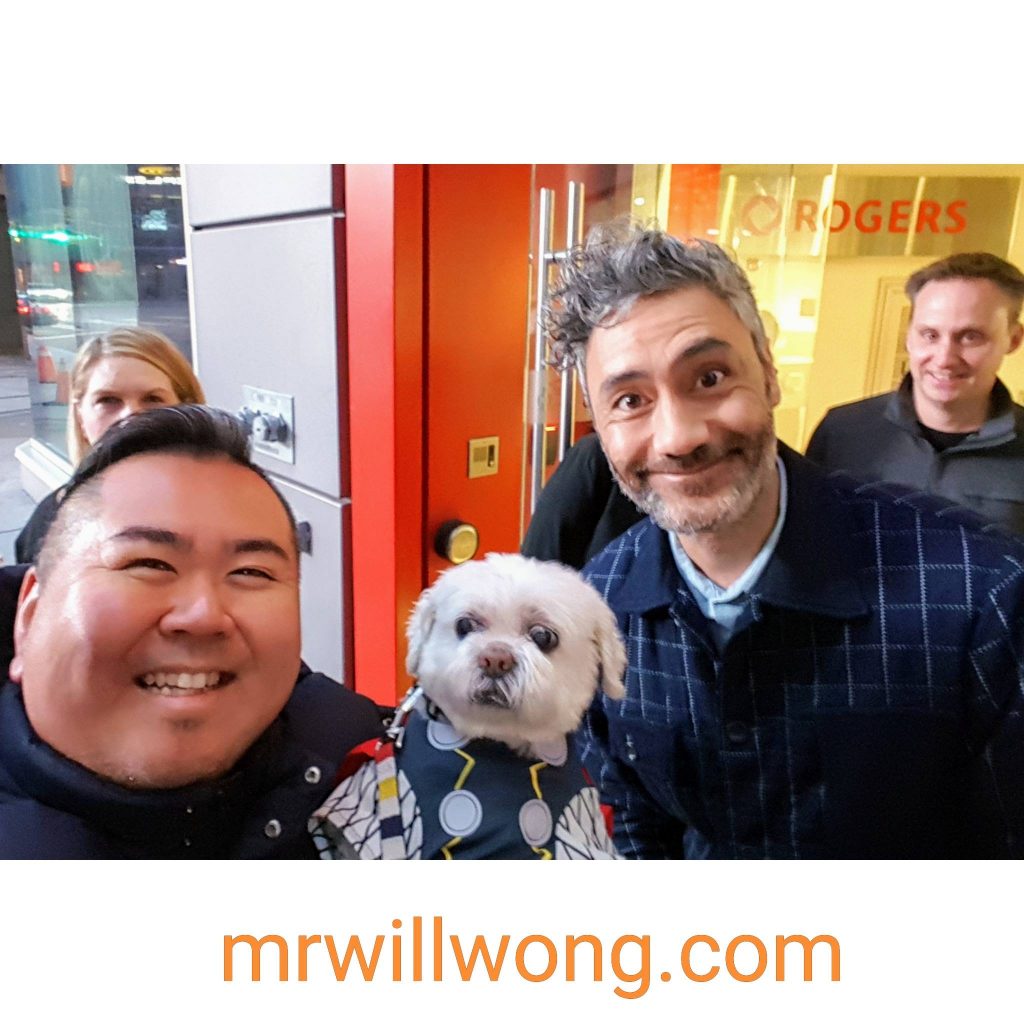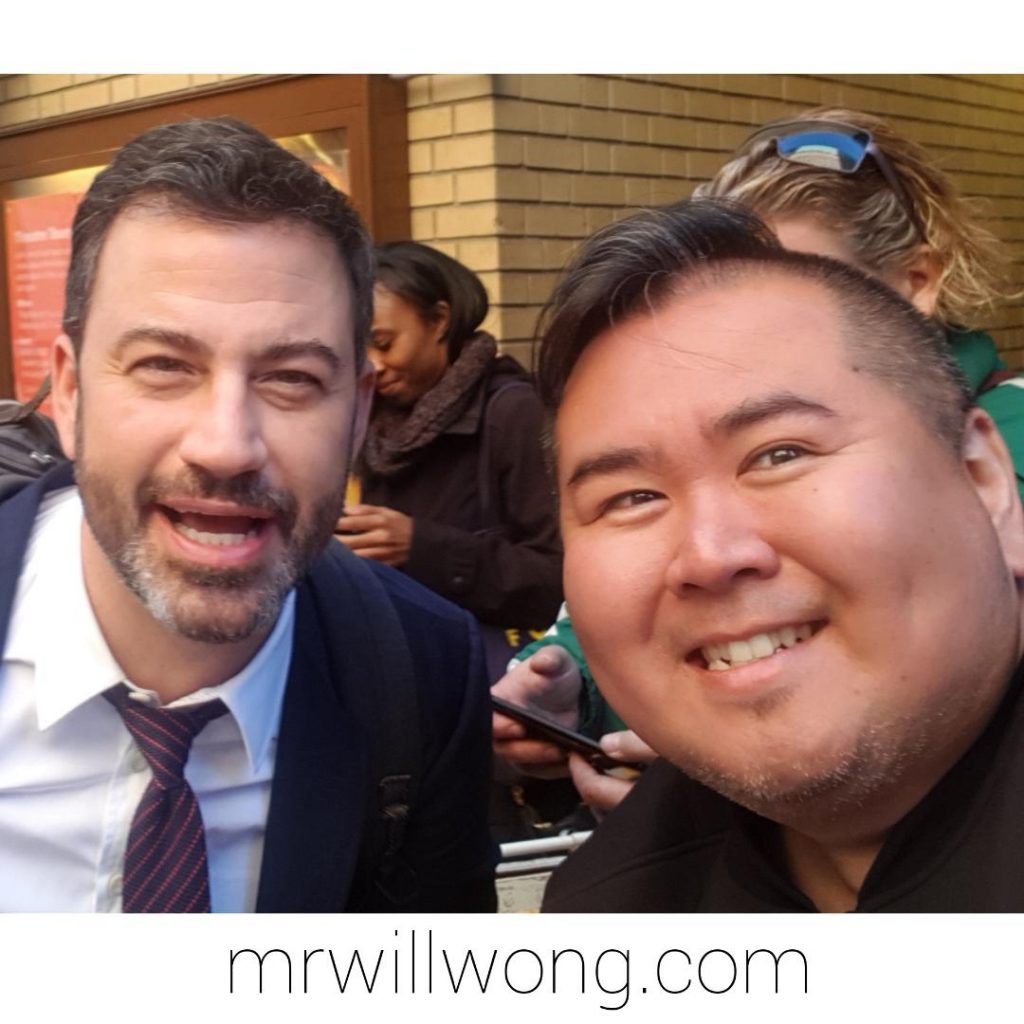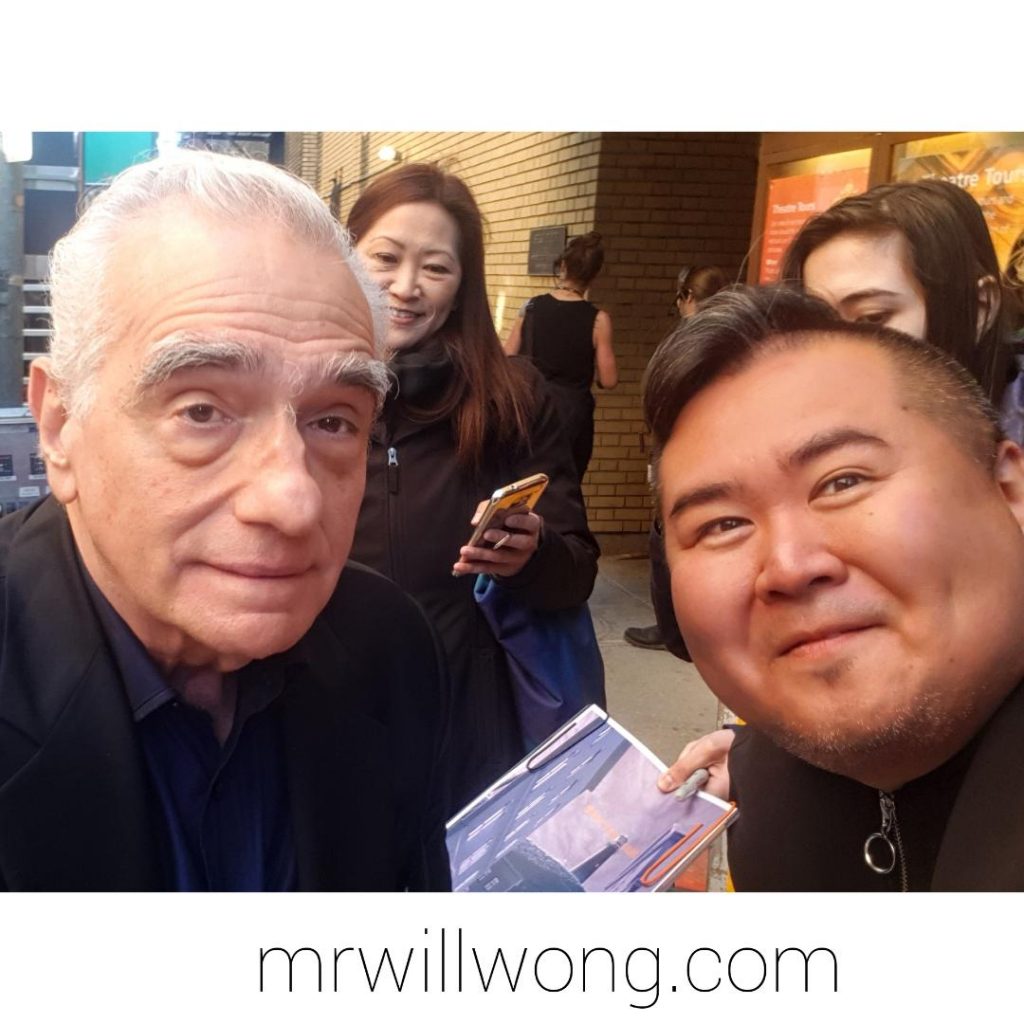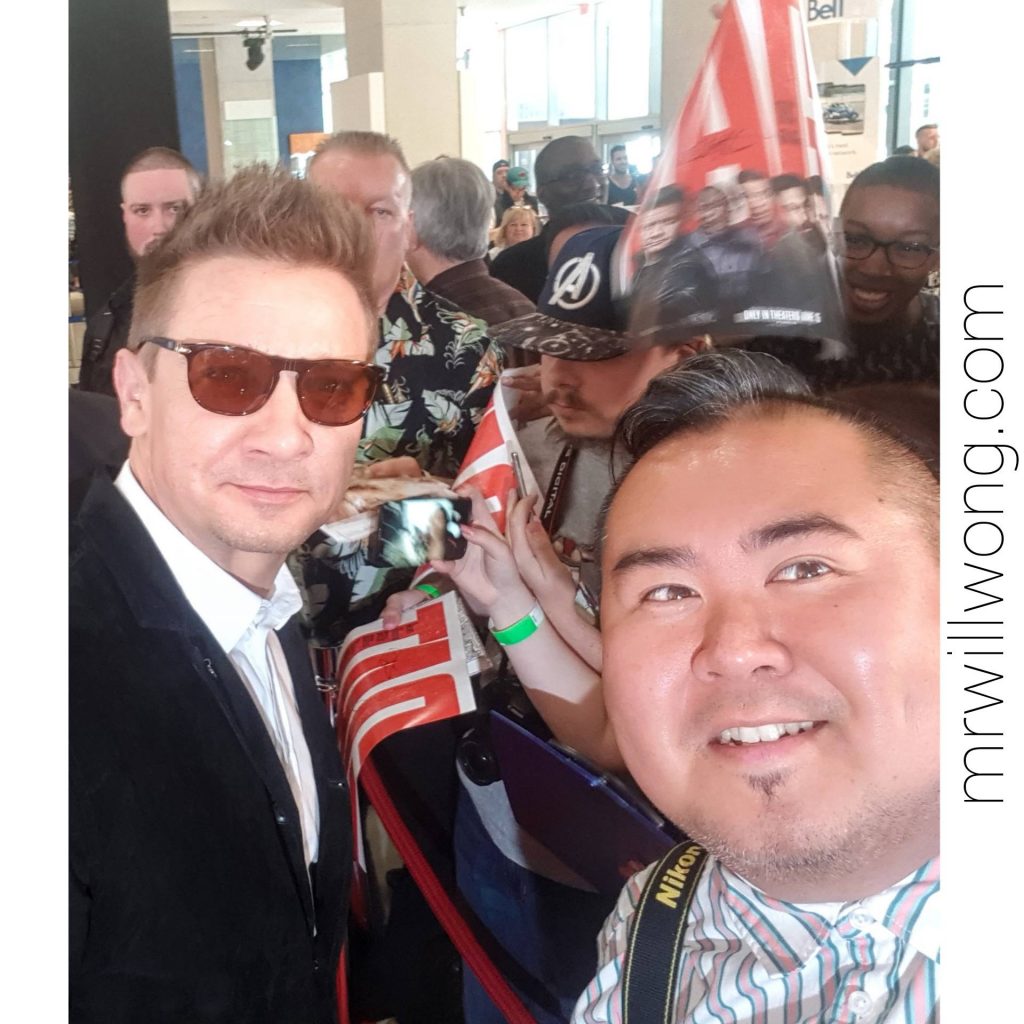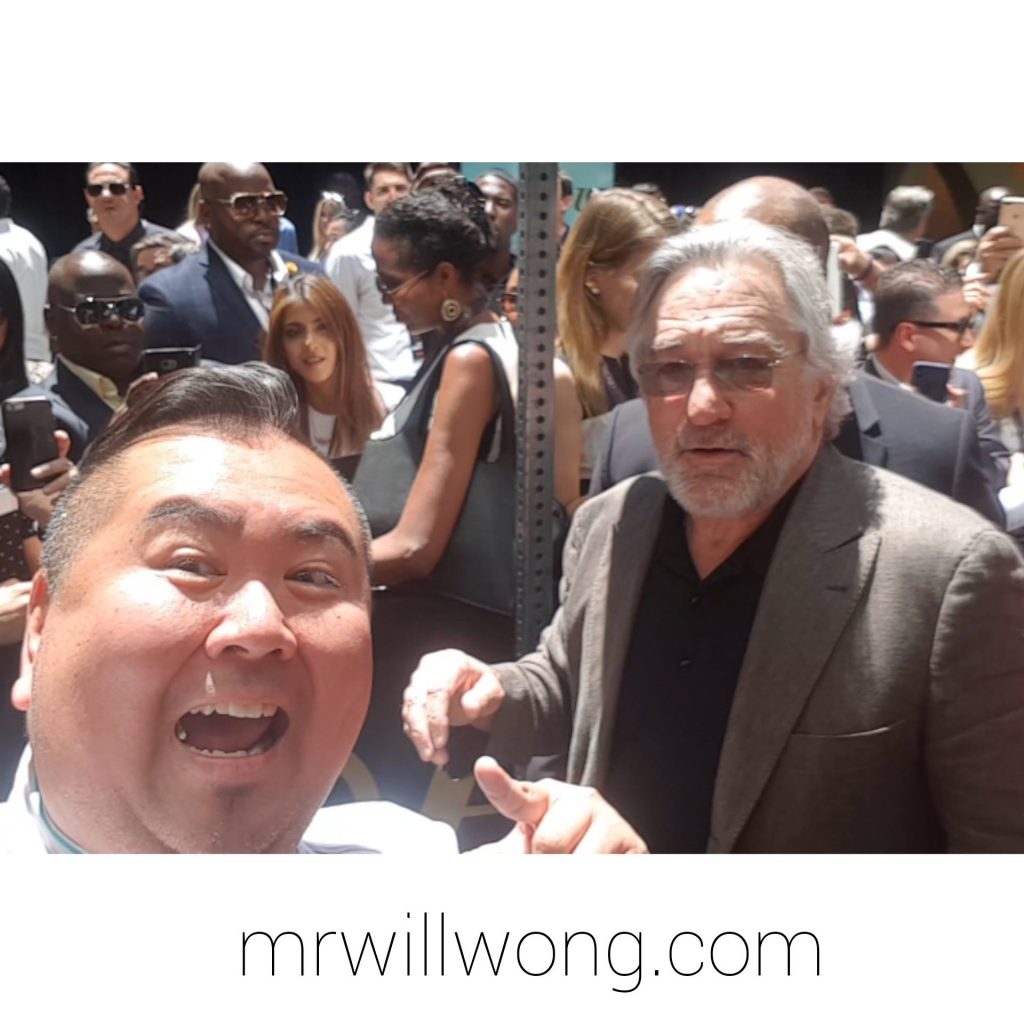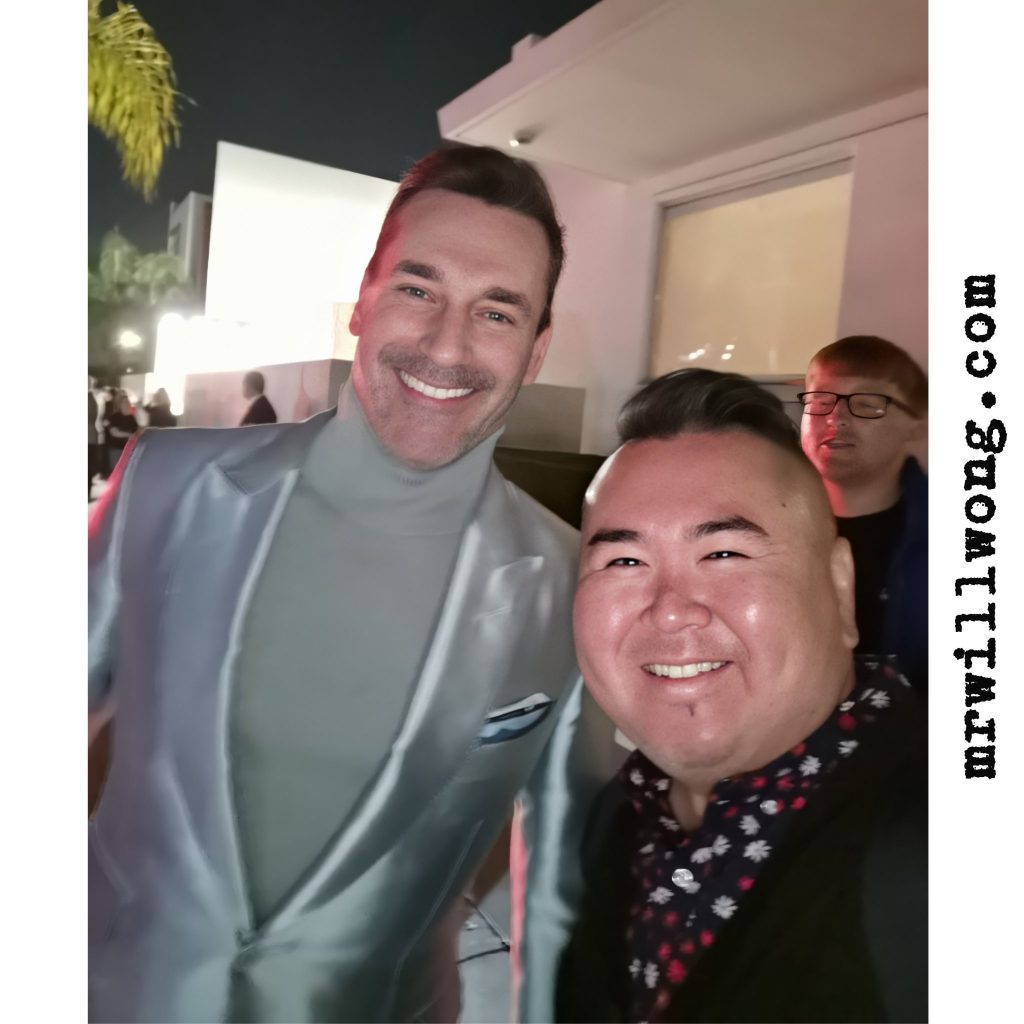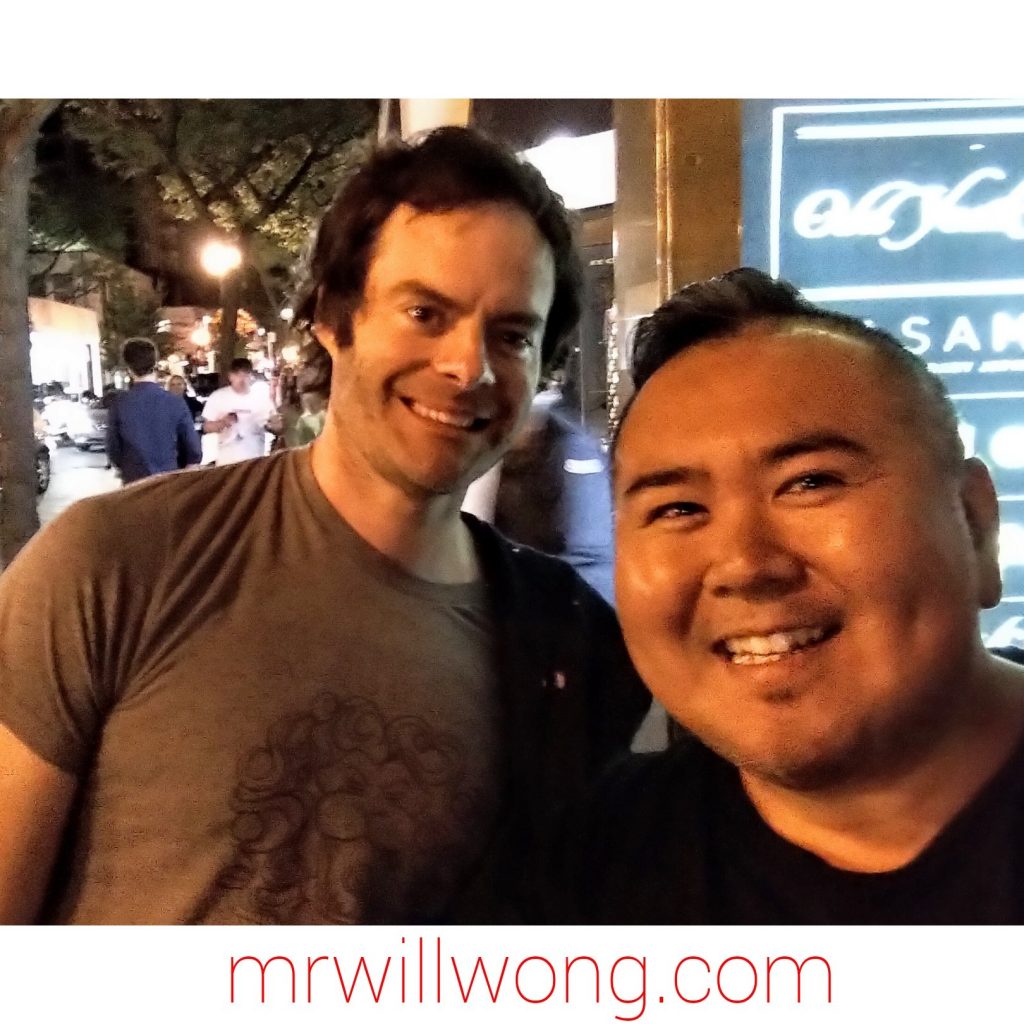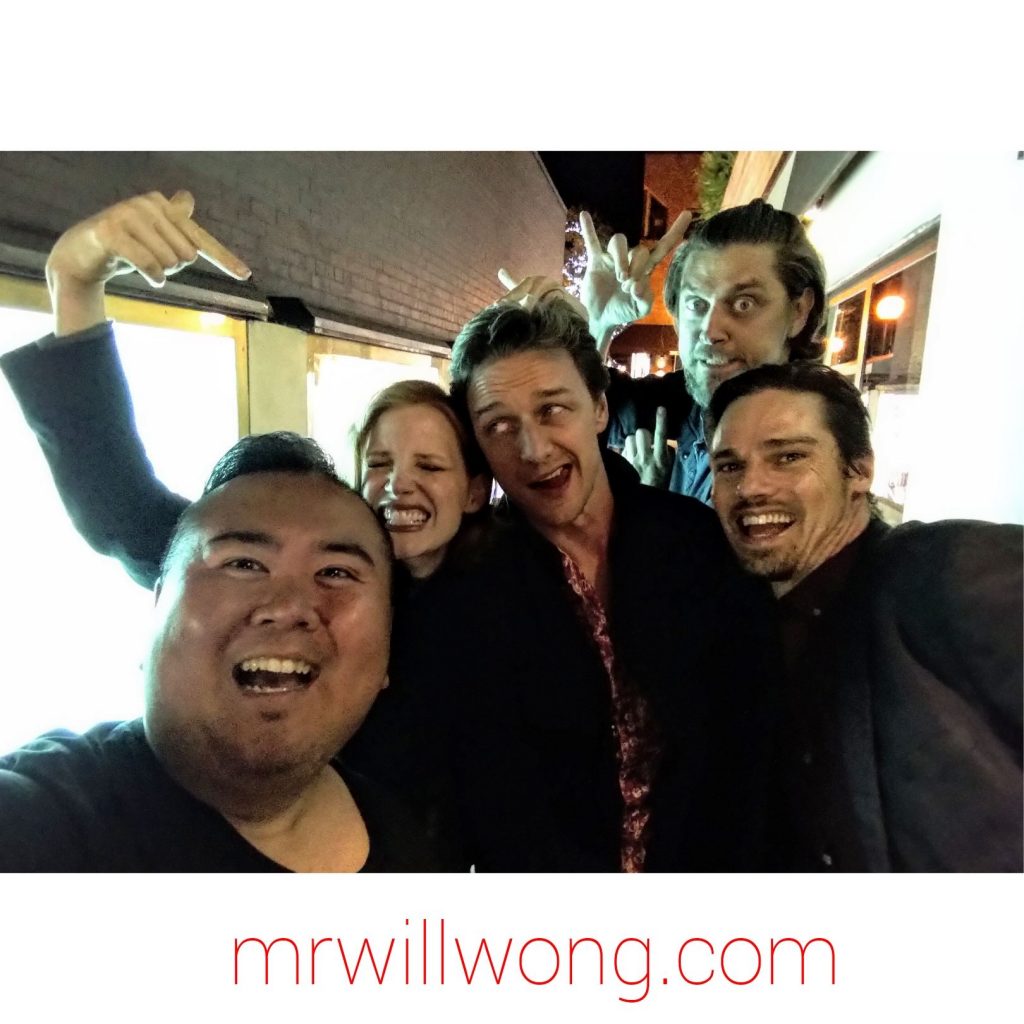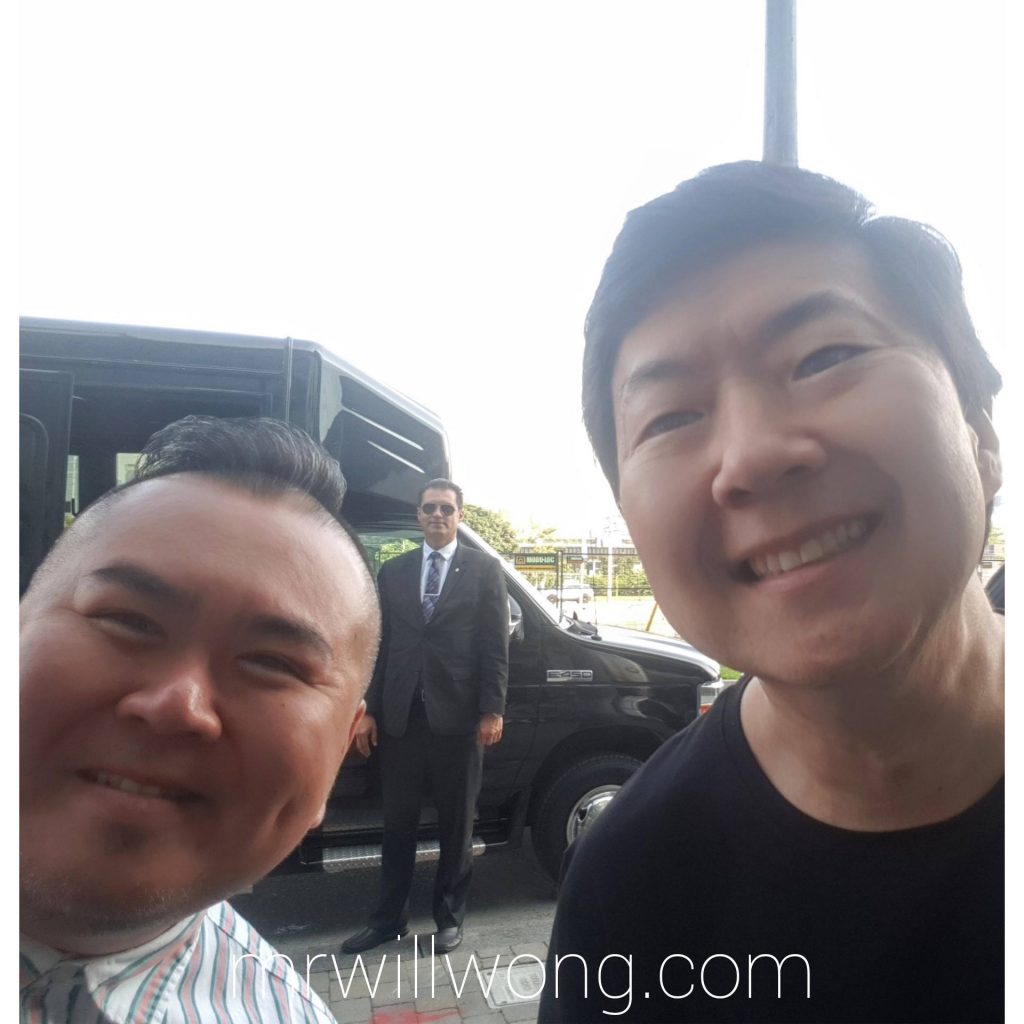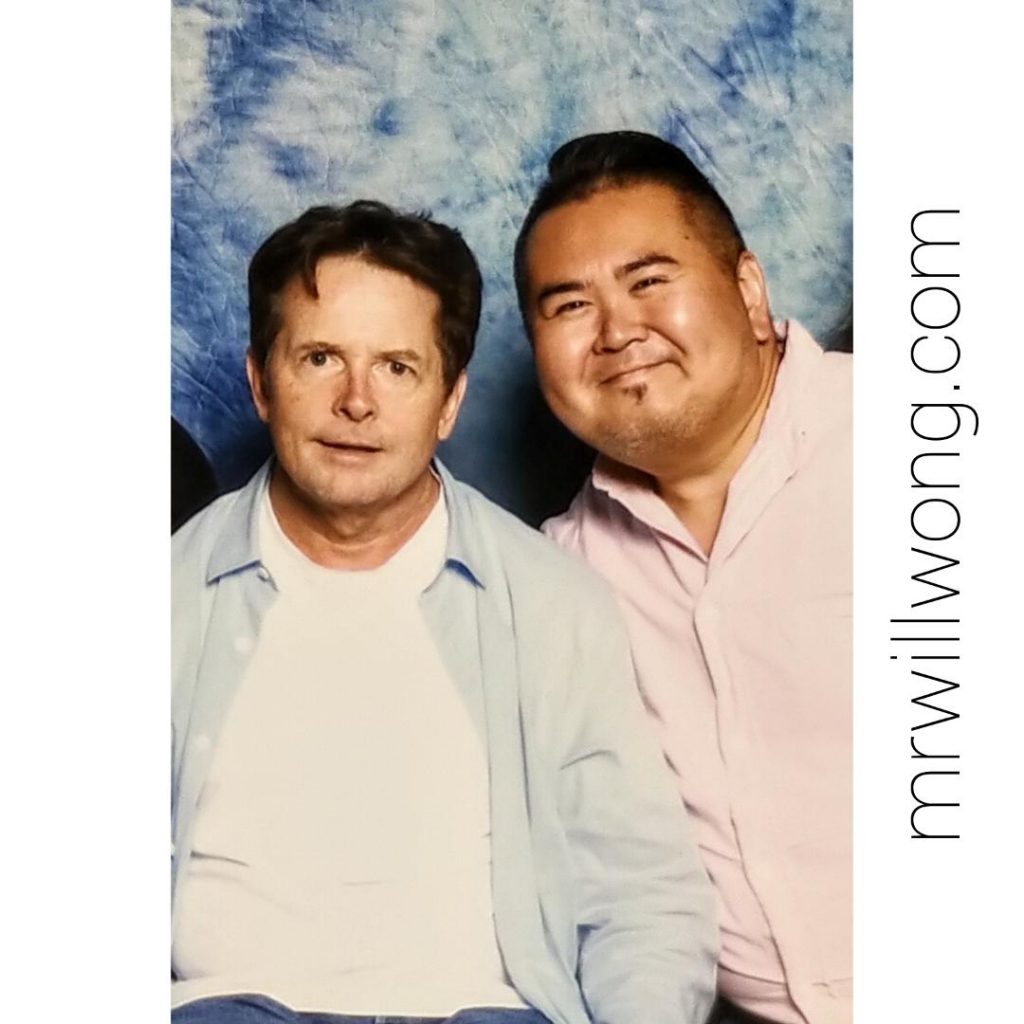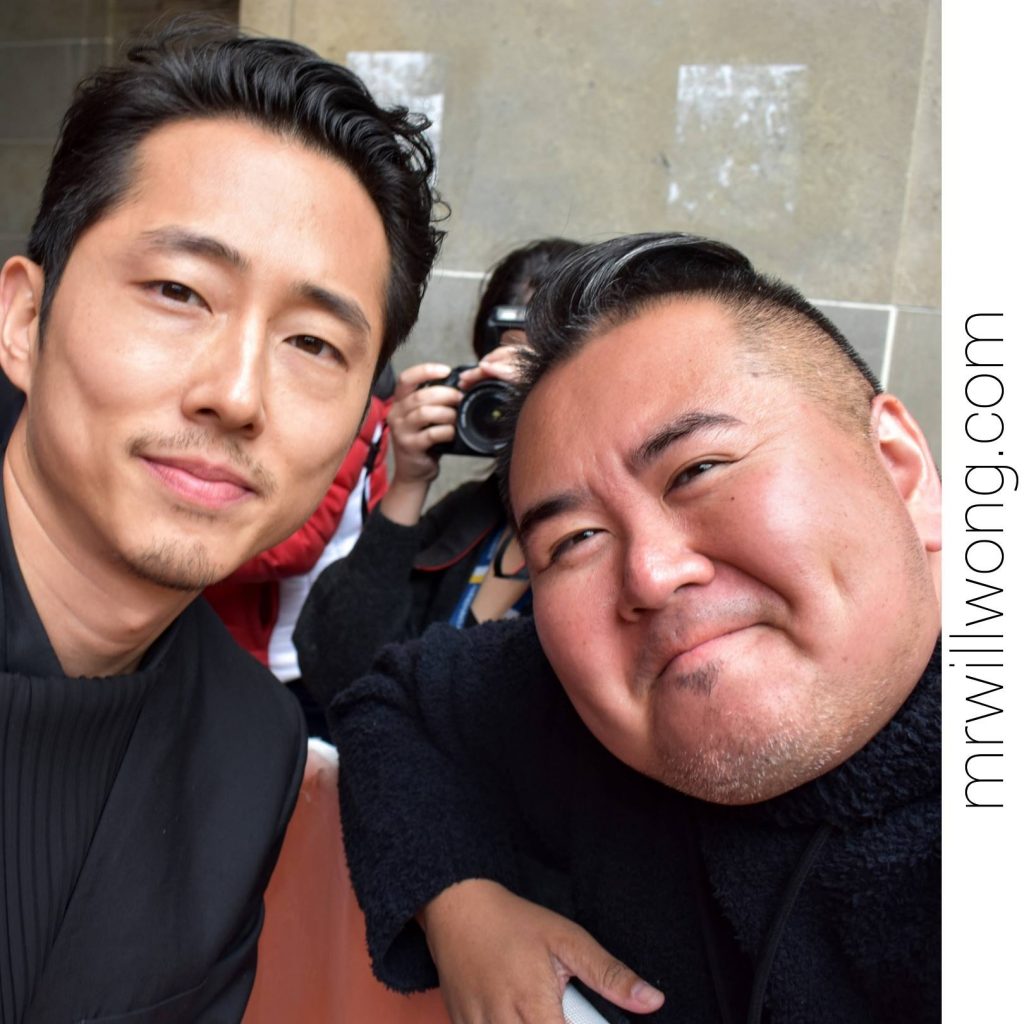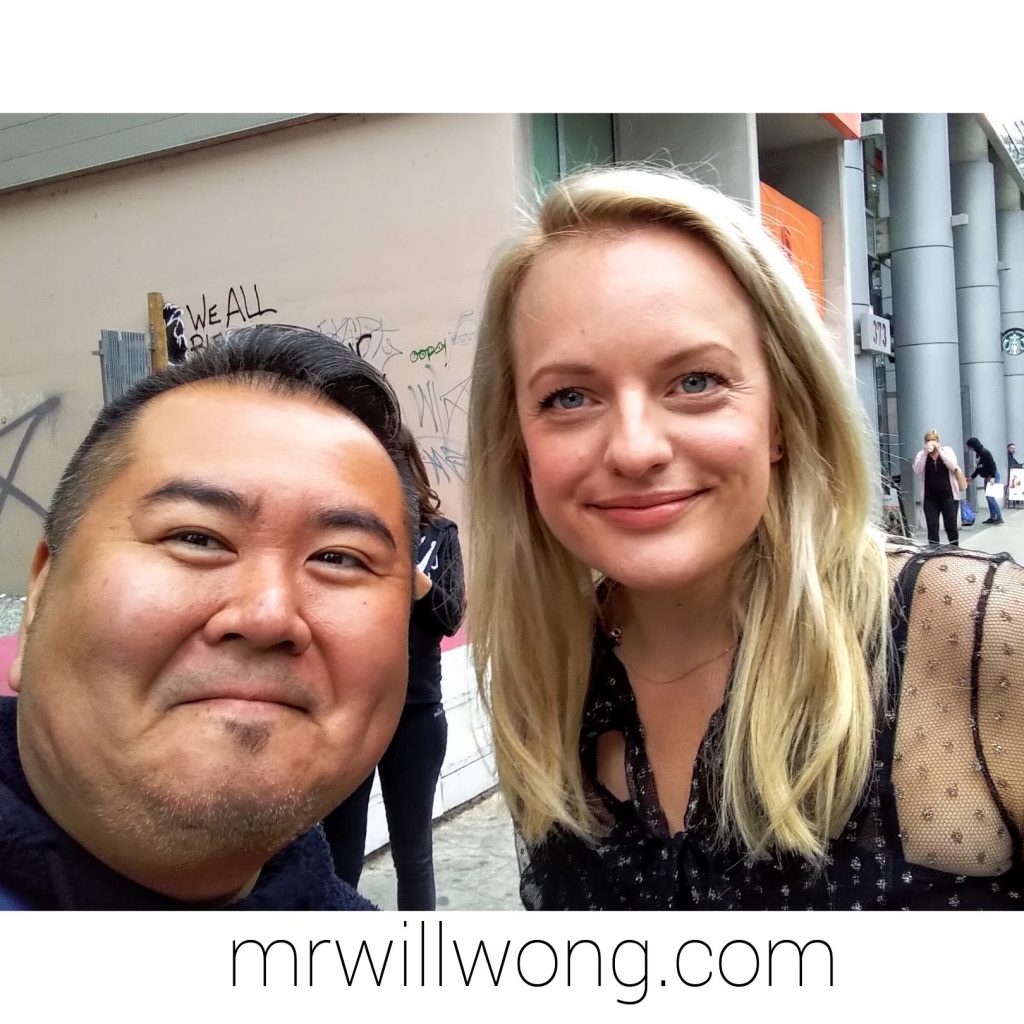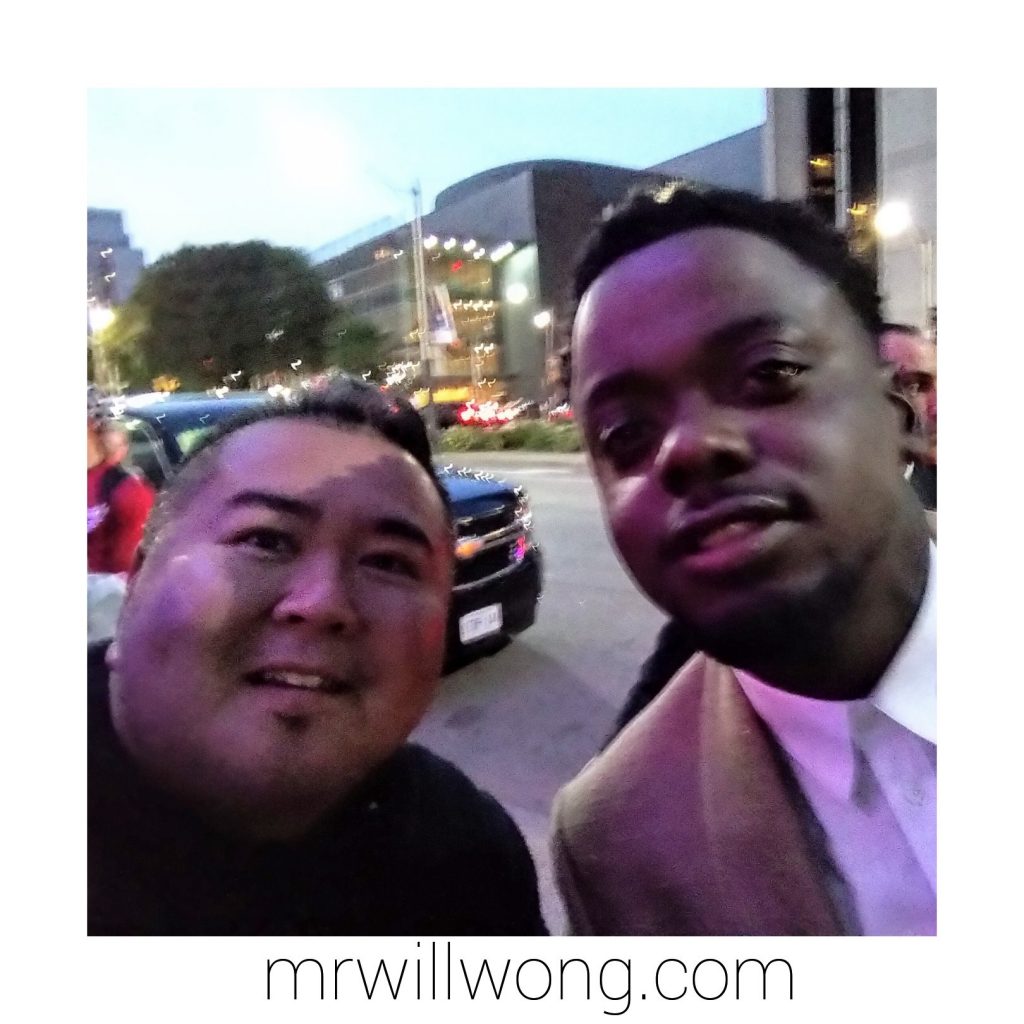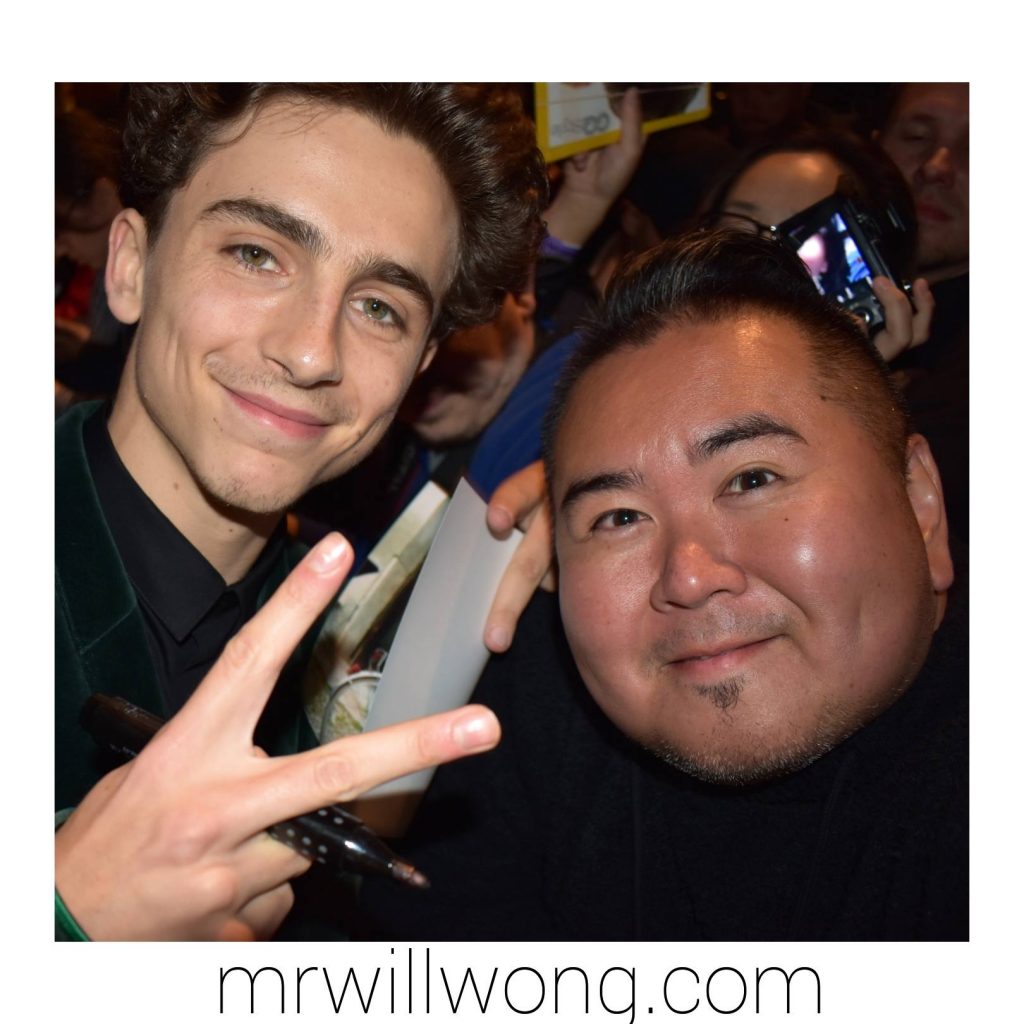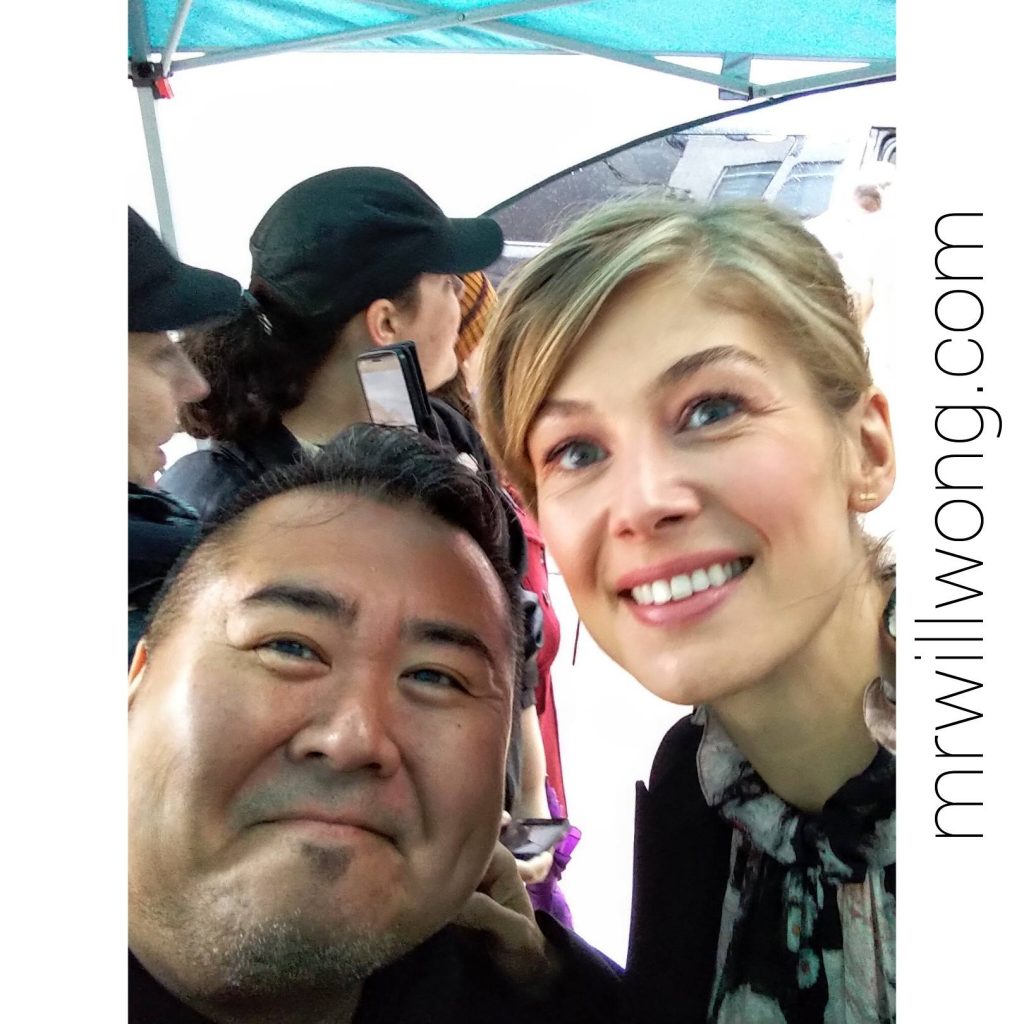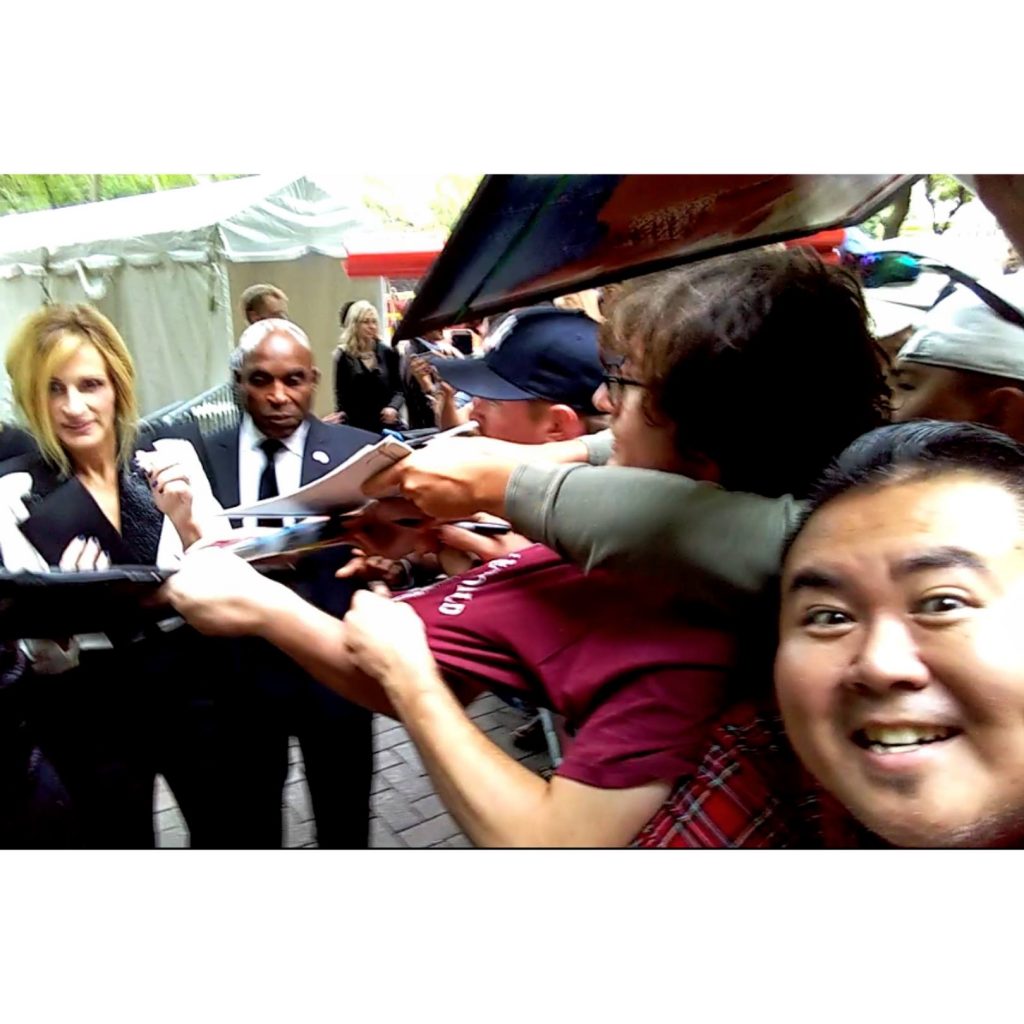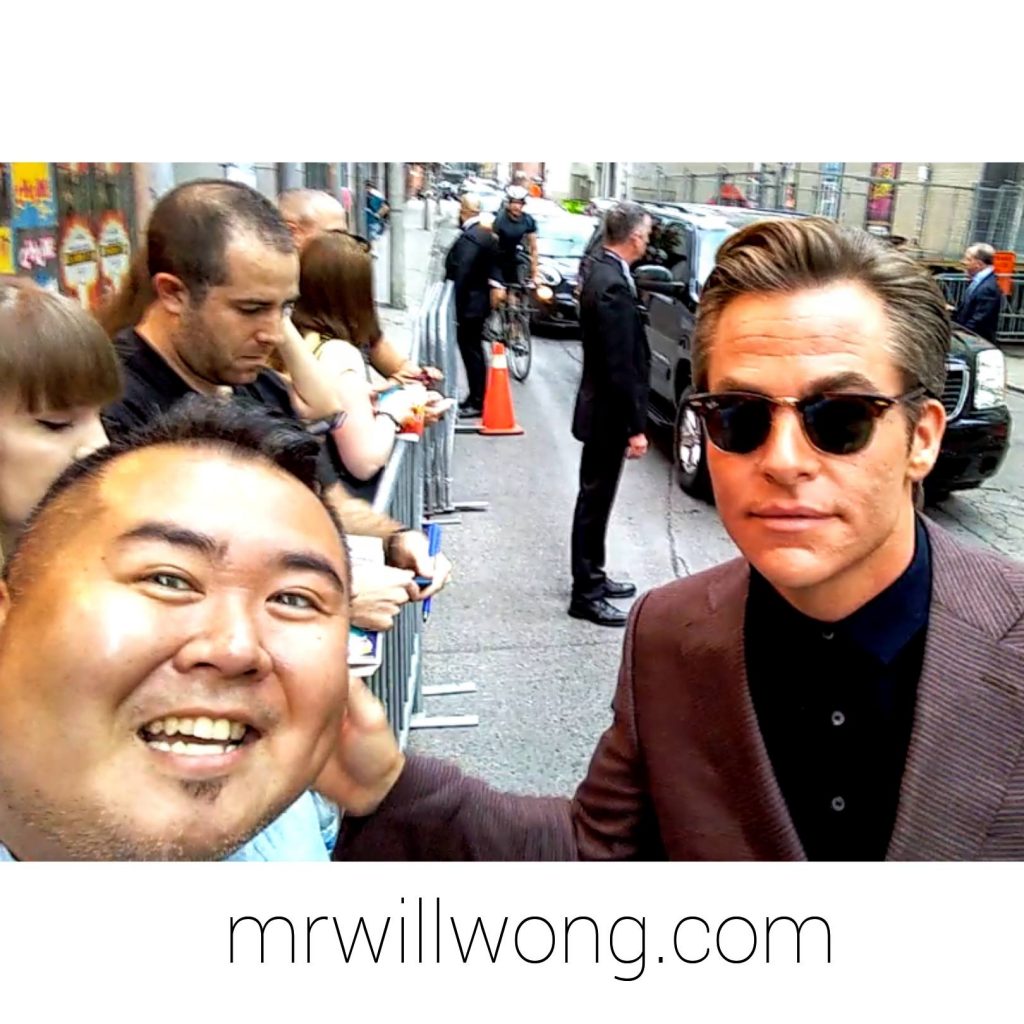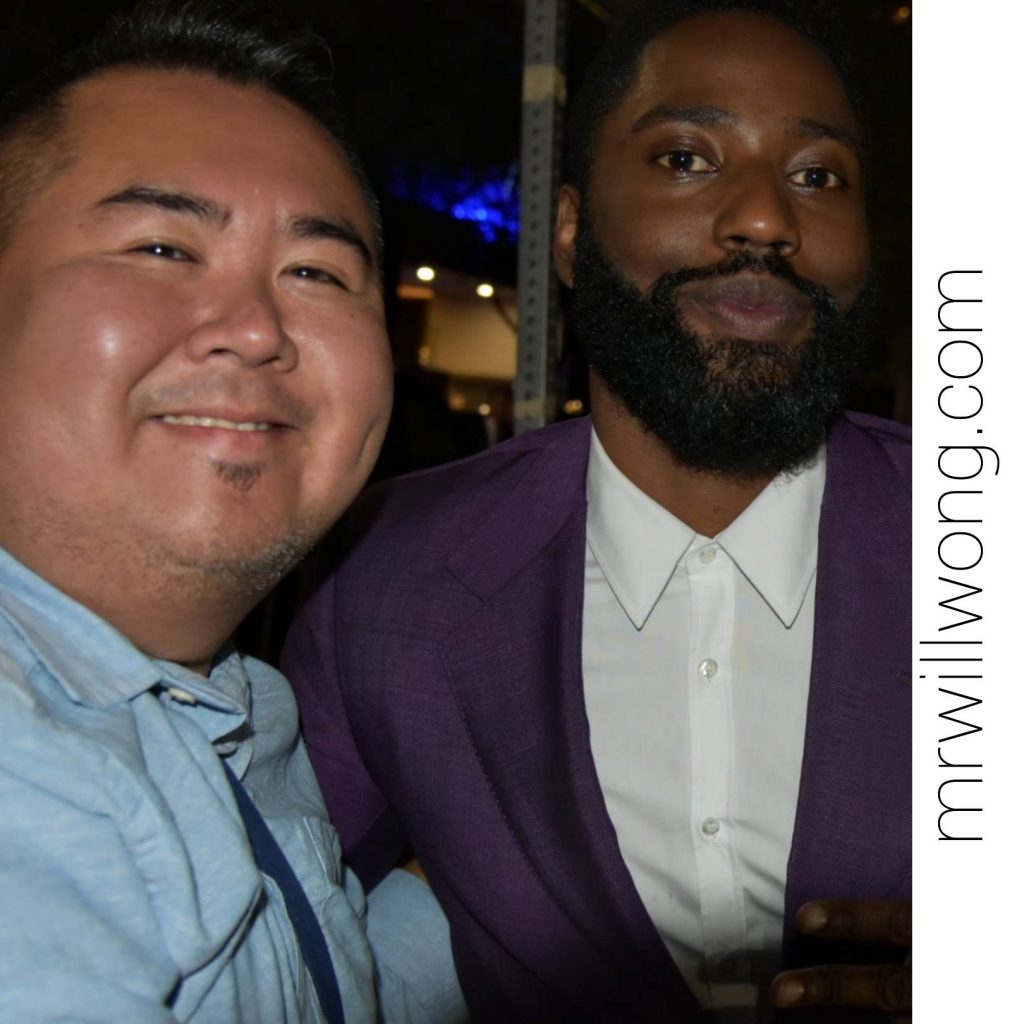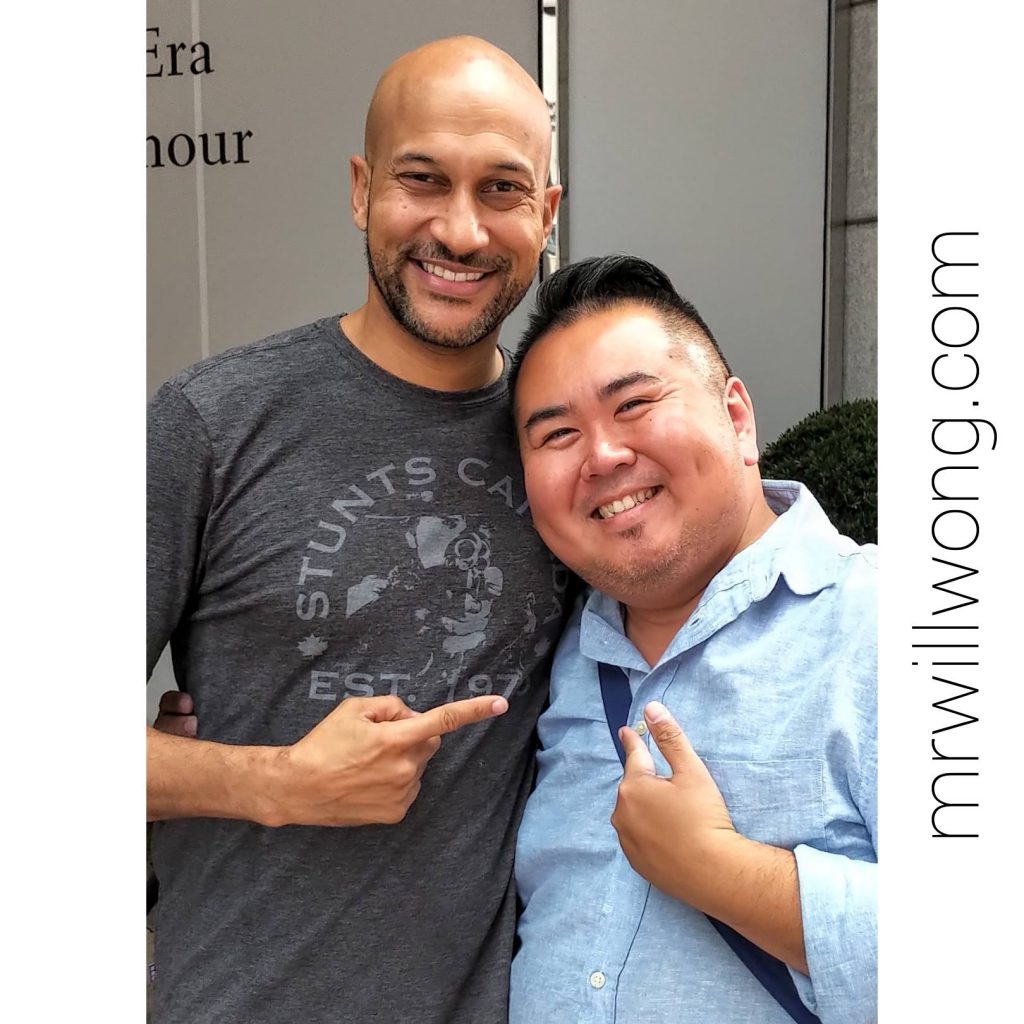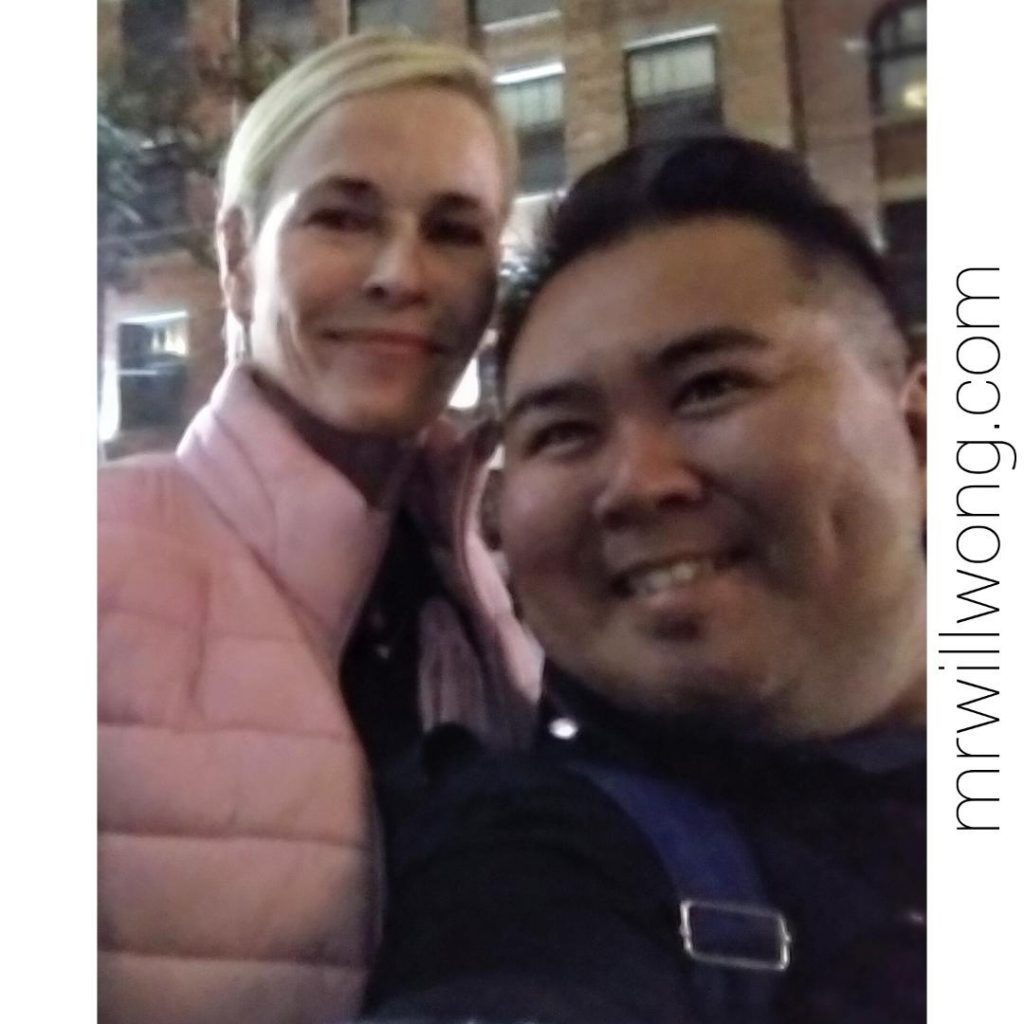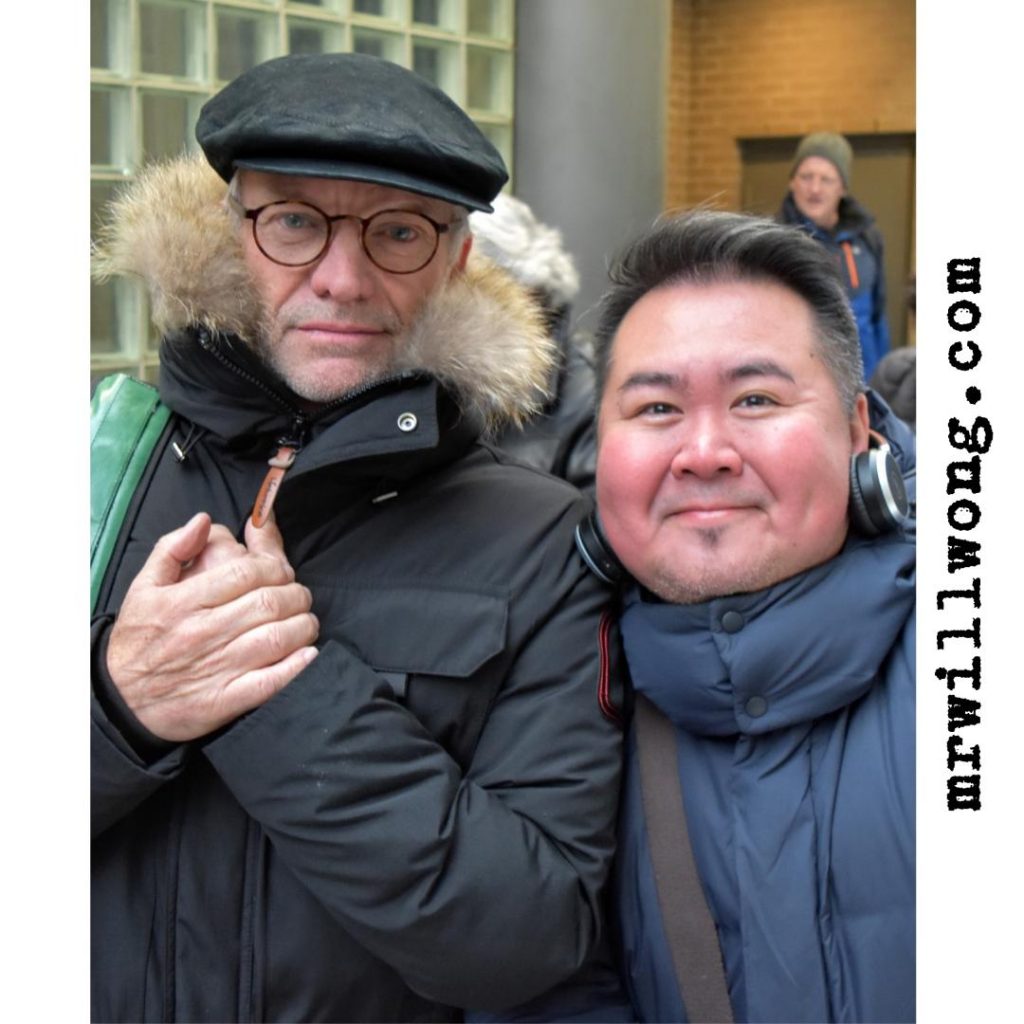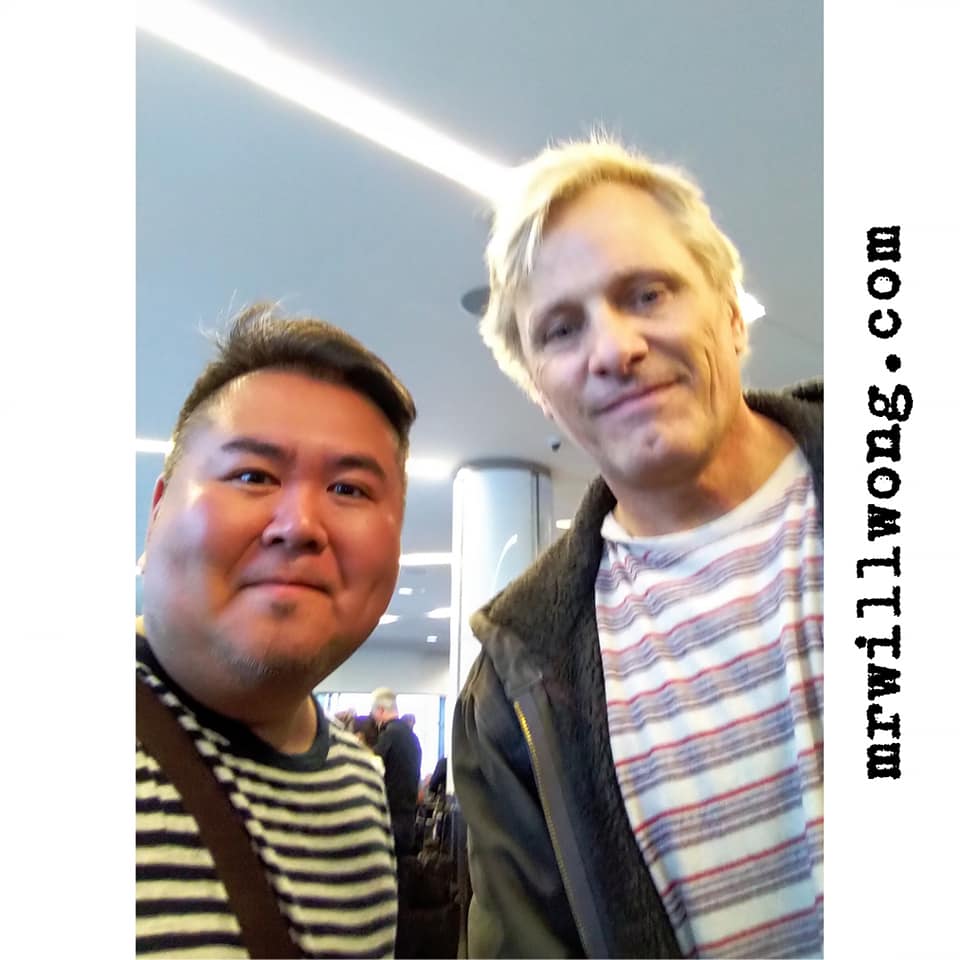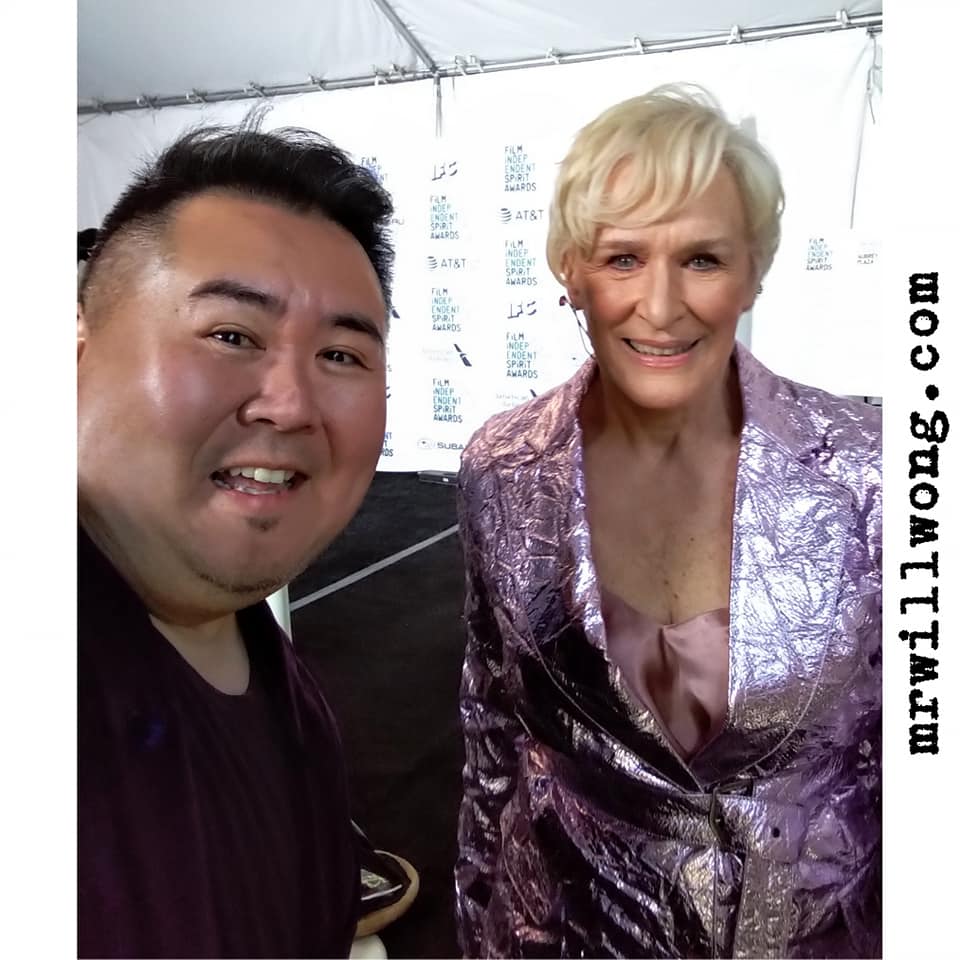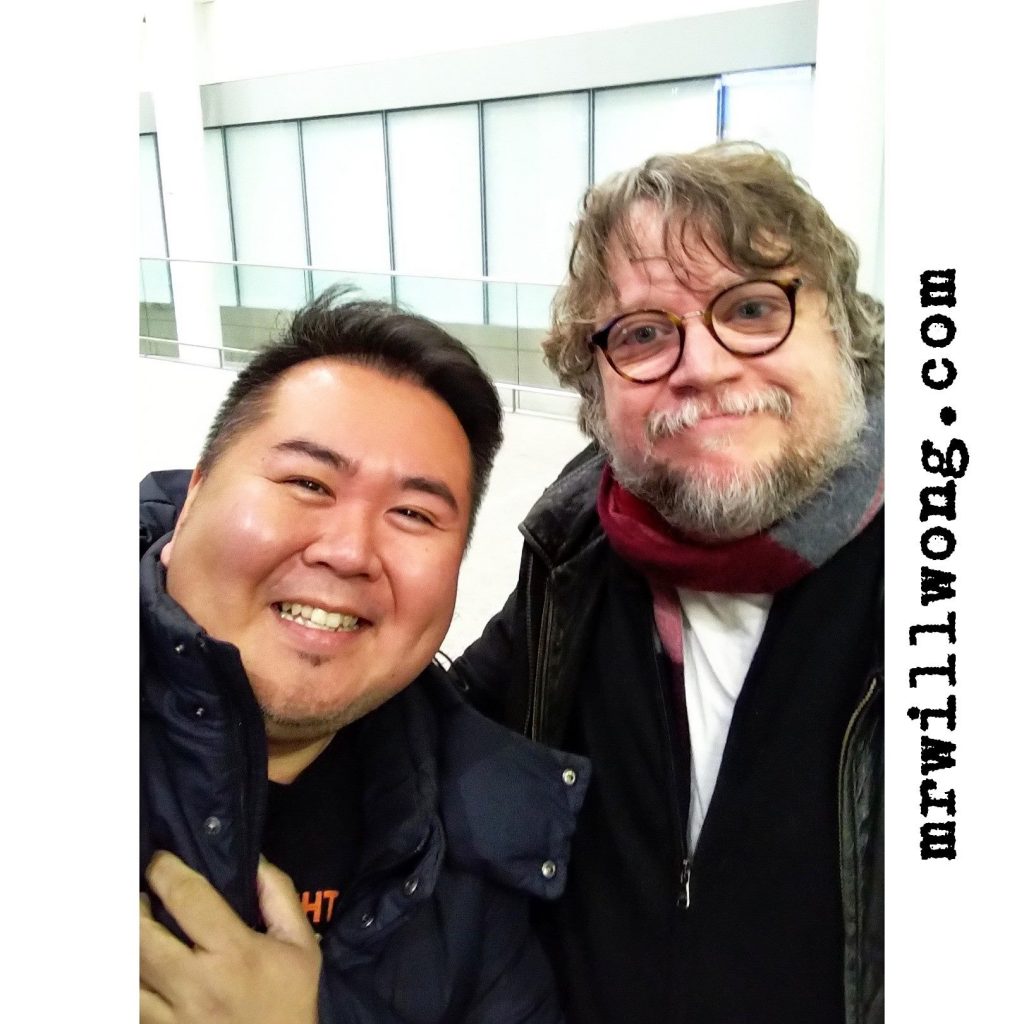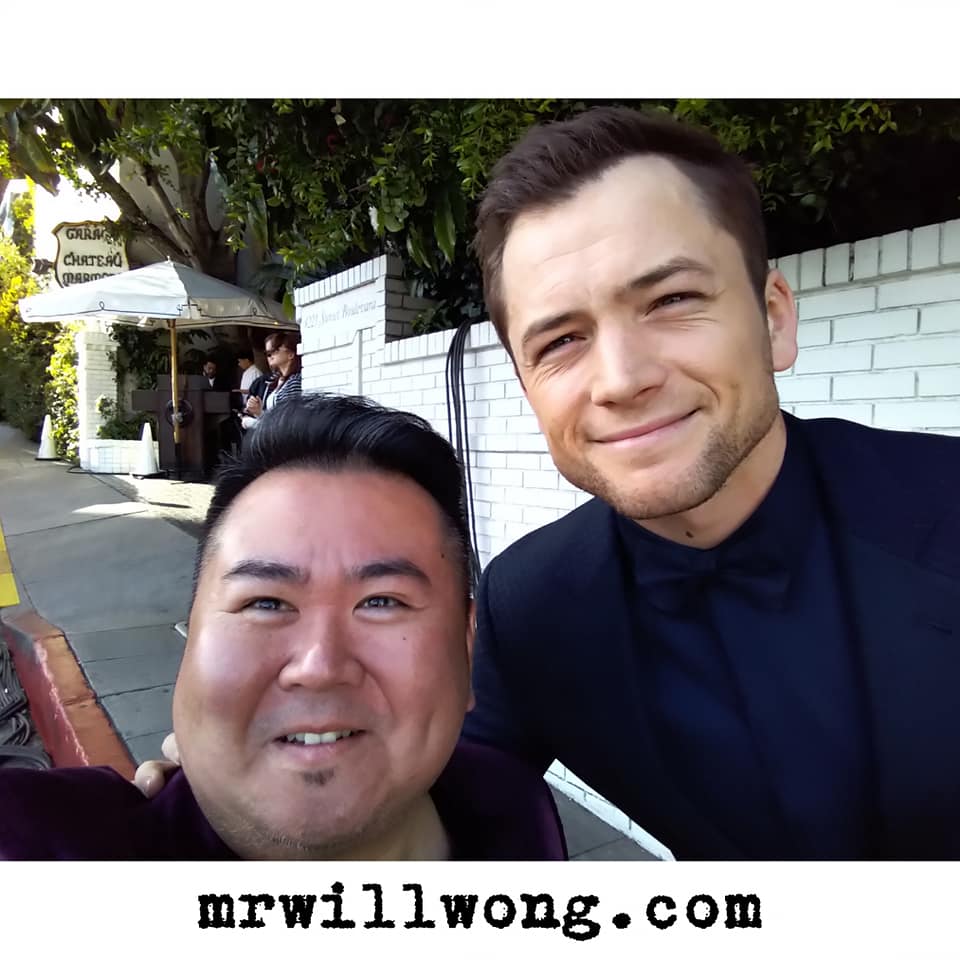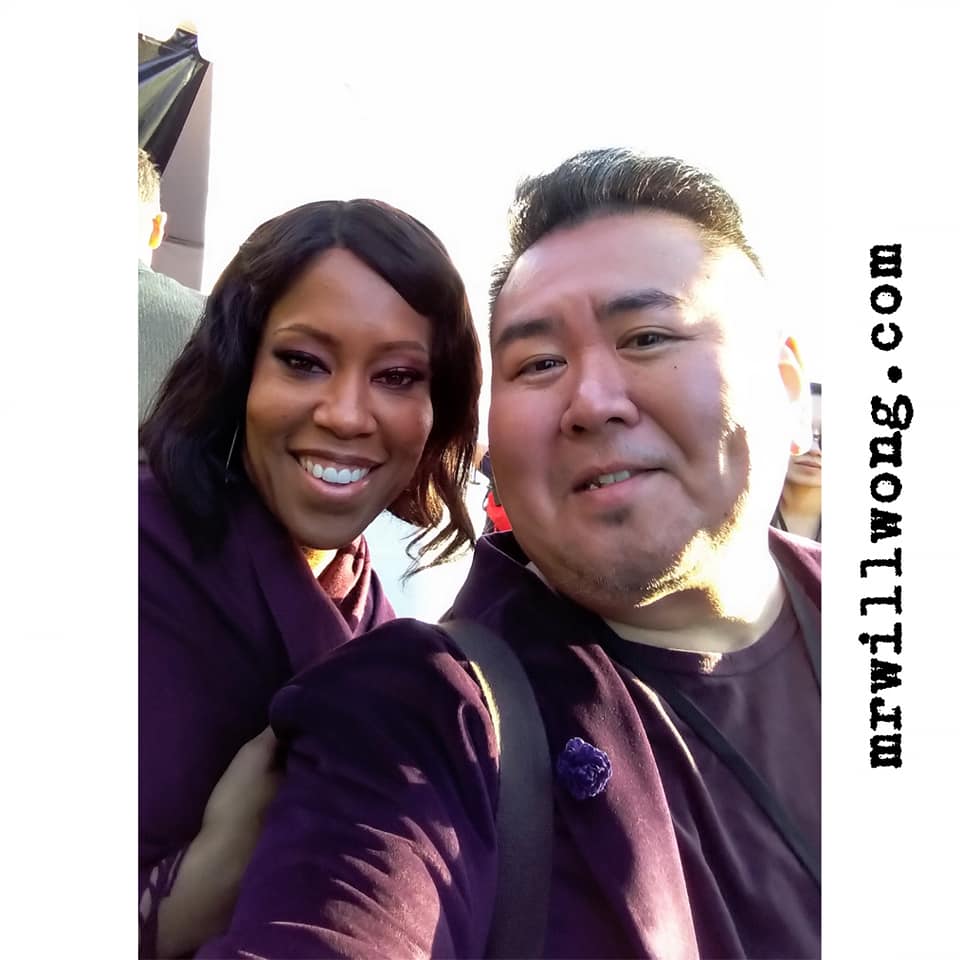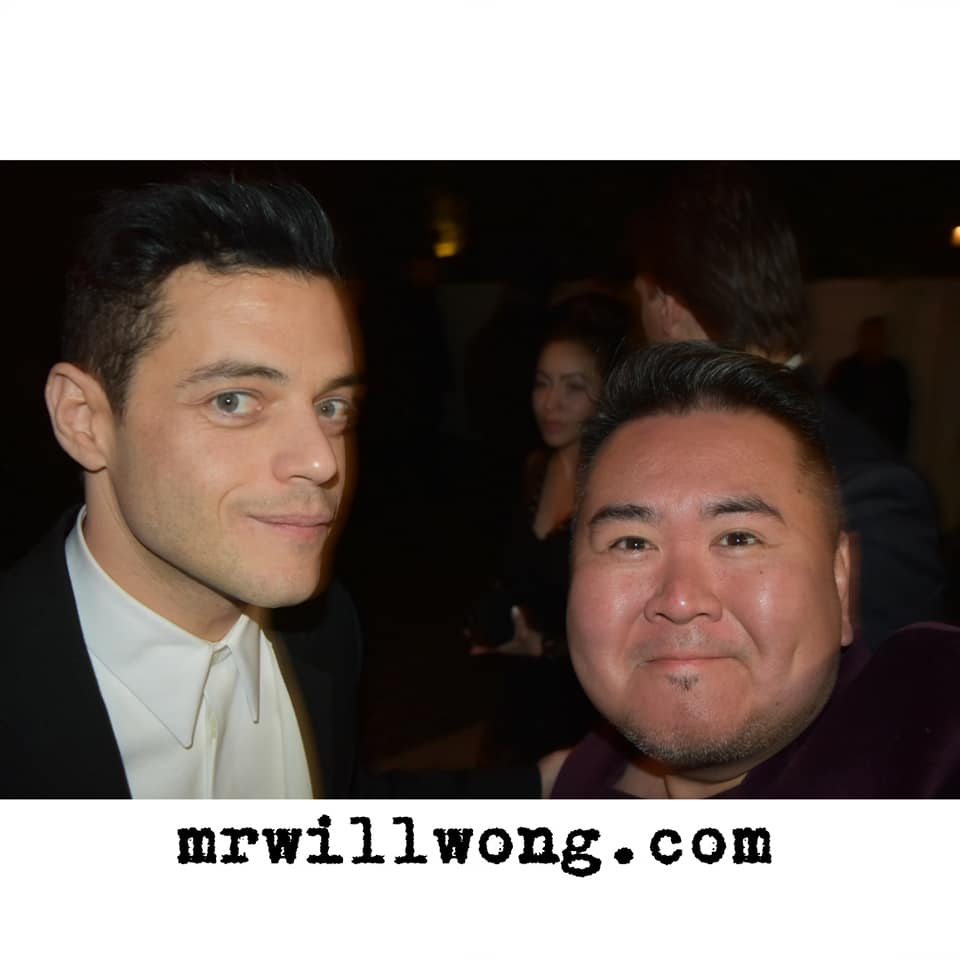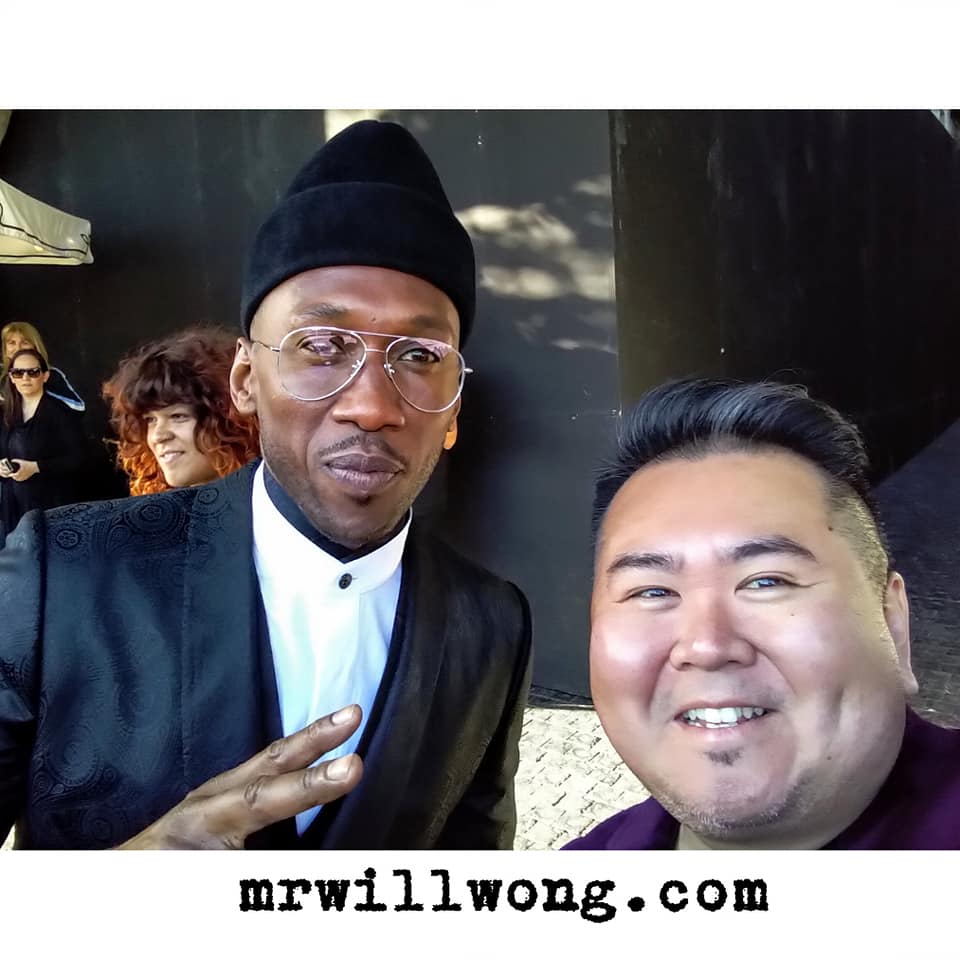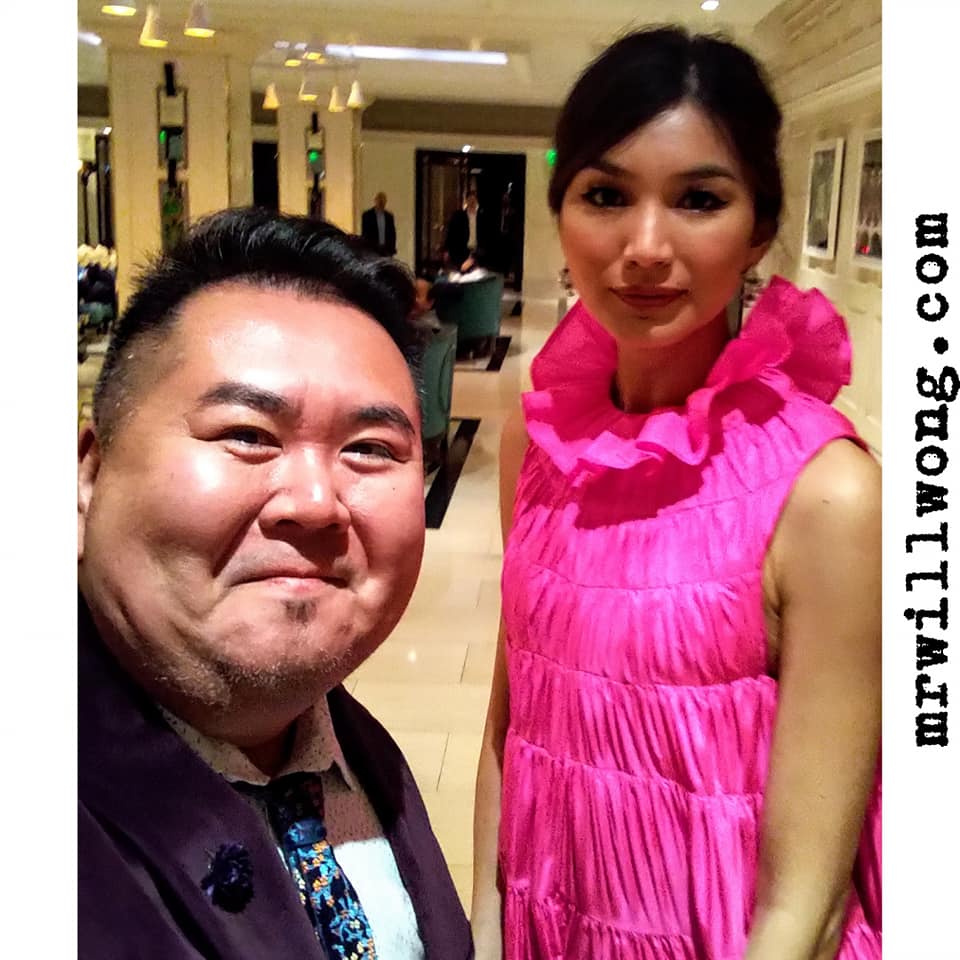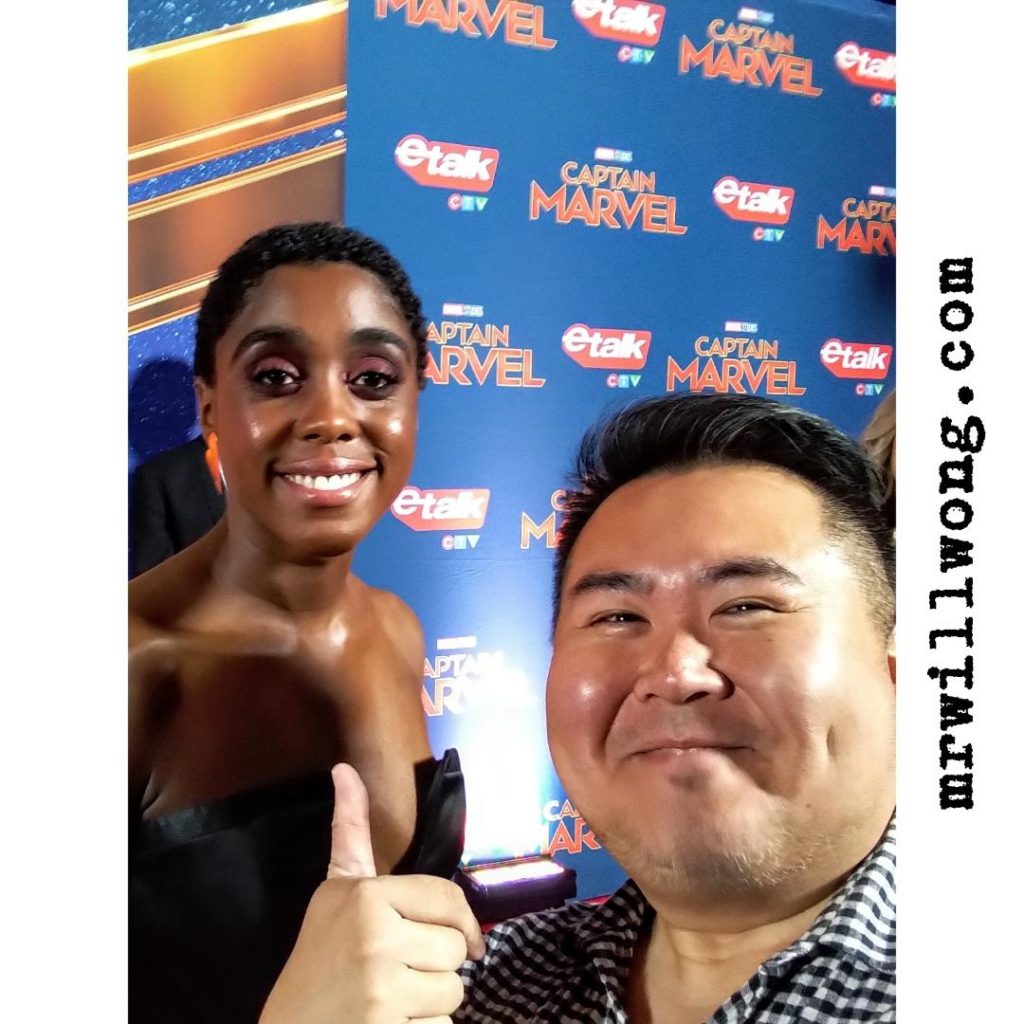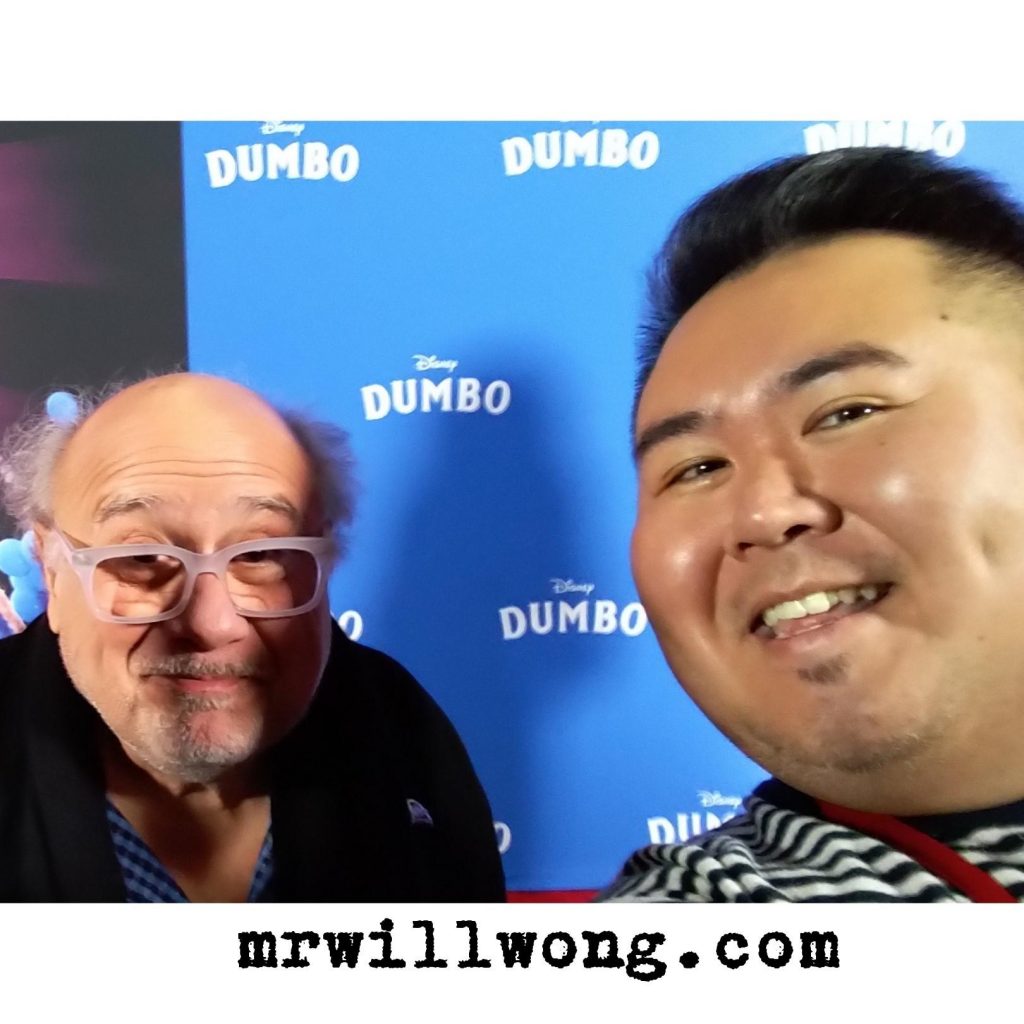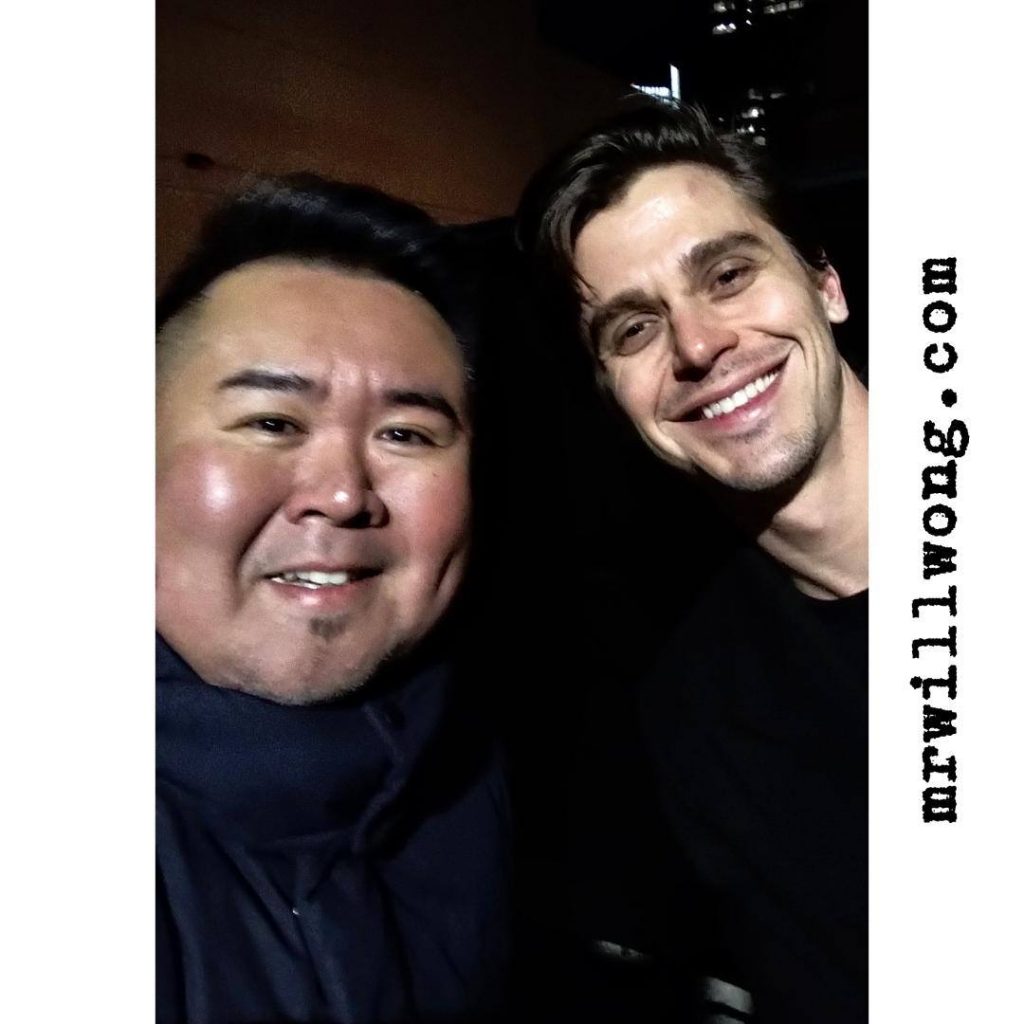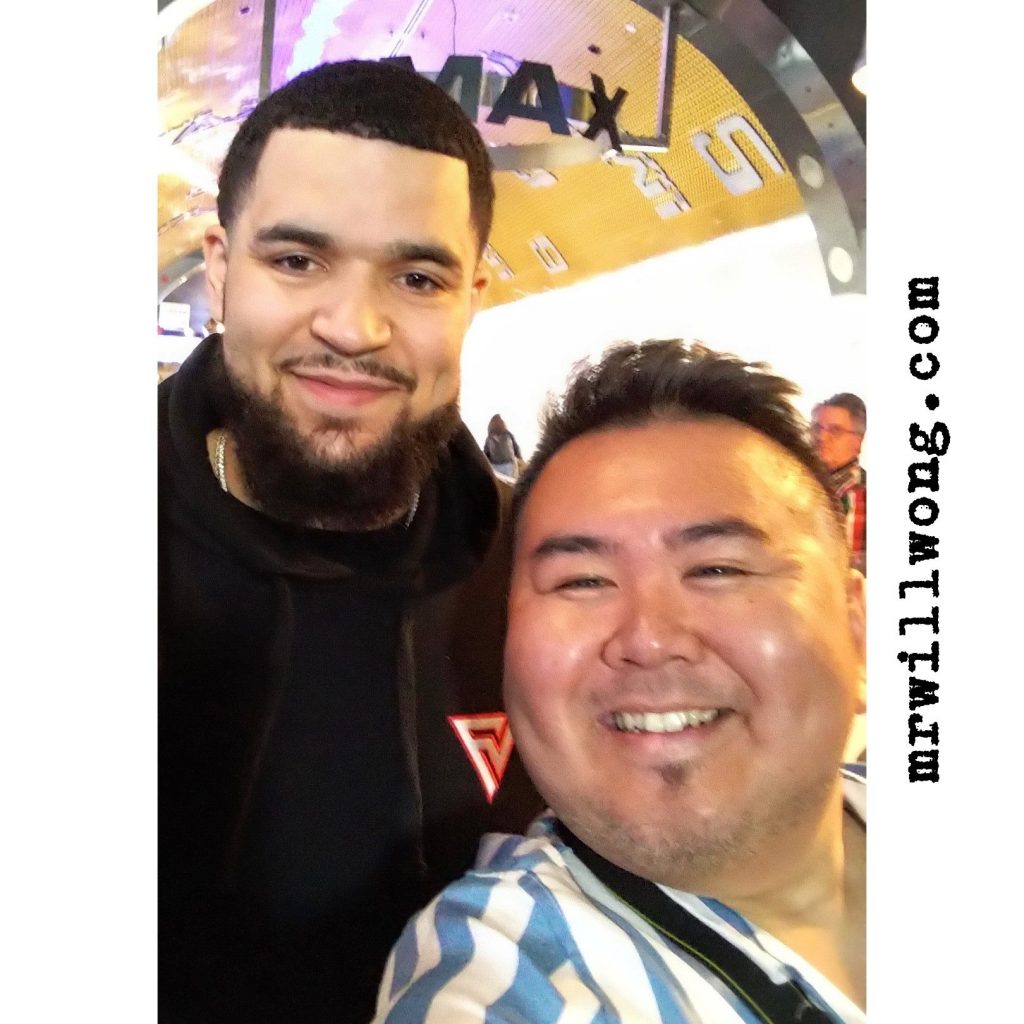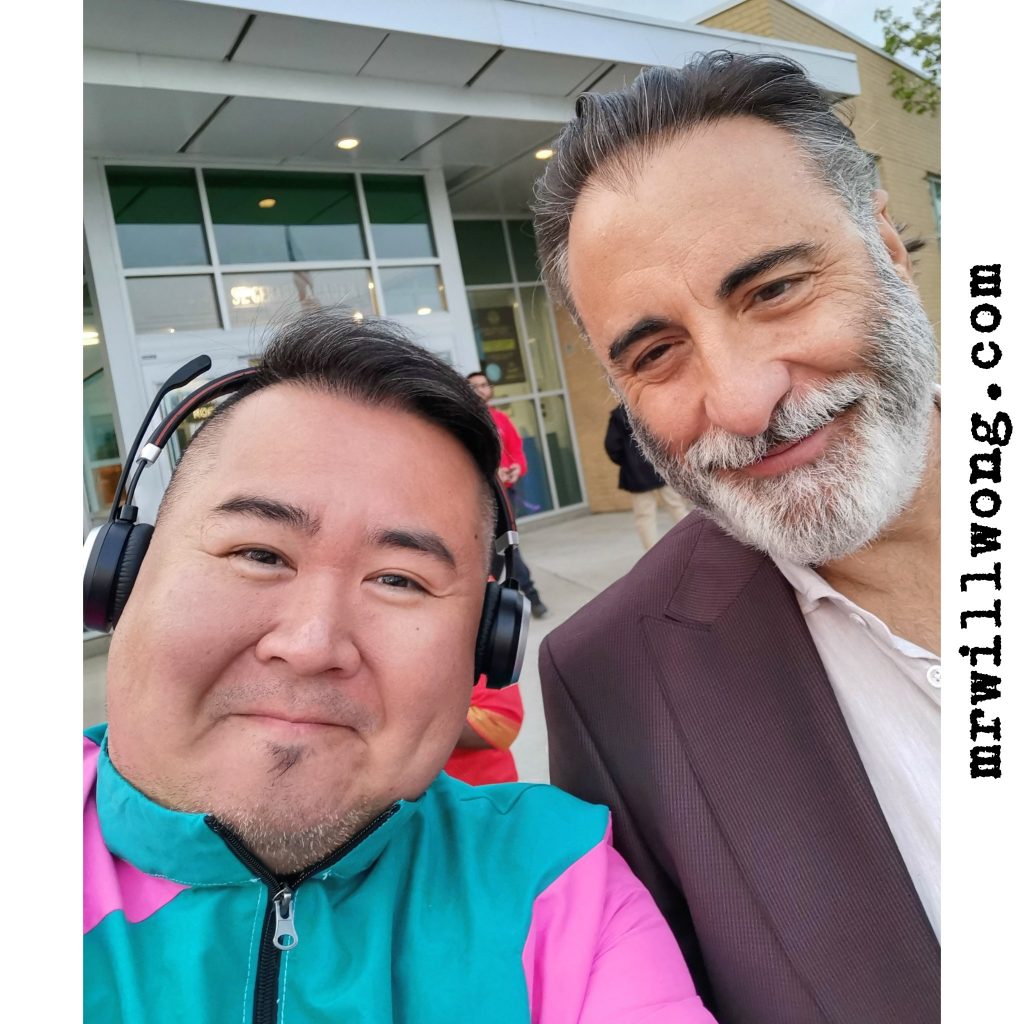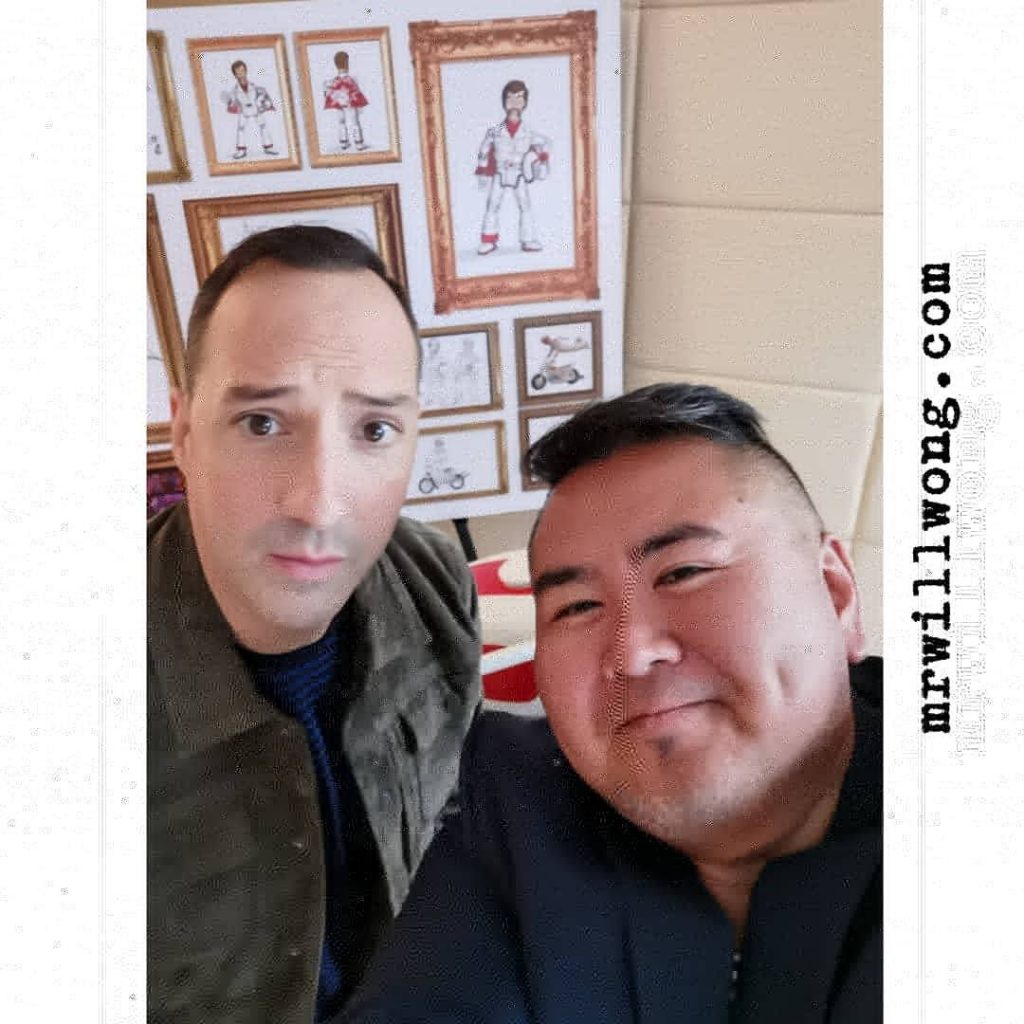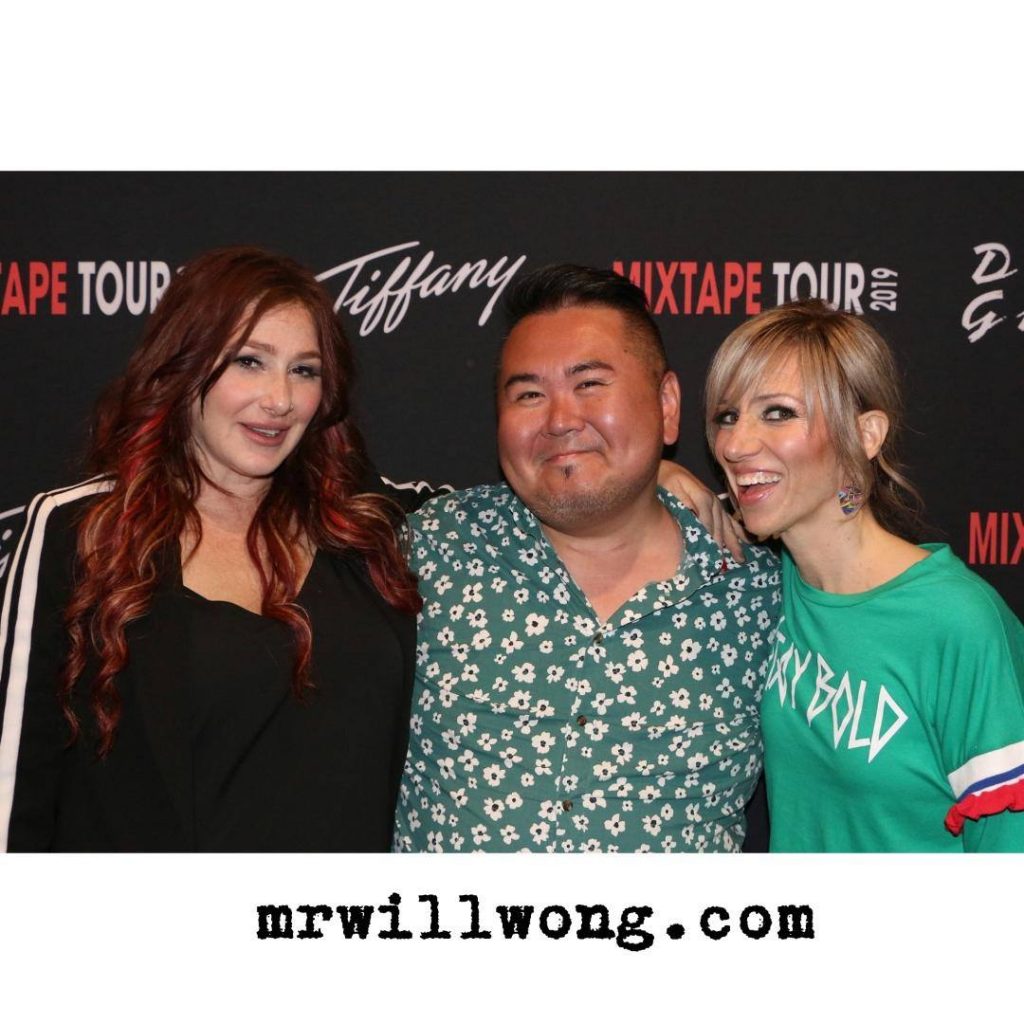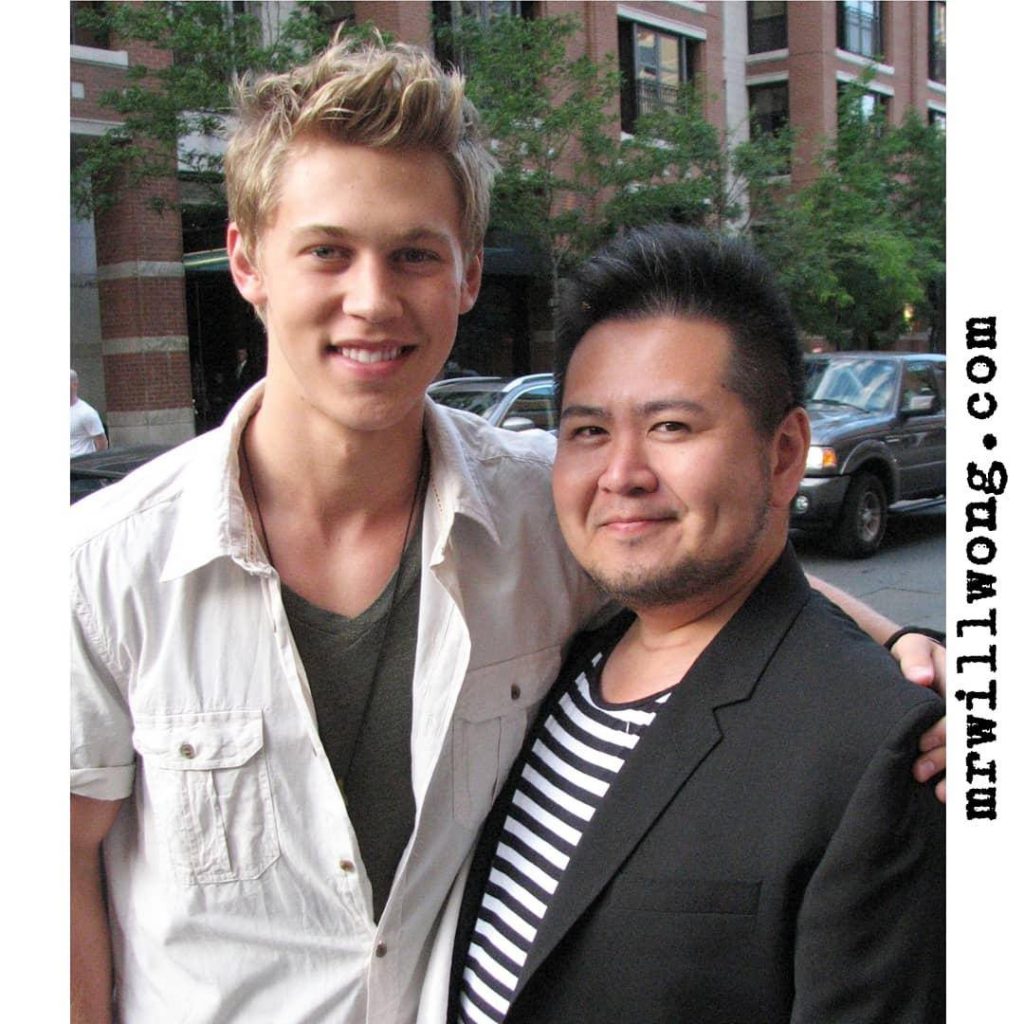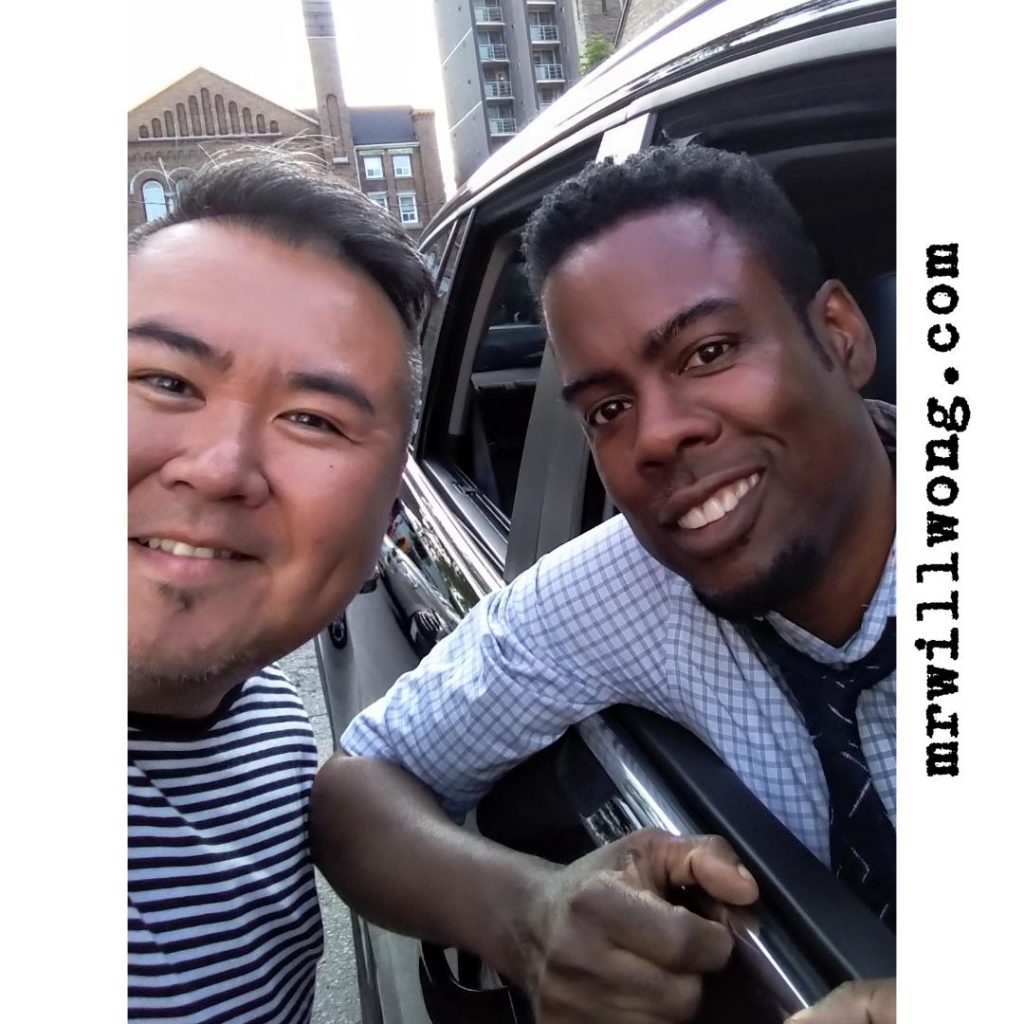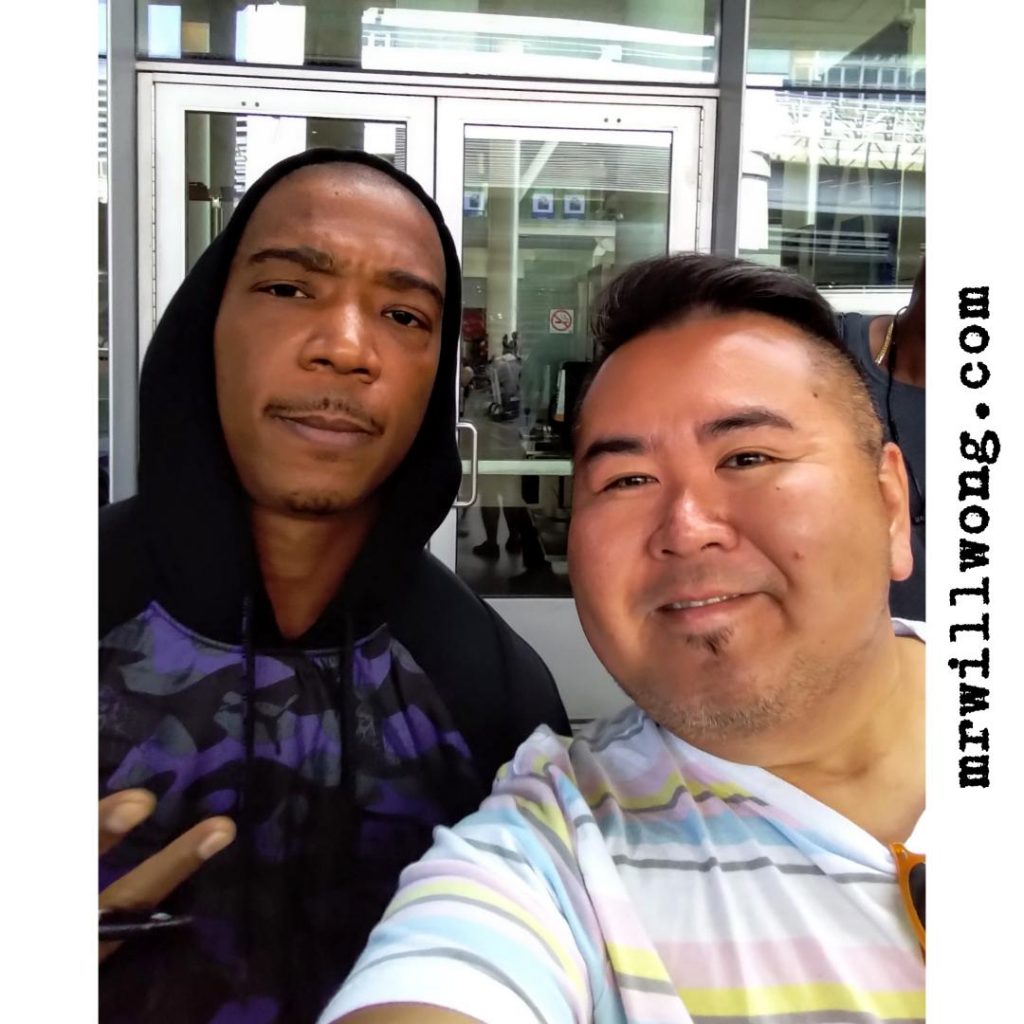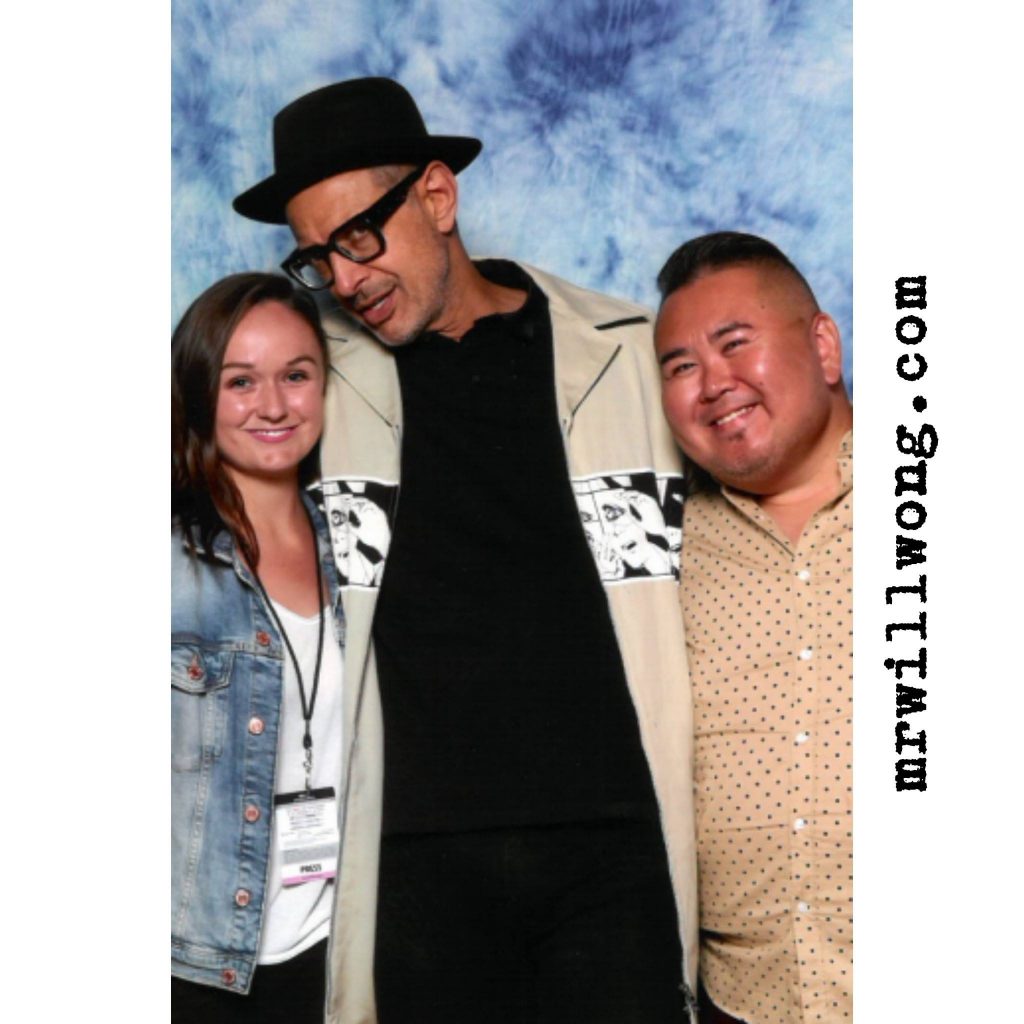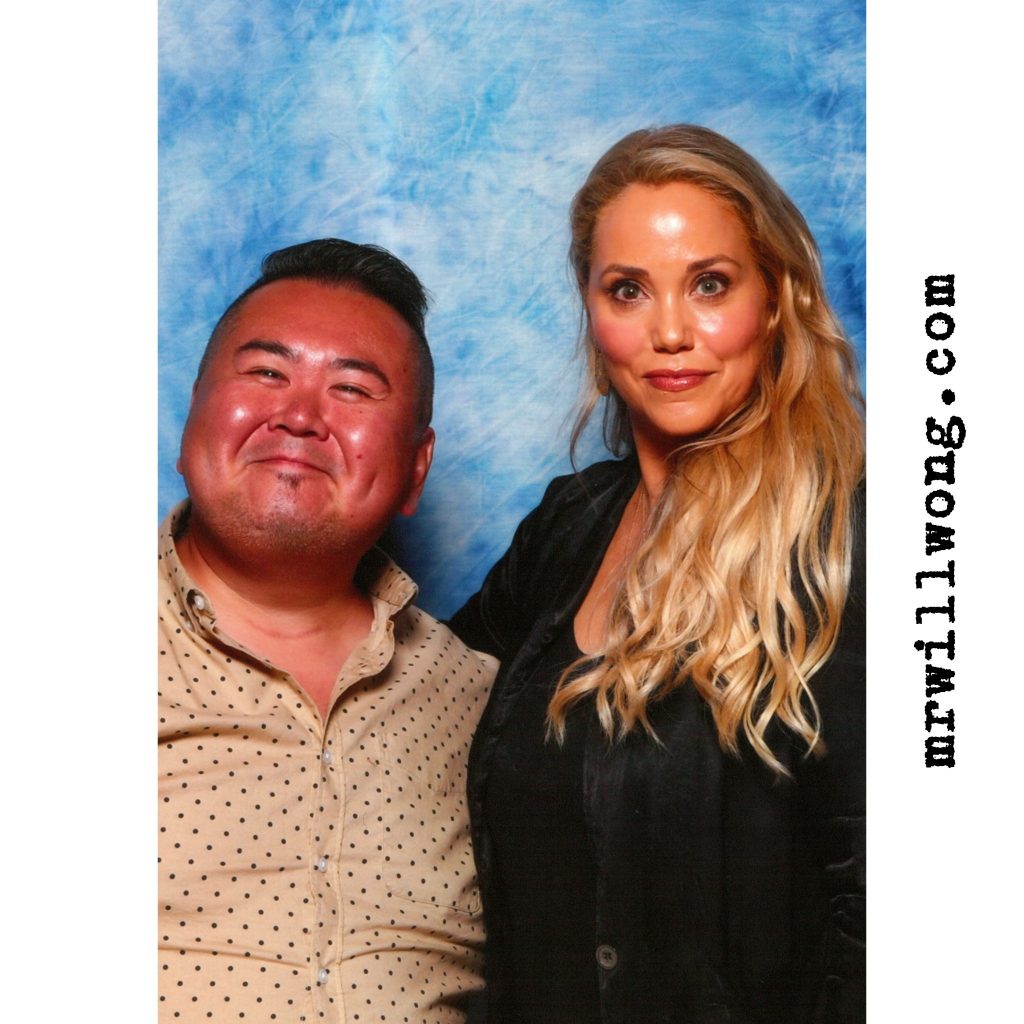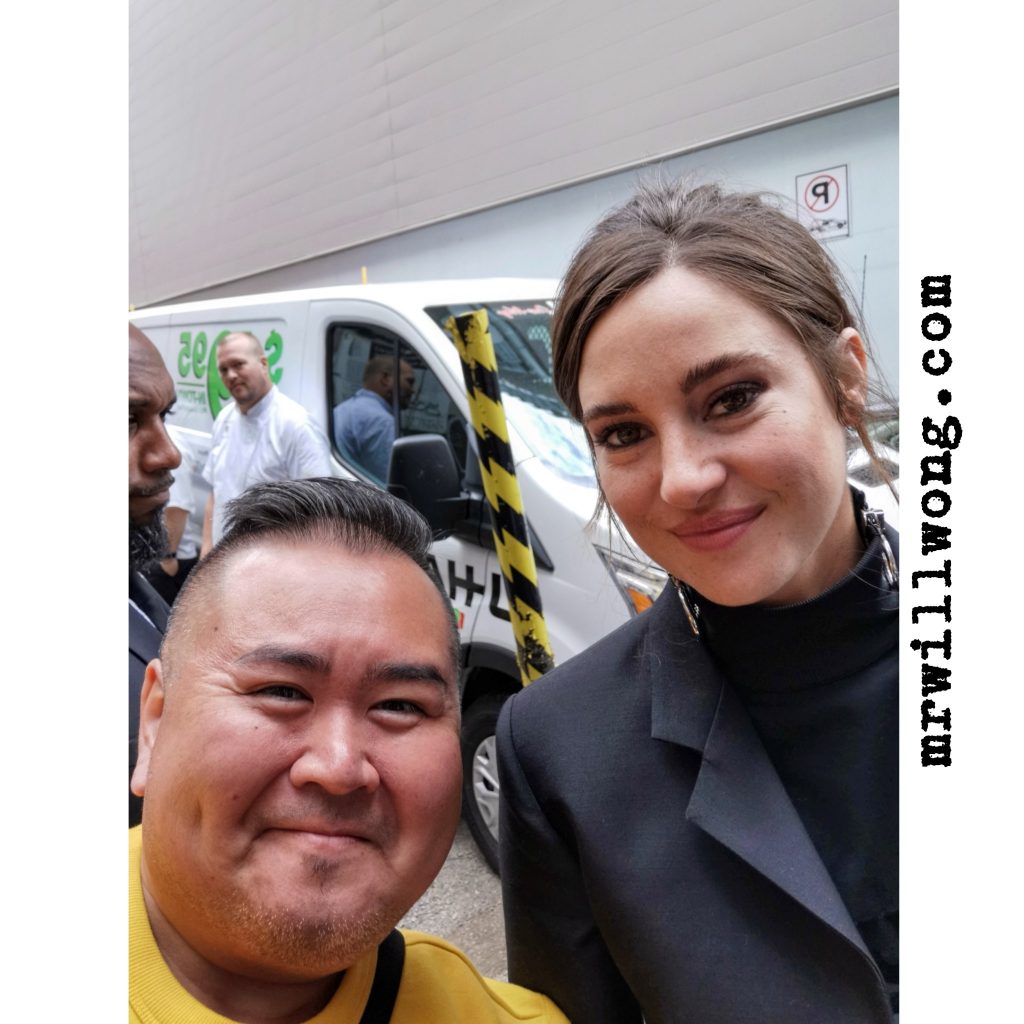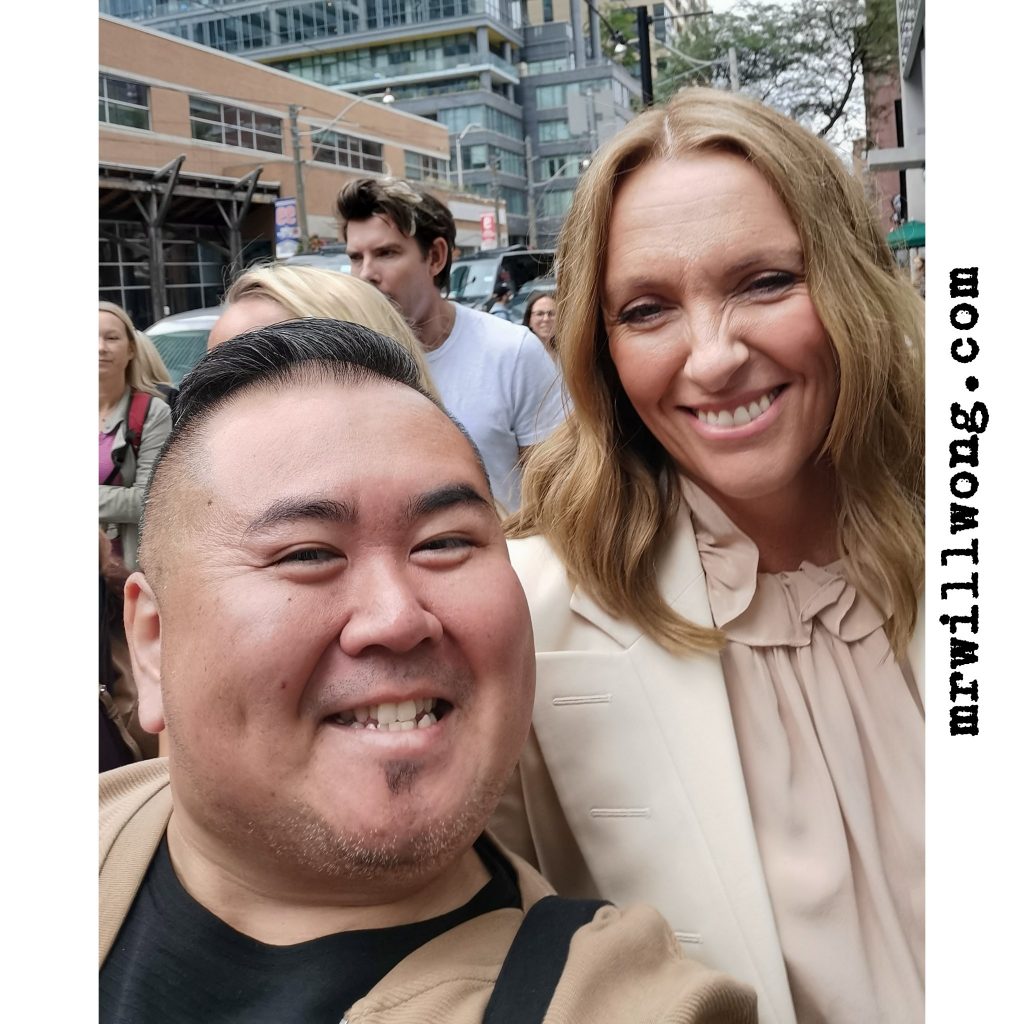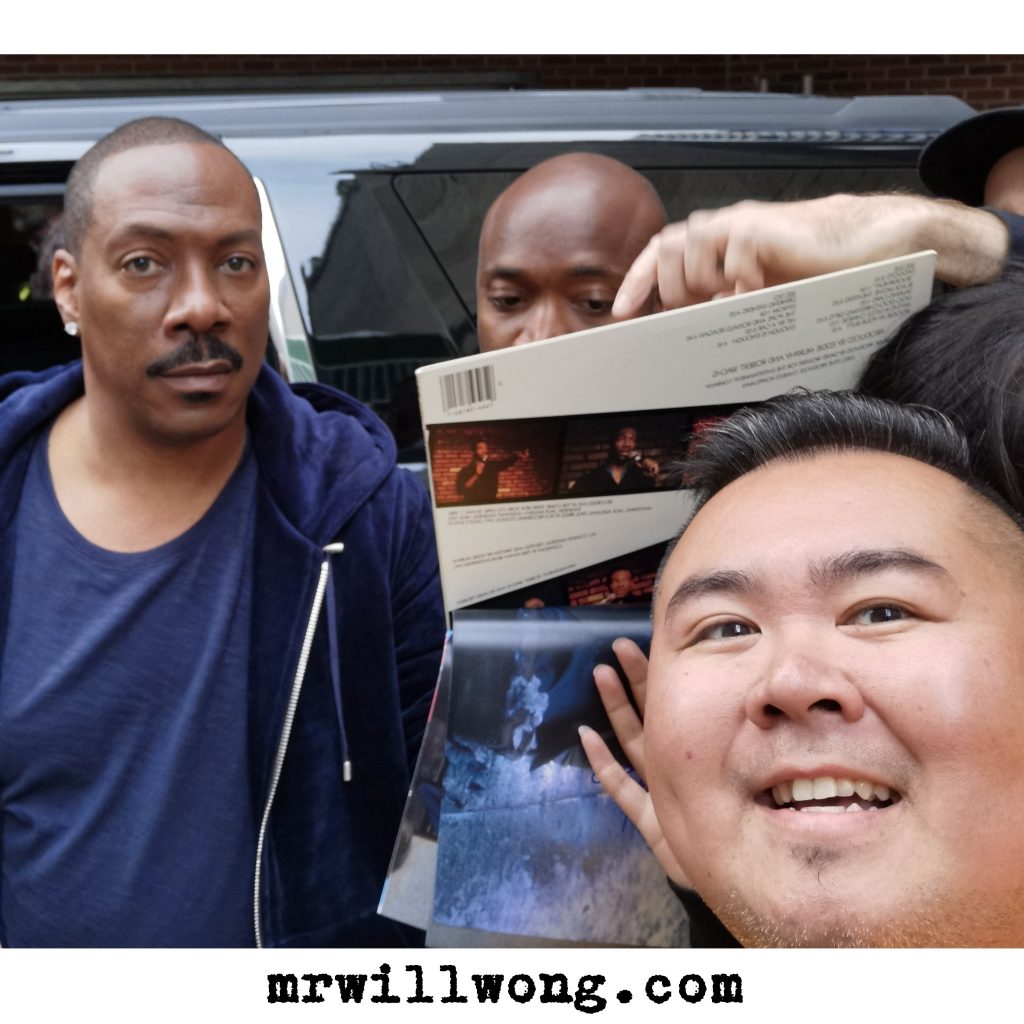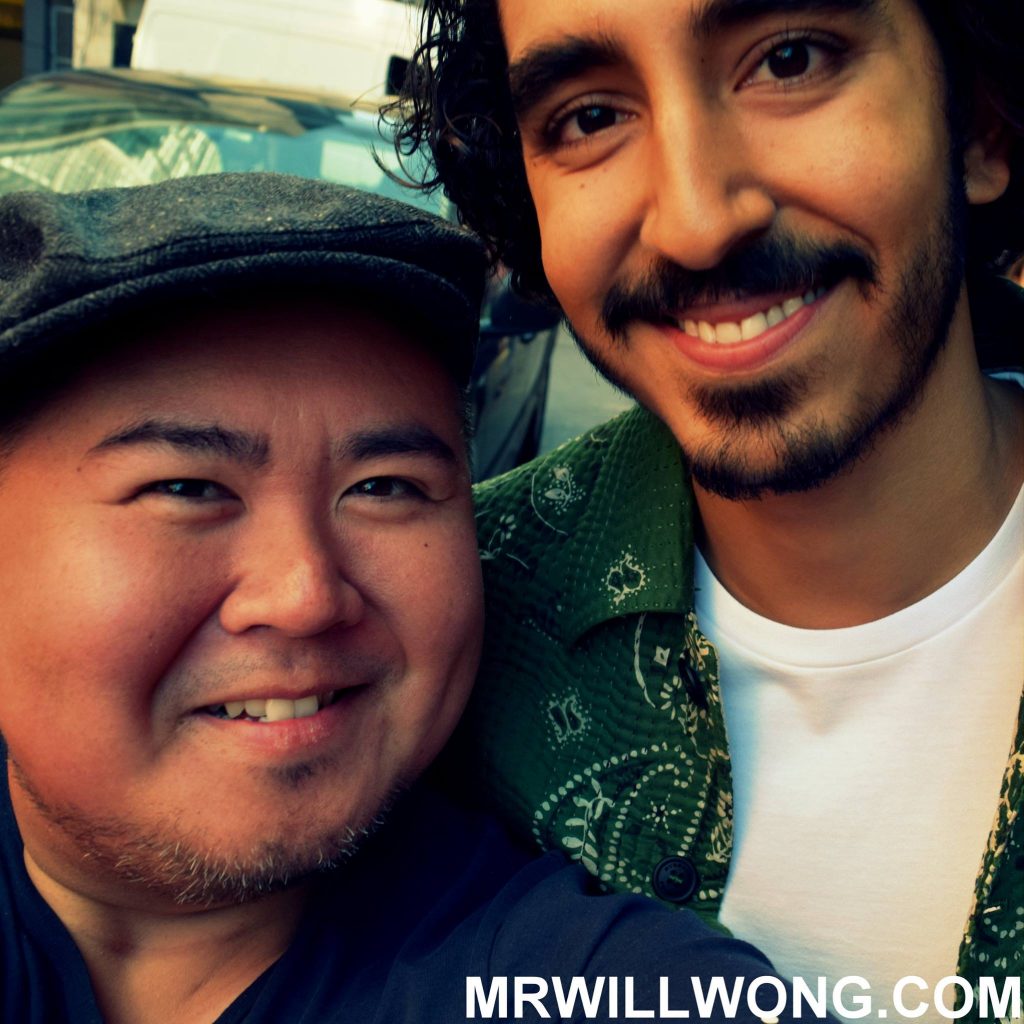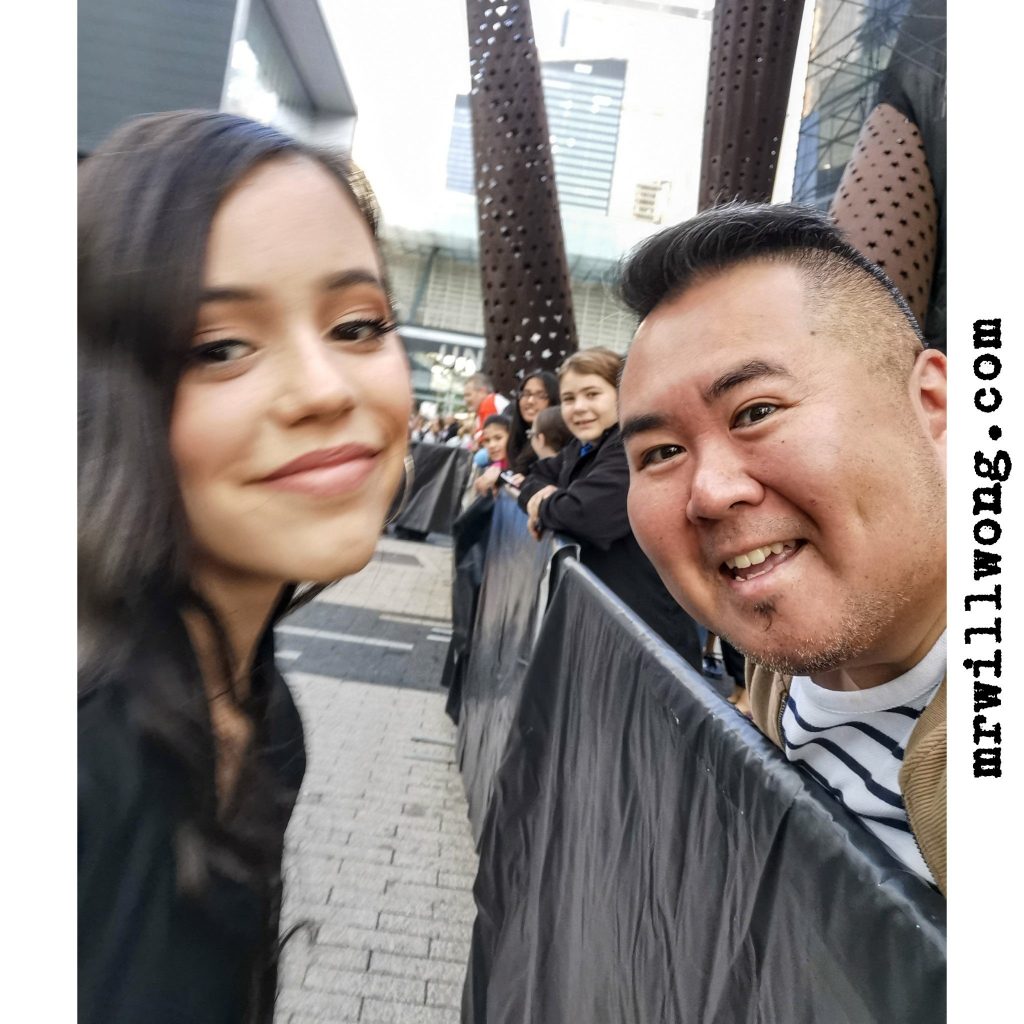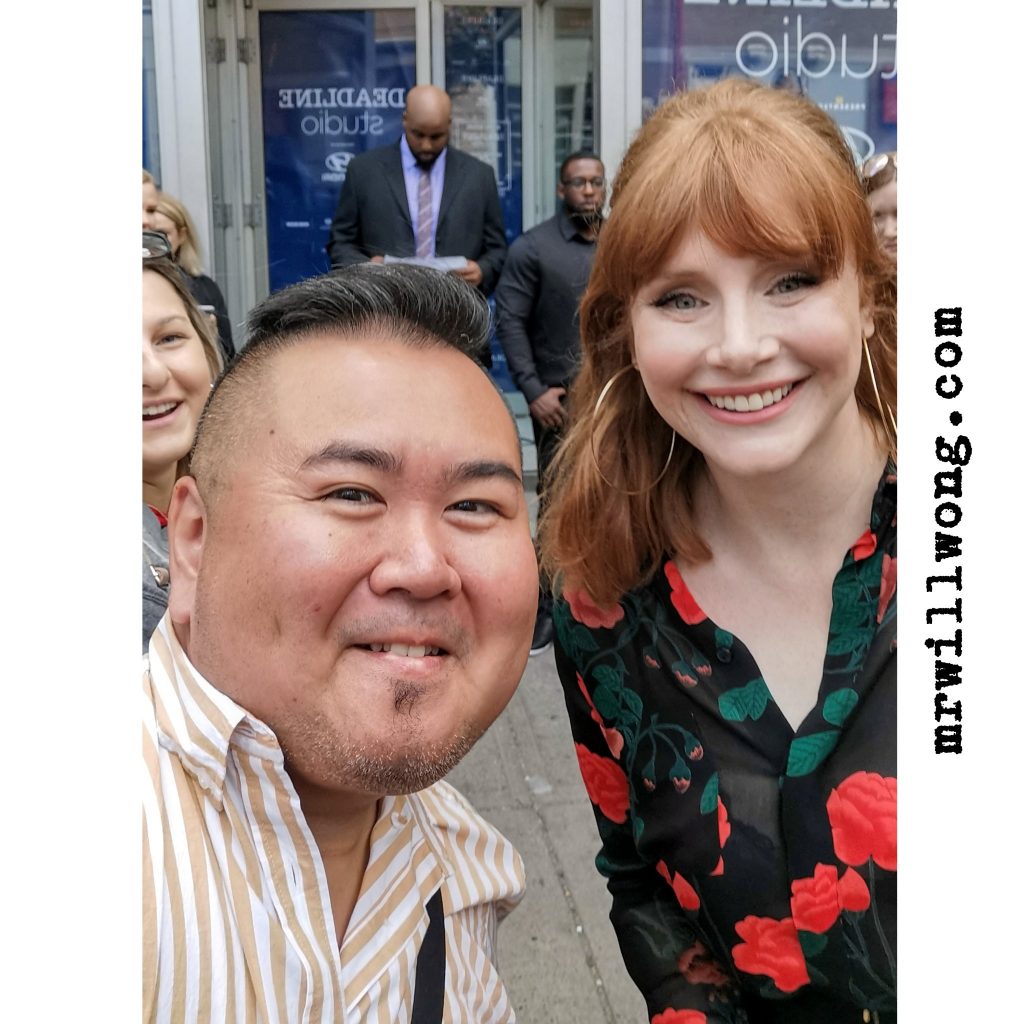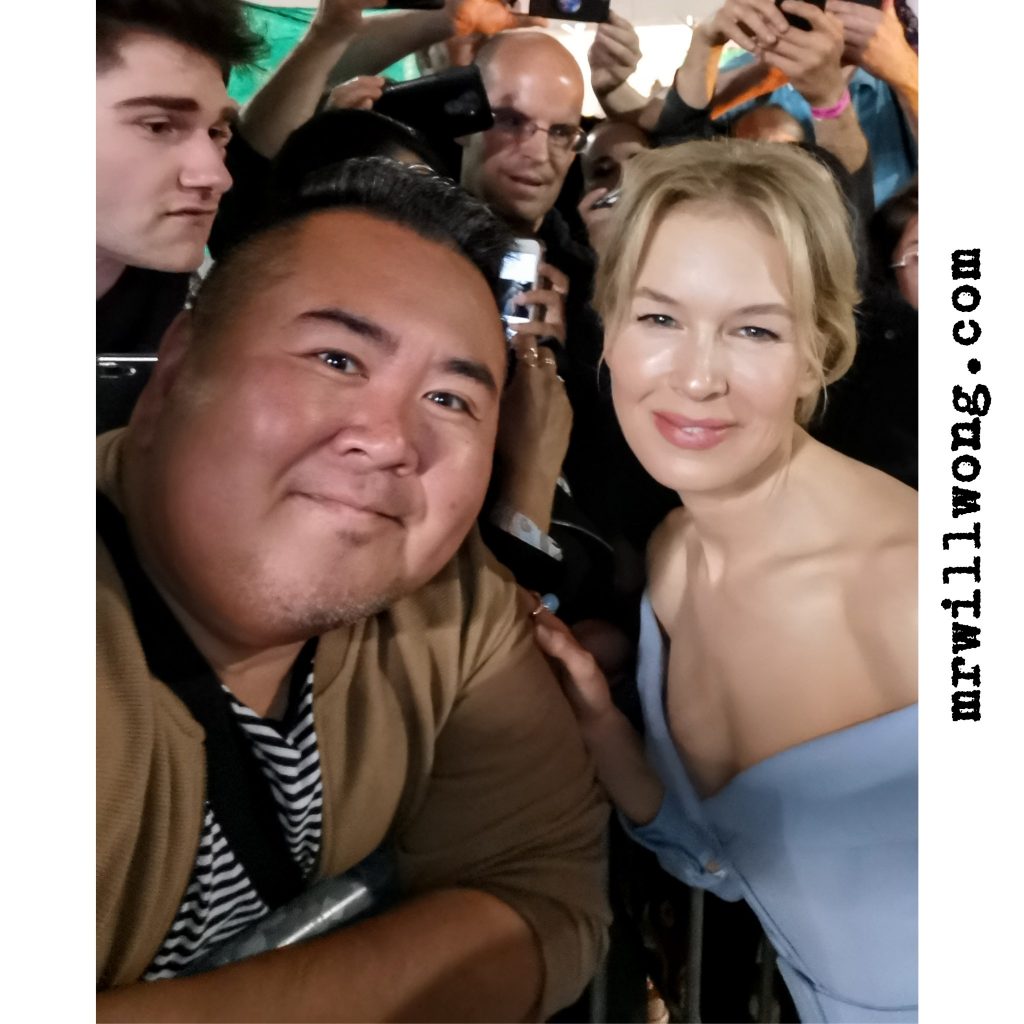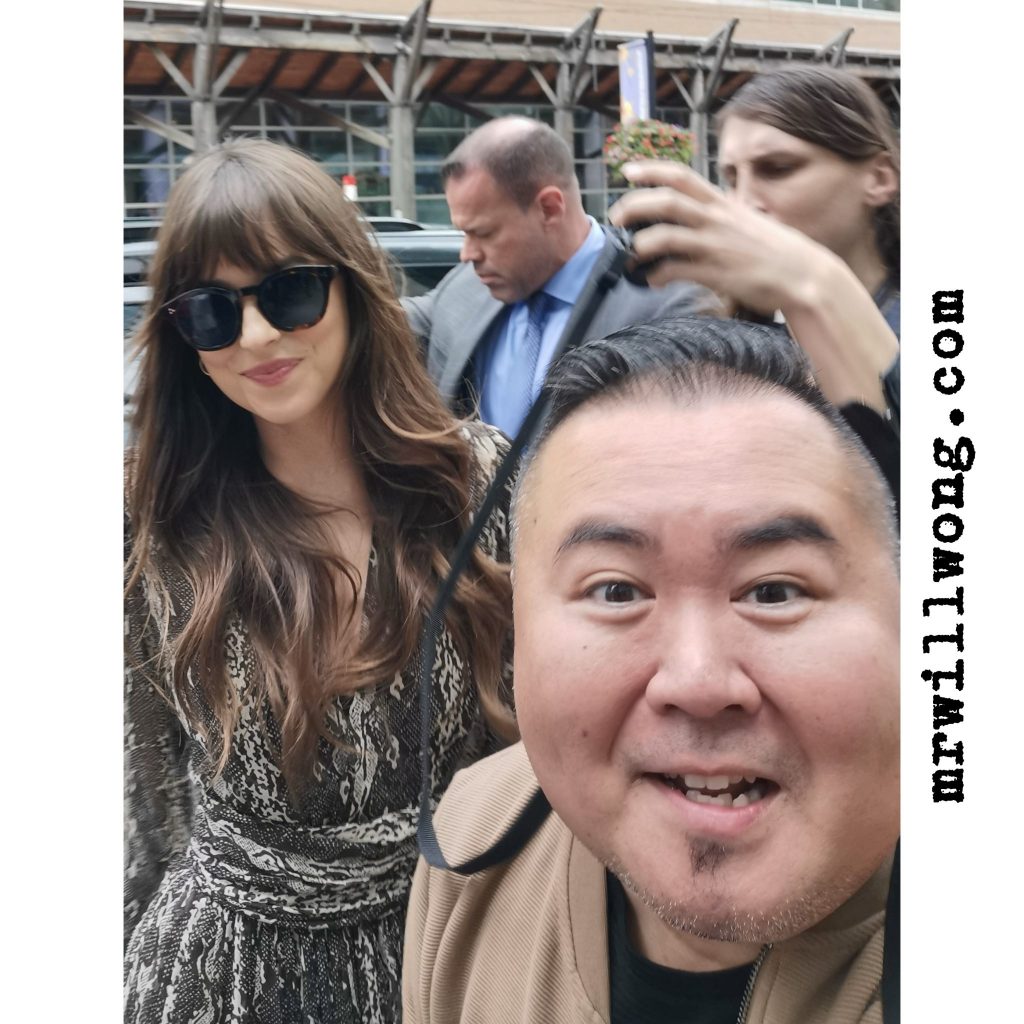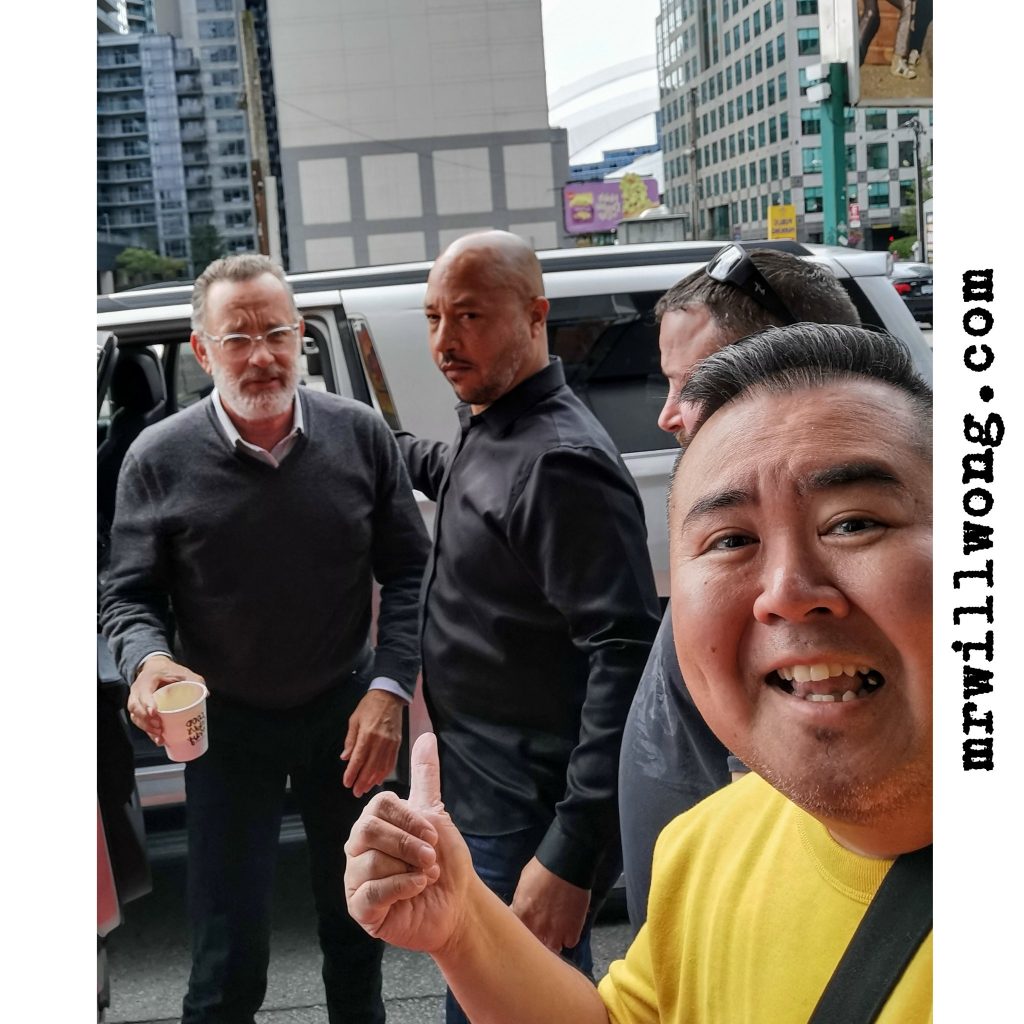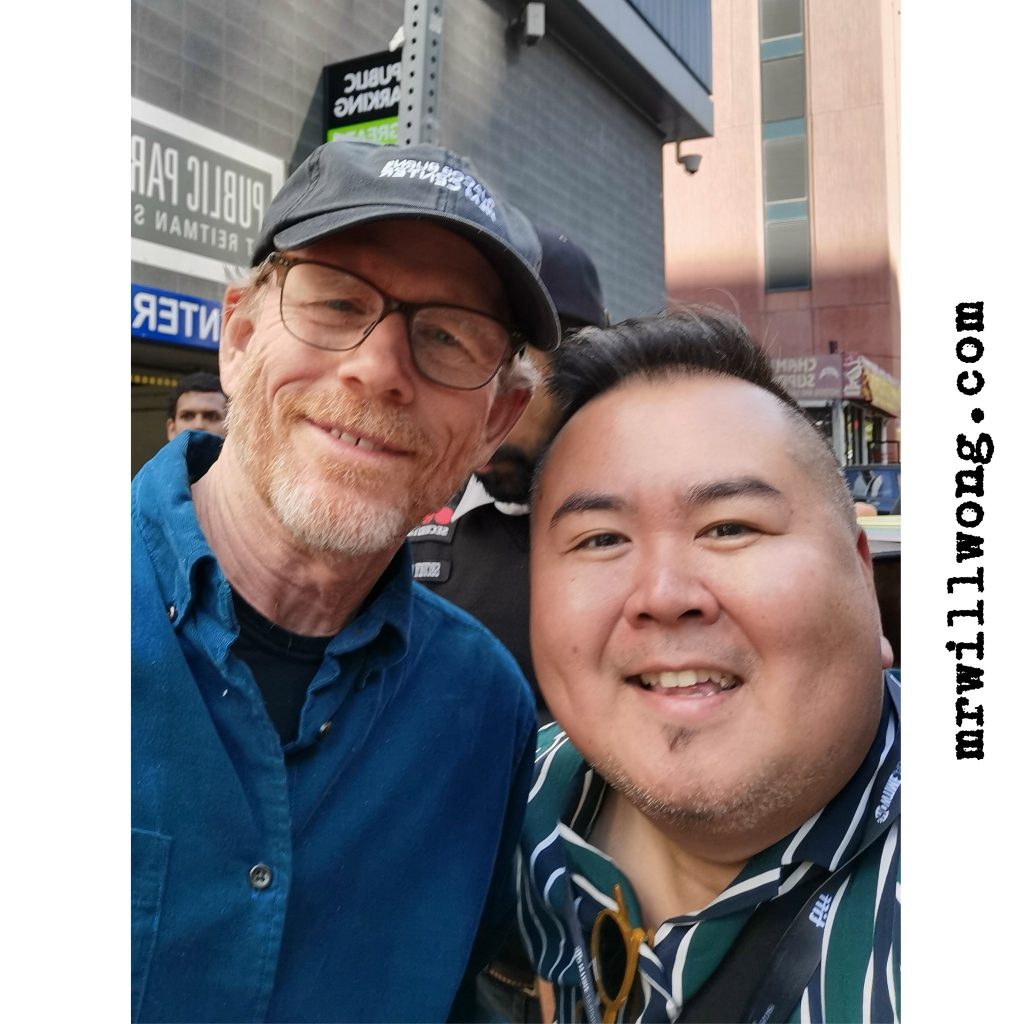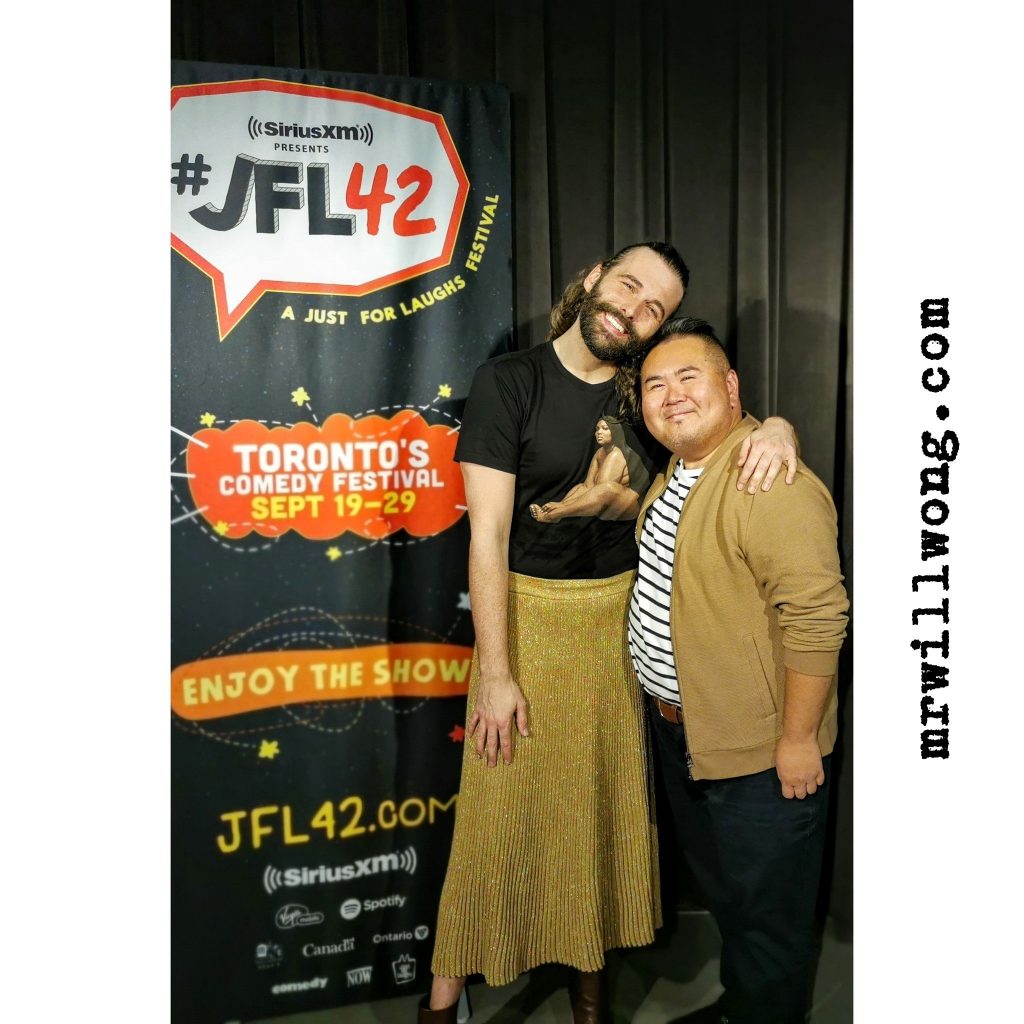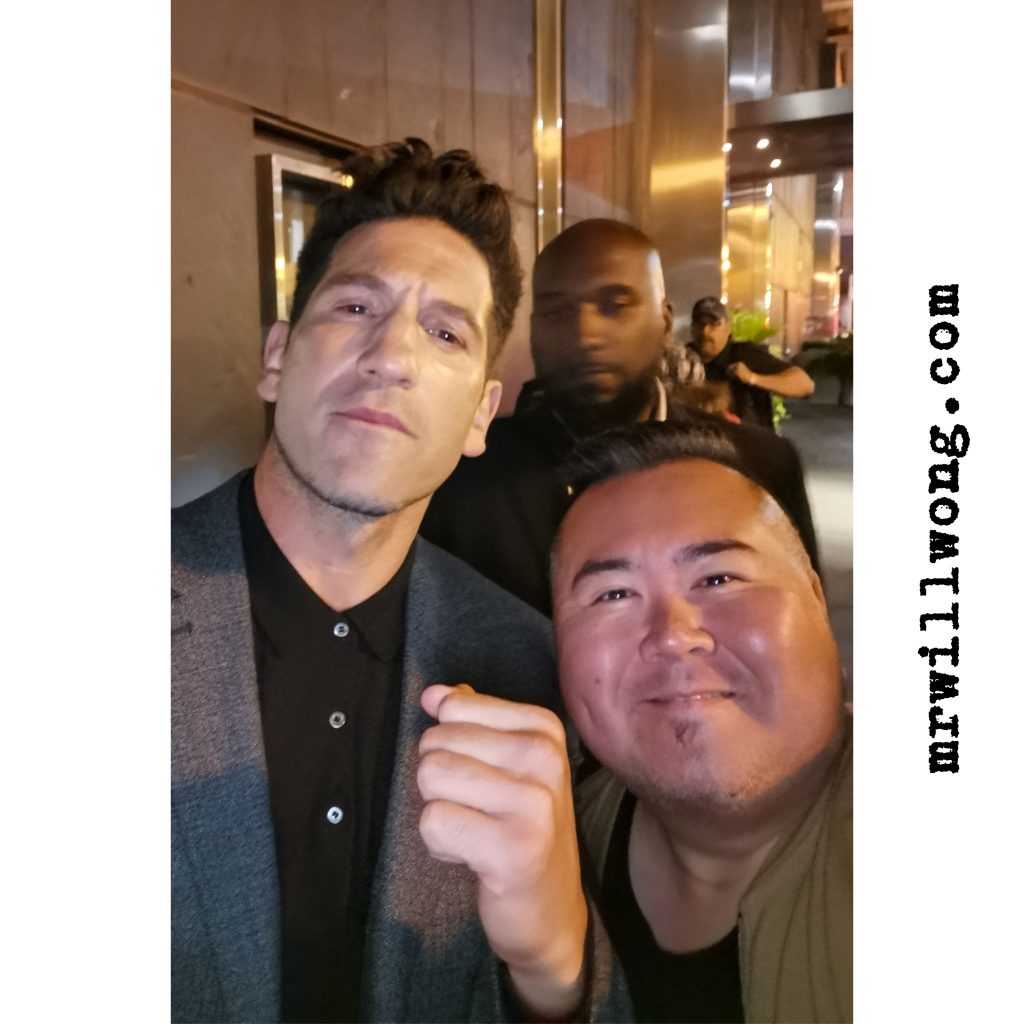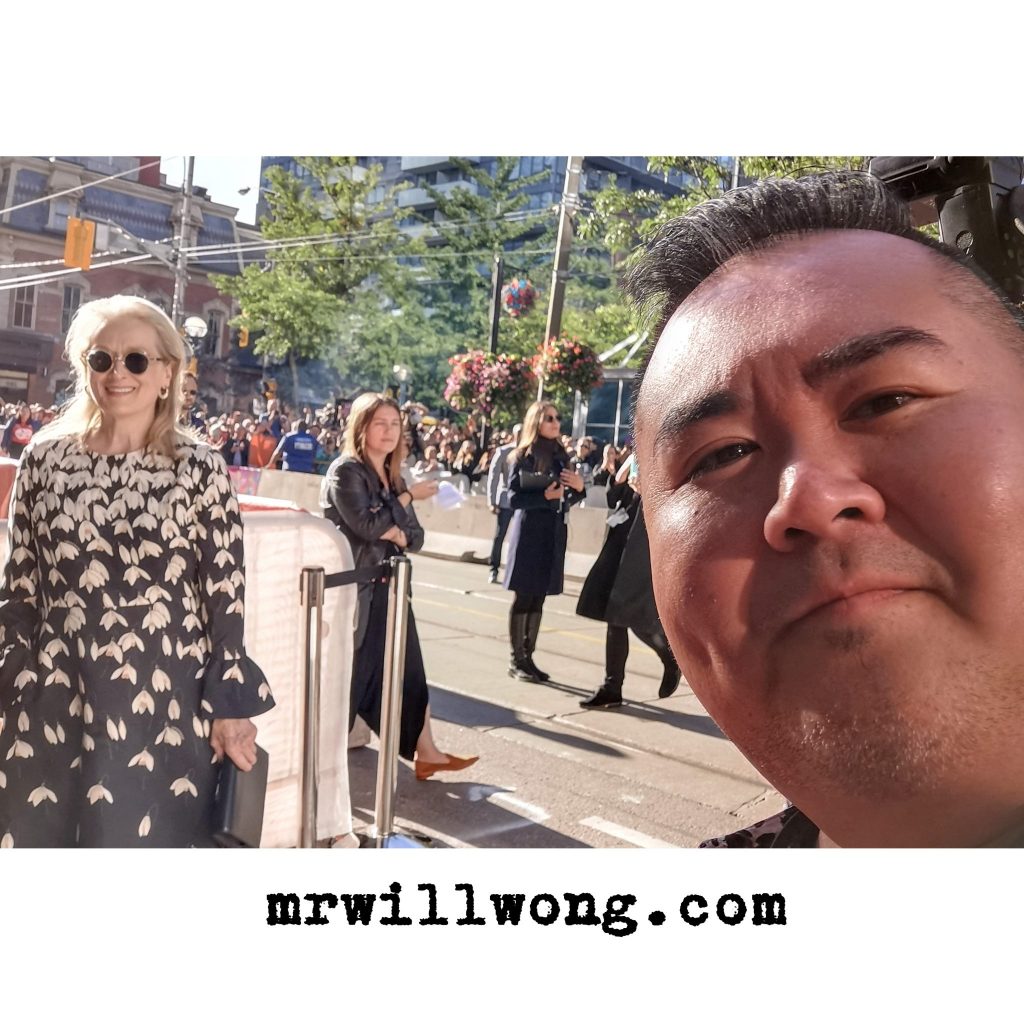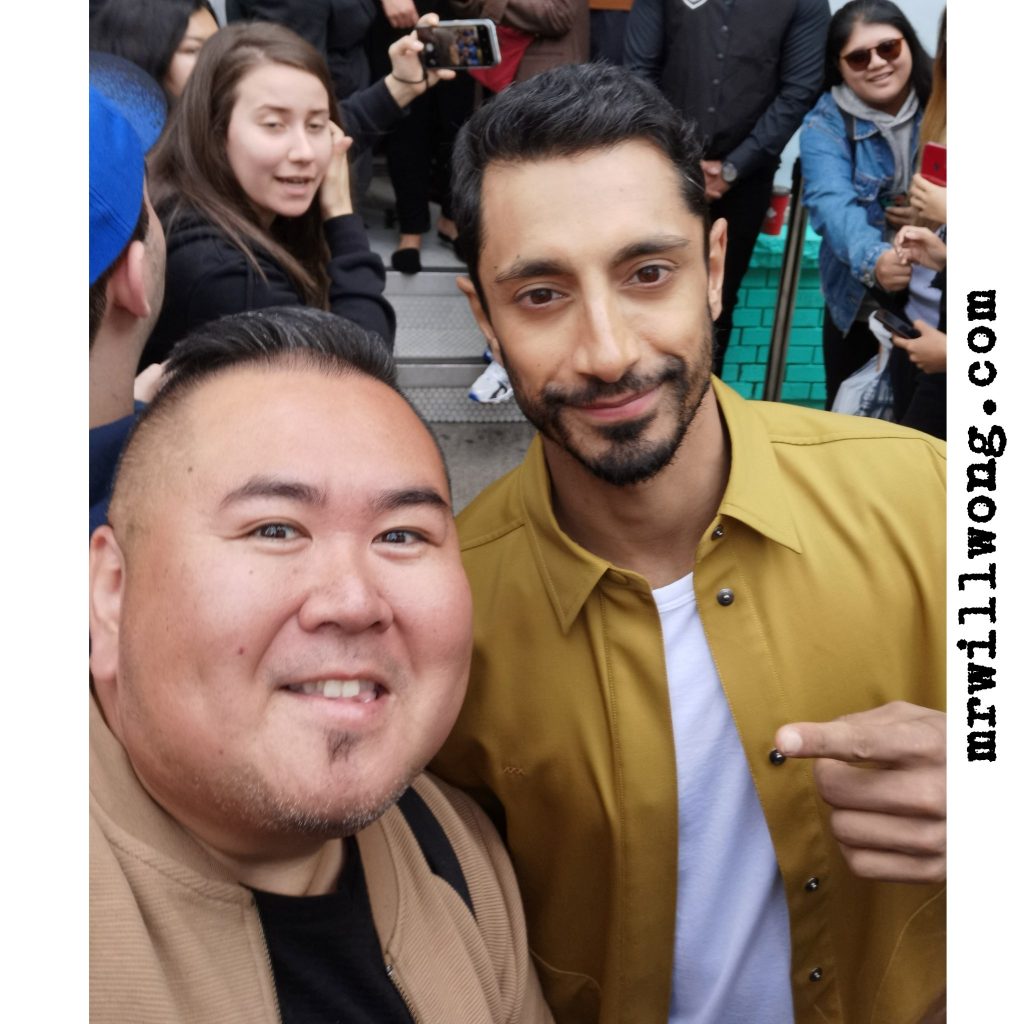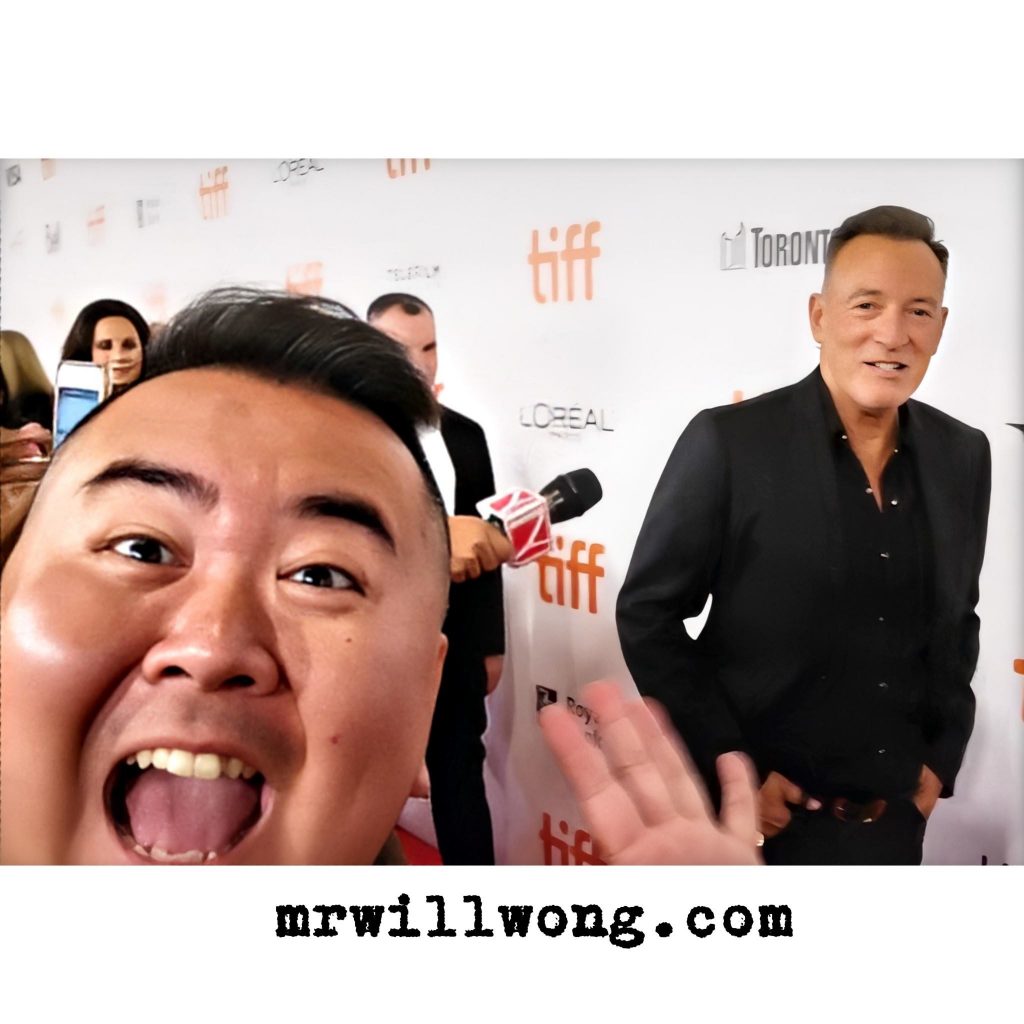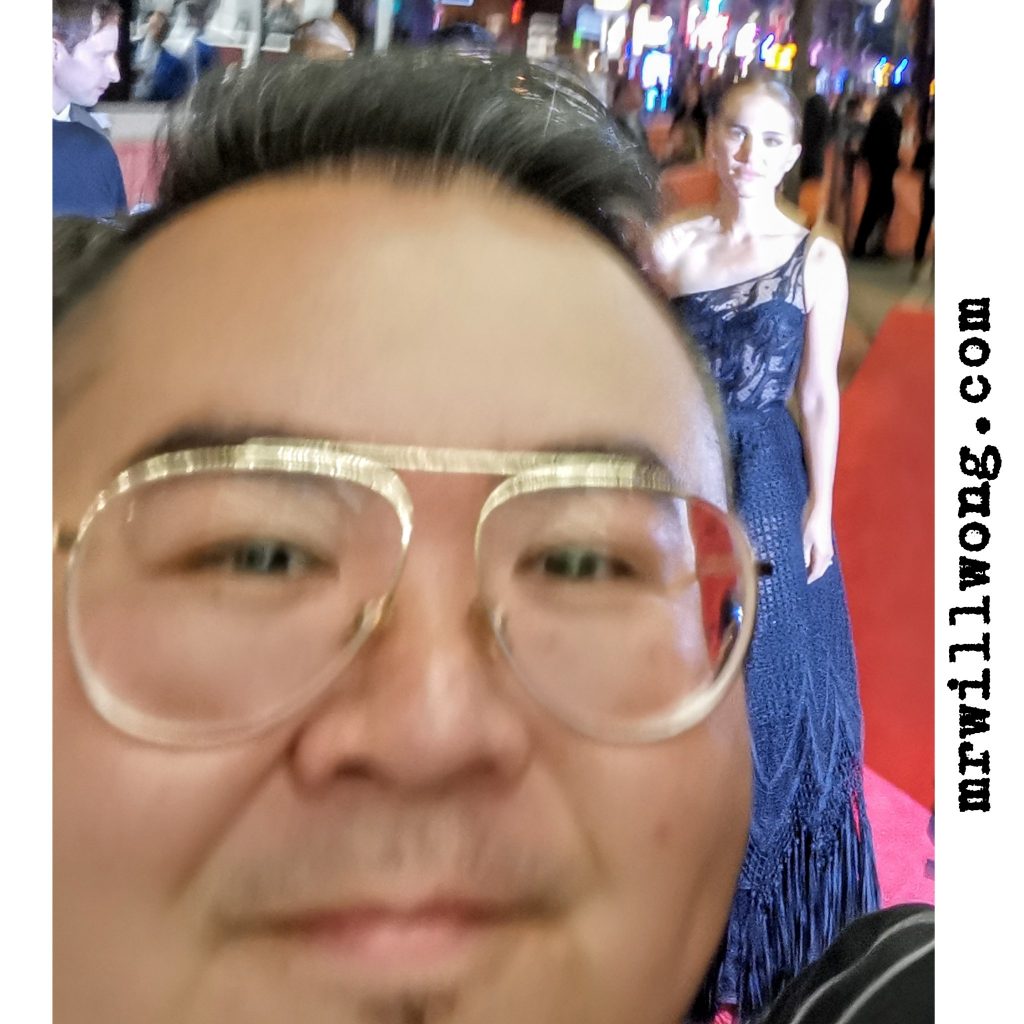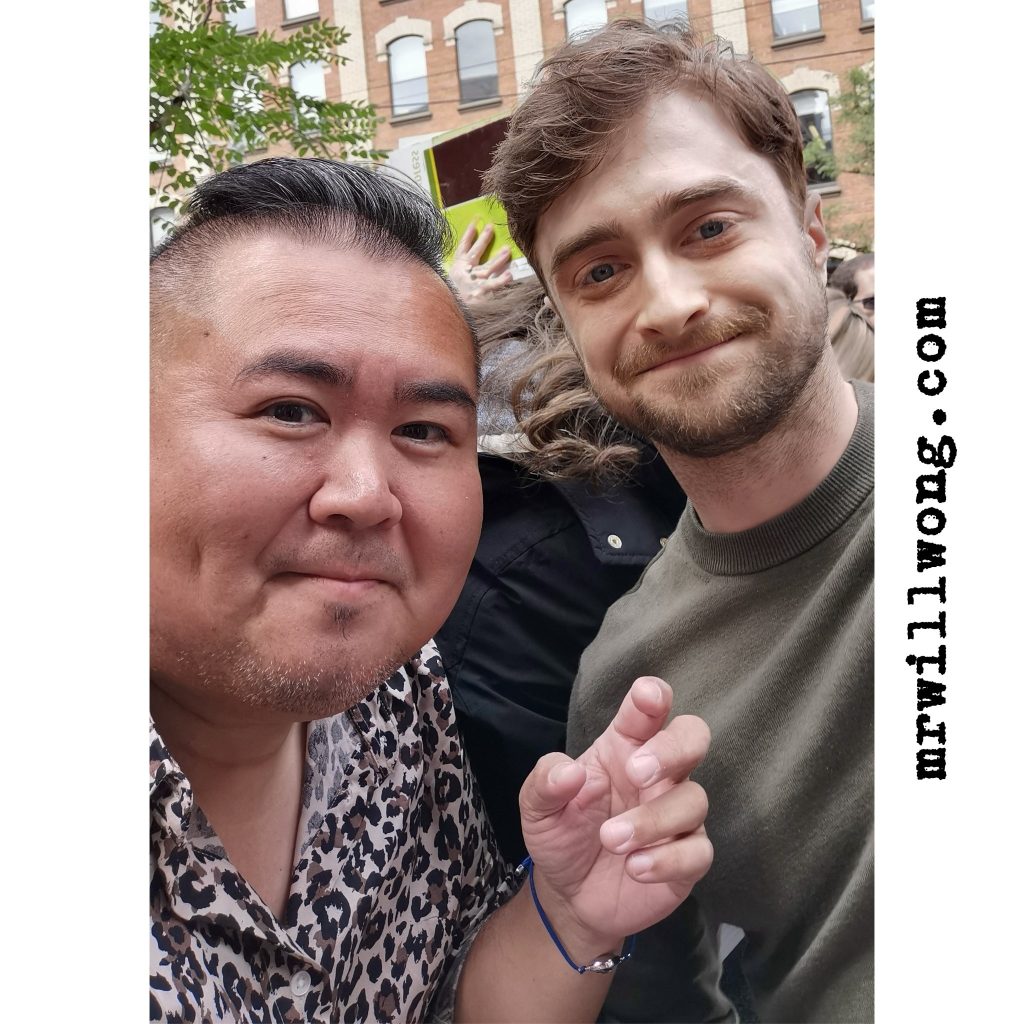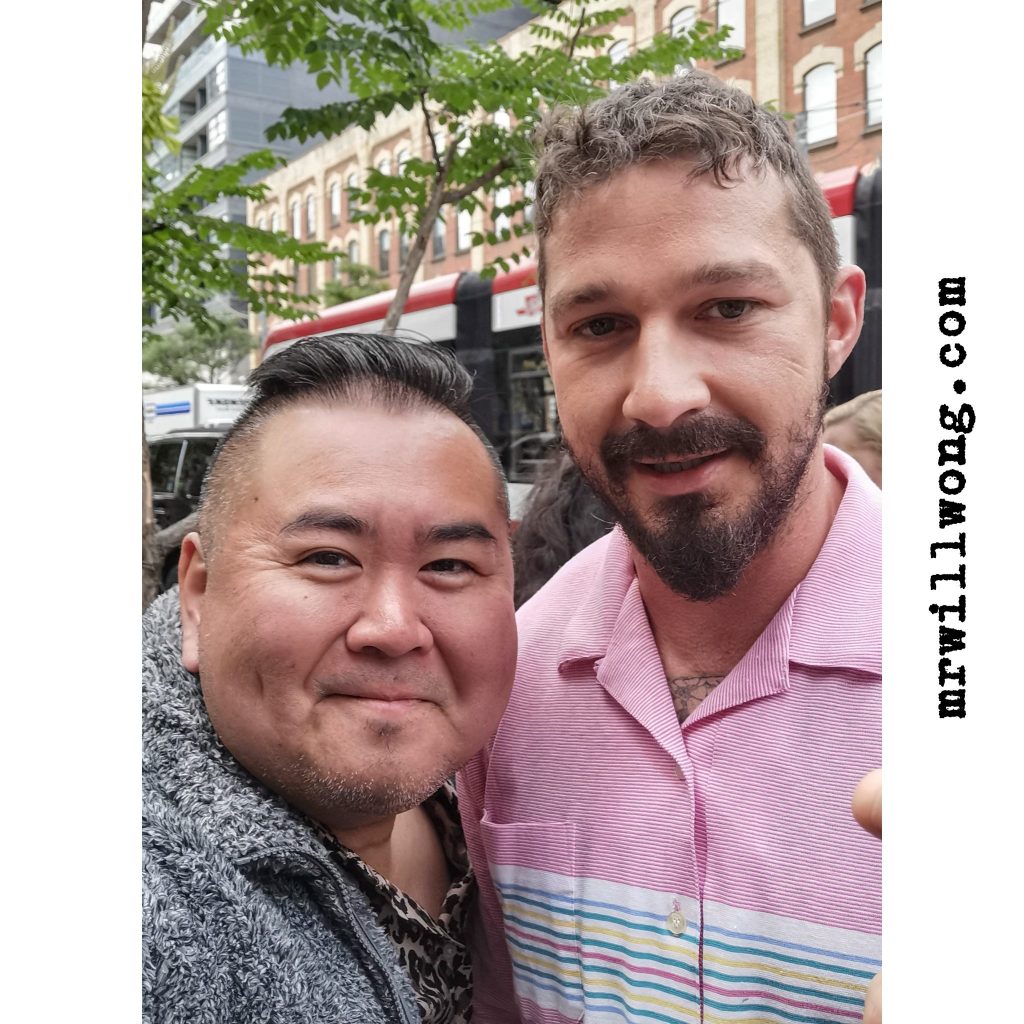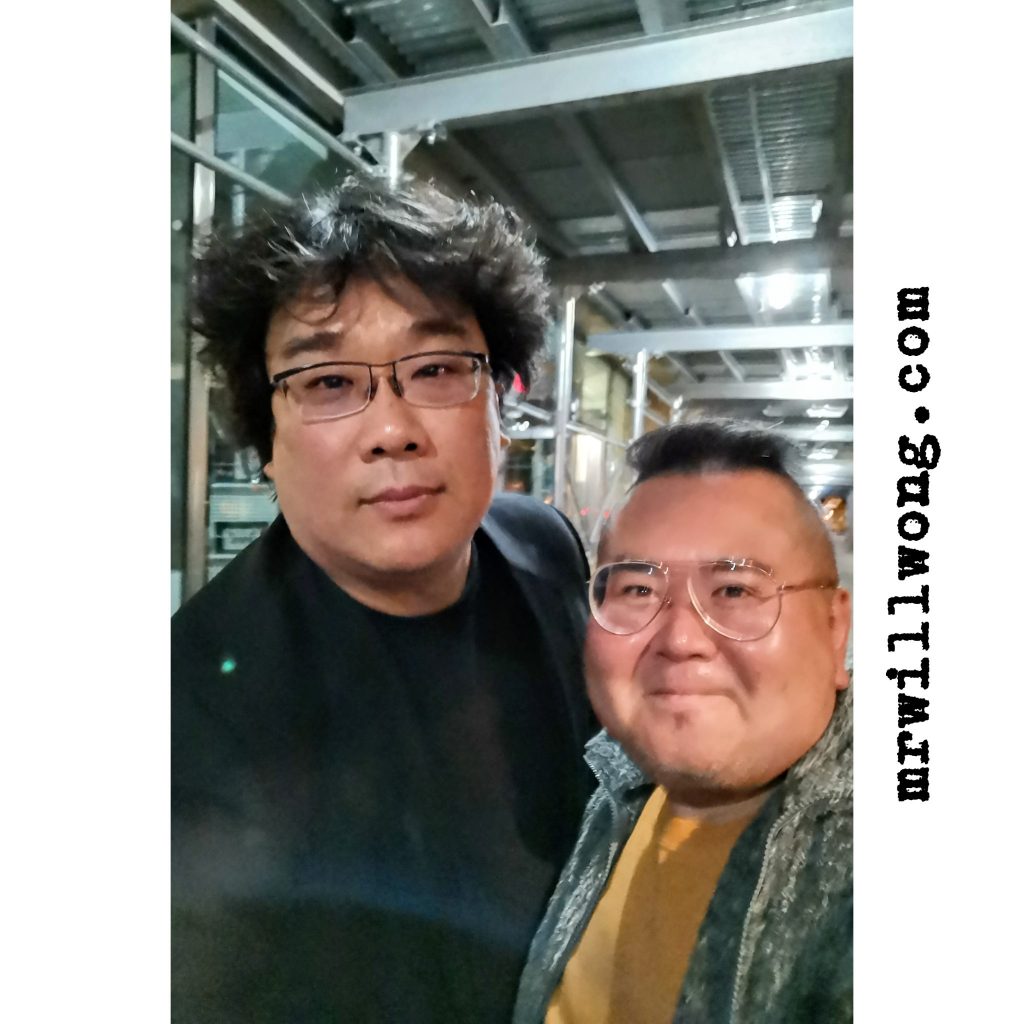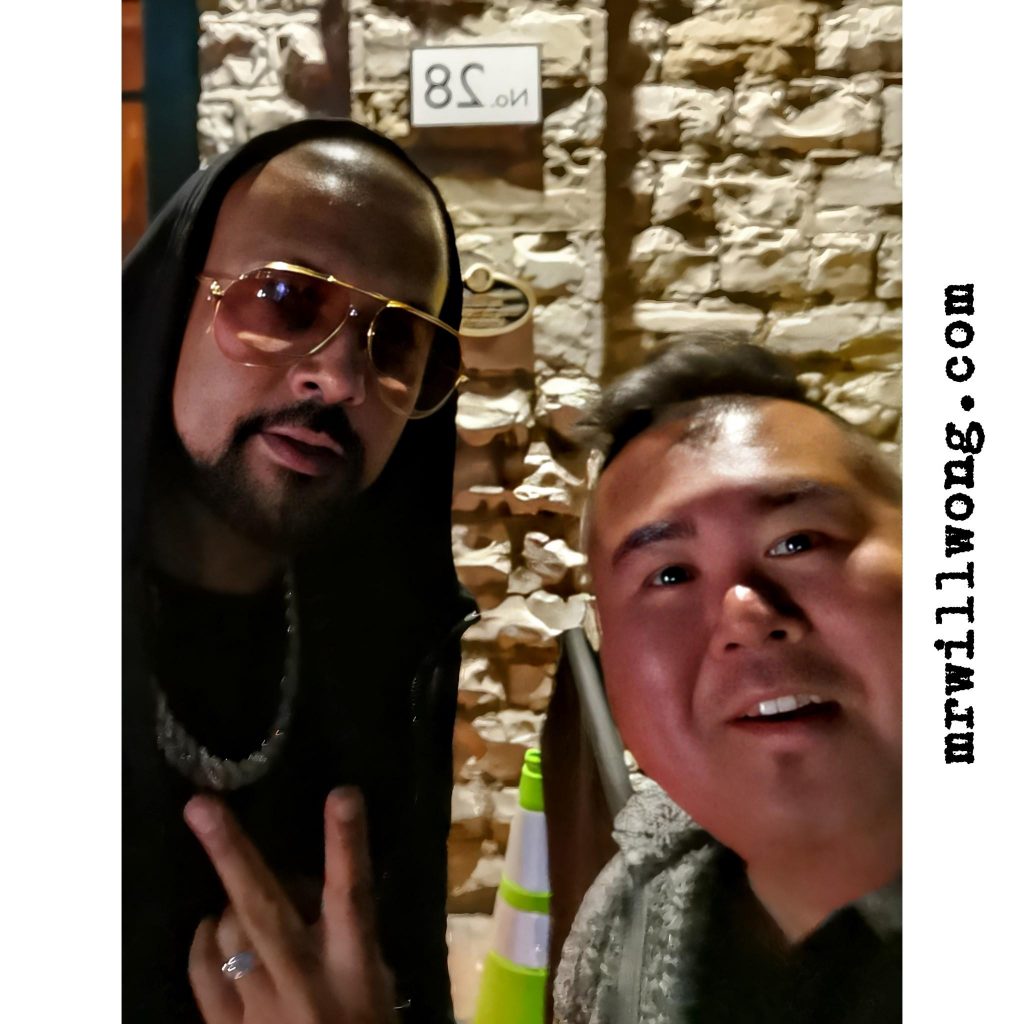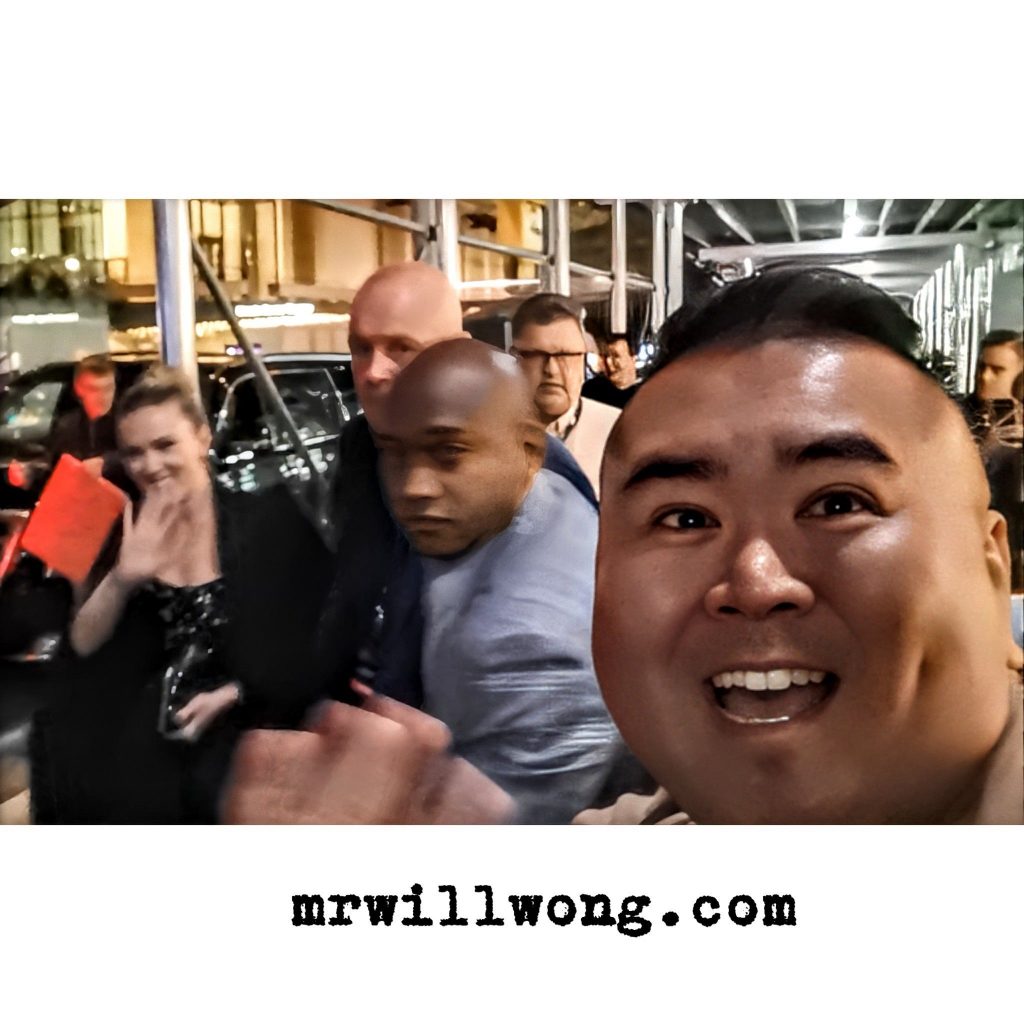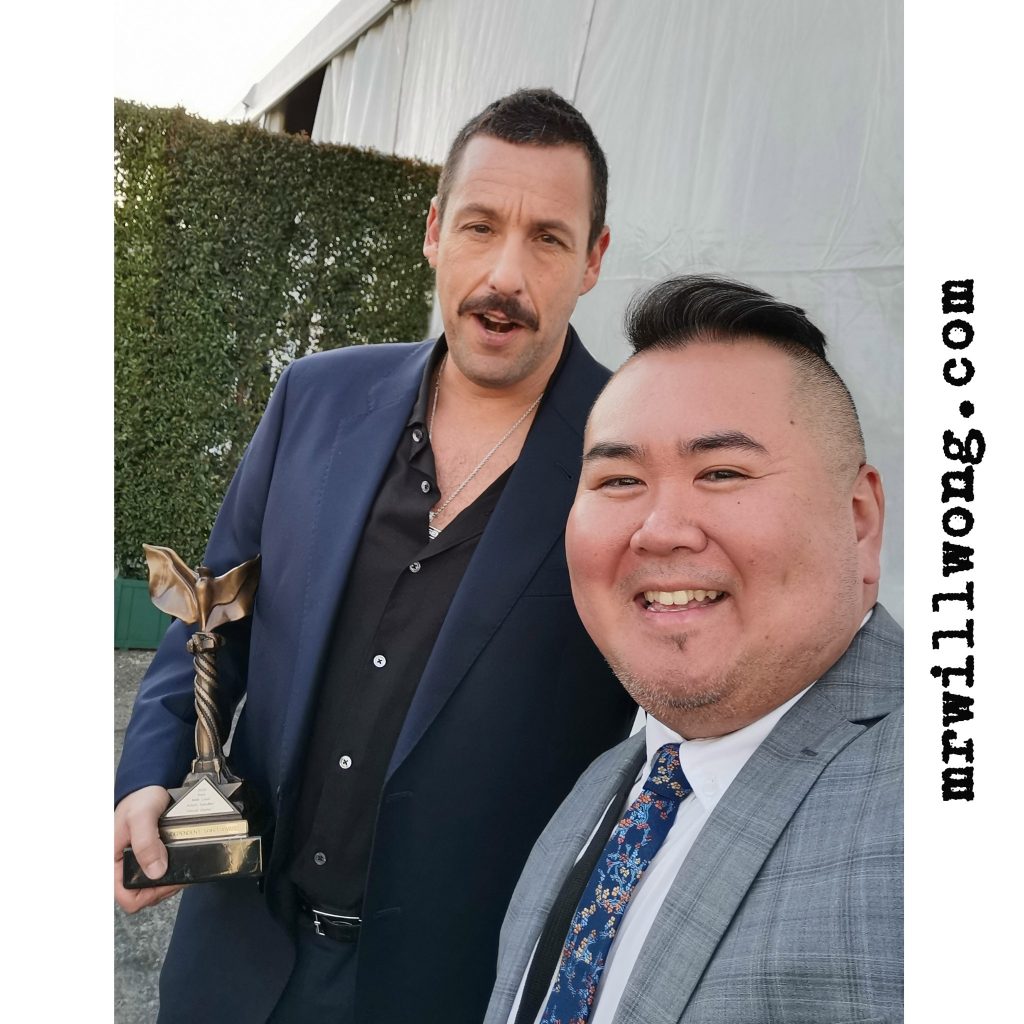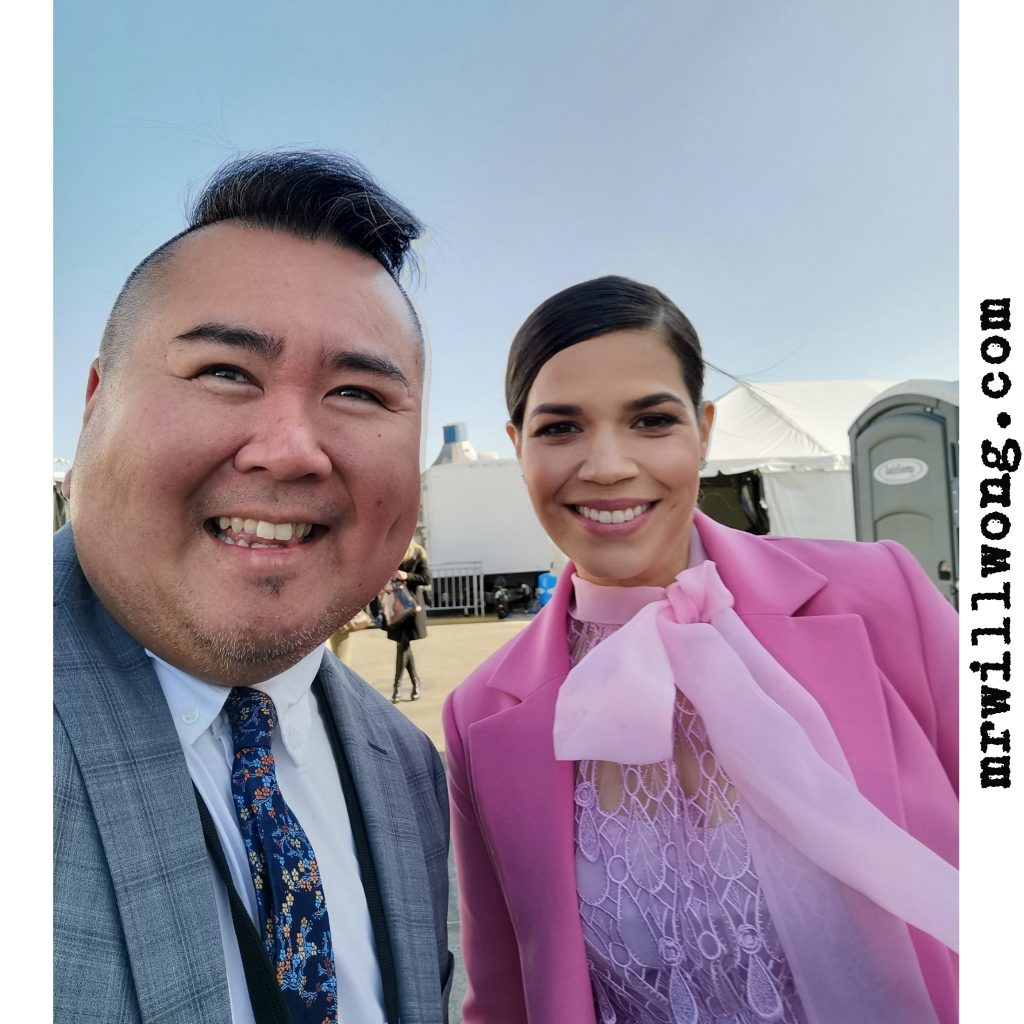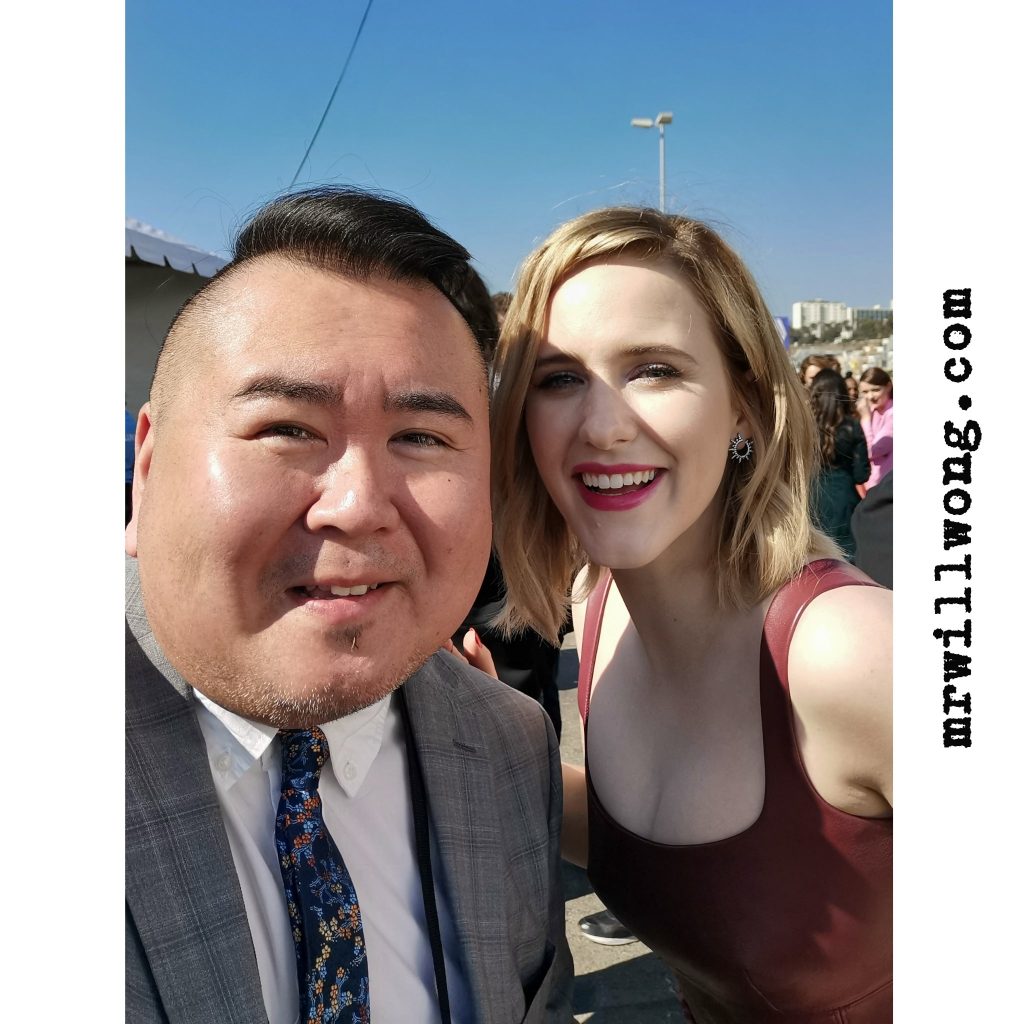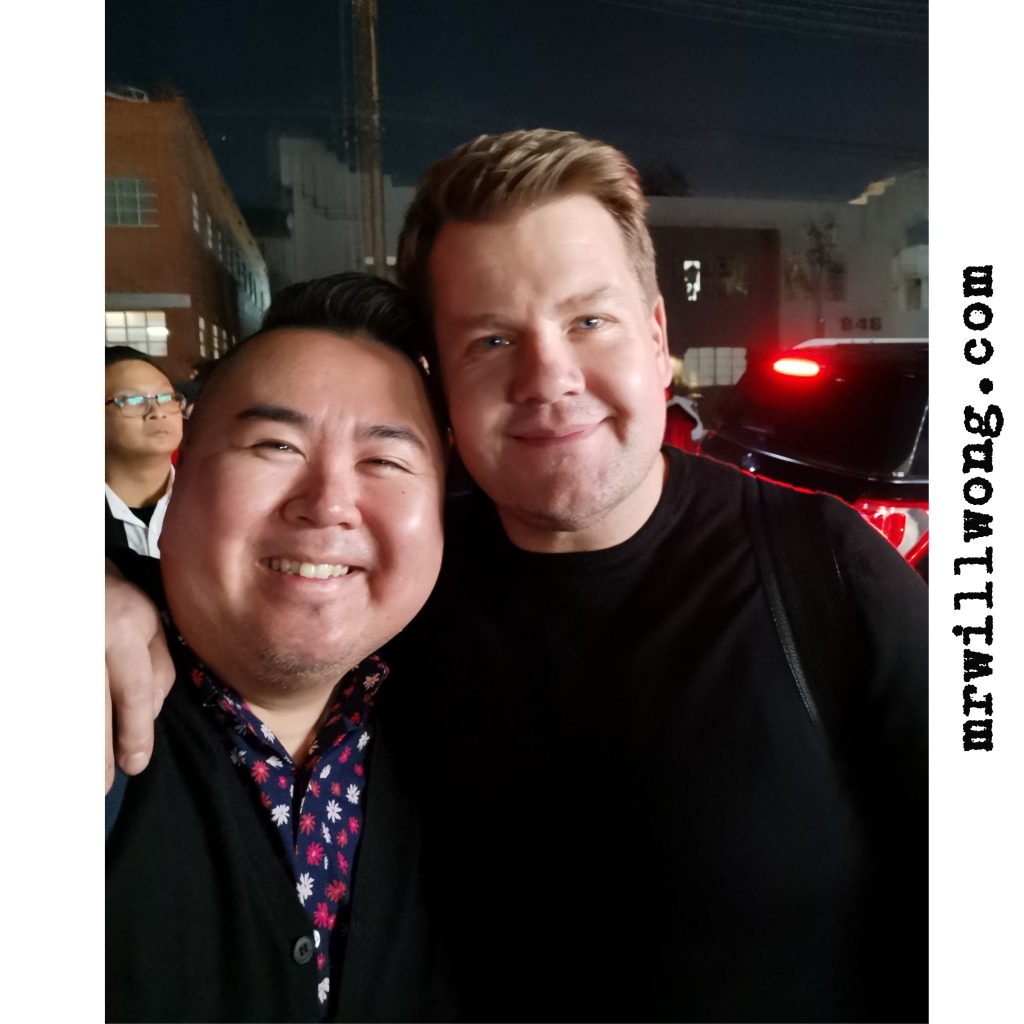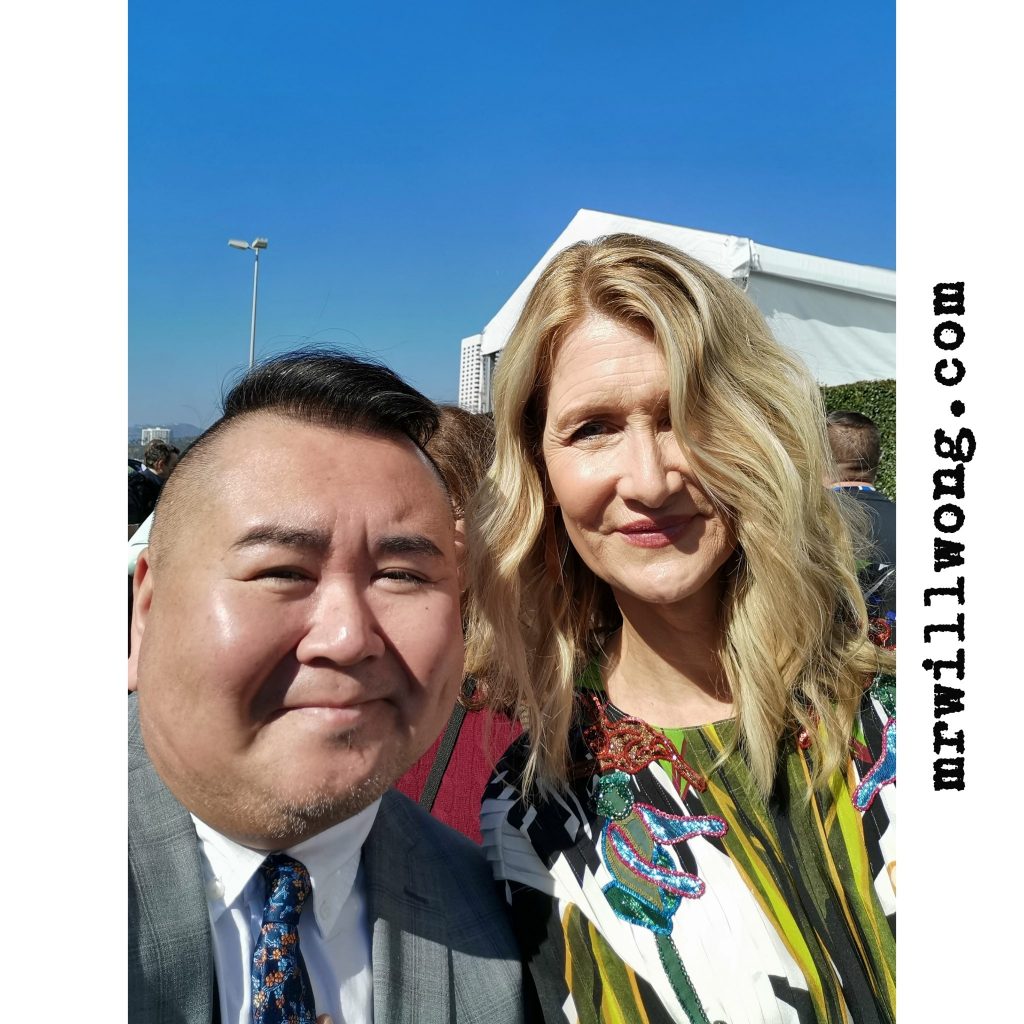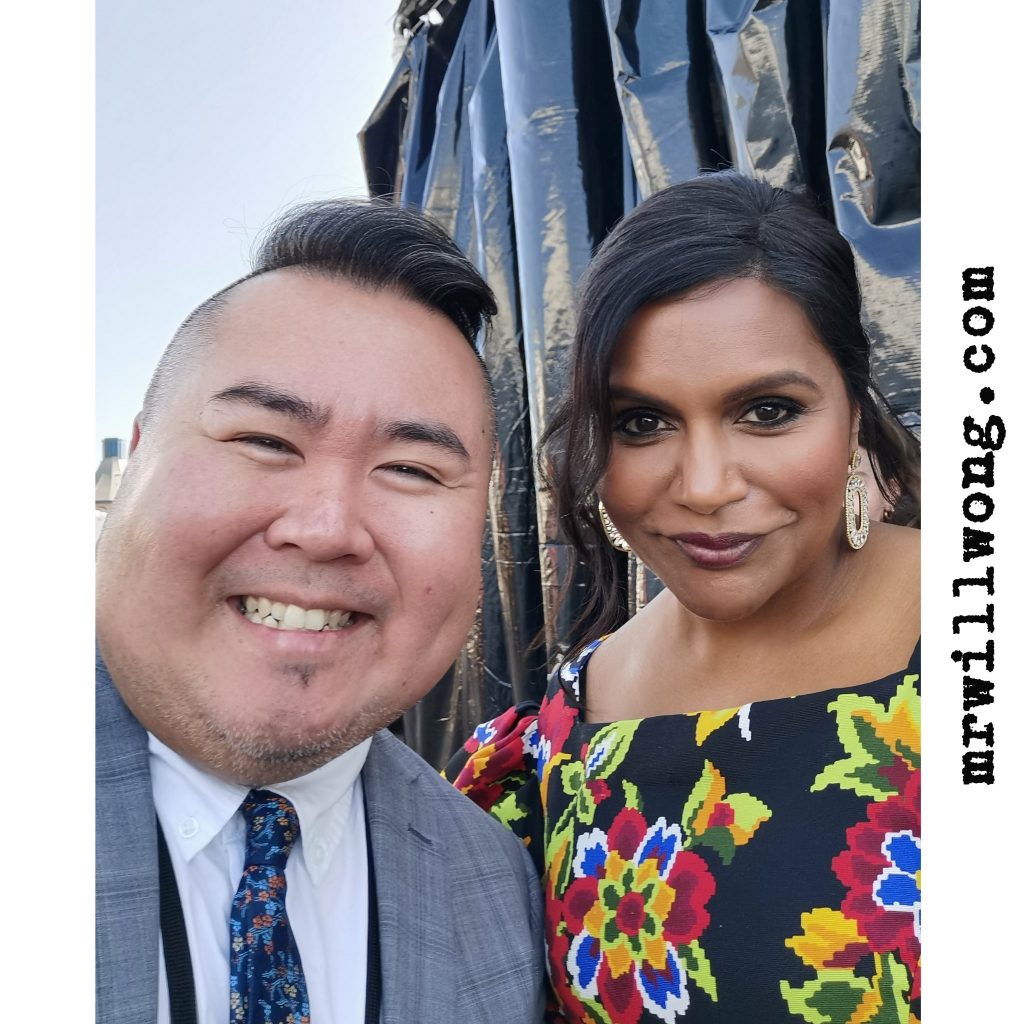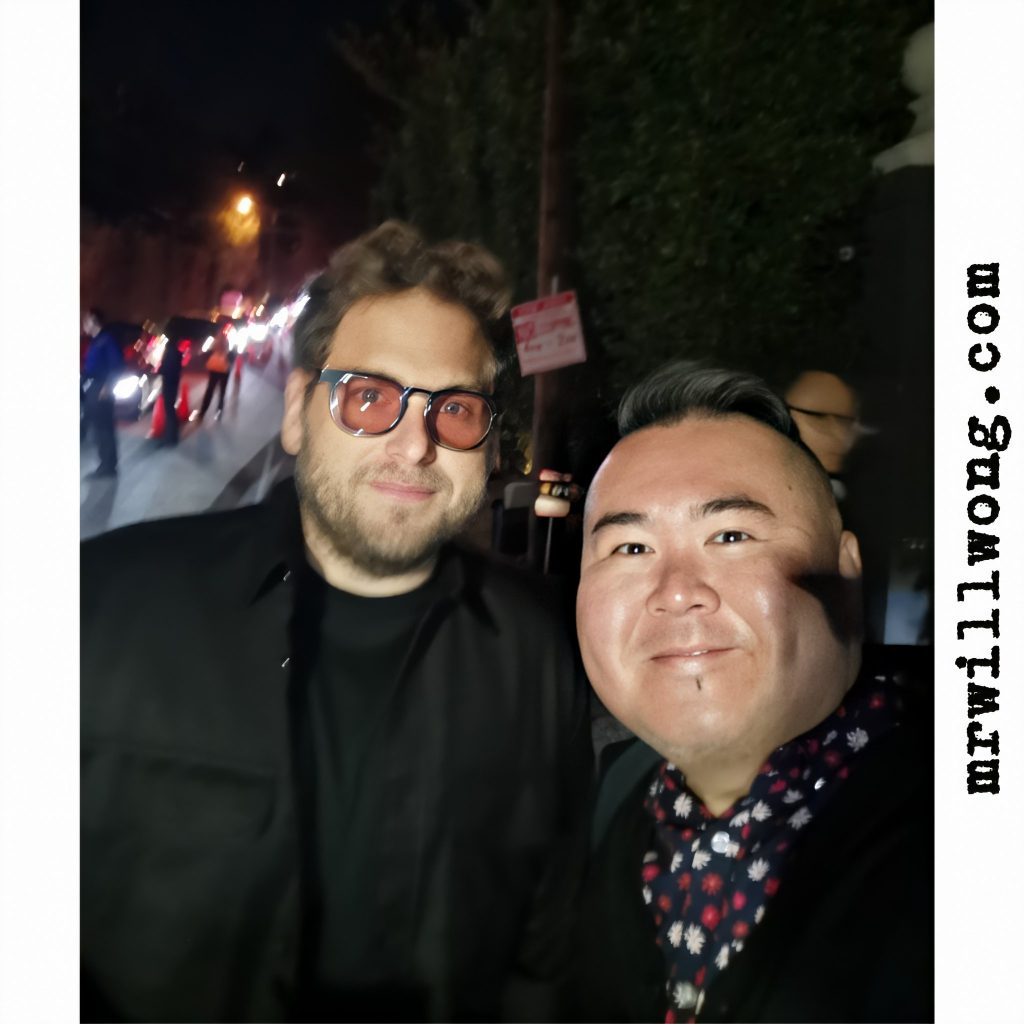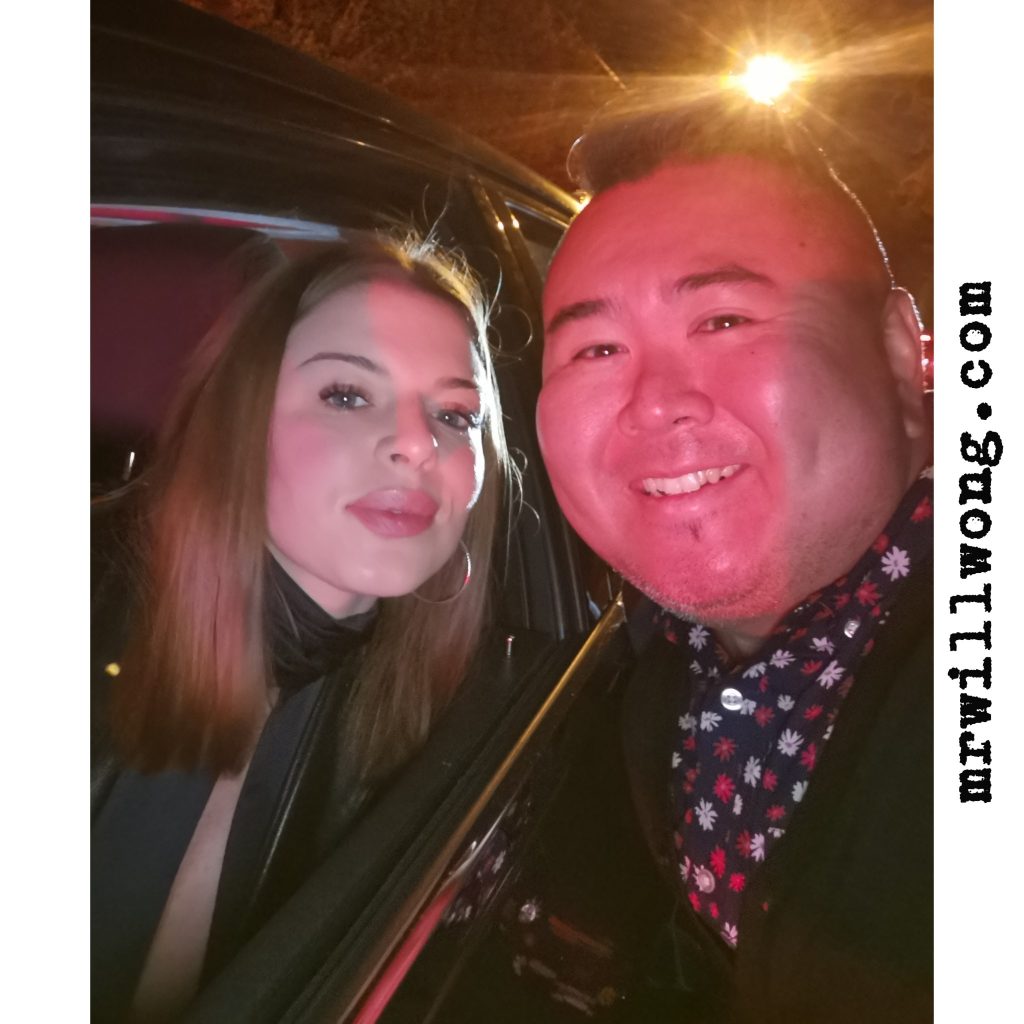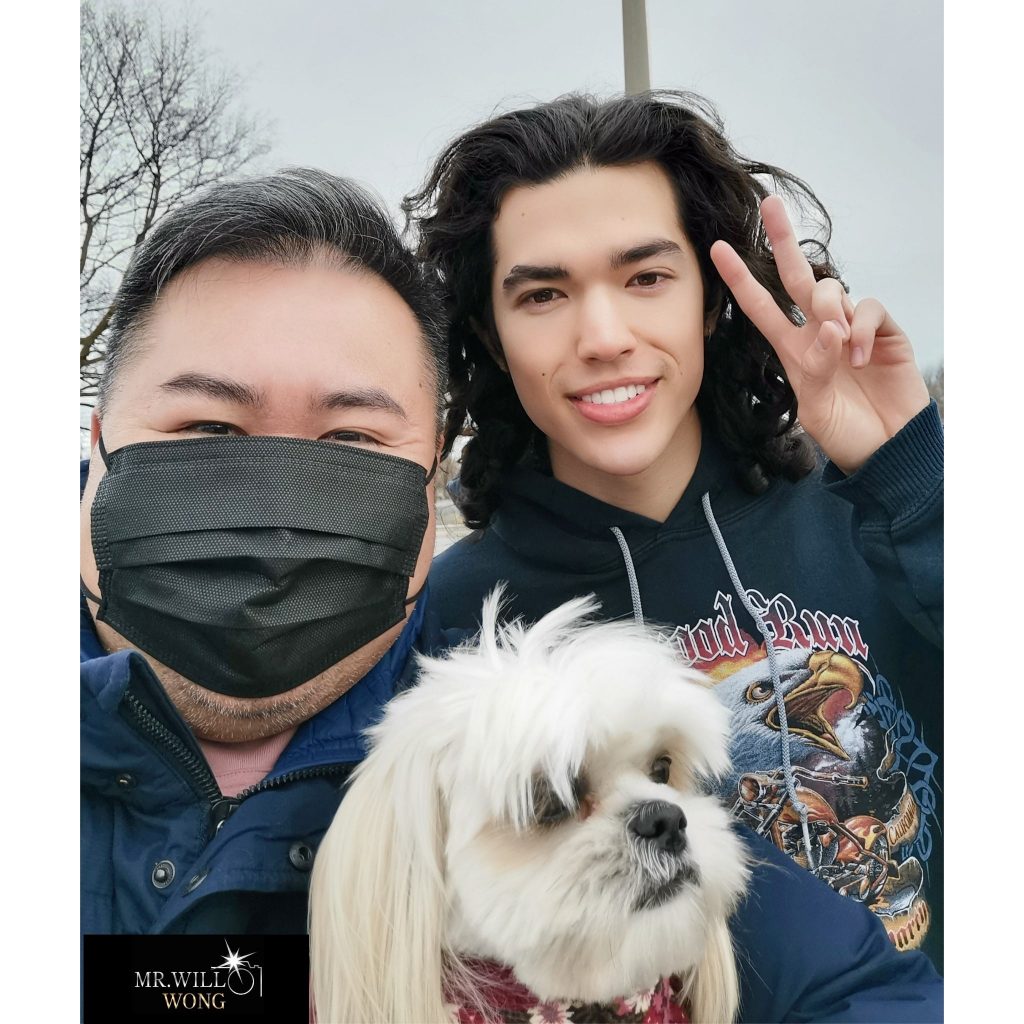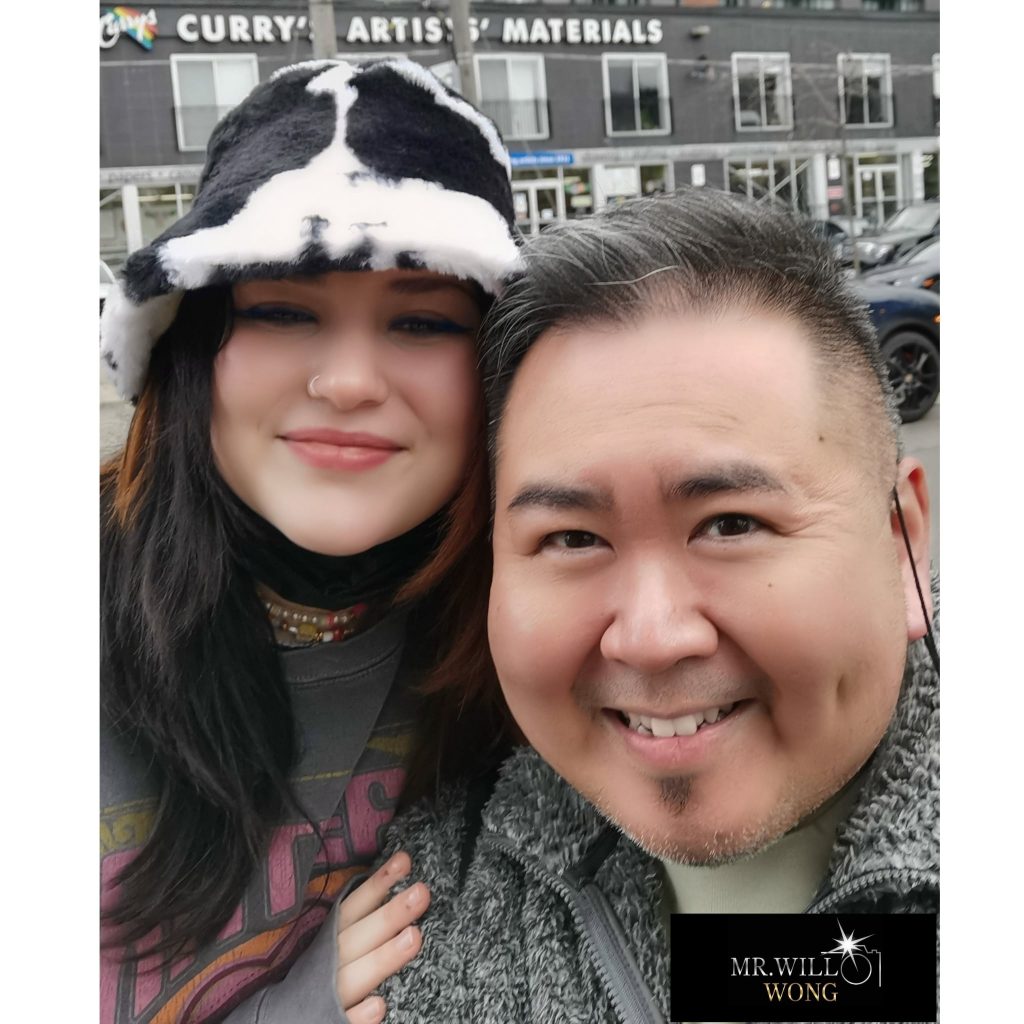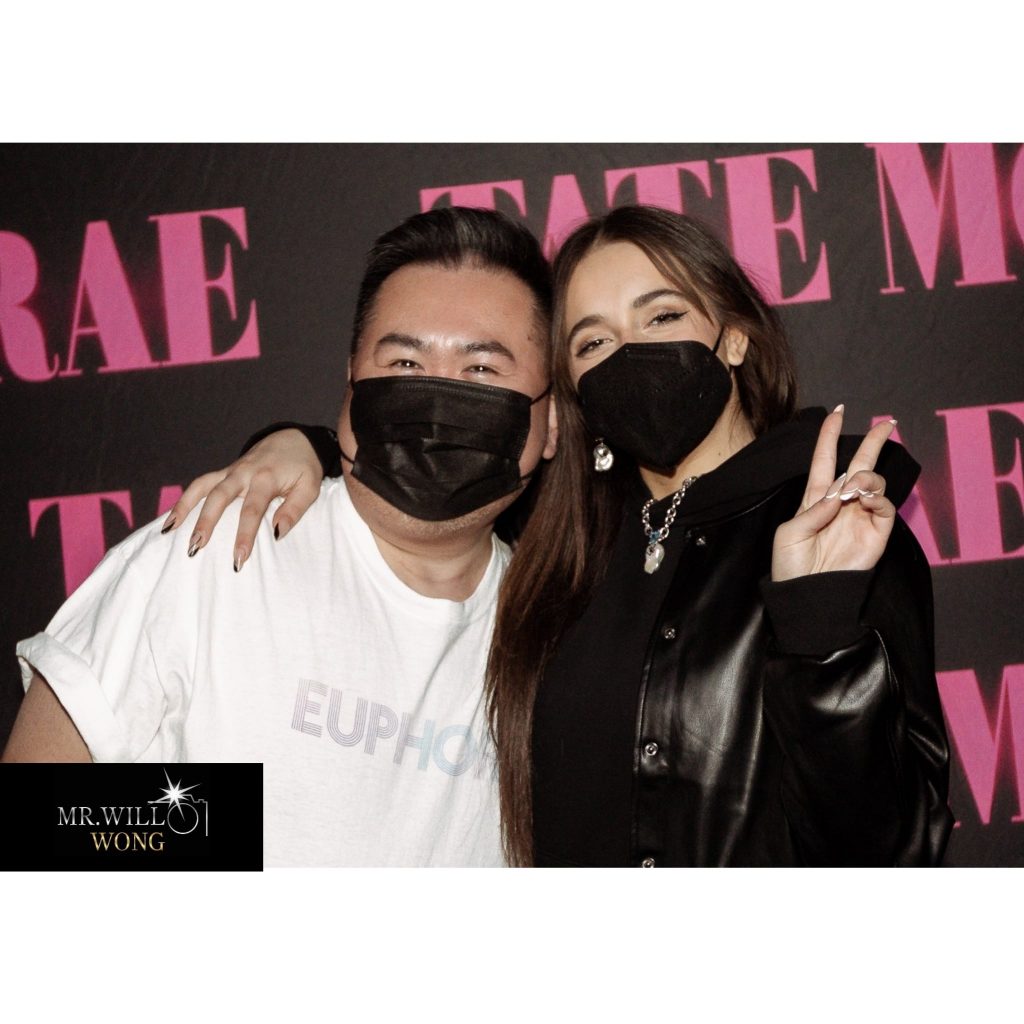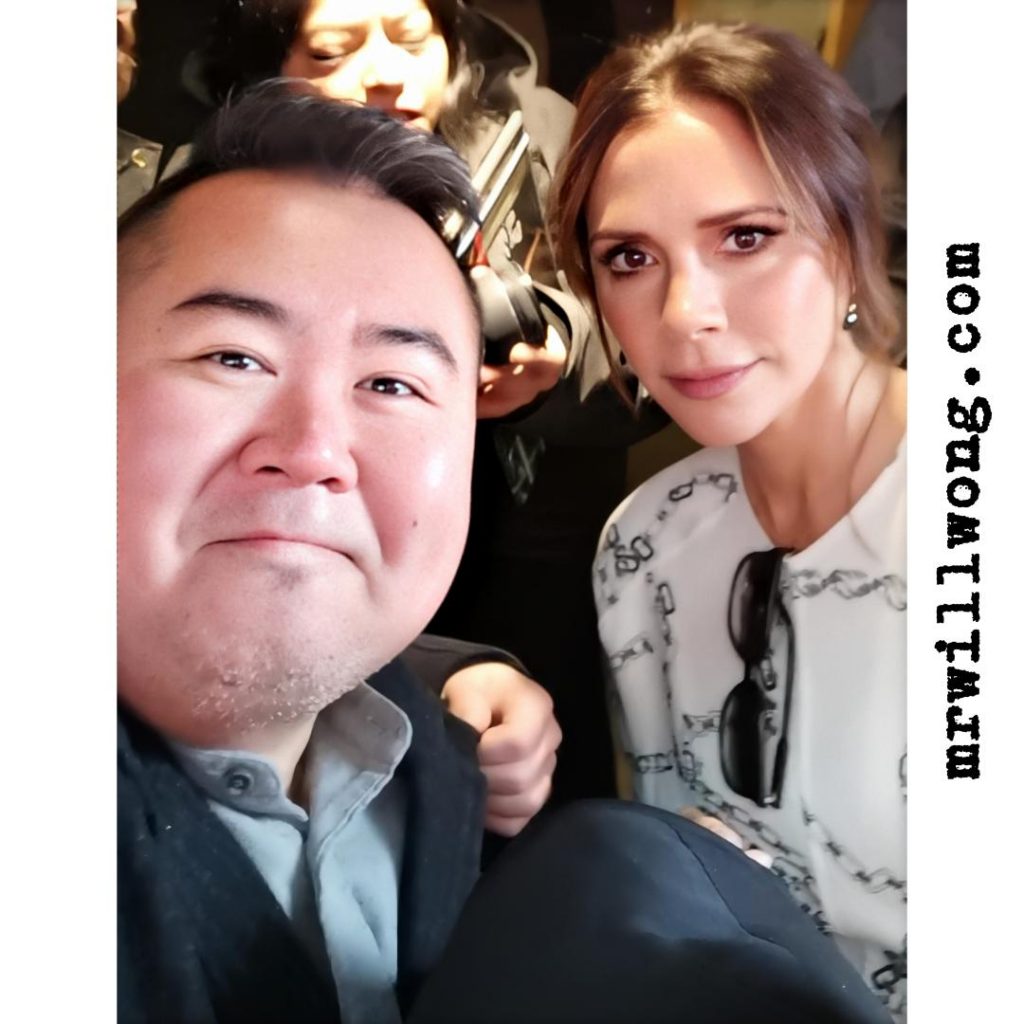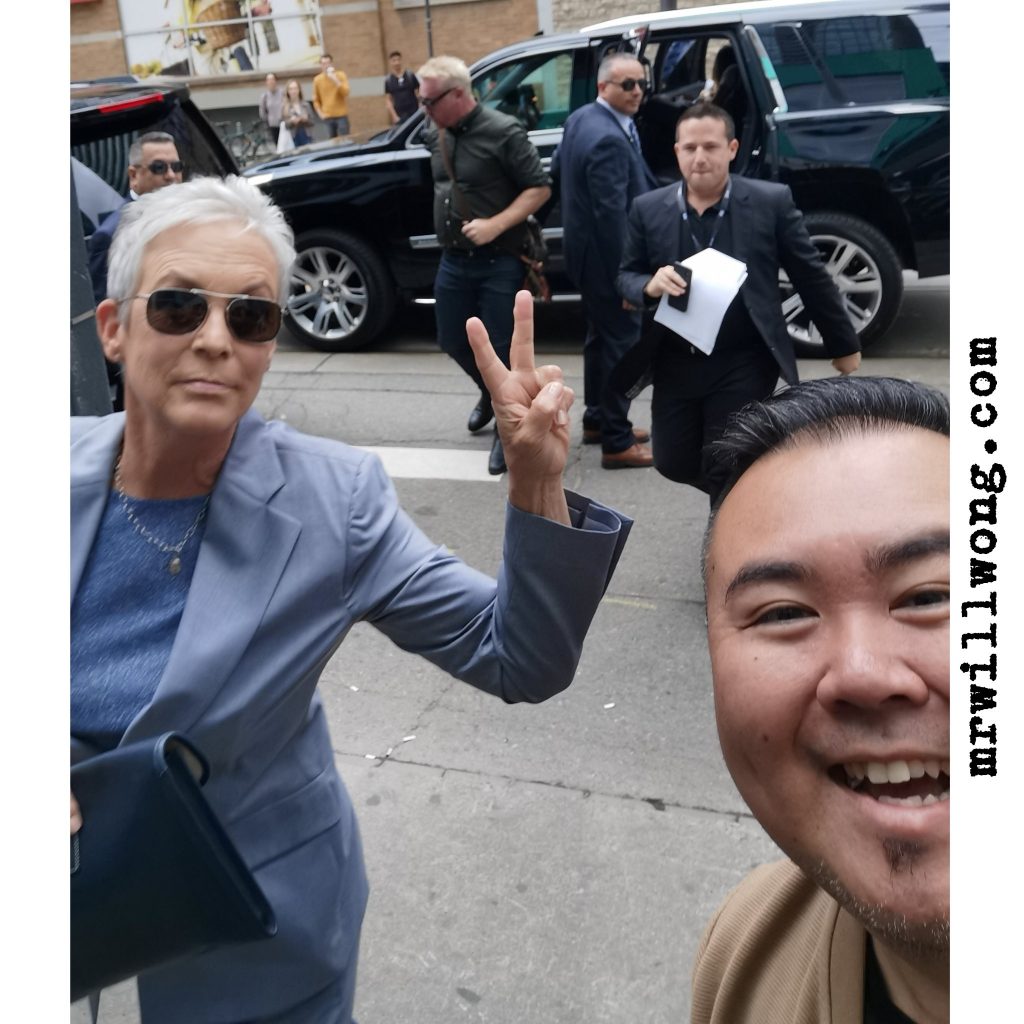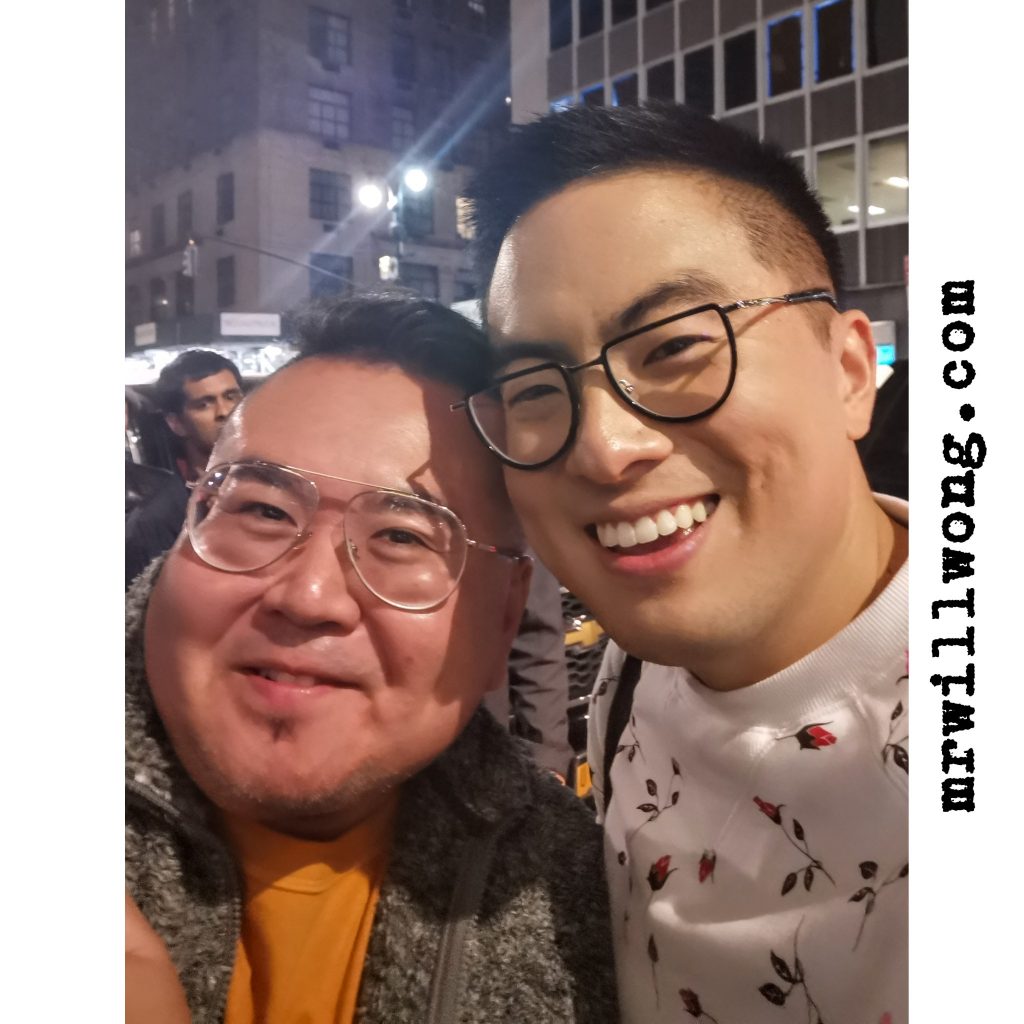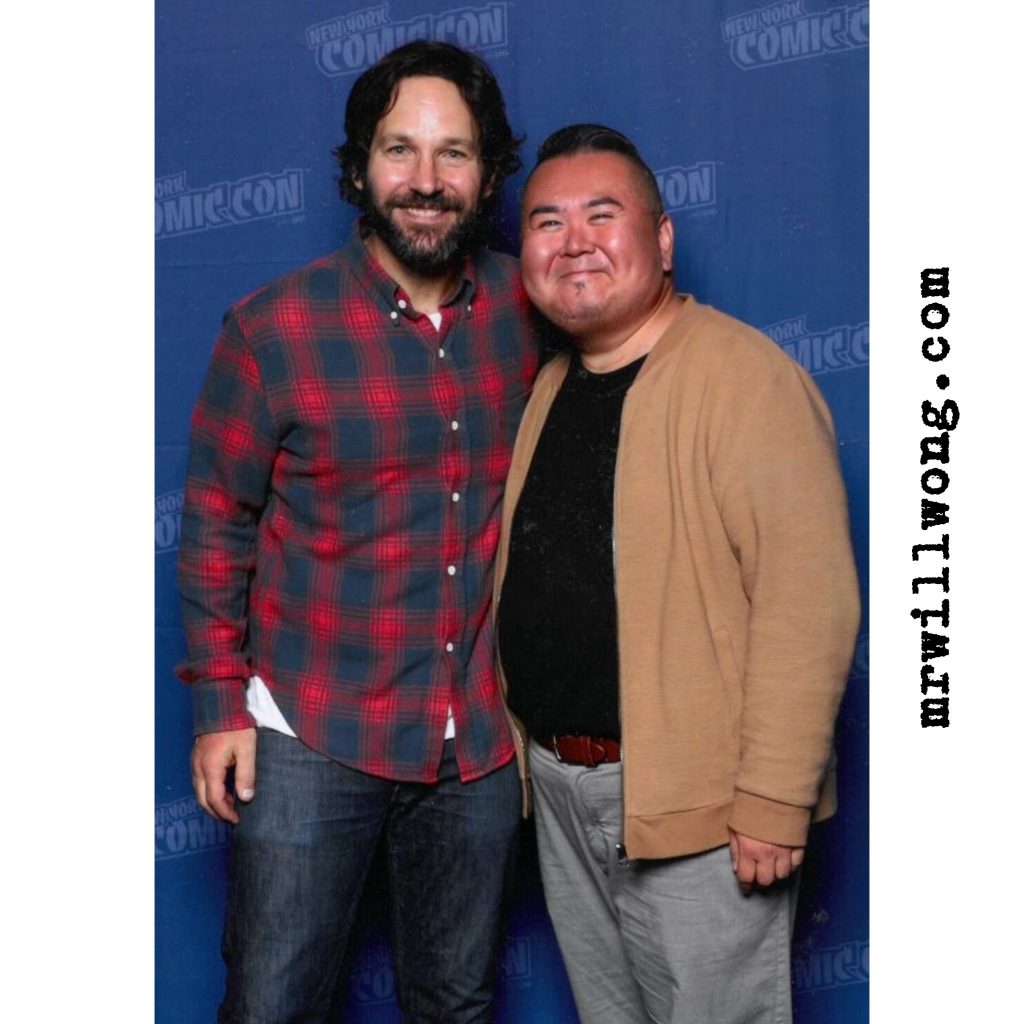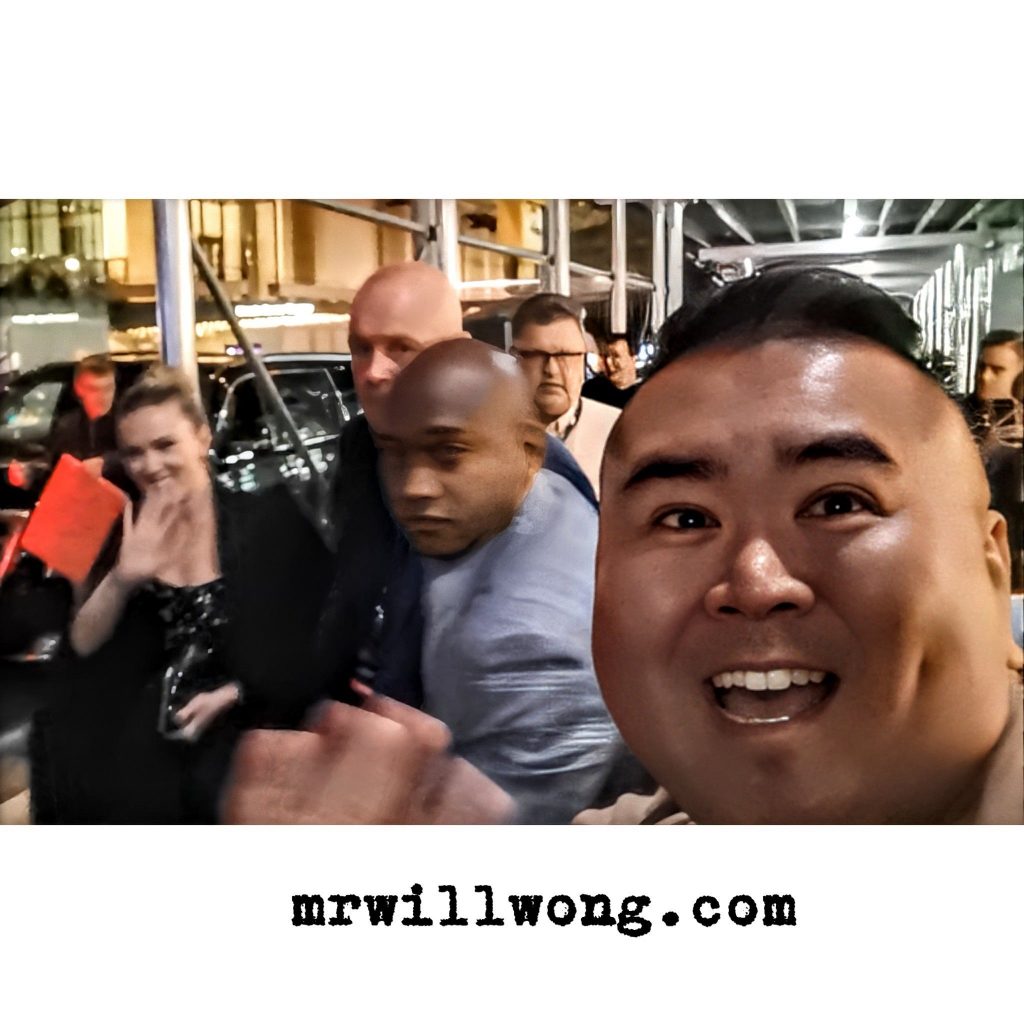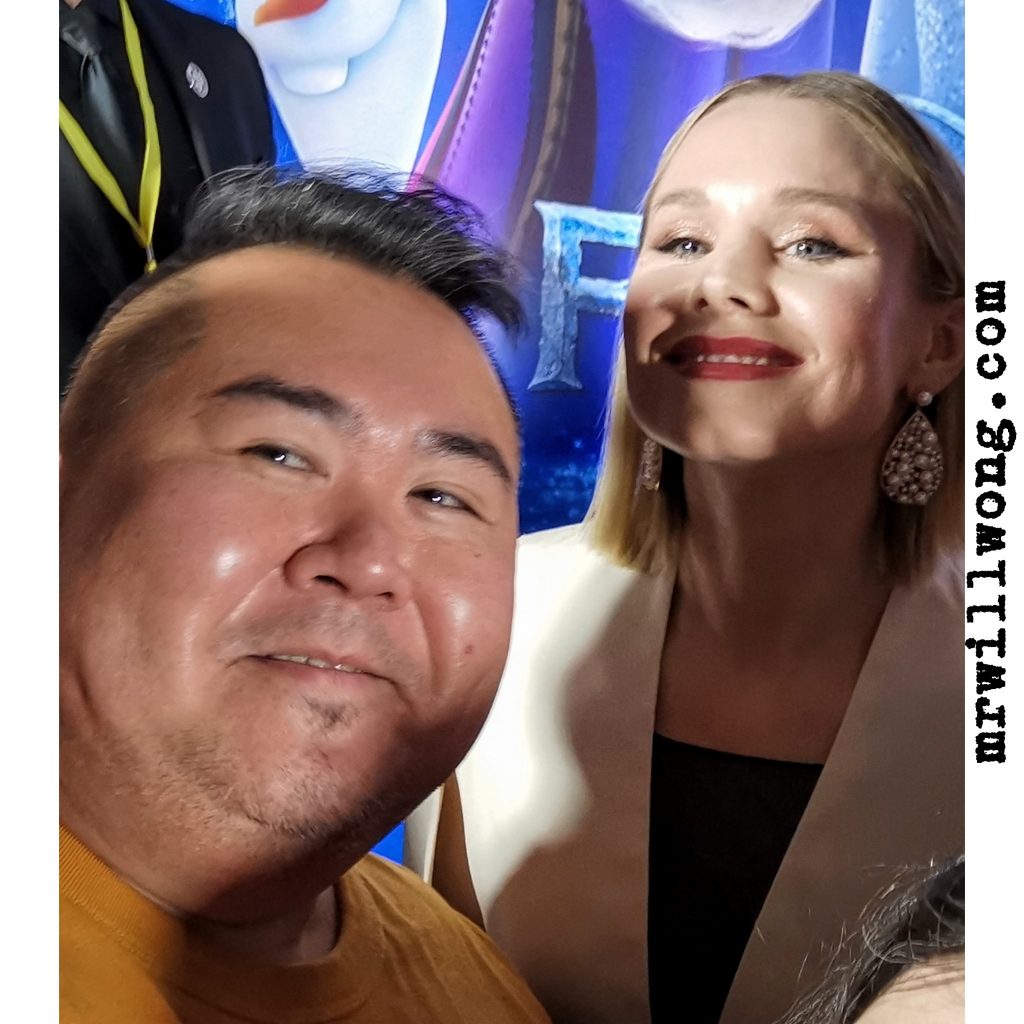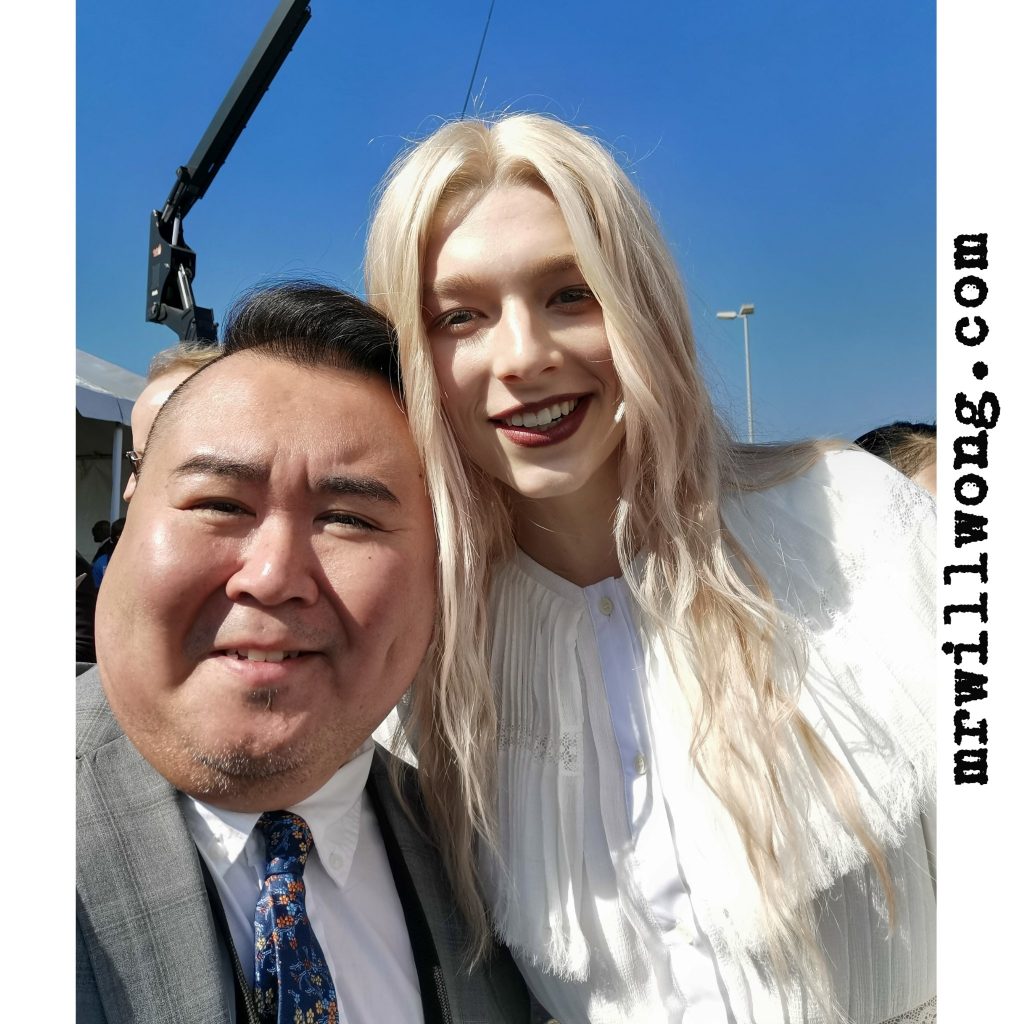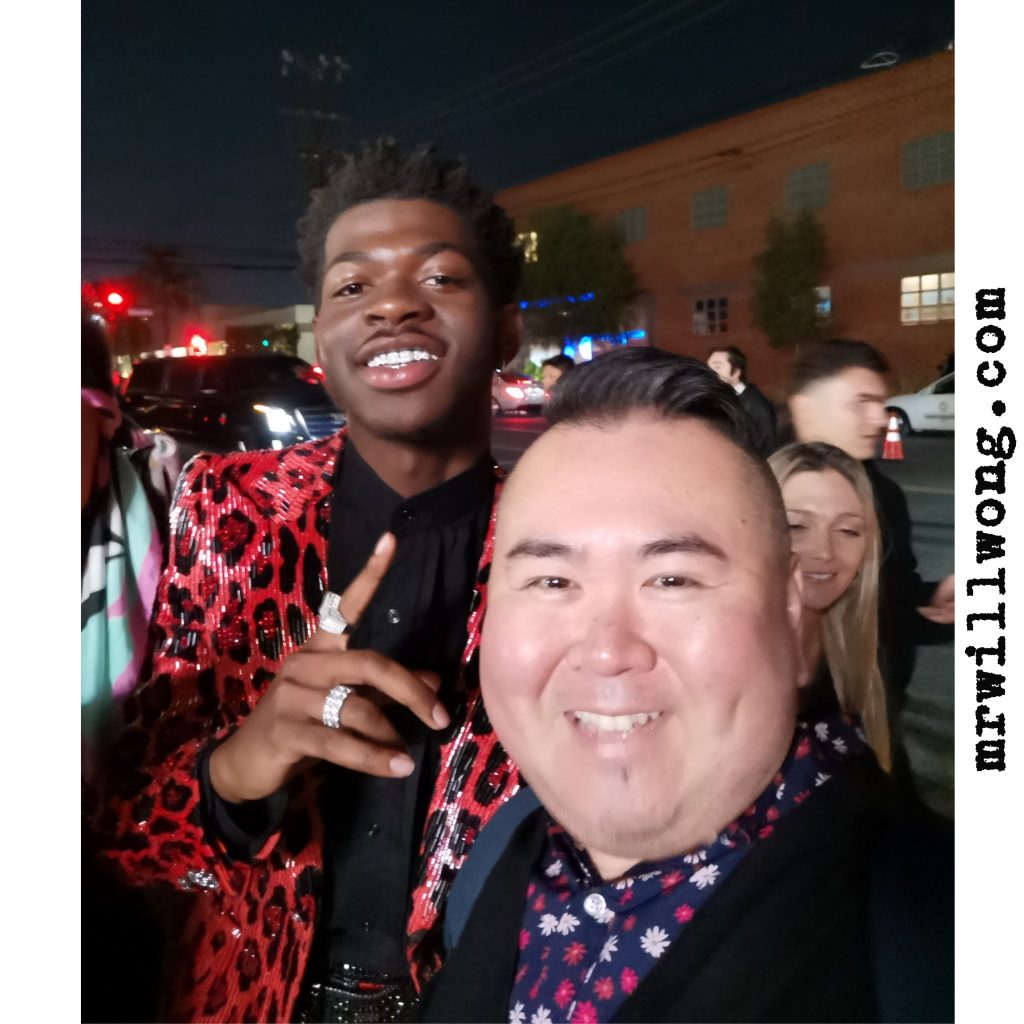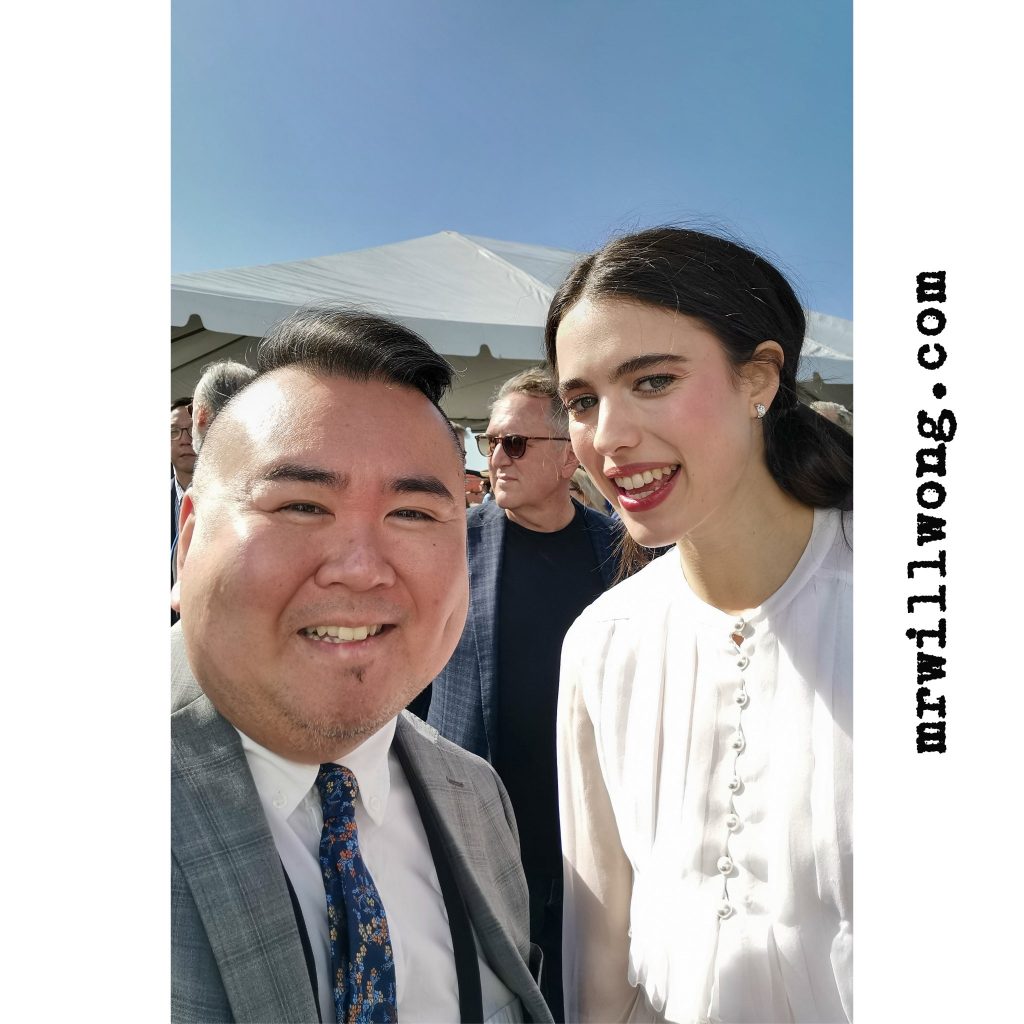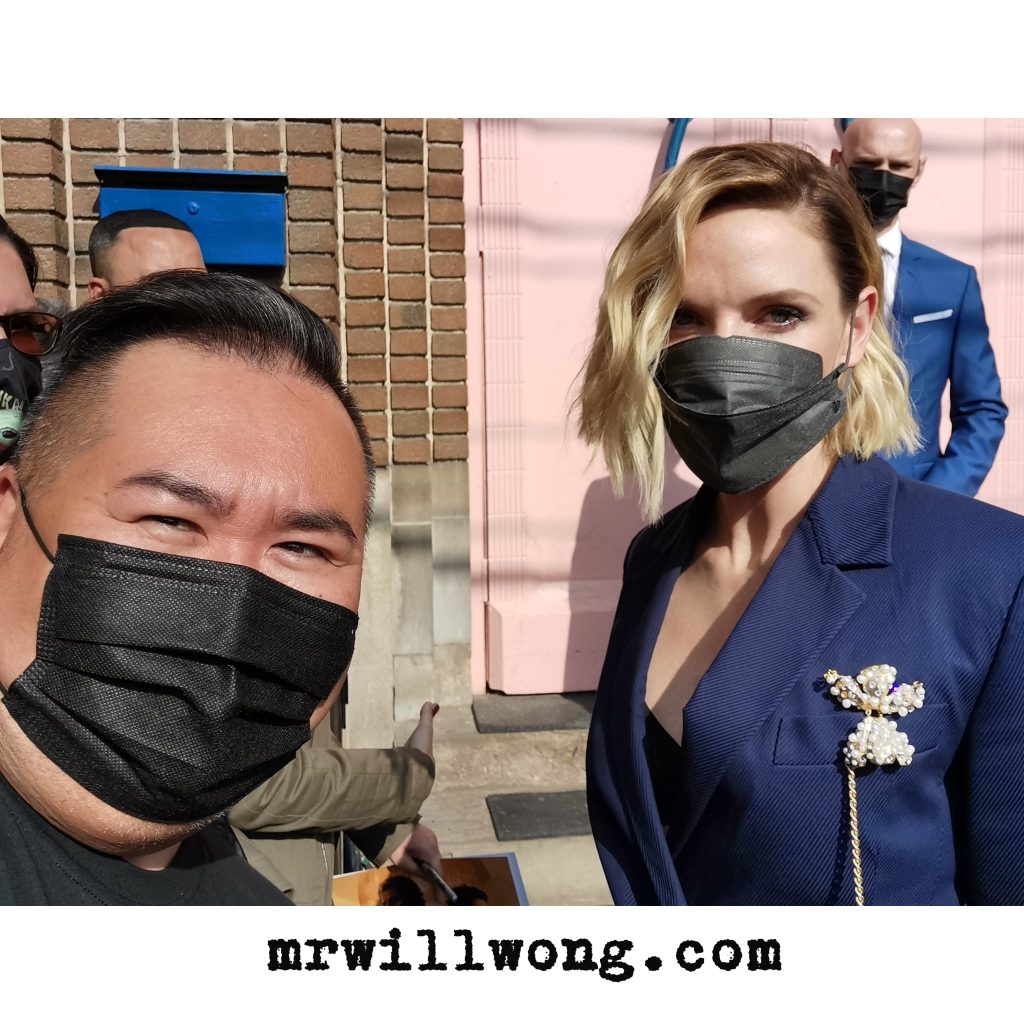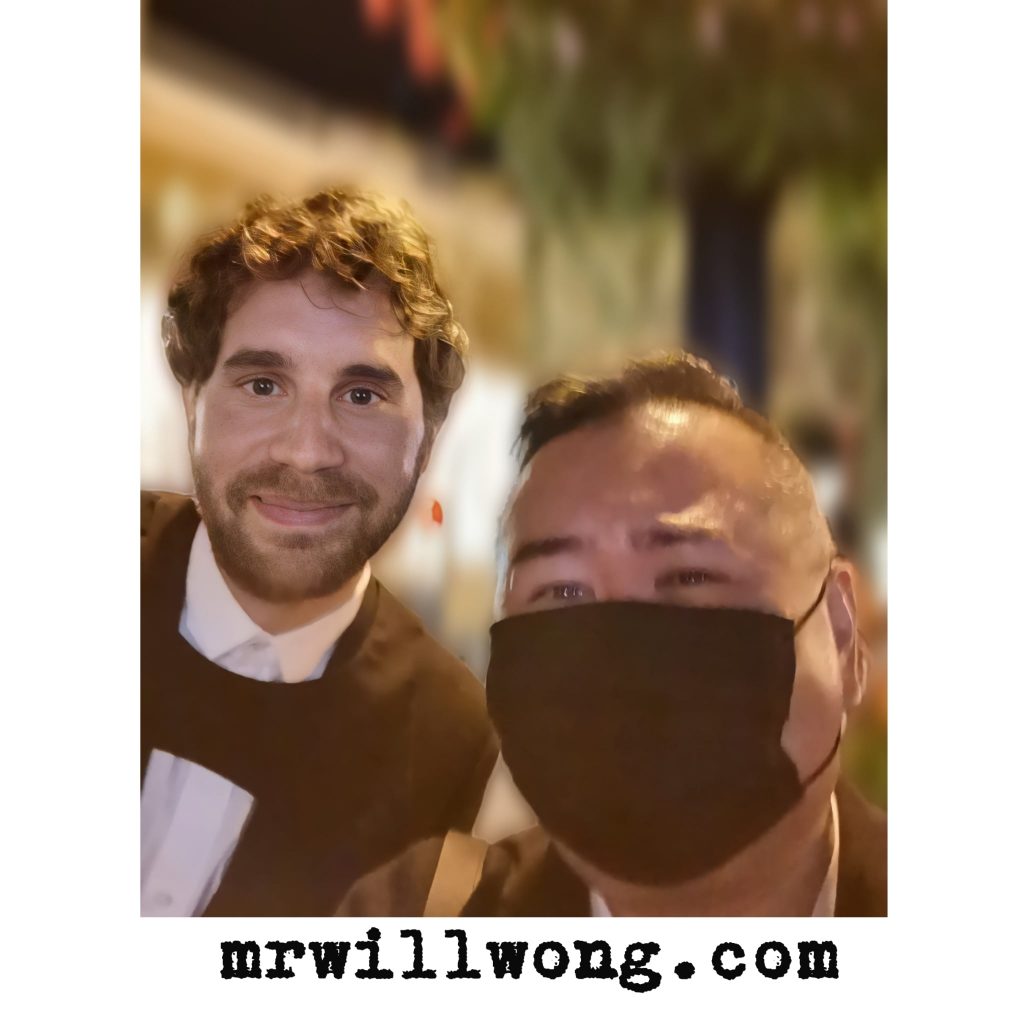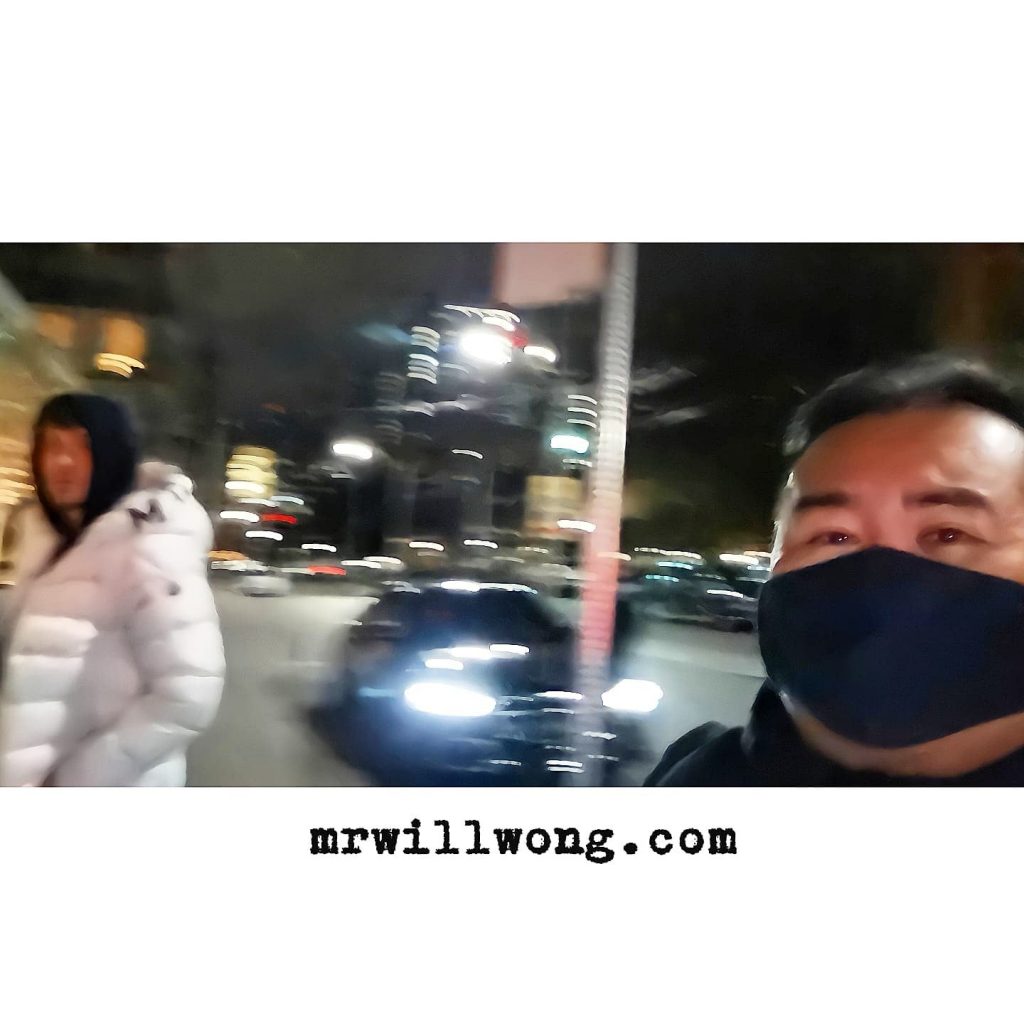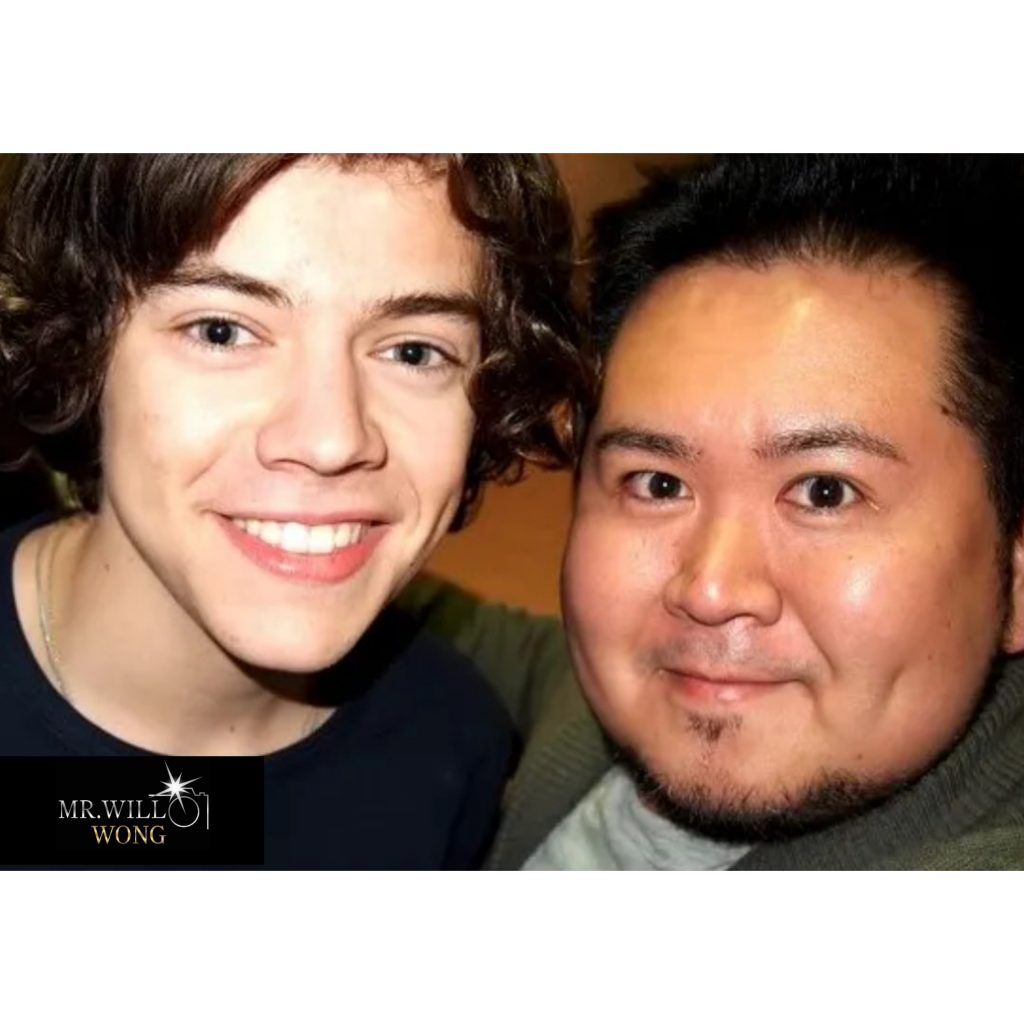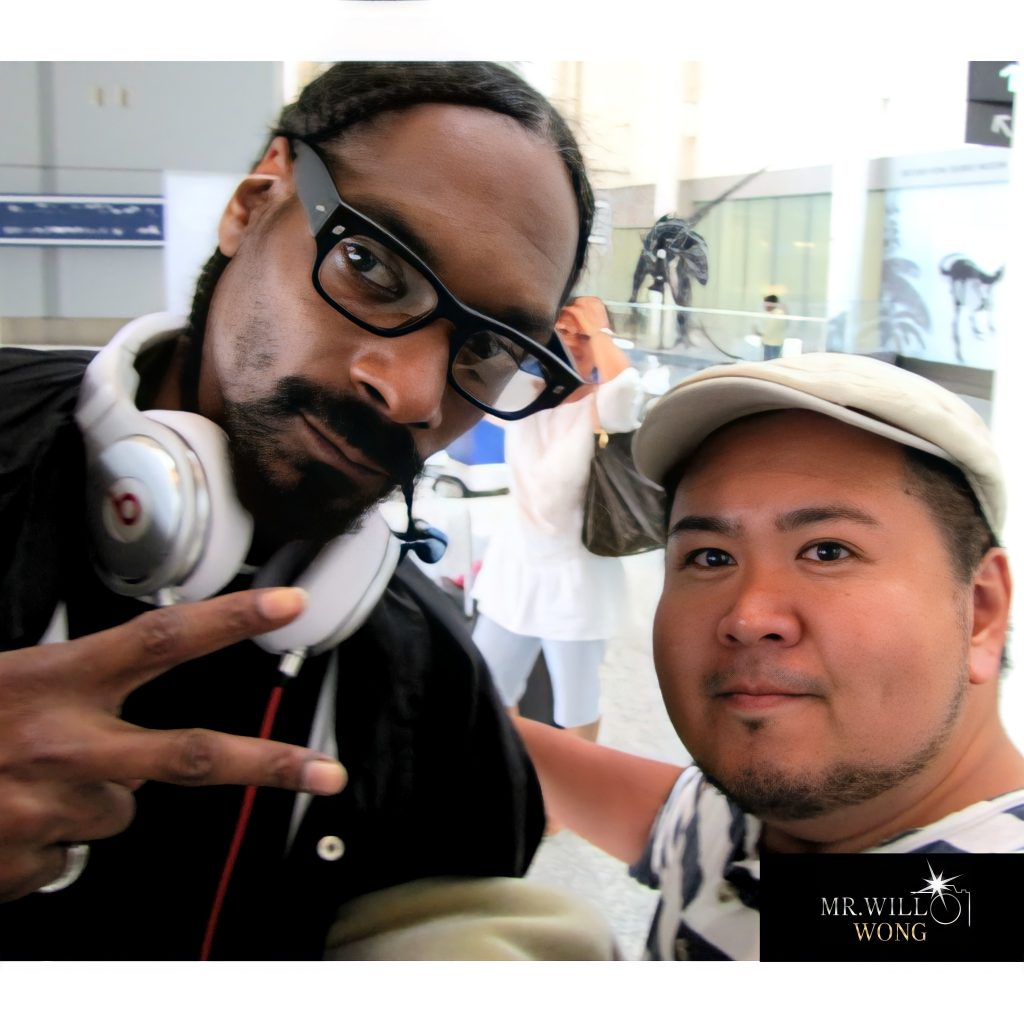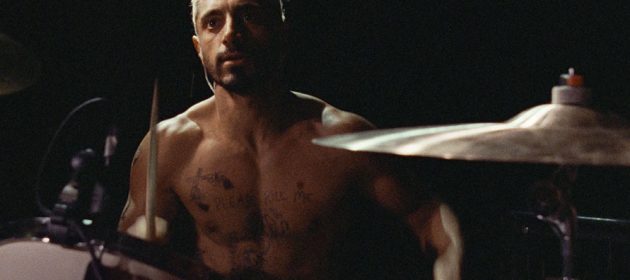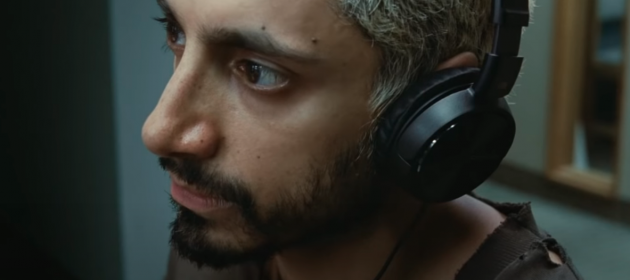The Sound of Metal
INTERVIEW: RIZ AHMED ON “SOUND OF METAL”
By David Baldwin for Mr. Will Wong
It is a sunny Saturday afternoon in September and Day 3 of TIFF. The traffic is loud, planes are flying overhead, people are drinking at the bar and chatting poolside at a rooftop patio in downtown Toronto. I am a bit winded from hustling over after a press screening at the Scotiabank Theatre – thankfully the escalator was working that day. I take a few sips of water, and chat with some out-of-town journalists about our favourite festival films thus far. This happened 14 months ago, but it feels like a lifetime ago.
Shortly afterwards, we are introduced to Riz Ahmed, the Emmy-winning, multi-hyphenate Actor. He shakes all of our hands graciously (remember when that was a thing?), and sits down, ready to discuss his Film, SOUND OF METAL. The Film had its World Premiere at TIFF the evening before and you can tell he is still buzzing from the early reactions it is receiving. In the Film, Ahmed plays Reuben, a heavy metal drummer and former addict whose hearing is deteriorating rapidly. As Reuben is plunged into the world of Deaf Culture, he must re-learn everything he knows and come to terms with the irrevocably-altered future path ahead of him. Ahmed prepared for the role extensively: he played drums for two and half hours per day and practiced sign language for 90 minutes every day for seven months. The result? A visceral, riveting, soul bearing, “life changing” performance unlike anything you will see this or any other year.
Here are a few of the things we learned in our group chat with Ahmed.
What drew you to the character of Reuben?
AHMED: “It was scary, you know? It was just really scary. I was like…this is going to be a fucking challenge man. I don’t know anything about drums. I don’t know anything about being deaf. But actually before I even thought about the preparation and what it would entail, I think what drew me to it was Darius [Marder] as a Director. I think people think of directing as pointing a camera and getting out of the way. It’s not…This is his world. He put so much of himself into the character of Reuben. I’d say the character of Reuben is almost an amalgam of me and Darius in a way. We have a similar kind of front footed energy [where we are] often taking care of people, but we have this fire in us that sometimes can threaten to really destroy us, you know? And [we are] always looking for a way to channel it. So I think that was a big part of it…If someone sets the tone of ‘You’re safe here, there’s no such thing as failure, and I’m going to follow you wherever you go,’ then you’re free. Let’s go. And then wonderful things can happen.”.
What took more time to become comfortable with, drumming or sign language?
AHMED: “I think they were both challenging in different ways. The key to both of them is the same thing, which is letting your body take over. You can’t think your way to expressing yourself through drums and in sign language, you have to let your body take over. But of course, in order to get to that point you have to drill all those pathways into your brain so that you can go into autopilot so your body takes you to the right place. I think what was difficult for both of them for a long time was going to that period of conscious incompetence. That was tough. But overall the process was just so enriching.”.
“You know the deaf community often have this trope about ‘hearing people’. Jeremy [Stone, Ahmed’s sign teacher and a key figure in the New York Deaf Community] told me that ‘hearing people’ are emotionally repressed. That’s what deaf people think of us as ‘hearing people’, and I think they’re right because we hide behind words. I remember the first time I started talking to Jeremy about my character in ASL…I just was so emotional, I almost couldn’t control it and he said ‘Yeah man that’s what it is. Welcome to the Deaf Community where you’re forced to inhabit your body, where you’re forced to listen in a way with your whole body.’”.
What is it like jumping between a movie like SOUND OF METAL and a blockbuster film?
AHMED: “It is different. I think everything is a product of its process right? I think that working on those bigger movies, they often don’t have scripts locked down. So the scripts are constantly evolving and being rewritten as you go. So they have a lot of reshoots. Whereas with these smaller films, you have to decide everything months or even years in advance and make sure it’s all locked down so you can execute it in a way that’s time efficient and budget efficient. And so what that means is you have a different process. In the bigger films, it’s much more thinking on your feet. The scene or the story is changed that morning and you’re not enemies [anymore], you’re brothers now. Let’s try it that way. So there’s an element of almost improvisational spontaneity that you have to bring to that process and a kind of lightness and flow so you’re able to pivot and adapt and cover a lot of different ground and options. Whereas I think on these more independent films, you make your choice. You’re not going to cover all this ground. And then because of that you spend all your energy going a little deeper.”.
Is there a pattern or process you take for choosing your roles?
AHMED: “They say restrictions force innovation and I think part of why I’ve been lucky in being able to take on some interesting and varied roles is because of the obstacles faced by a person of colour or someone of my background, someone of my class. All of those things. Which meant that you [have to] adapt to be more adaptive…[It’s] forced me to be more of a chameleon and I think growing up actually did that to me as well, being forced to inhabit different versions of myself: working class Pakistani, educated at Oxford, skipping class to hang out with my friends in the kind of Asian world and in the streets. When you’re told you don’t belong somewhere, you’re forced to become a chameleon. That happened to me socially growing up and I think that’s happened to me similarly as an actor.”
“And after you’ve done that for awhile…[where] you realize you’re a good contortionist and you have a flexible spine, you start wondering ‘Well, can I actually stand up straight? Will the world make room for me if I just stand up tall?’ And I think that, you know I’m thirty-six now, maybe I’m just coming to a different point in my life where I’m experimenting with just standing up straight and not wearing the masks that may have been required of me as a character actor at different times. I don’t know if there’s a pattern but I’m certainly excited about actually bringing more of myself to my work. You know the thing that doesn’t exist in culture and in art is a Cameron Bailey [TIFF’s Artistic Director]. Is there a Cameron Bailey character you can think of in film and TV? Or a time you see a character like me, or a Dev Patel? And I realized that perhaps the way for me to stretch culture going forward, which is and always has been my guiding mission…perhaps the way to do that isn’t to bend and contort and stretch myself into the different spaces allocated for me. But it’s actually for me to be my full self. So I think maybe what’s in SOUND OF METAL is a real decision to go and just…get naked. Let’s start off with something intellectual and end up with nudity. That’s really the arc of my career, haha.”.

We also were given time for a group chat with the Film’s Co-Writer/Director Darius Marder and Actress Olivia Cooke, who plays Lou, Ahmed’s girlfriend and bandmate.
How difficult was the shooting and editing of the Film?
MARDER: “It’s such a fine line of what can we tolerate. What is watchable versus too uncomfortable but not too comfortable. So much trial and error. The Sound Design on this thing is massive. I was working with this Mixer who had done huge movies and there’s as many tracks as there would be on a Batman movie. It’s huge and it’s a really intense process to create that kind of language, but really fun too. I mean we beat the shit out of each other throughout the process just kind of like “No, that’s not it” or you know, [we’d be] pushing the boundaries and constantly questioning how you feel within because deafness is all low-frequency. You can’t hear any high frequency, but that limits your scope so much.”.
“So it’s just a question of how do we feel the depth of that sound without ruining the language because if you ruin it, you’re not in [Reuben’s] head anymore. So we [did] all sorts of things. We had mics down throats, we miked the inside of skulls and created this muffled landscape through various layers that you felt within and you could get sucked into that experience. That for me is really exciting, but only as exciting as the story is good. I think that’s always the thing. It’s not enough that you have a sound experience in the movie, it has to serve a larger objective.”.
How different is this role versus other films you’ve worked on?
COOKE: “It feels like a bit of a departure…It’s funny because I’m at that age now where I’m not really playing teenagers anymore. This felt like my first proper adult role, with all the complexities that come with having your first adult relationship. It doesn’t feel as frivolous or recyclable as other relationships when you’re younger. There’s a genuine commitment for each other and I think with taking on those things, you’re trying to do it justice and also trying to be sensitive to addiction and self-harm. [That] was something that really elevated it for Riz and I, and we create this vulnerability and this open valve that I don’t think I’ve been able to do before.”.
What are your hopes for the Film?
MARDER: “Well I think it would be a crime against humanity if Riz isn’t nominated for that role. You tell me any one role that exceeds the commitment and dedication and pure talent. I would love for him to be honoured in that way. I would love to see the Film seen as much as humanly possible. I would like to have it seen in theatres. It’s a film that should be seen cinematically and it’s shot on 35. It’s a movie, and that’s a big wish in this day and age…So I think it’s worthy of that and then some.”
Pacific Northwest Pictures release SOUND OF METAL in select theatres Friday, November 20, 2020.
The Film’s release pattern is as follows:
ONTARIO
Toronto, ON – Digital TIFF Bell Lightbox (digital.tiff.net)
Kingston, ON – The Screening Room
Windsor, ON – SilverCity Windsor Cinemas
Windsor, ON – Lakeshore Cinemas
Sudbury, ON – Imagine Cinemas Downtown Movie Lounge
London, ON – Imagine Cinemas Citi Plaza
ALBERTA
Edmonton, AB – Metro Cinemas
Calgary, AB – Cineplex Odeon Eau Claire
BRITISH COLUMBIA
Vancouver, BC – International Village
Chilliwack, BC – Cottonwood 4 Cinemas
Whistler, BC – Village 8 Cinemas
Nelson, BC – Nelson Civic Theatre
Williams Lake, BC – Paradise Cinemas
Victoria, BC – Capitol 6 Theatres
Kelowna, BC – Landmark Cinemas Grand 10 Kelowna
SASKATCHEWAN
Saskatoon, SK – Roxy Theatre
Regina, SK – Rainbow Cinema Golden Mile
NOVA SCOTIA
Halifax, NS – Cineplex Cinemas Park Lane
NEW BRUNSWICK
Bathurst, NB – Apollo Cinemas
November 27, 2020
Ottawa, ON – Bytowne Cinema
December 5th:
Vancouver, BC – Rio Theatre
Available On Demand and Digital across Canada on Friday December 4th, 2020.
Please ensure you exercise caution in observing COVID-19 protocols if seeing this in-theatre.
#FIRSTLOOK: NEW TRAILER FOR “THE SOUND OF METAL”
After premiering to raves at TIFF ’19, it’s been a good minute since we’ve heard about this one! THE SOUND OF METAL starring Riz Ahmed and centering on a deaf Drummer, is nearing a release finally!
See the Trailer:
THE SOUND OF METAL arrives on Digital via Pacific Northwest Pictures December 4, 2020 and also will get a limited theatrical run starting November 20, 2020.
(Photo/video credit: Pacific Northwest Pictures)
For advertising opportunites please contact mrwill@mrwillwong.com


